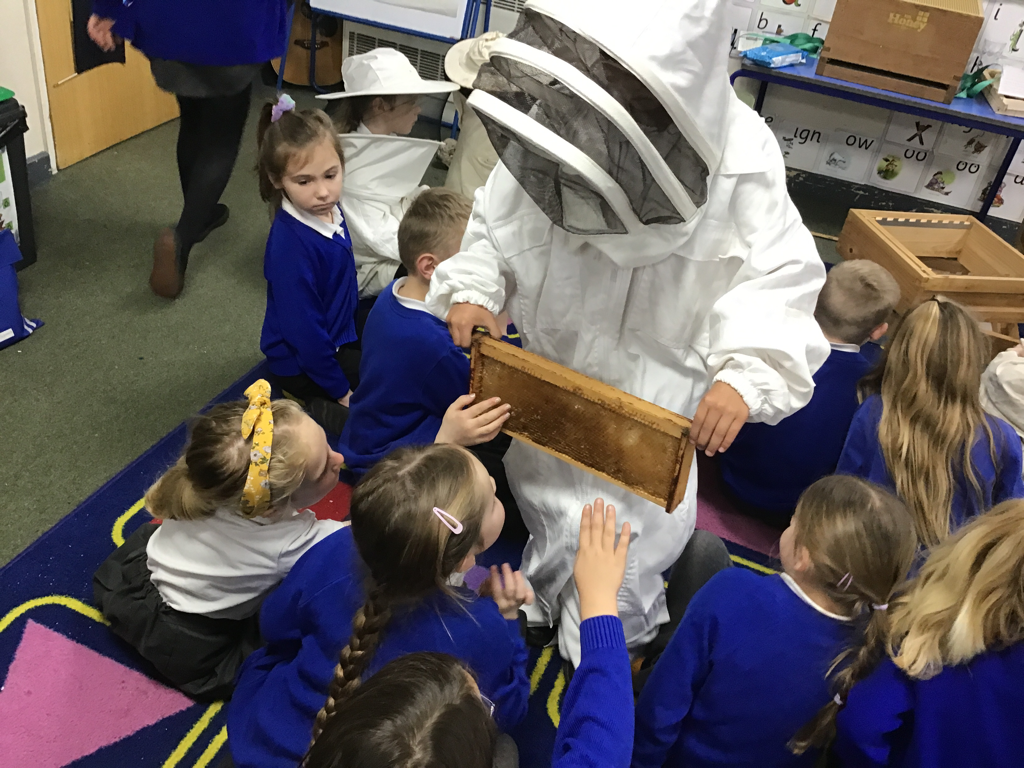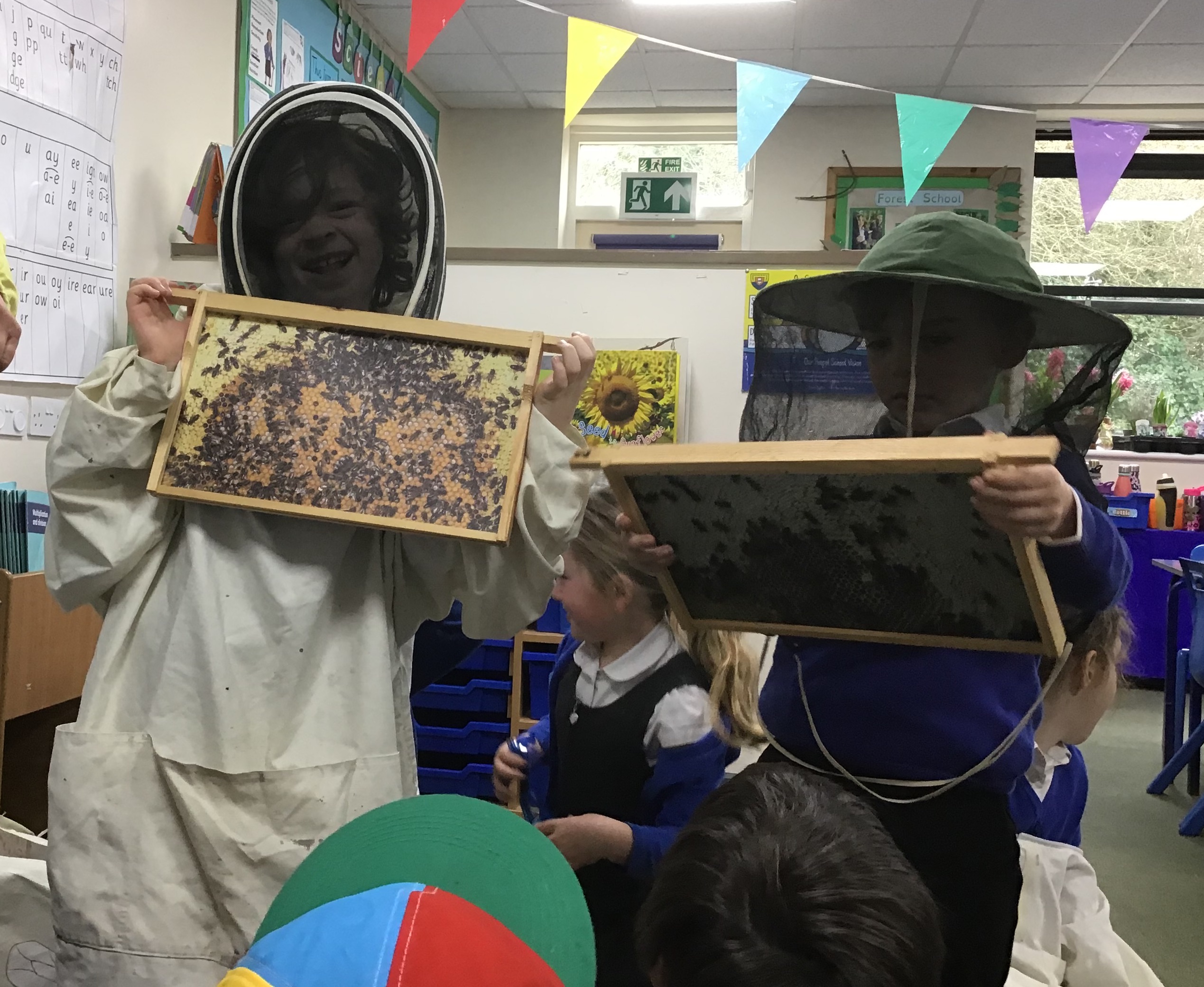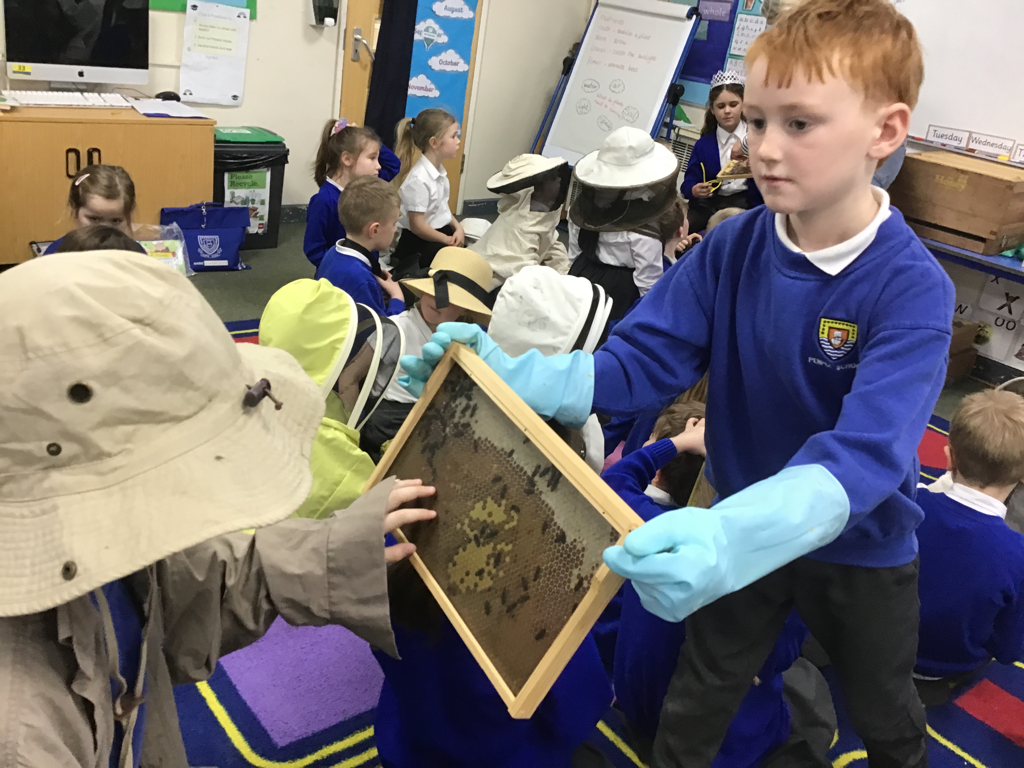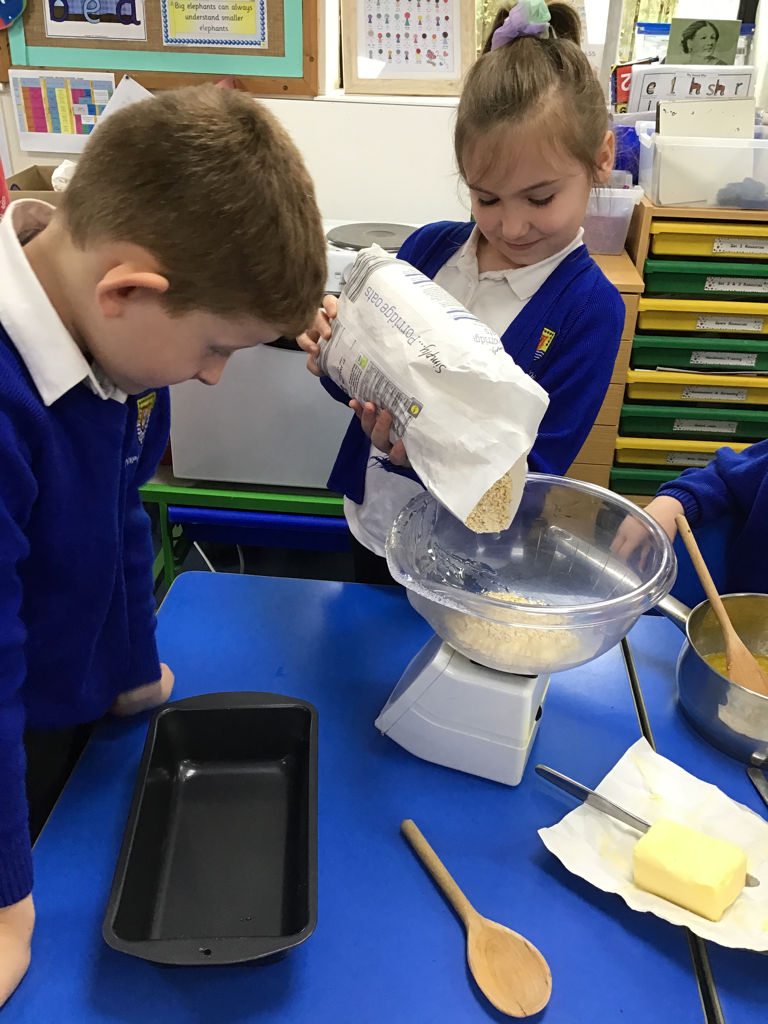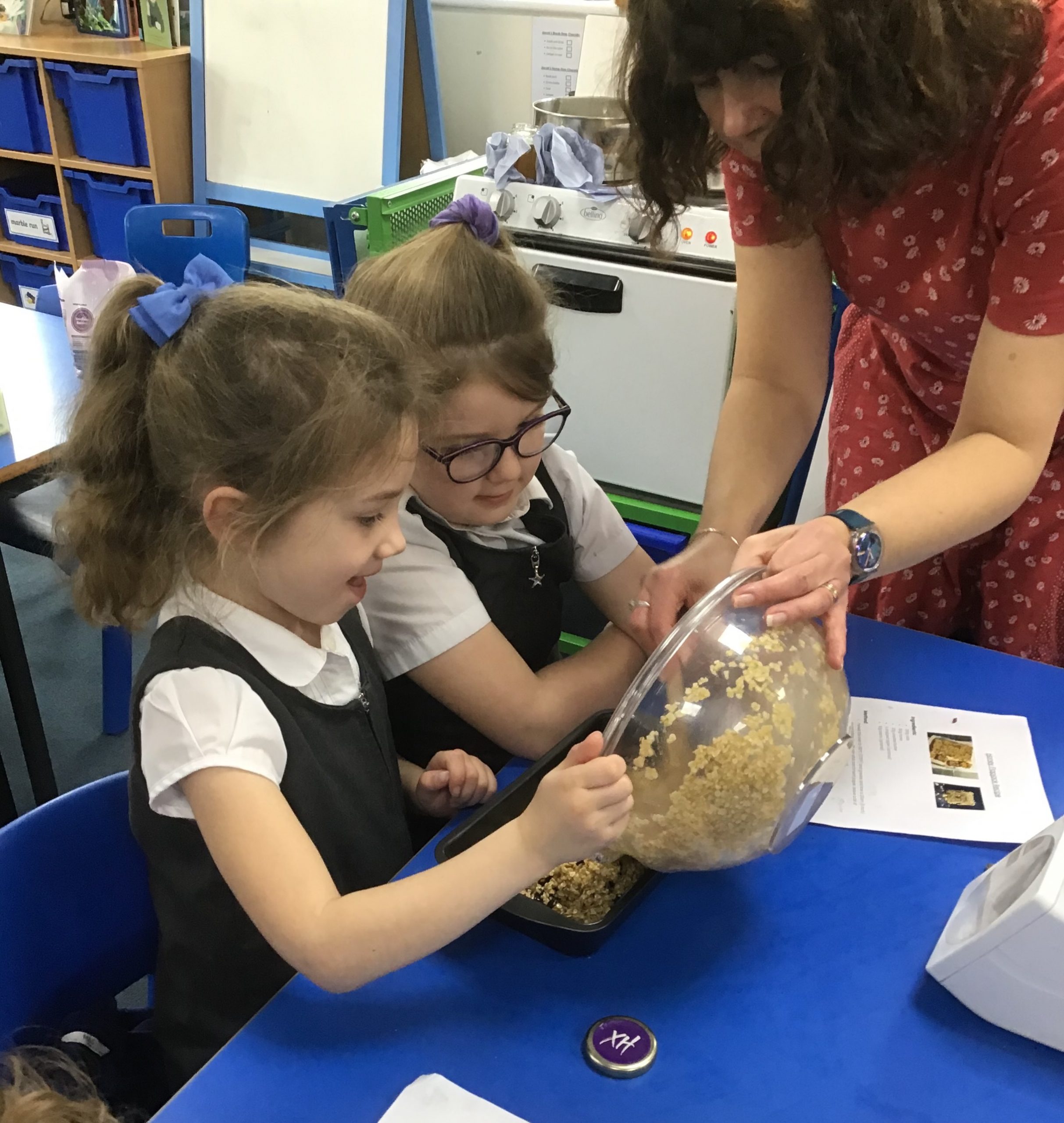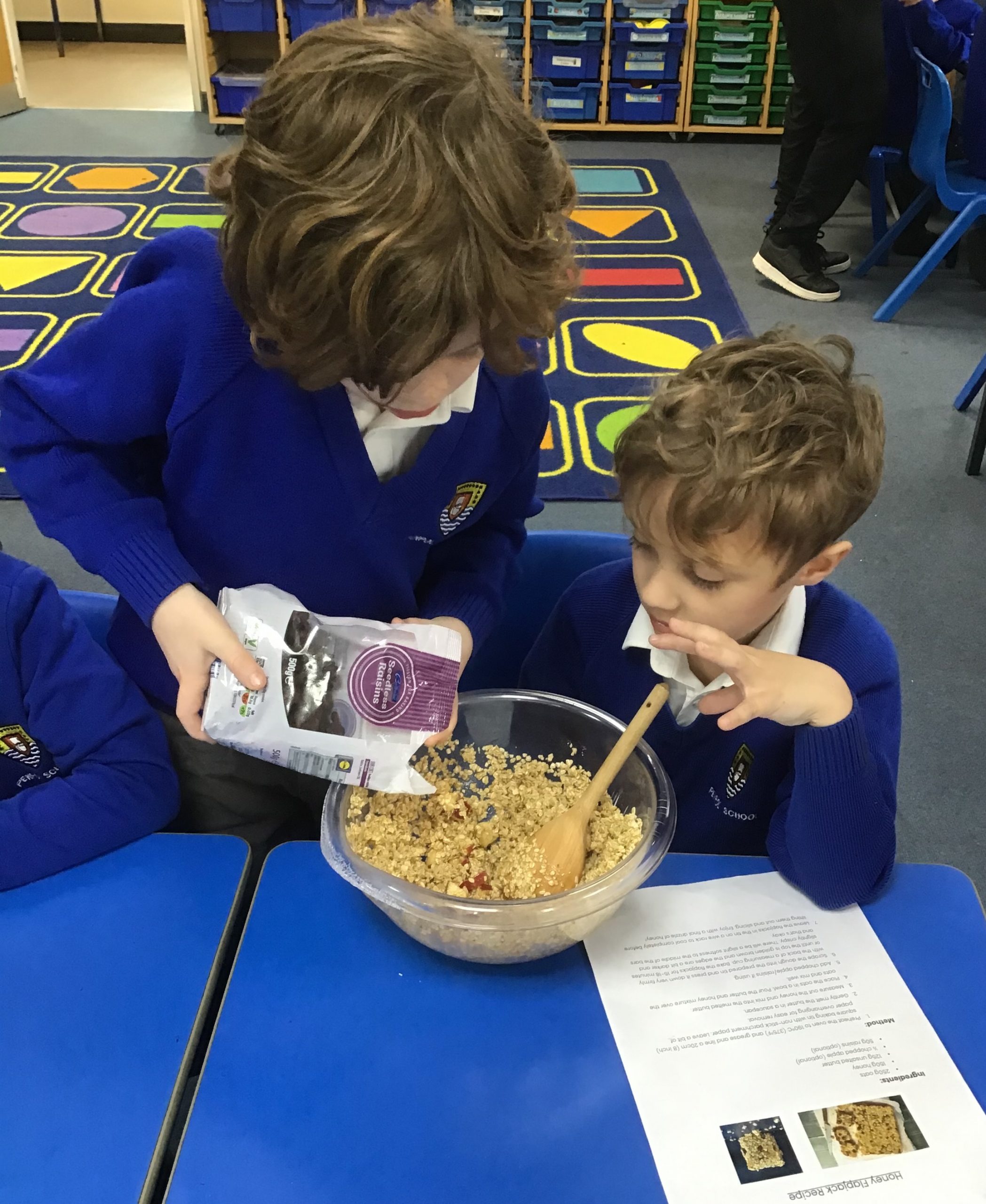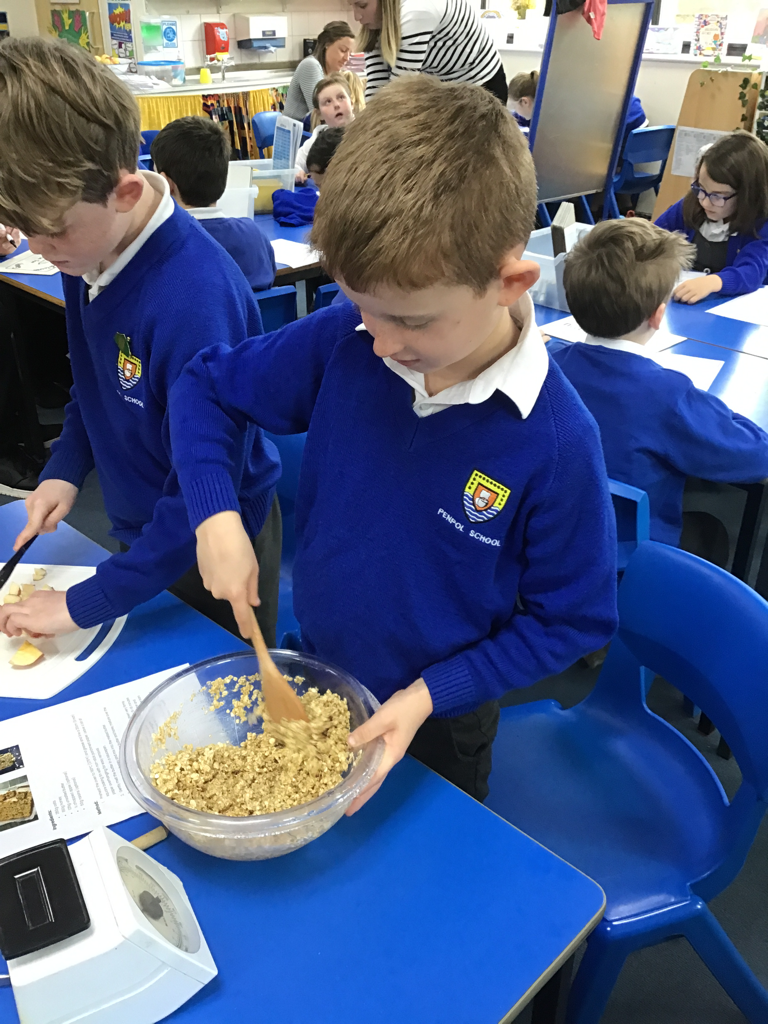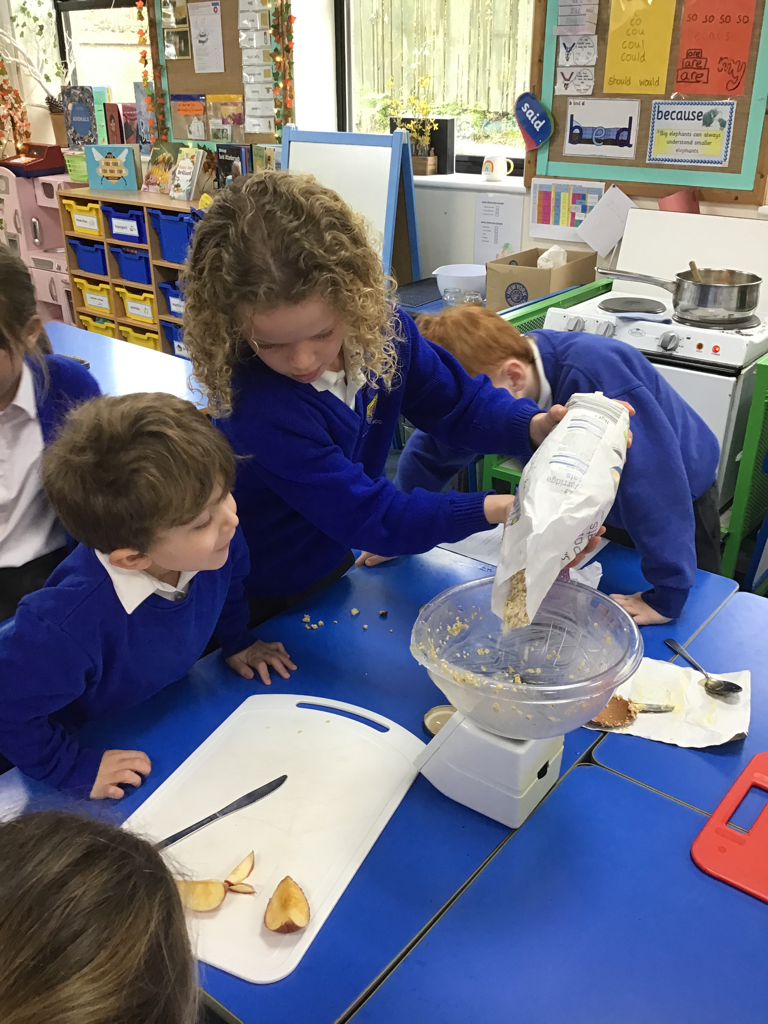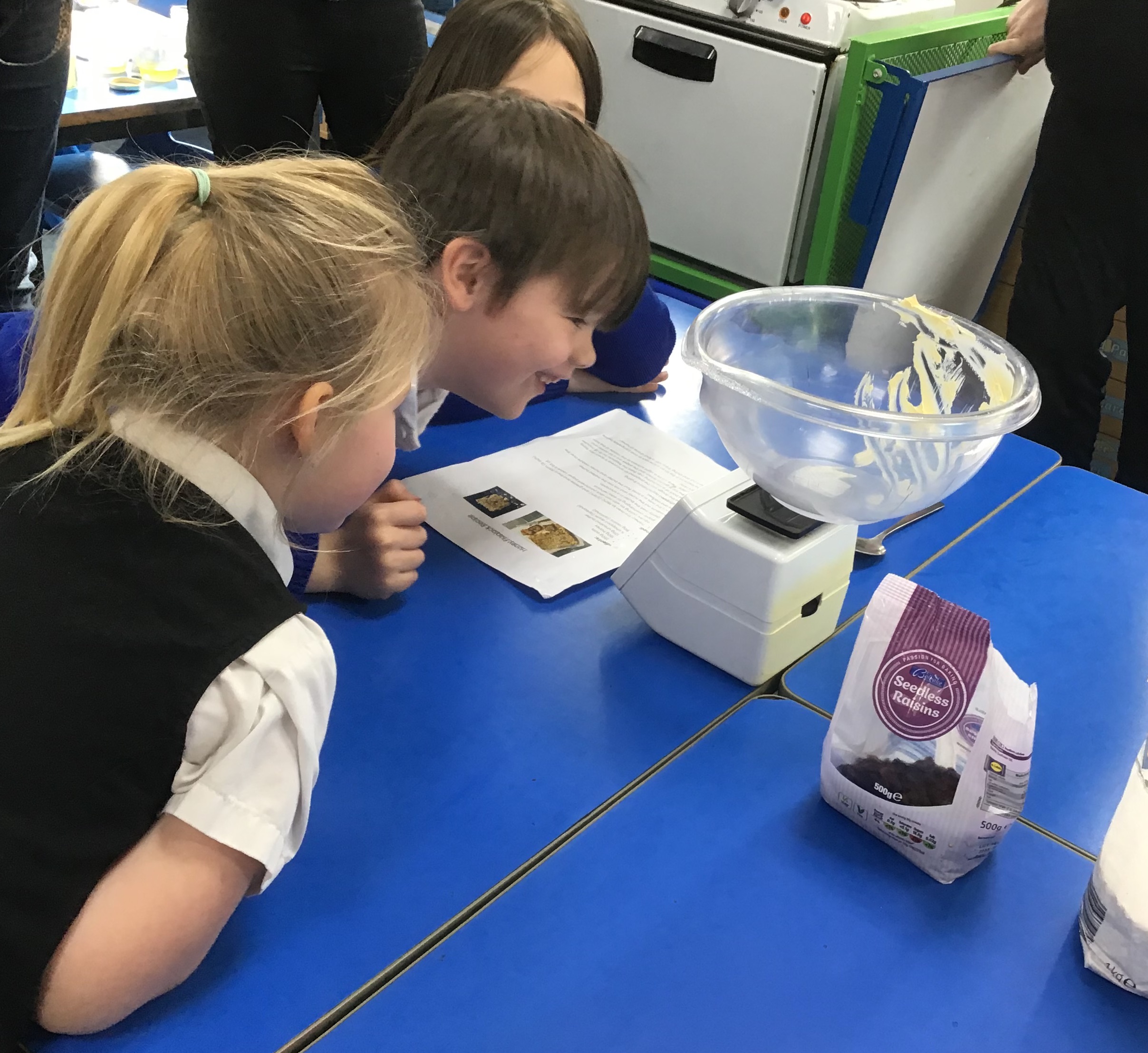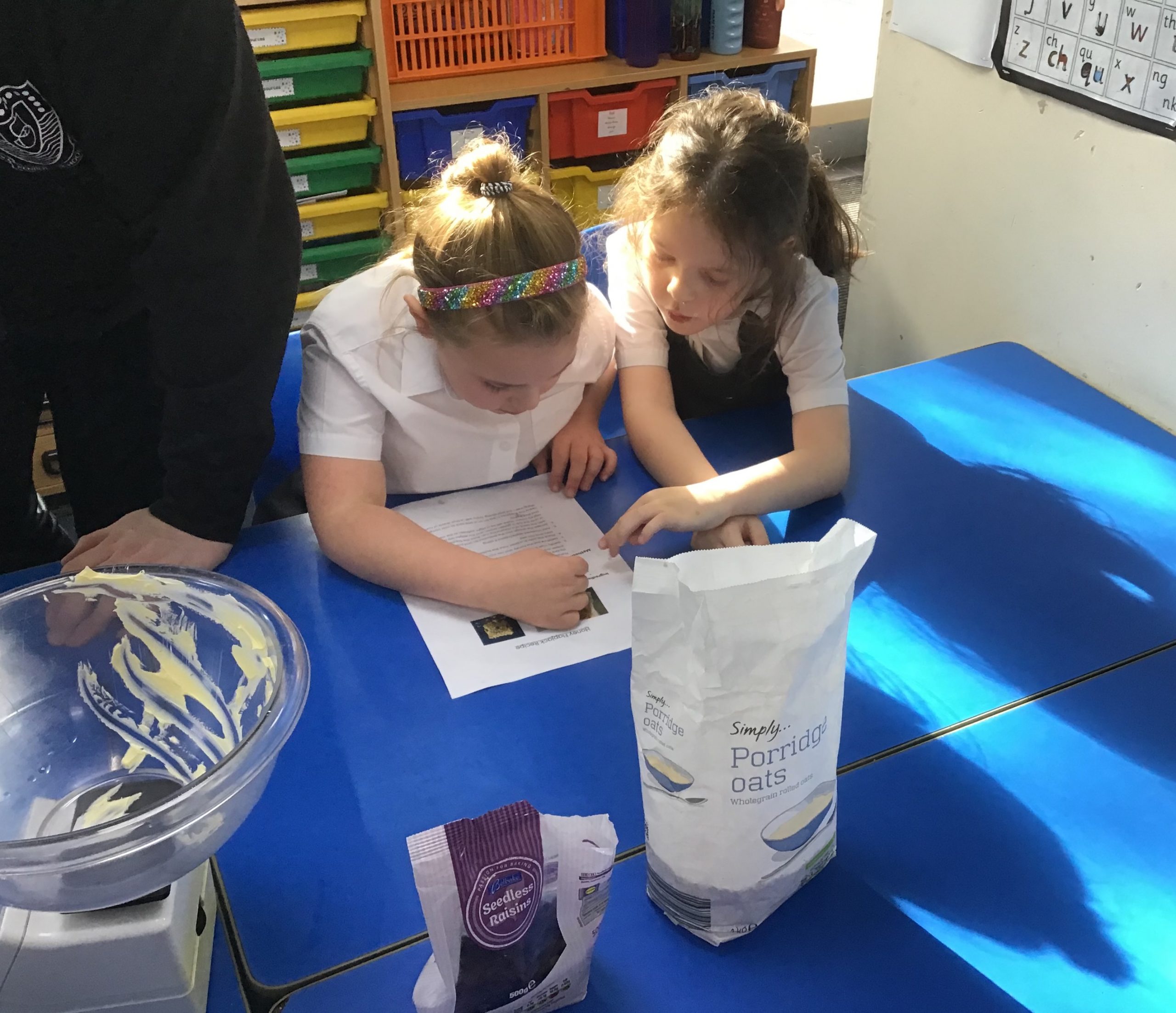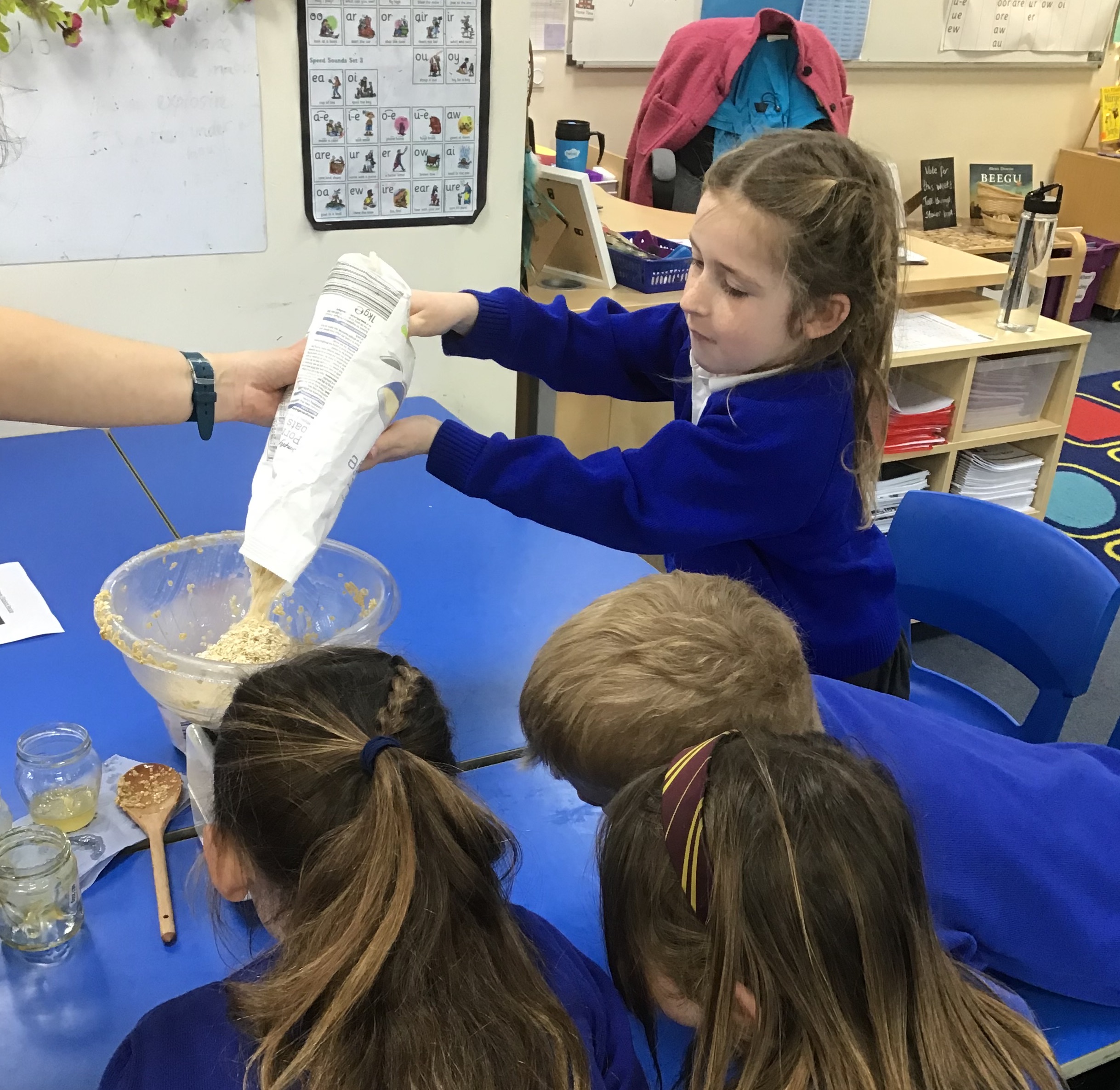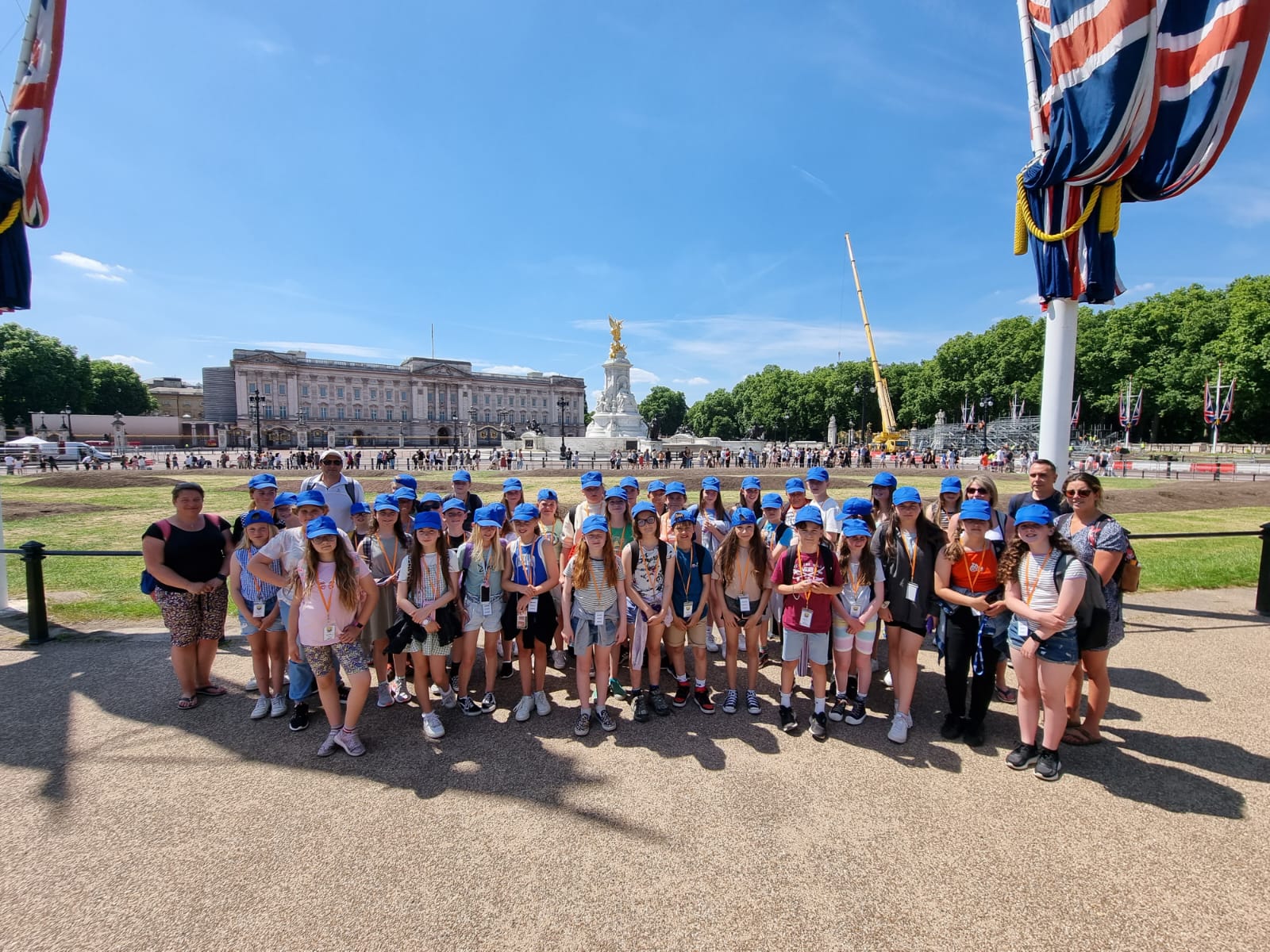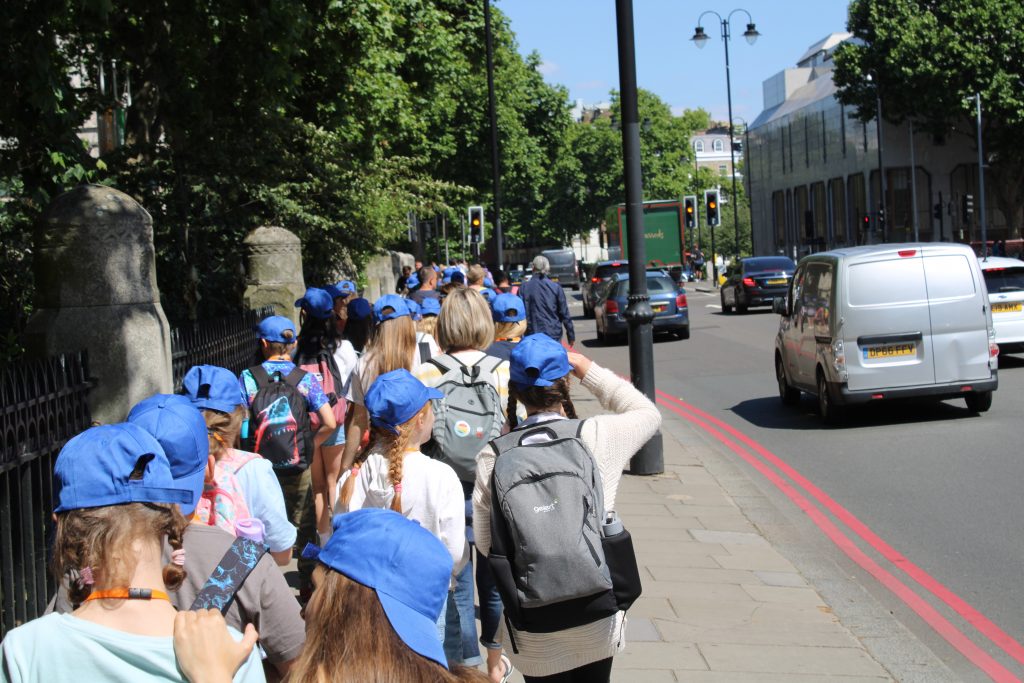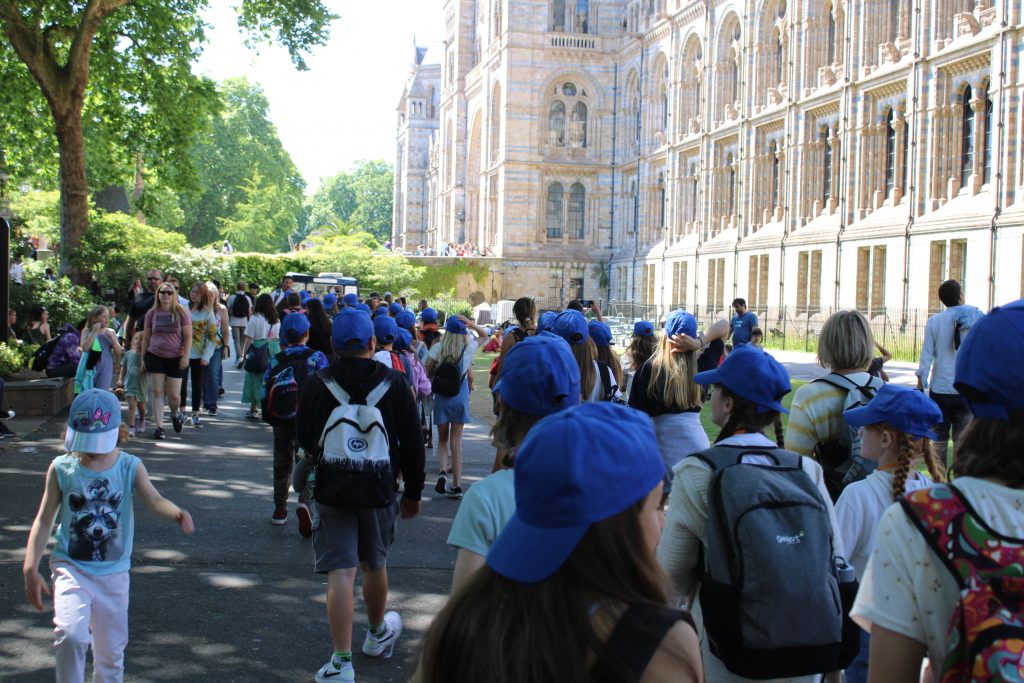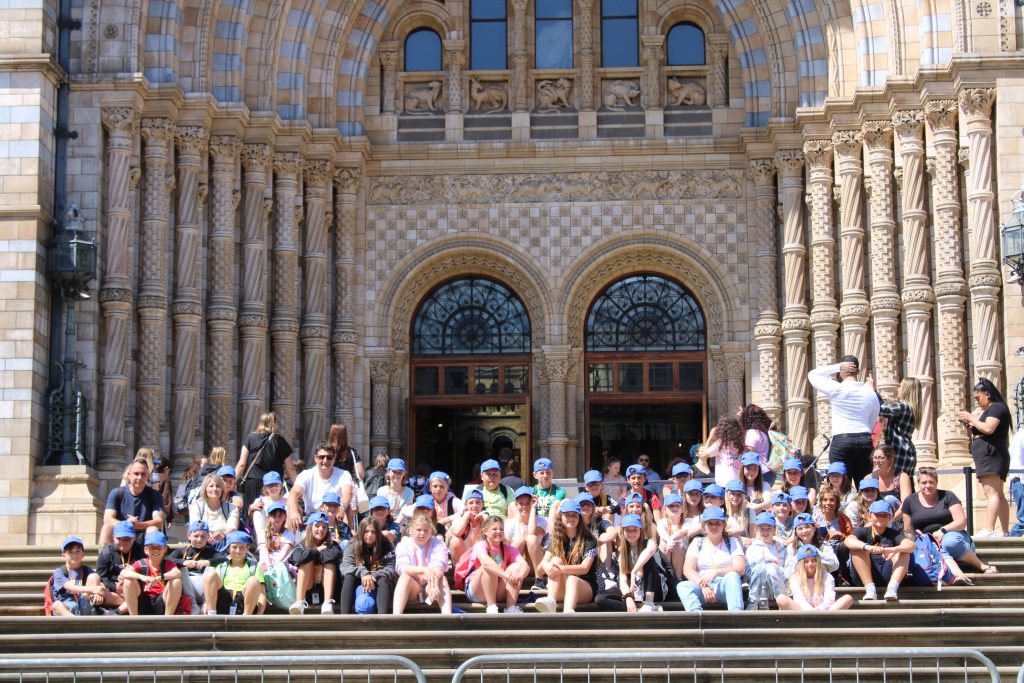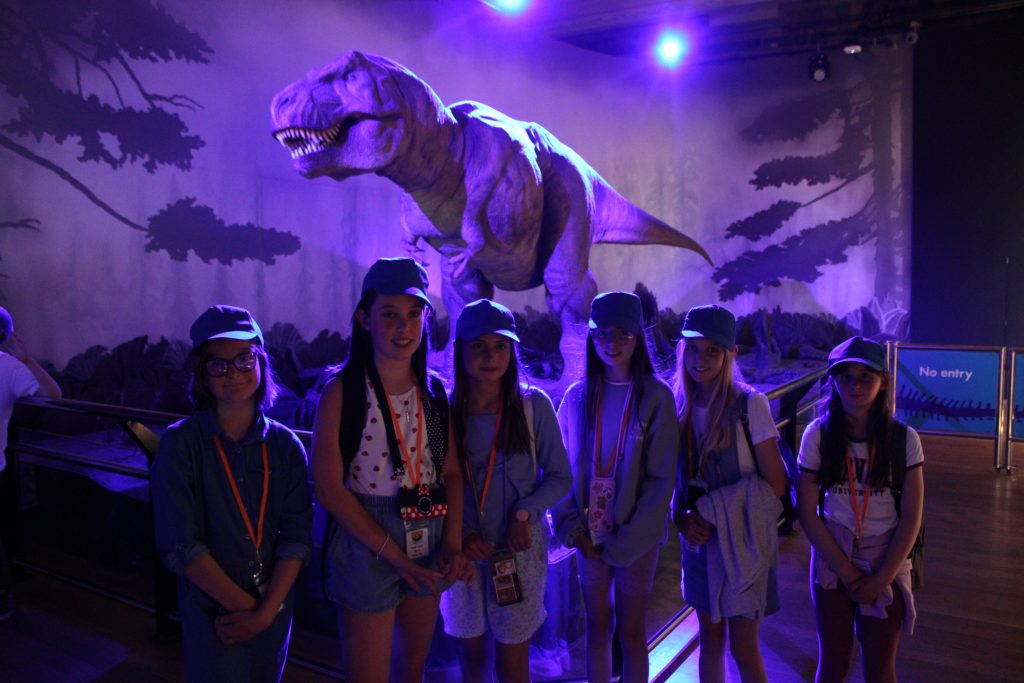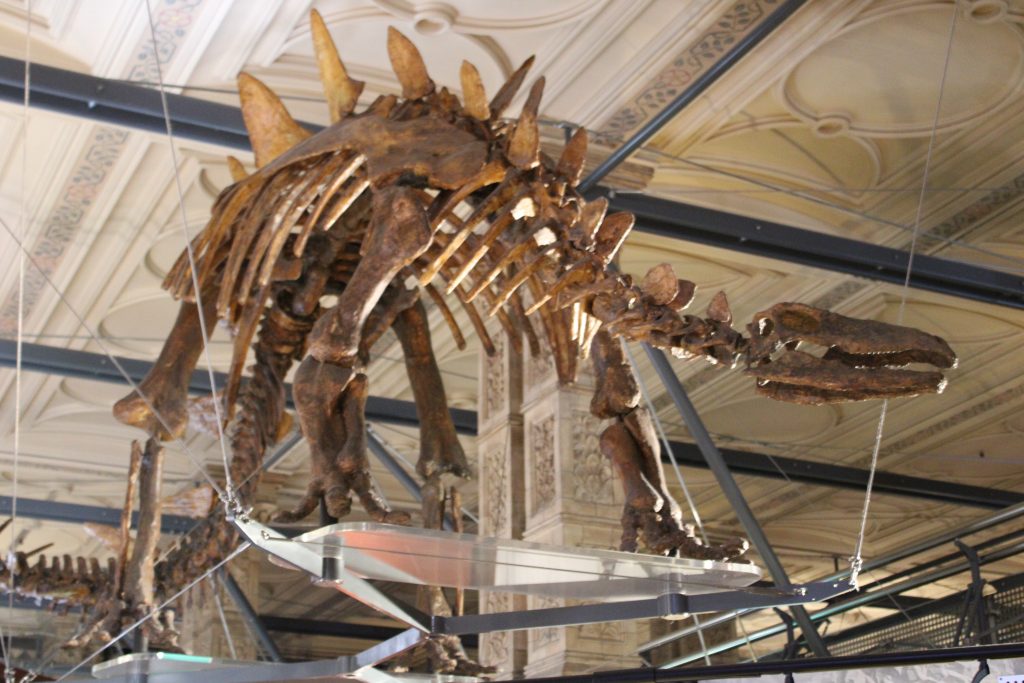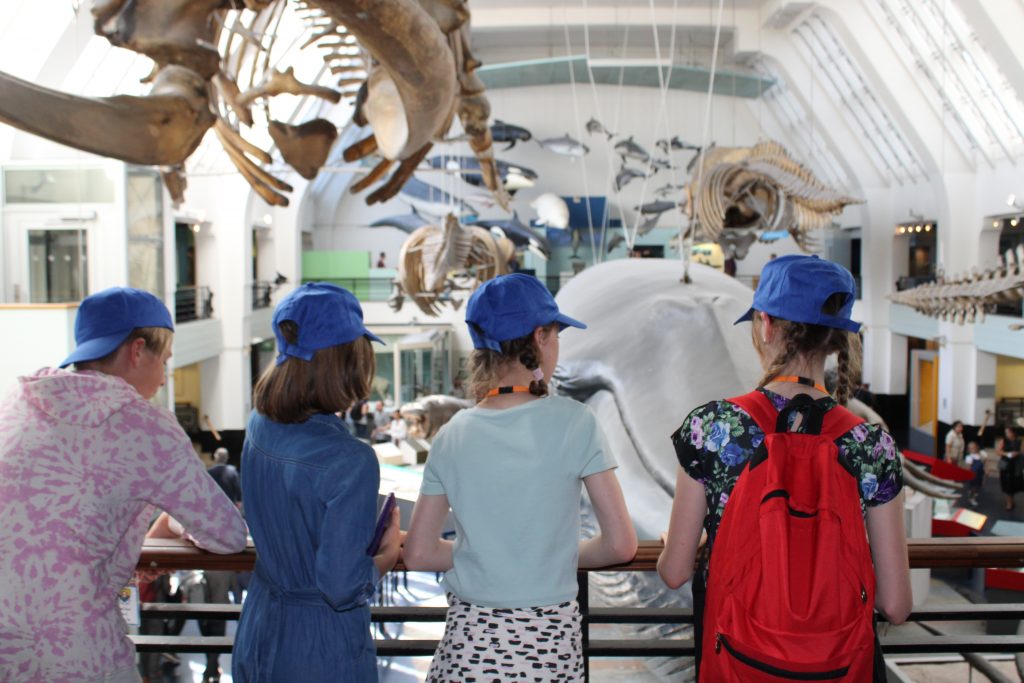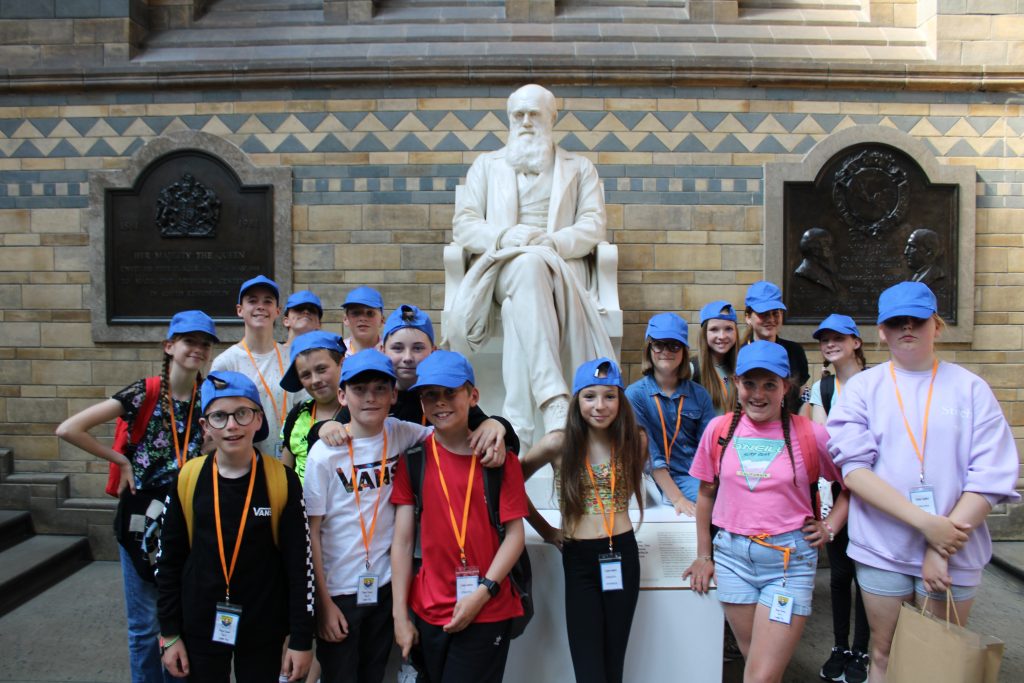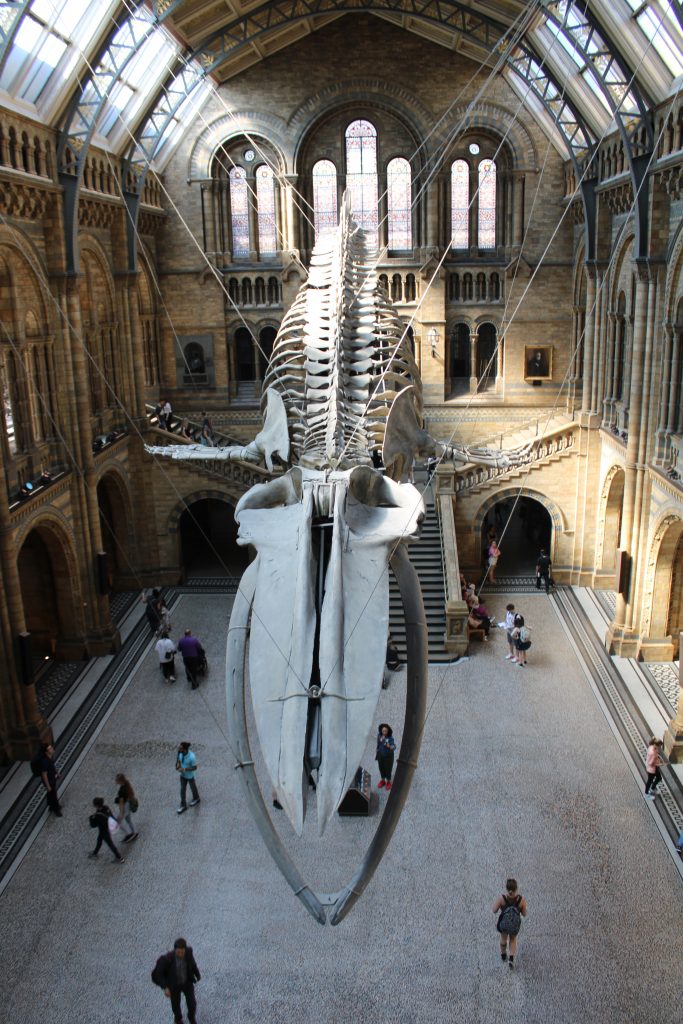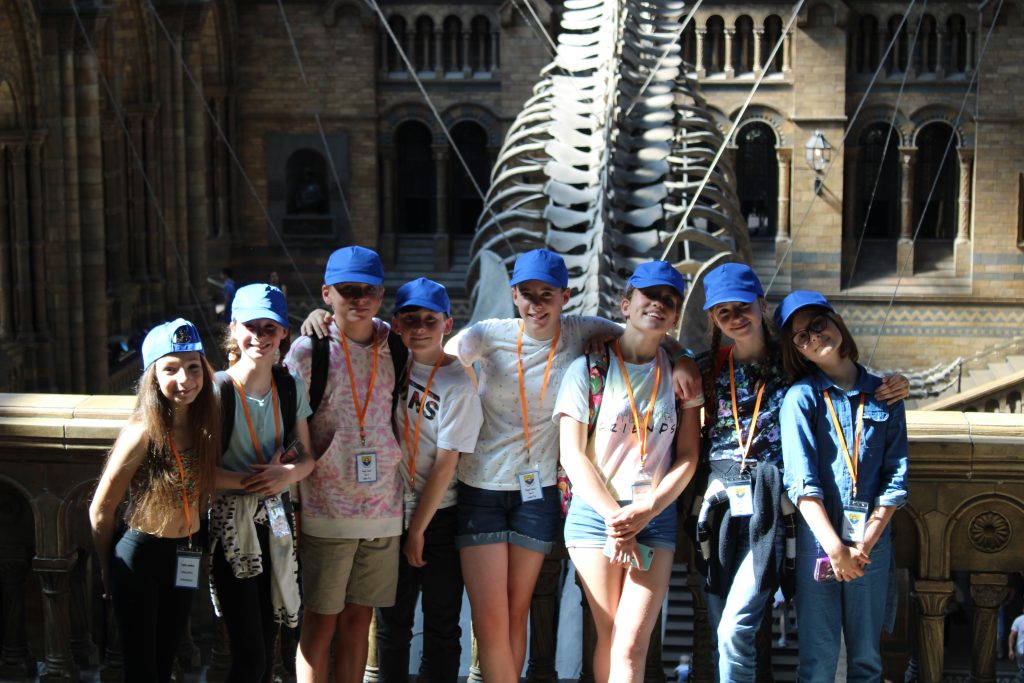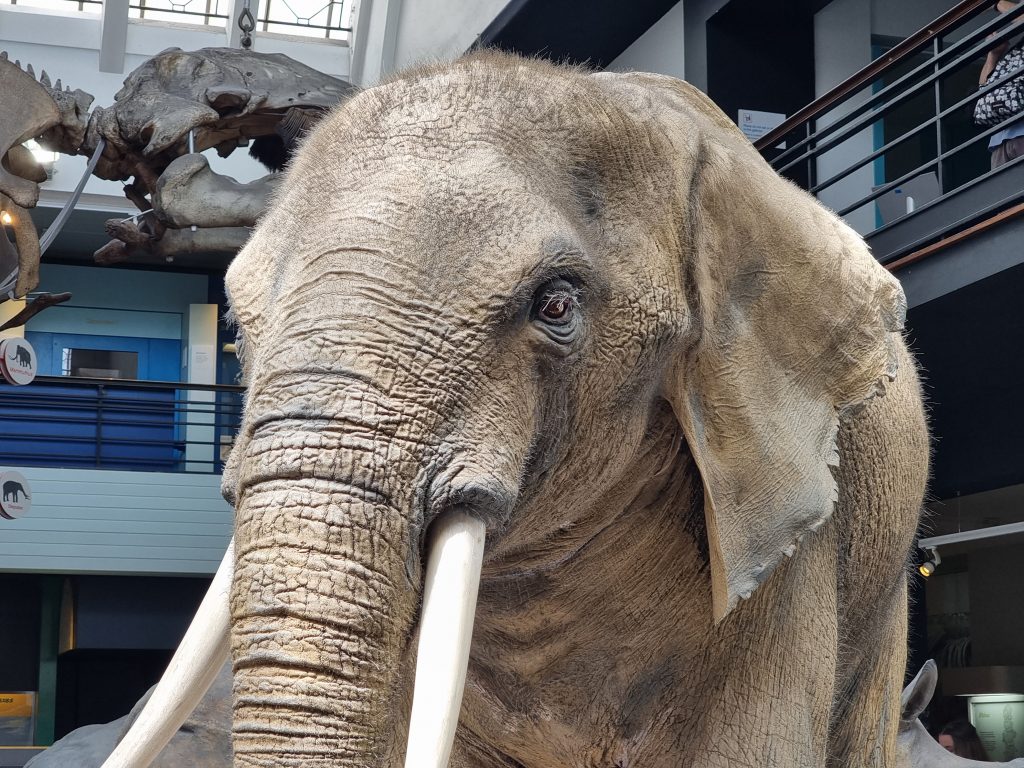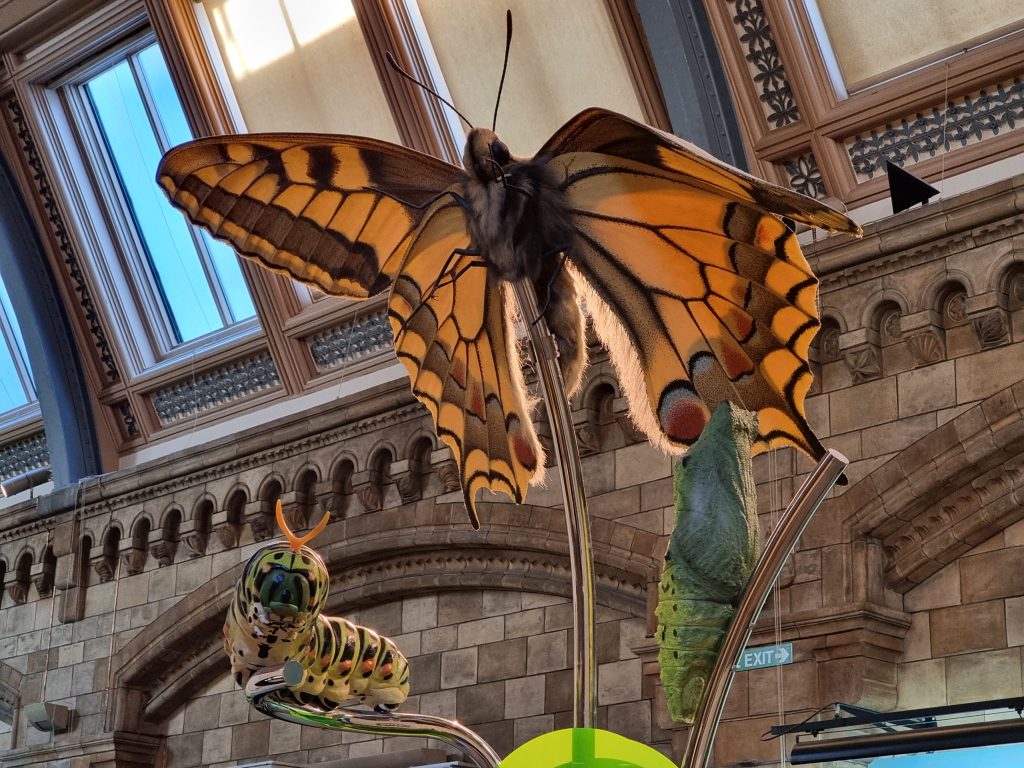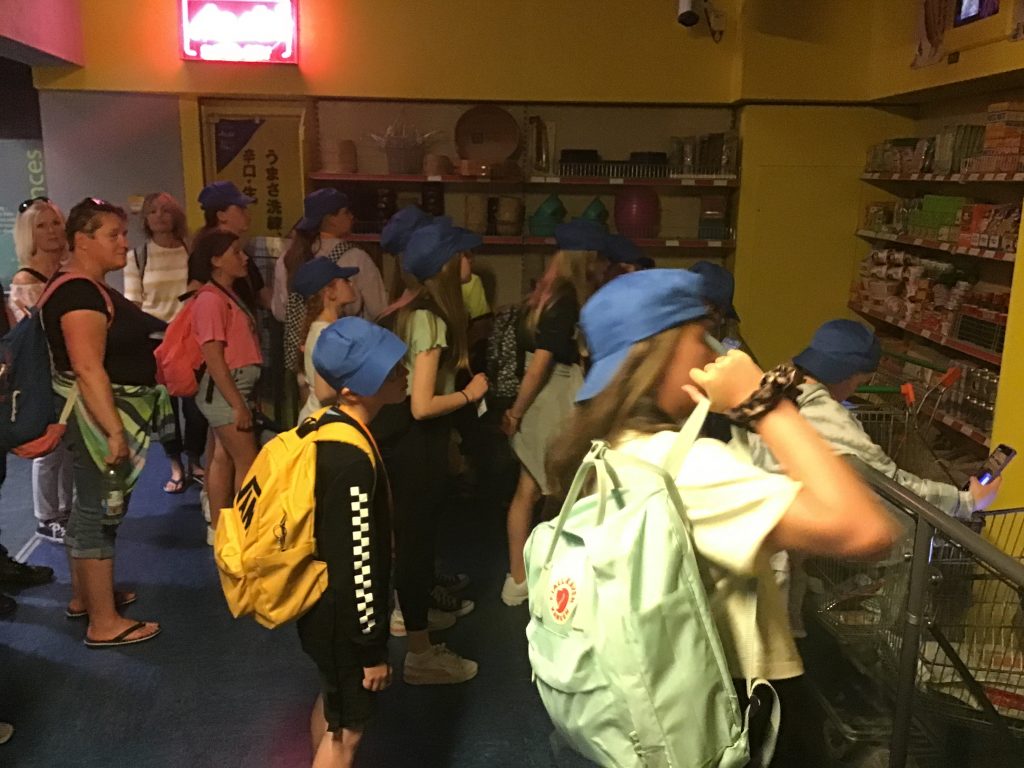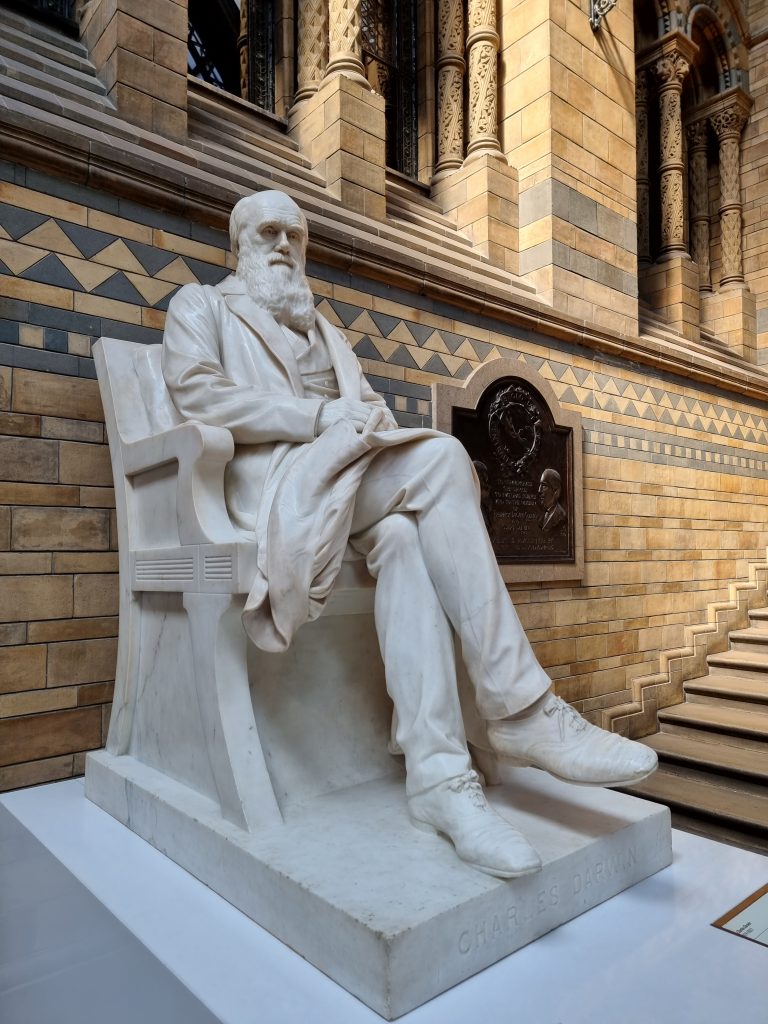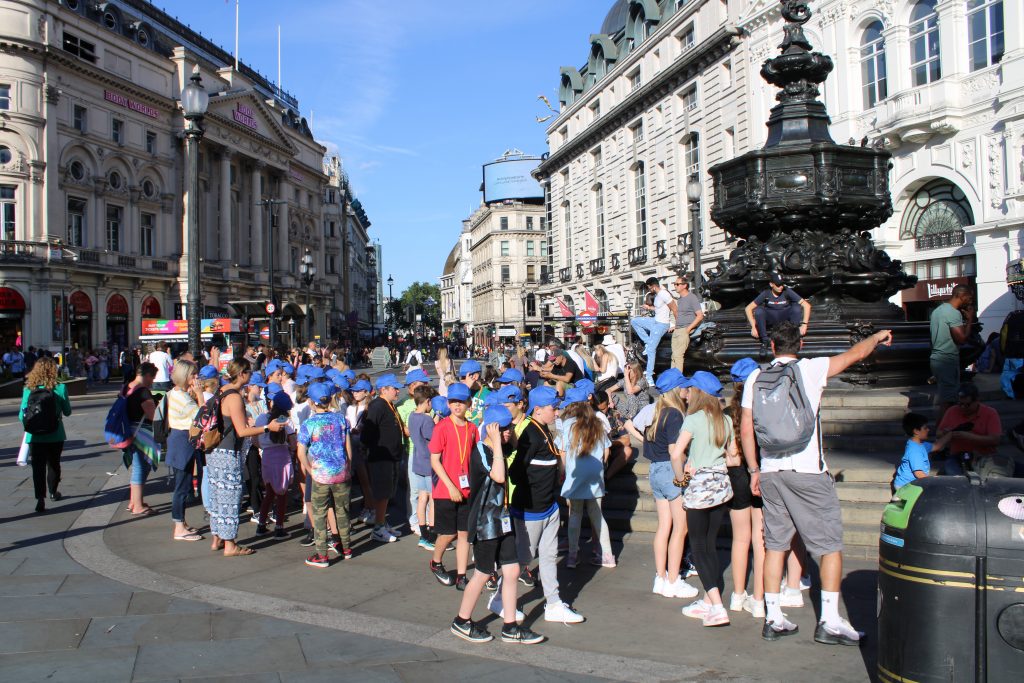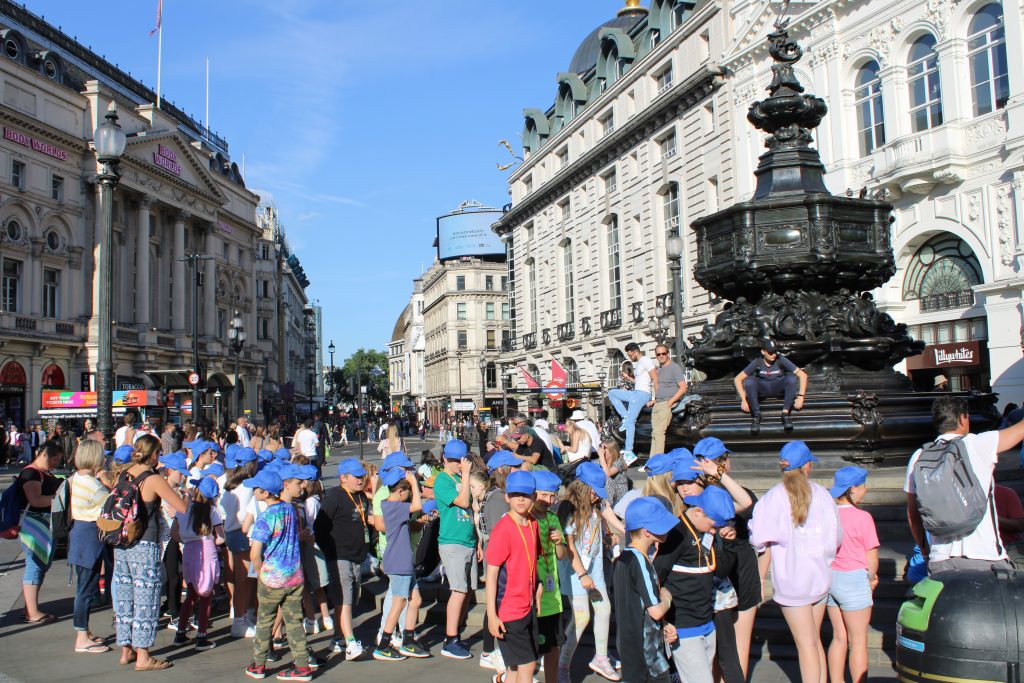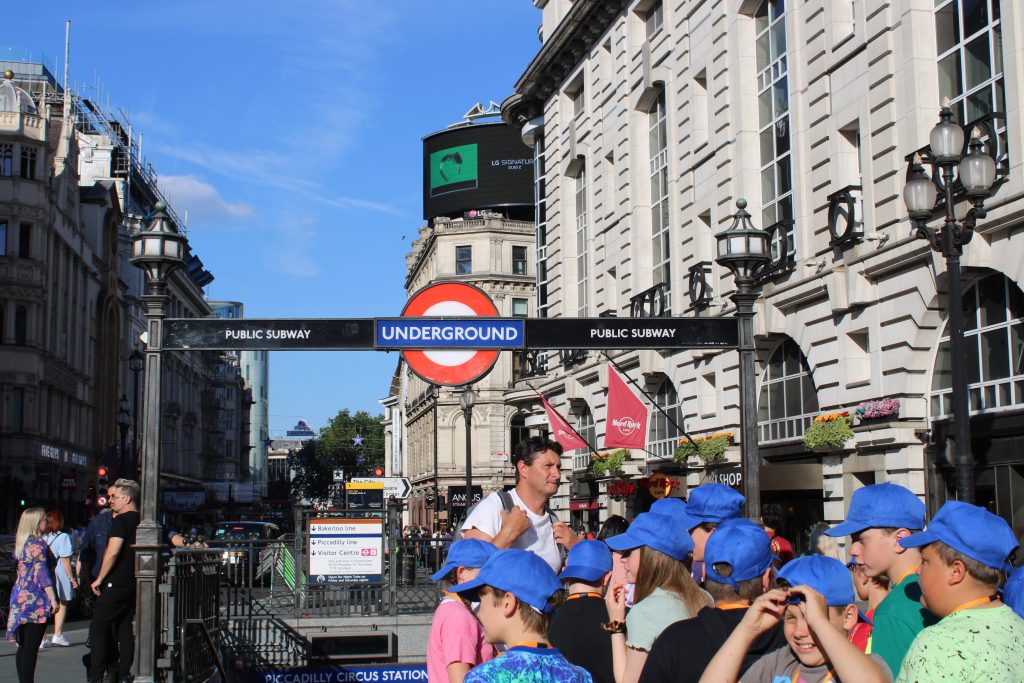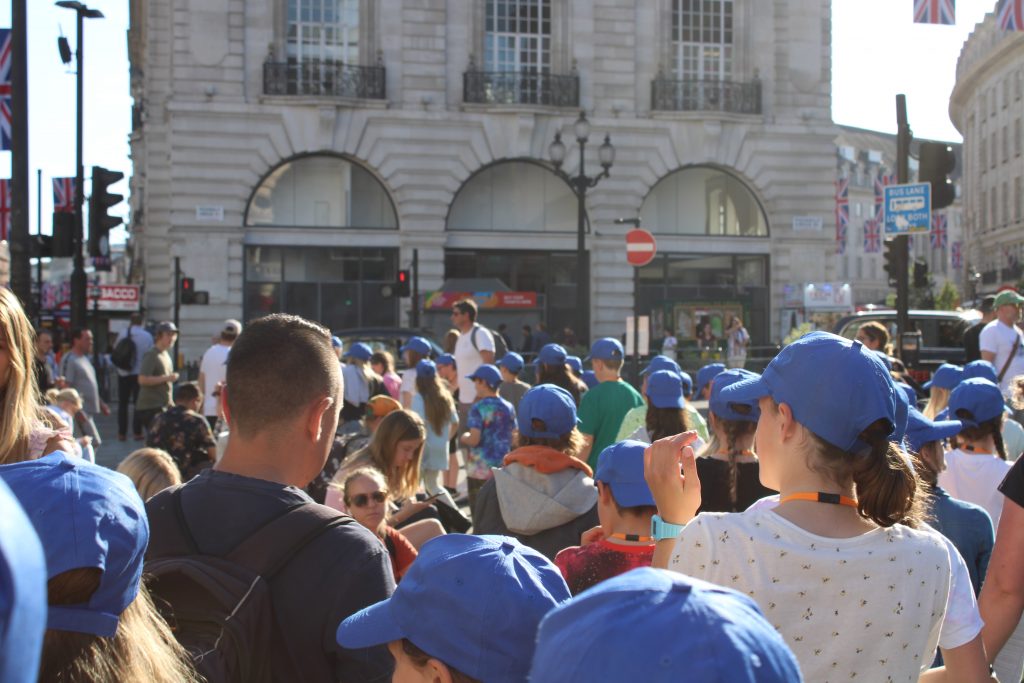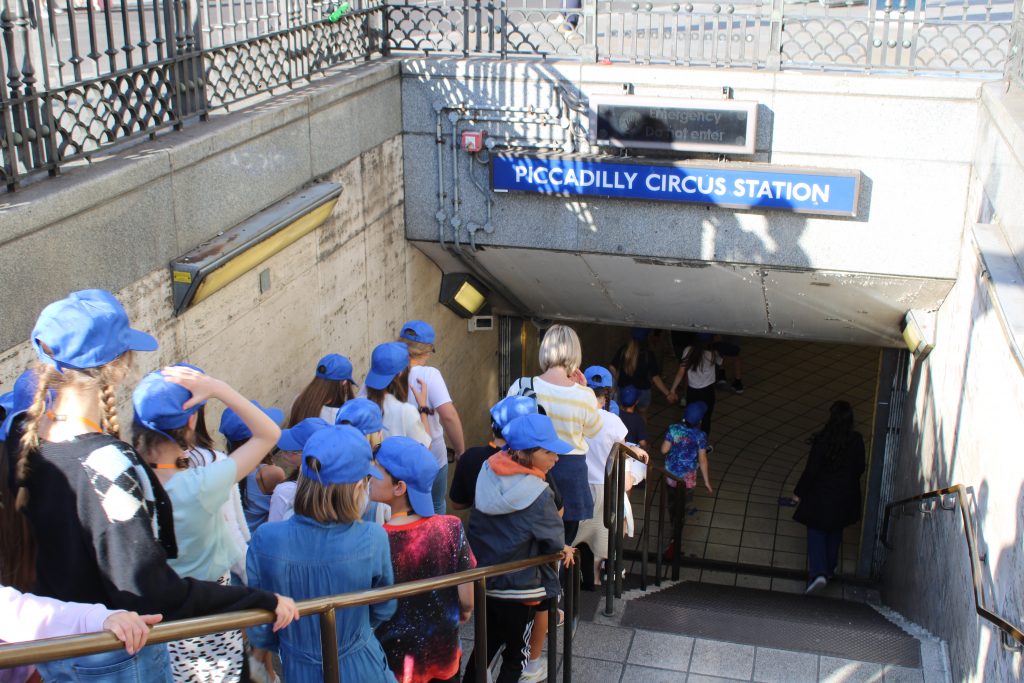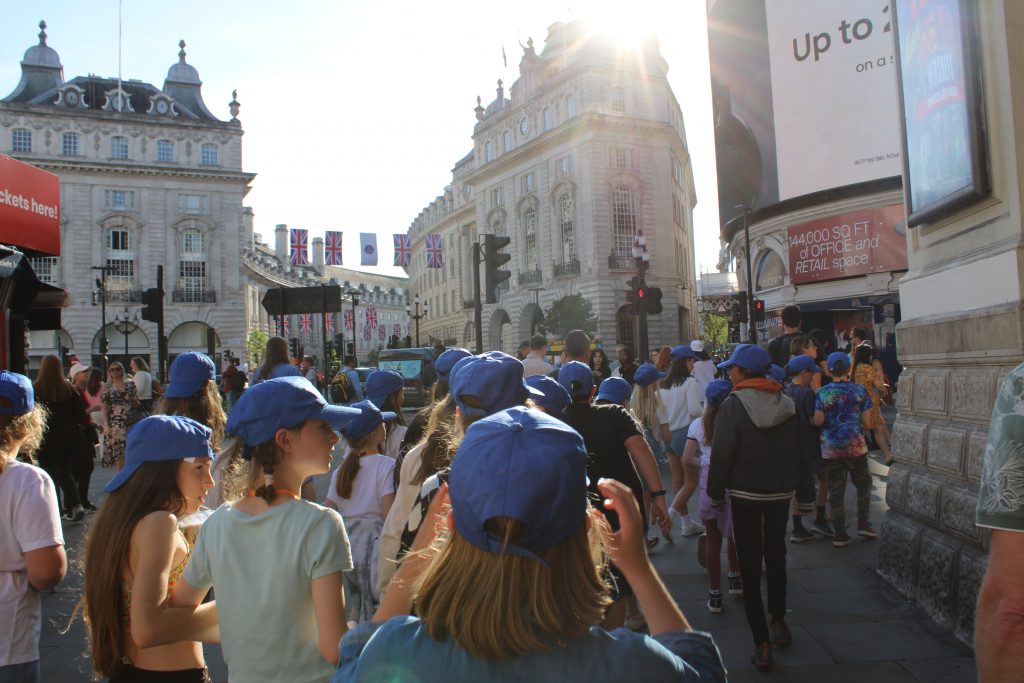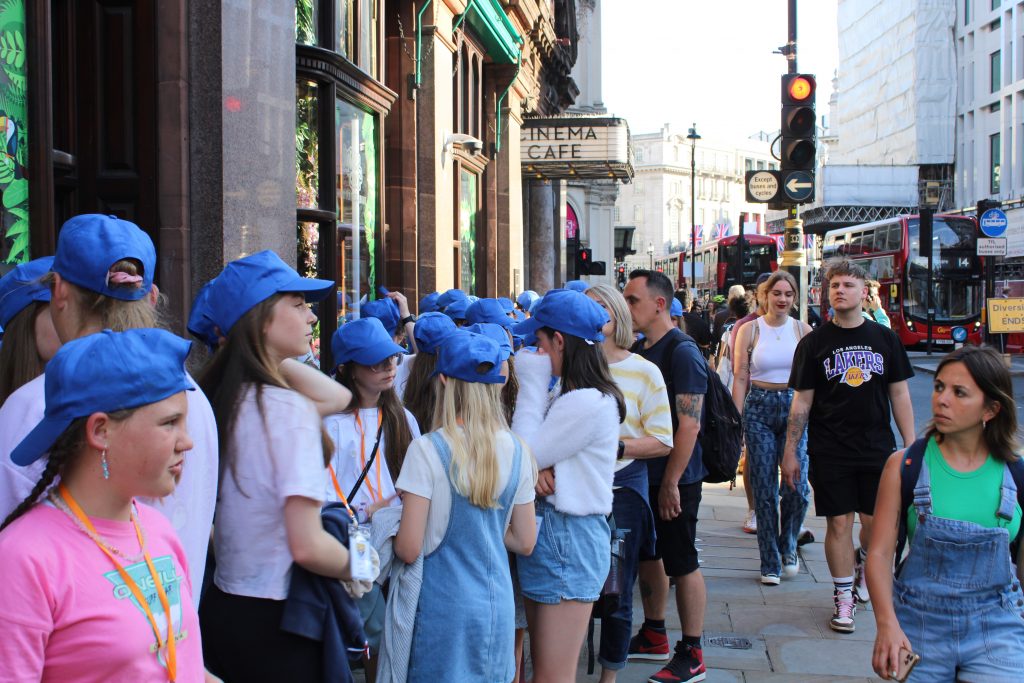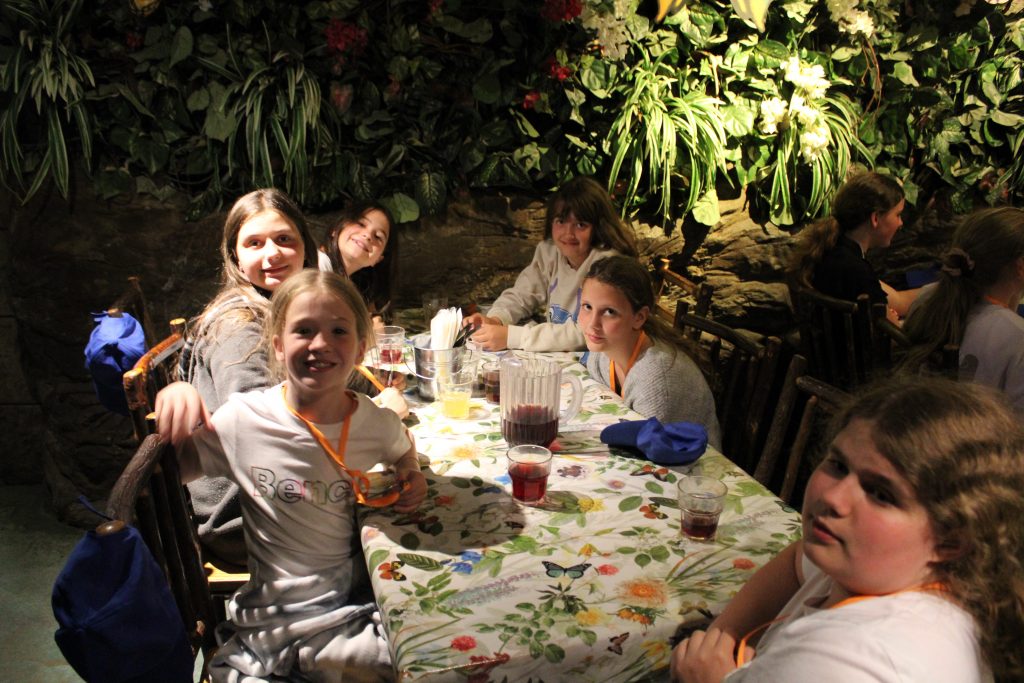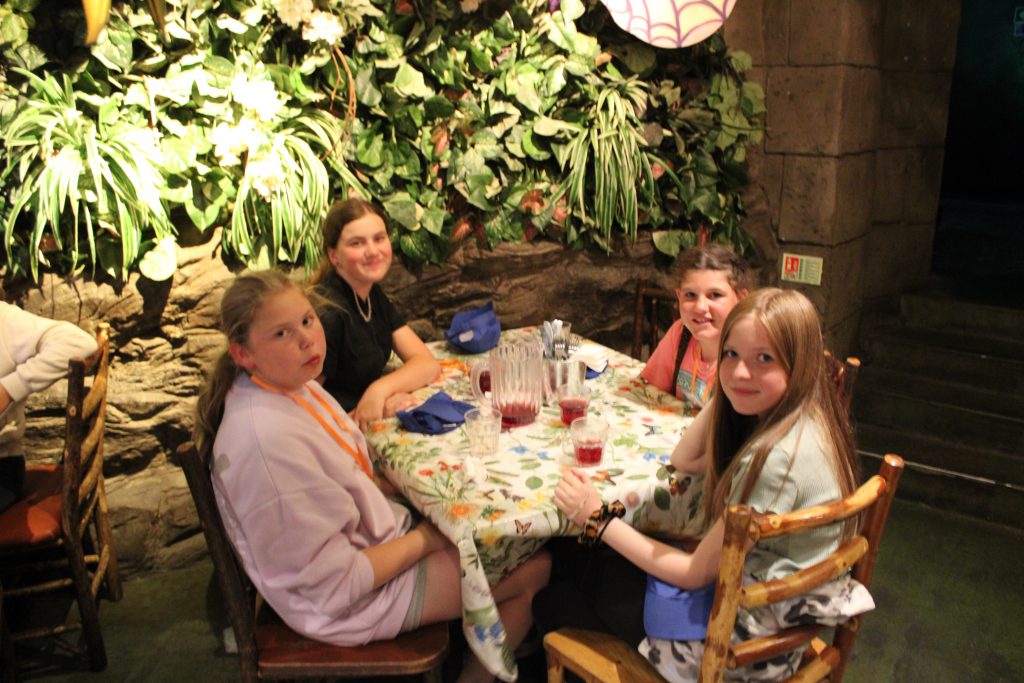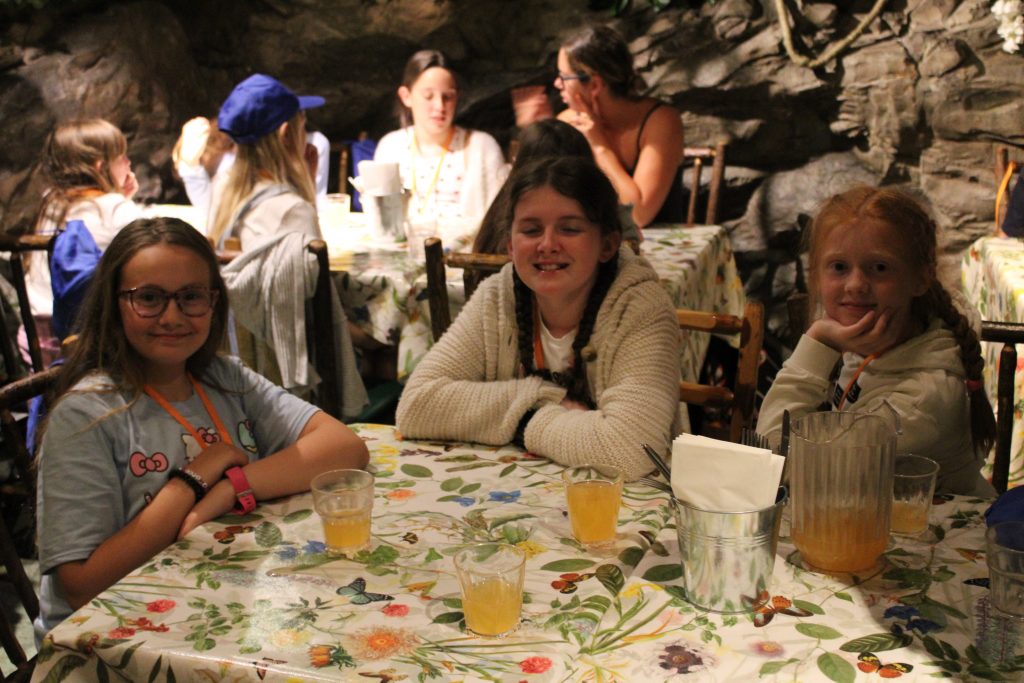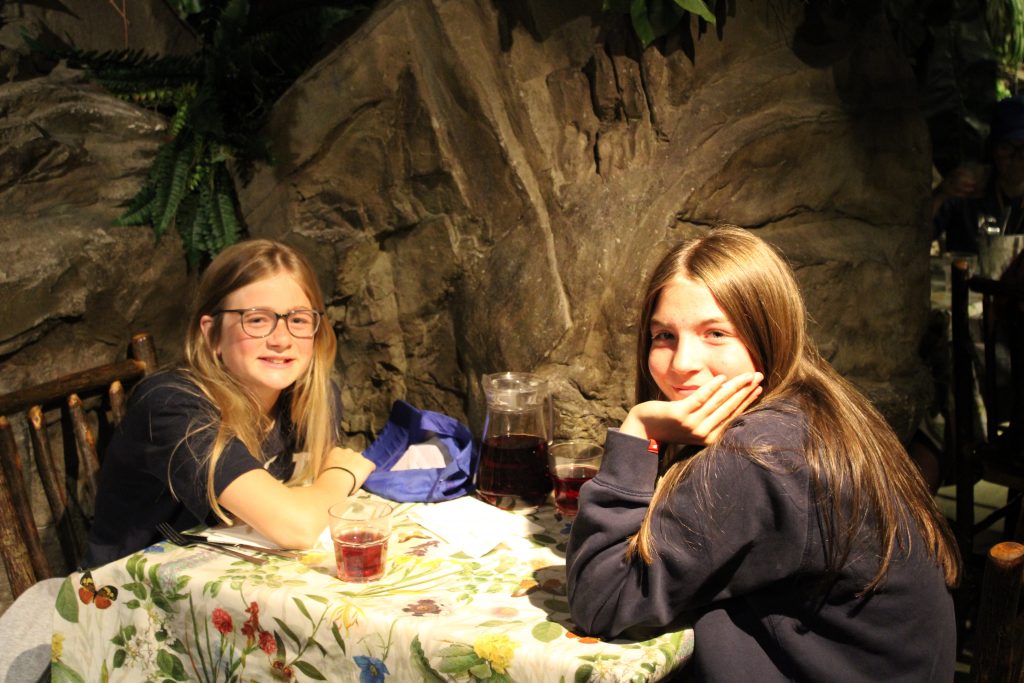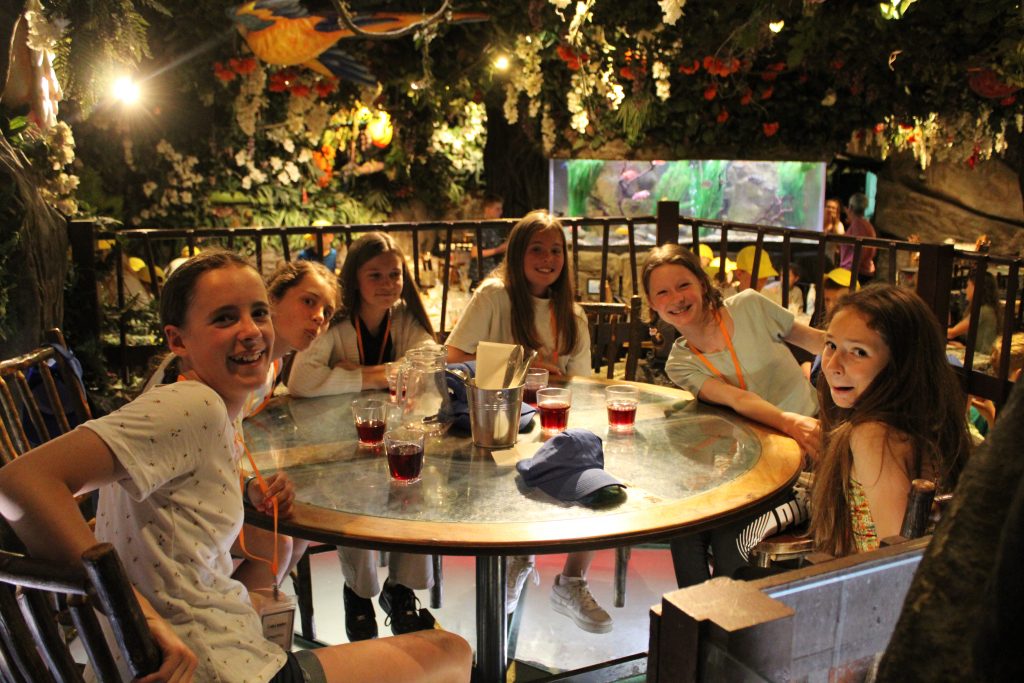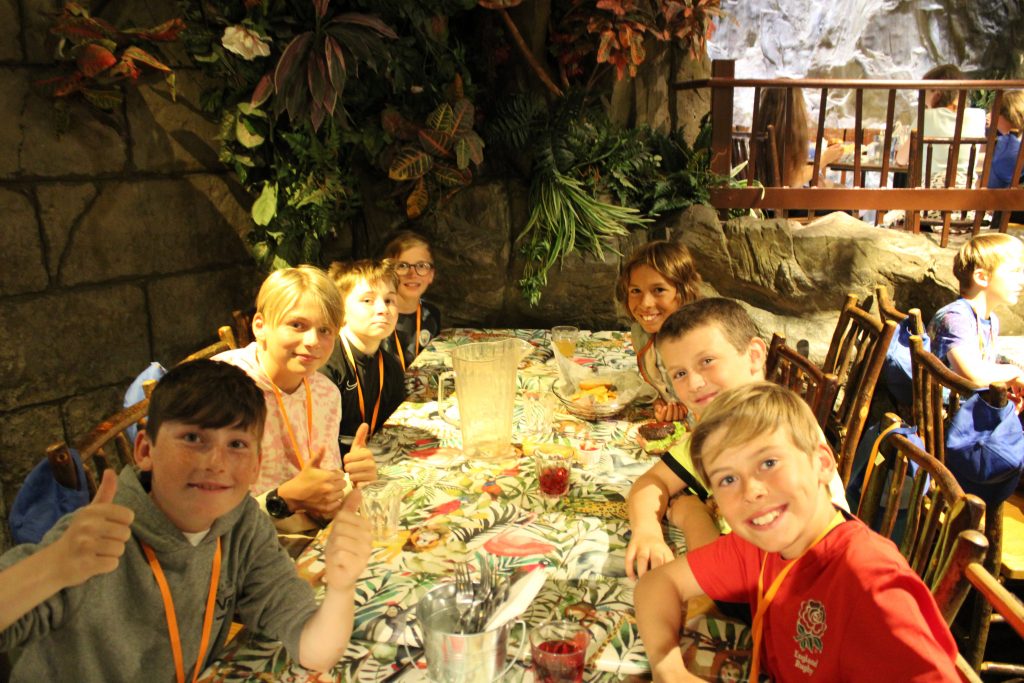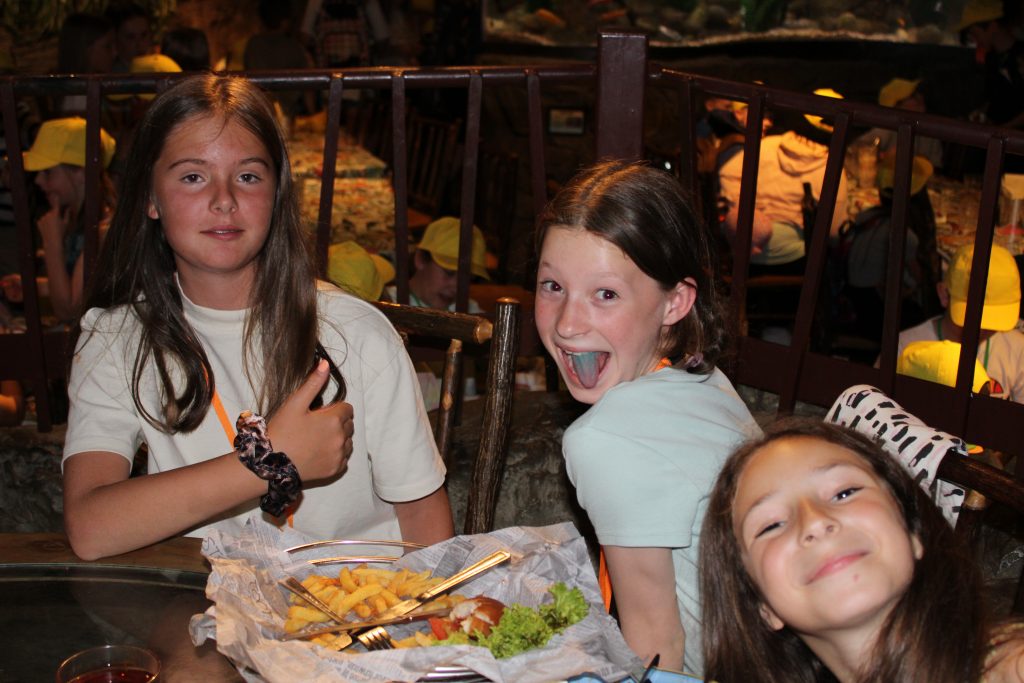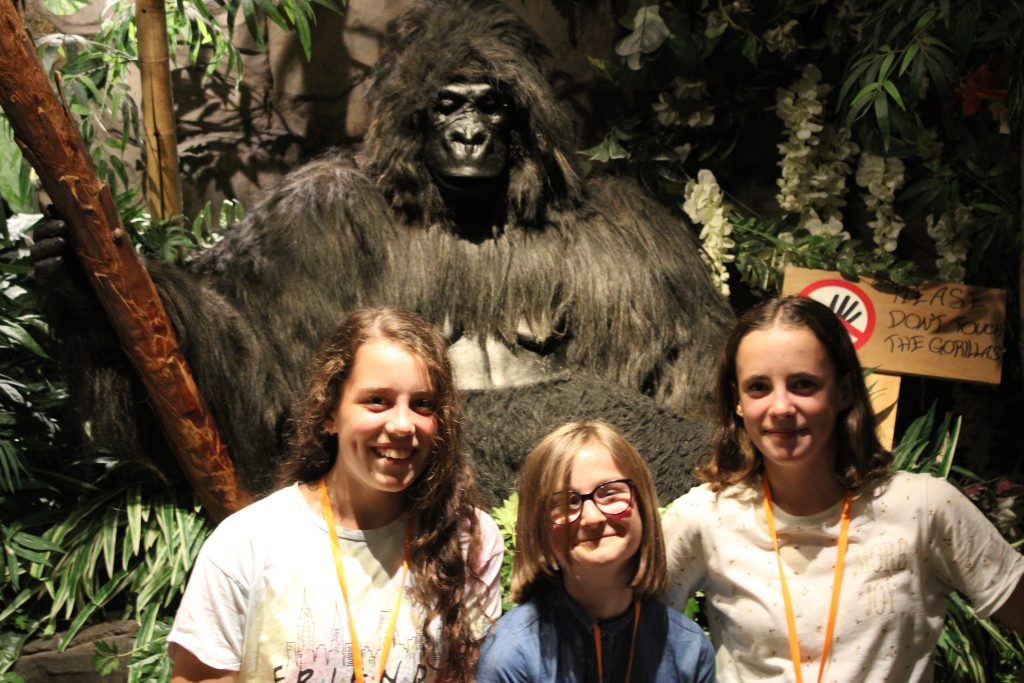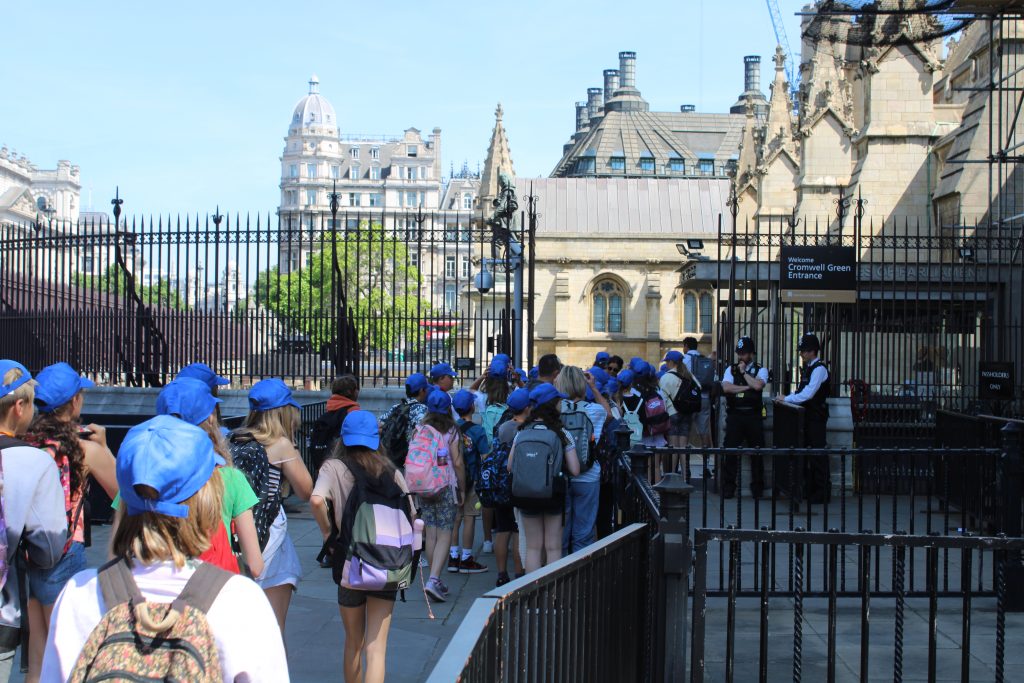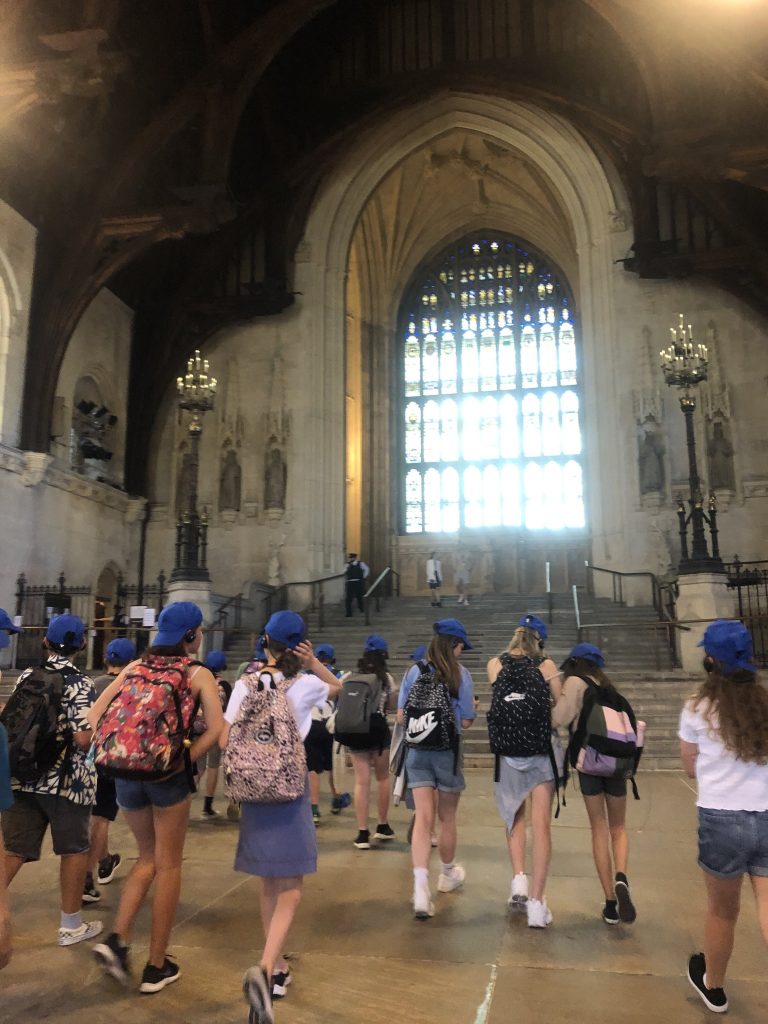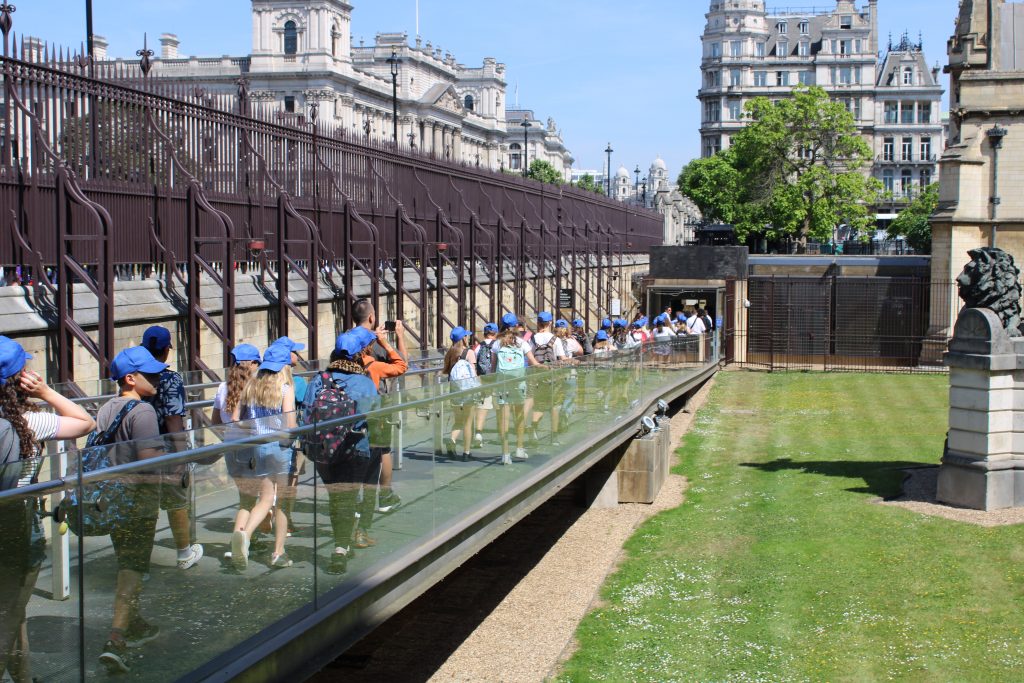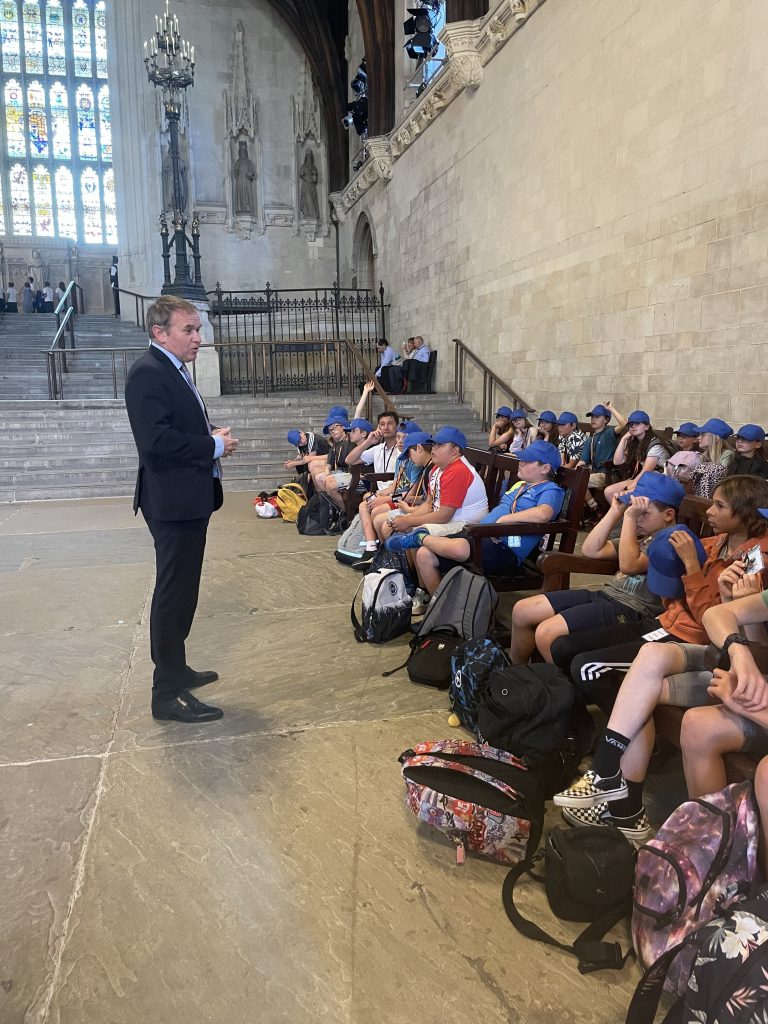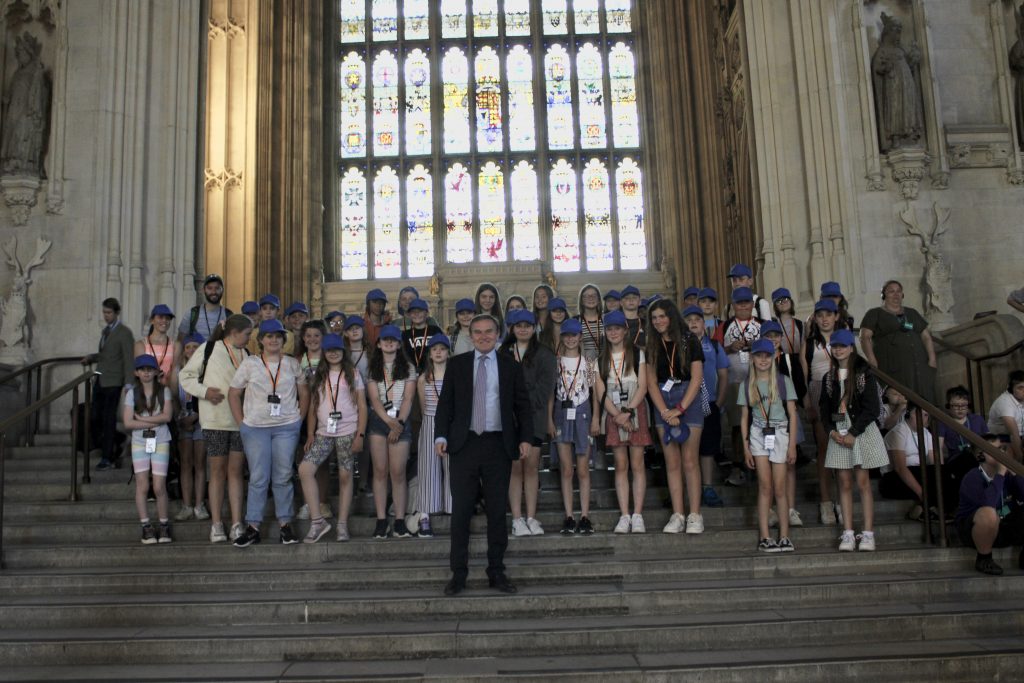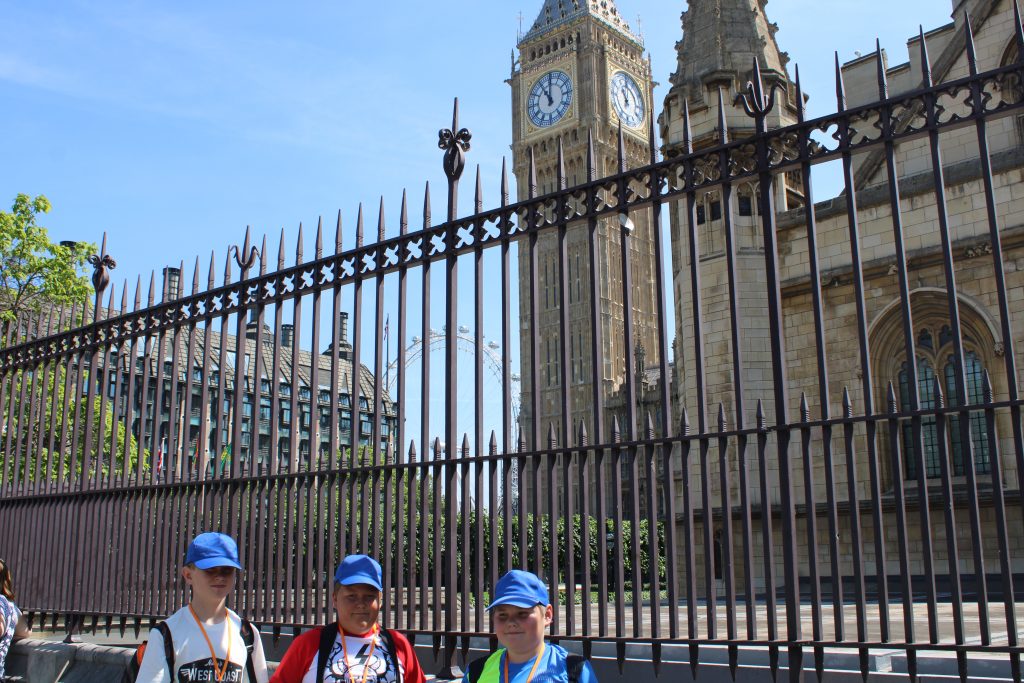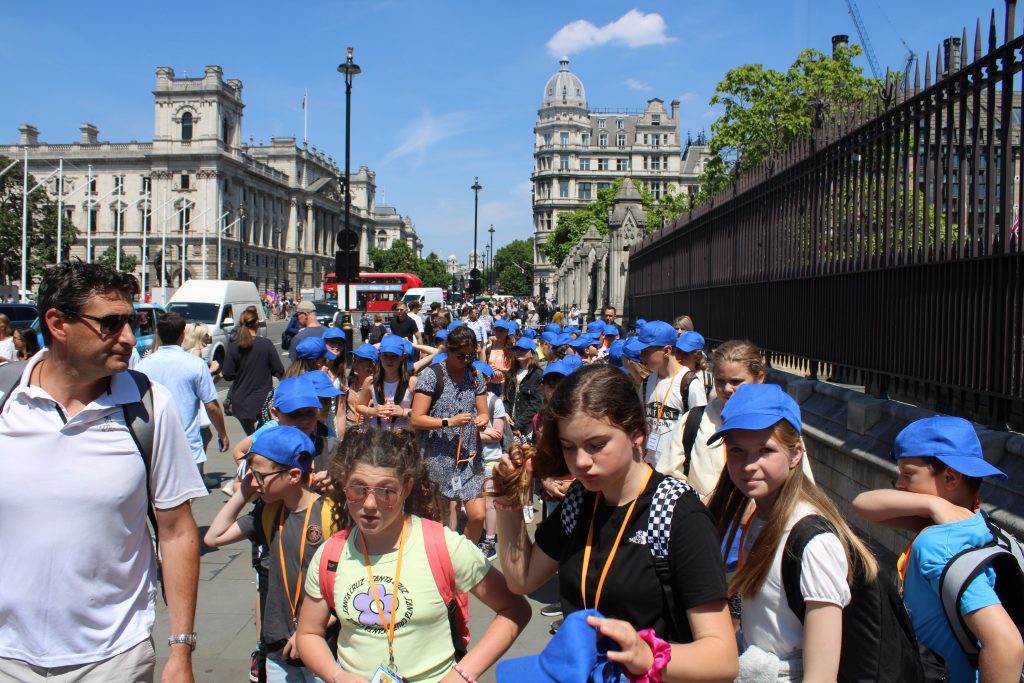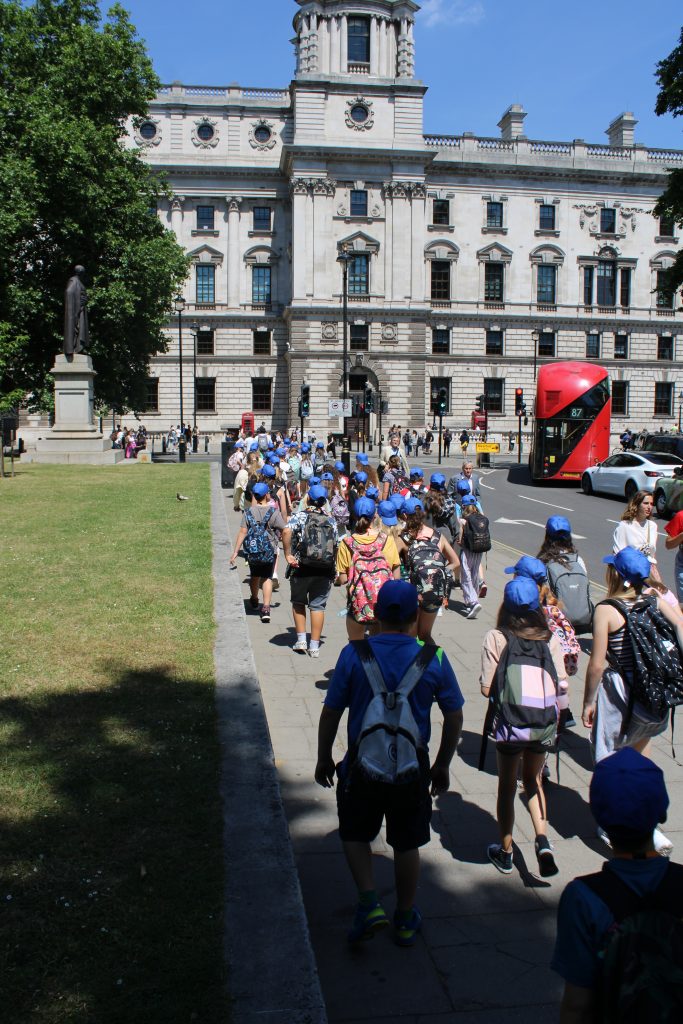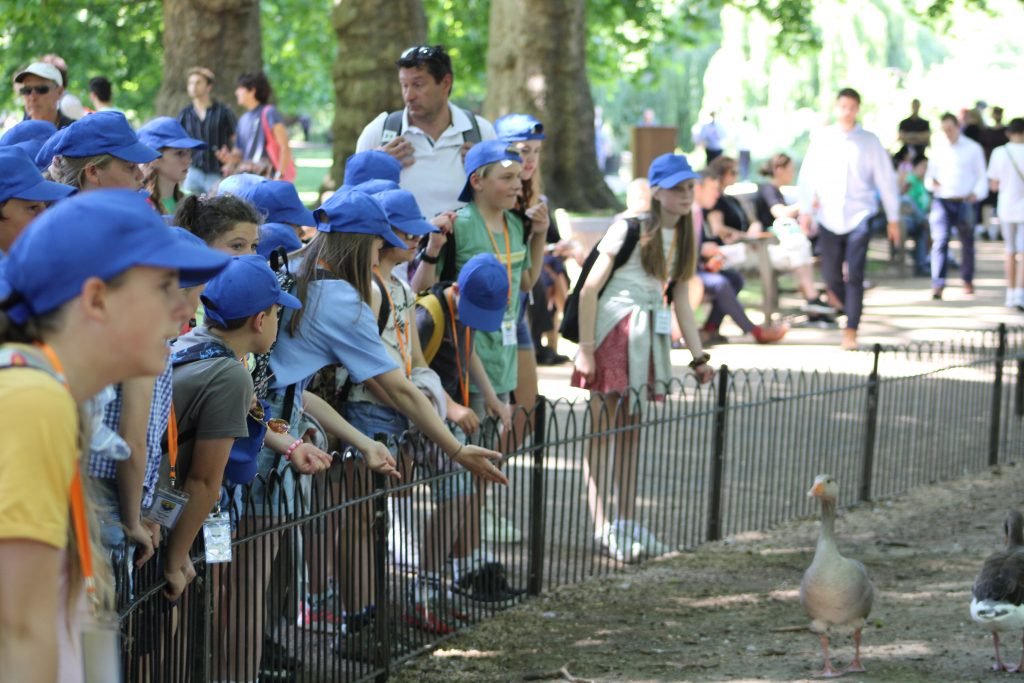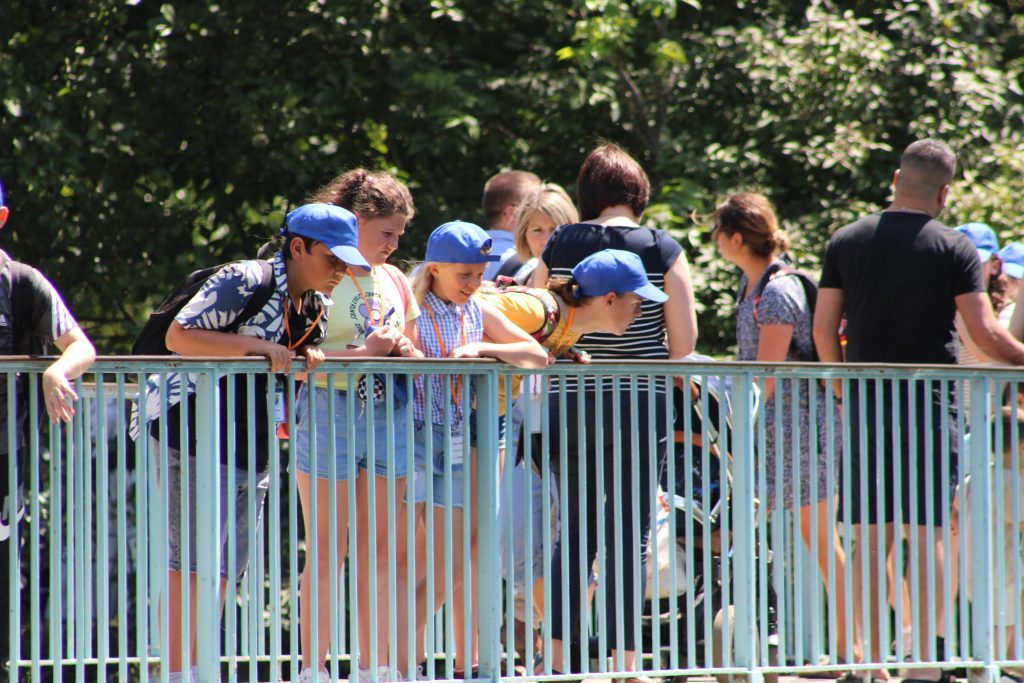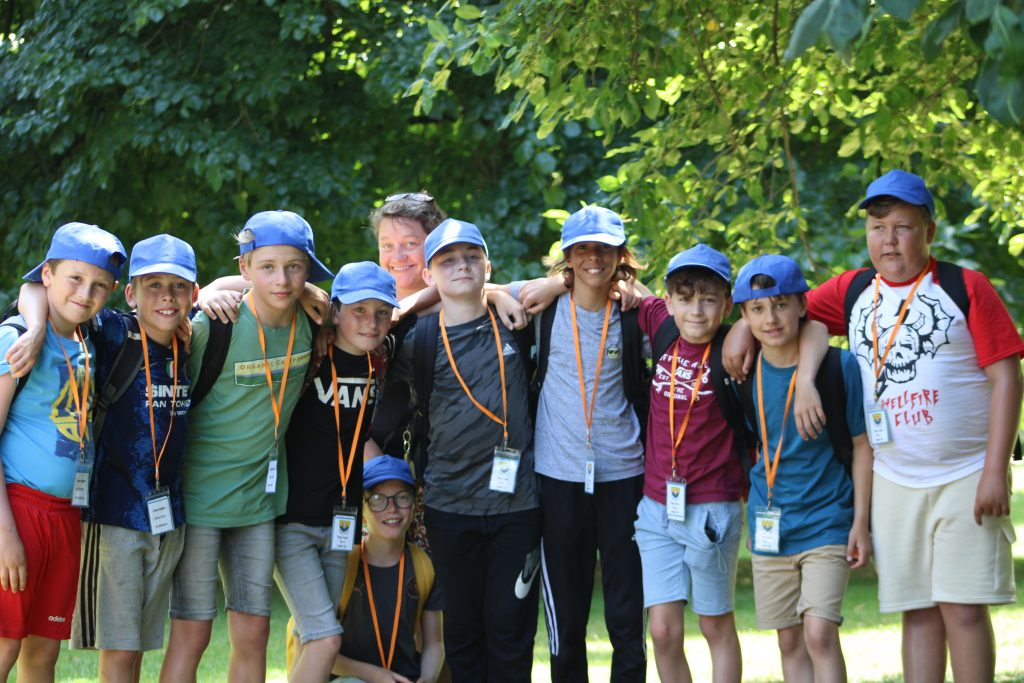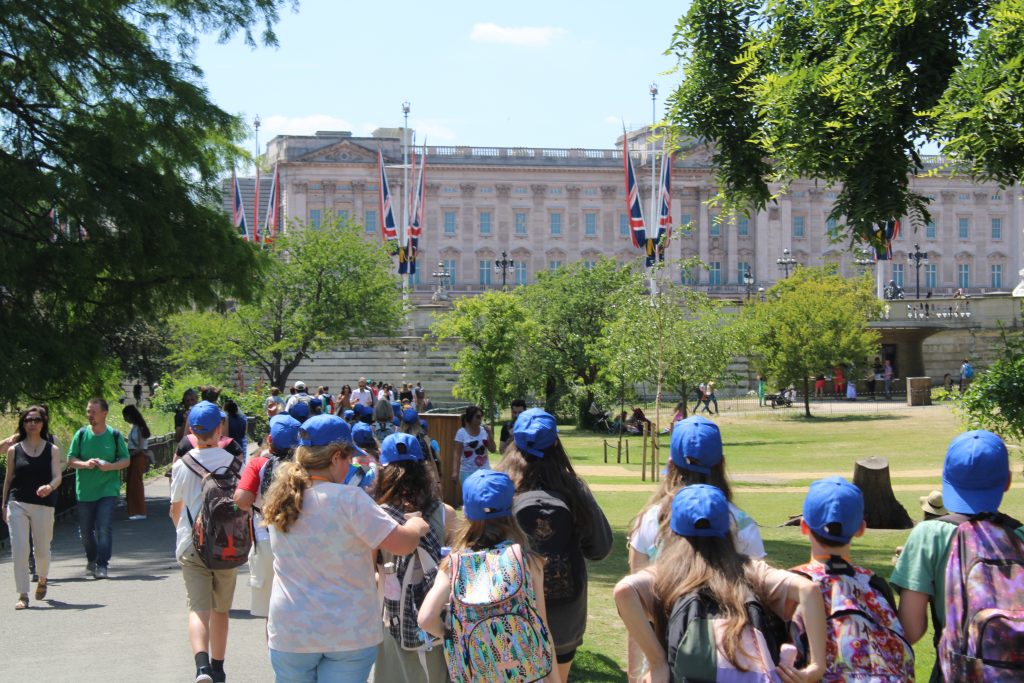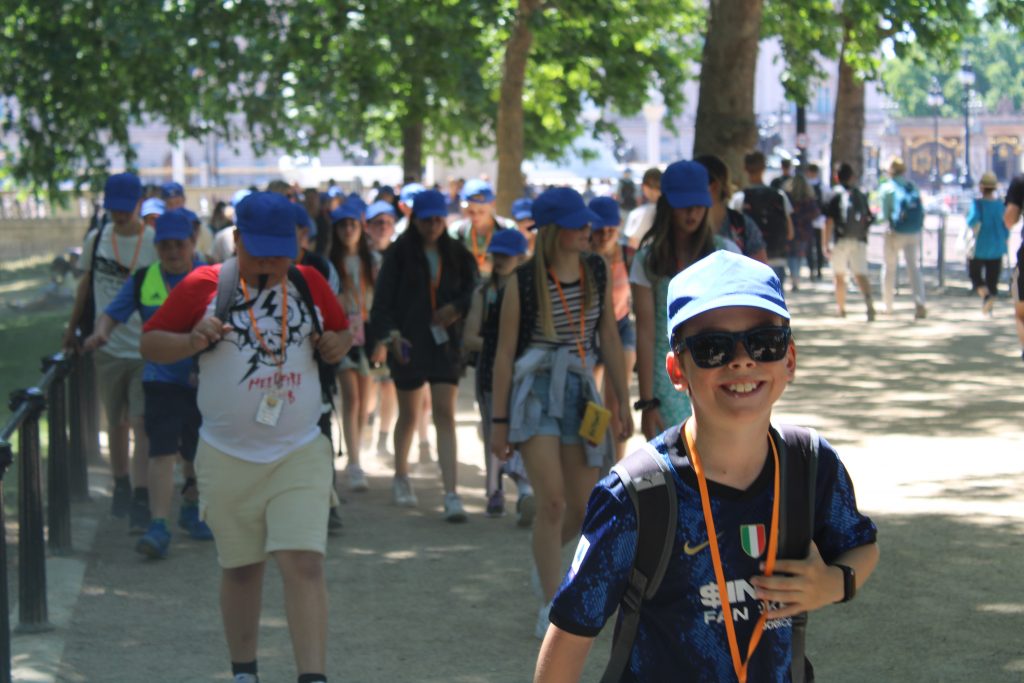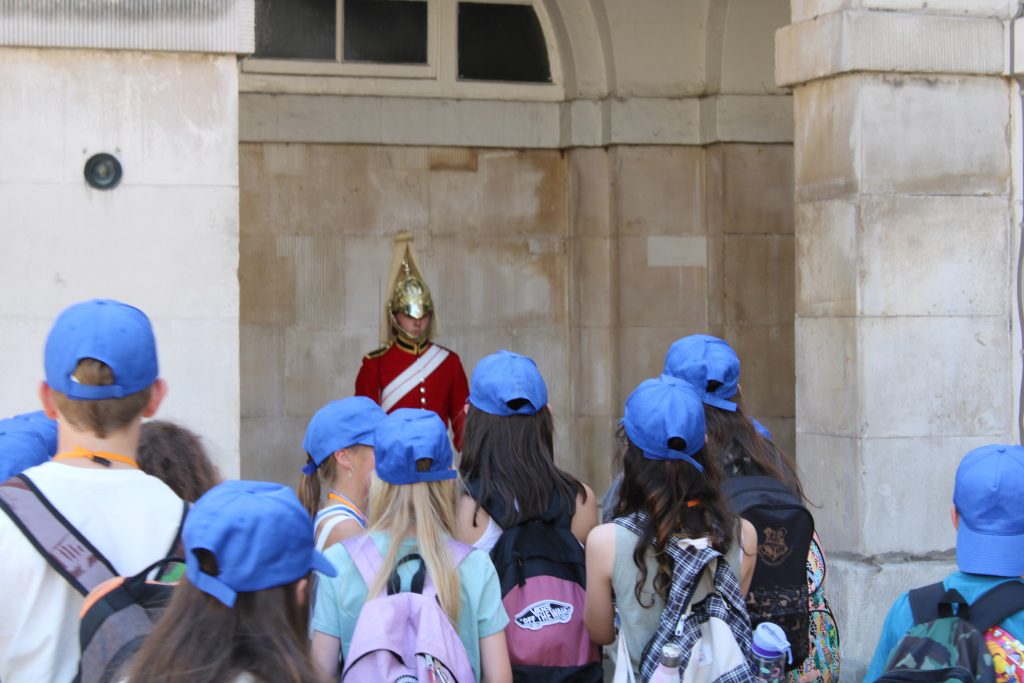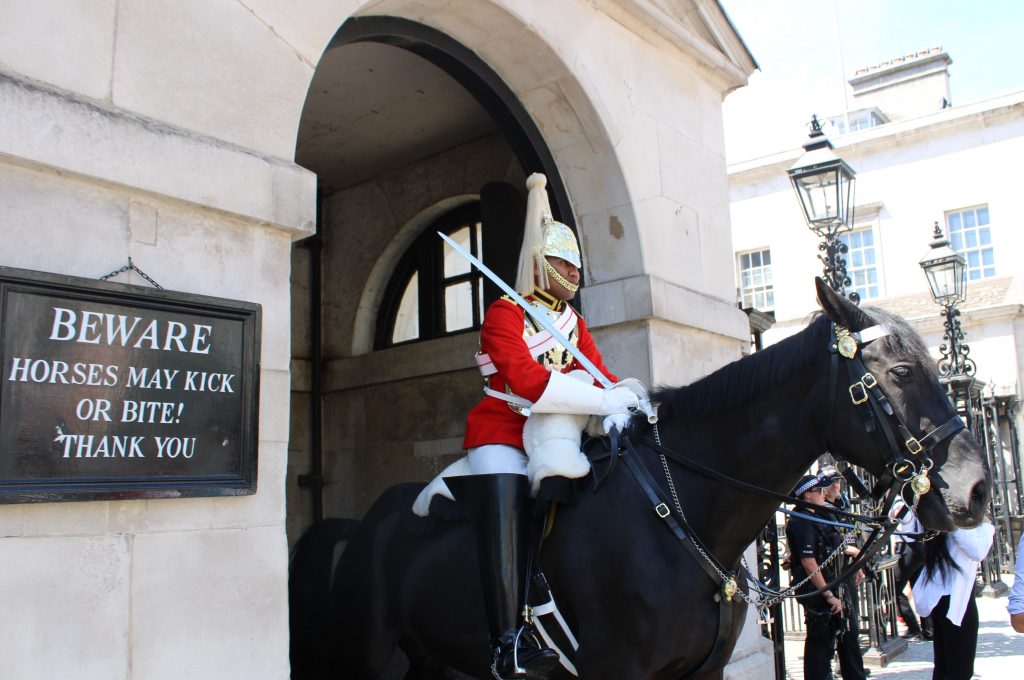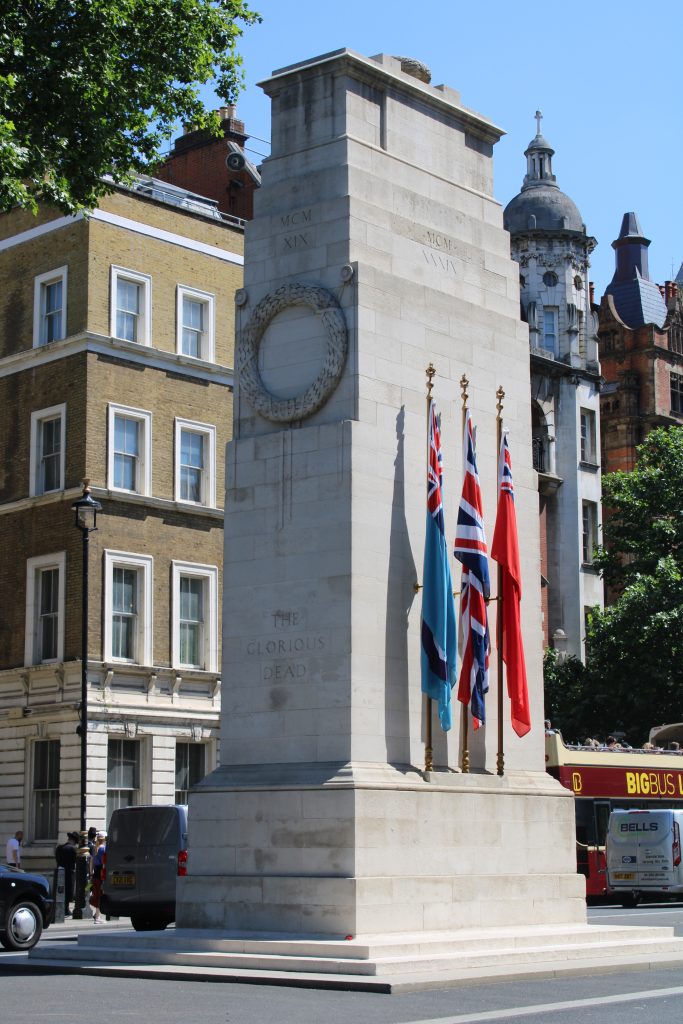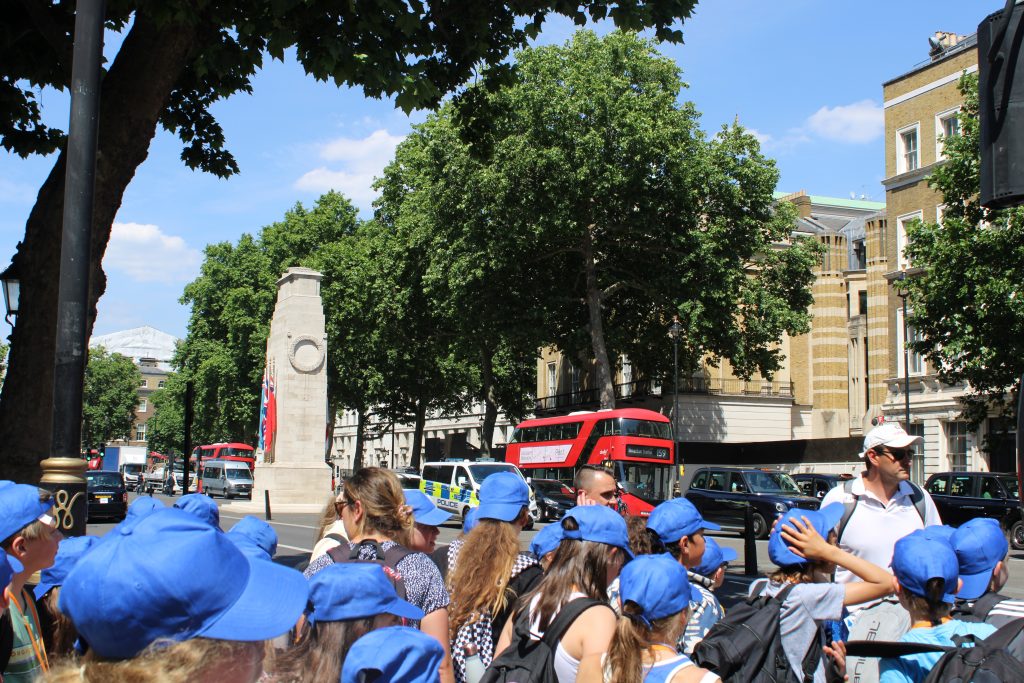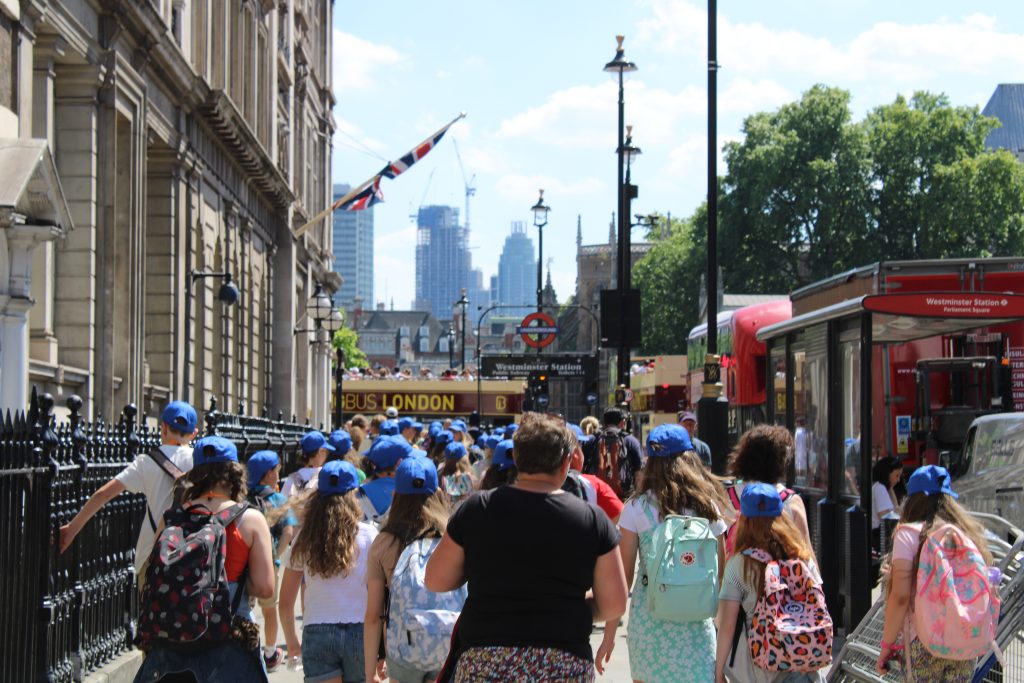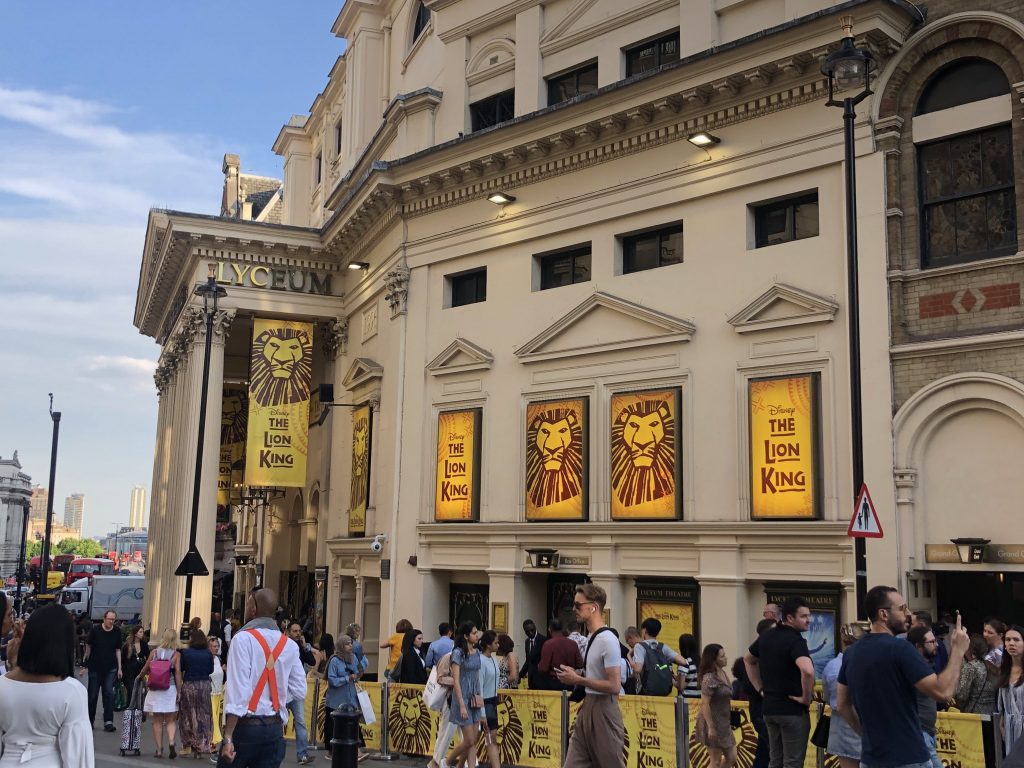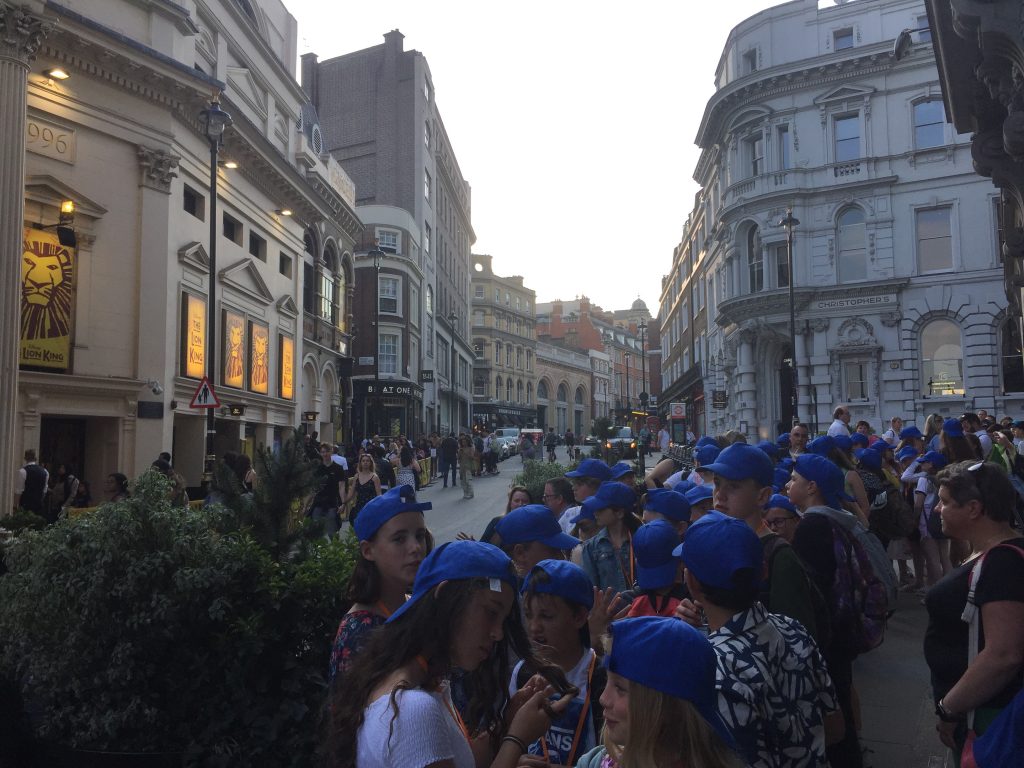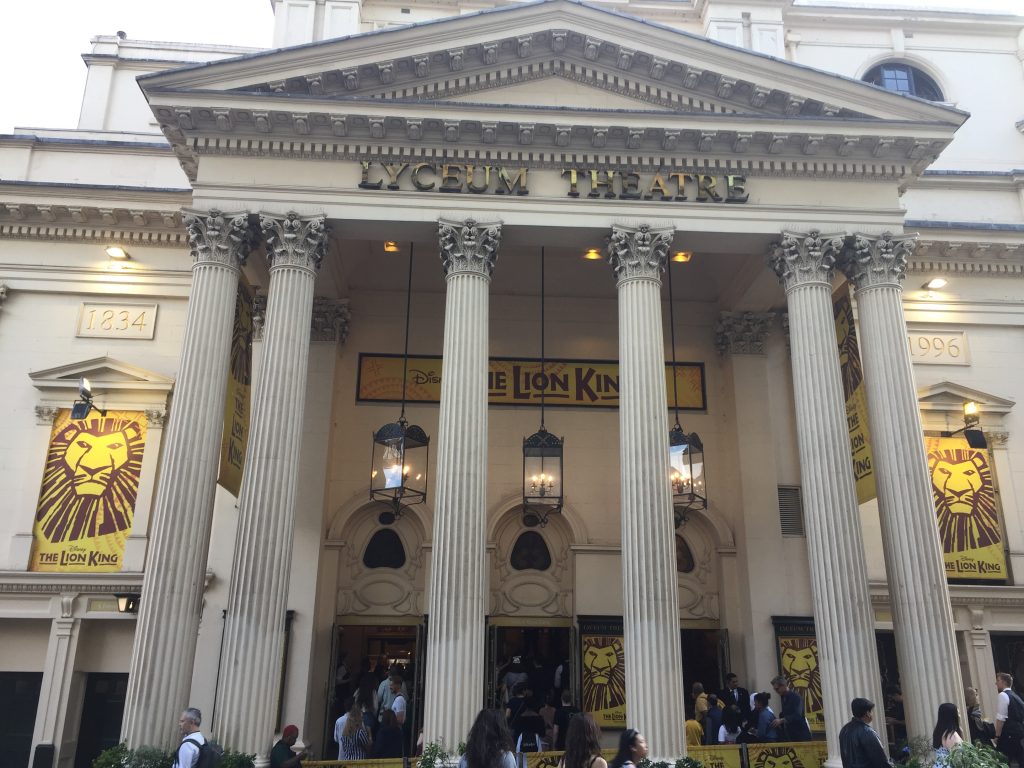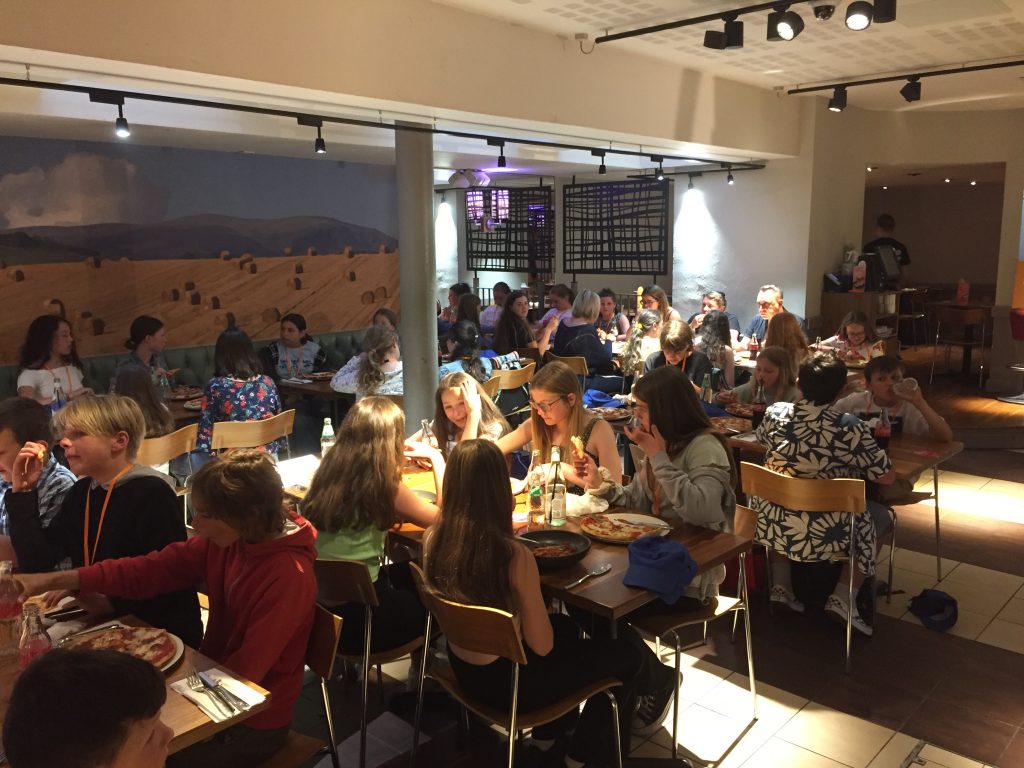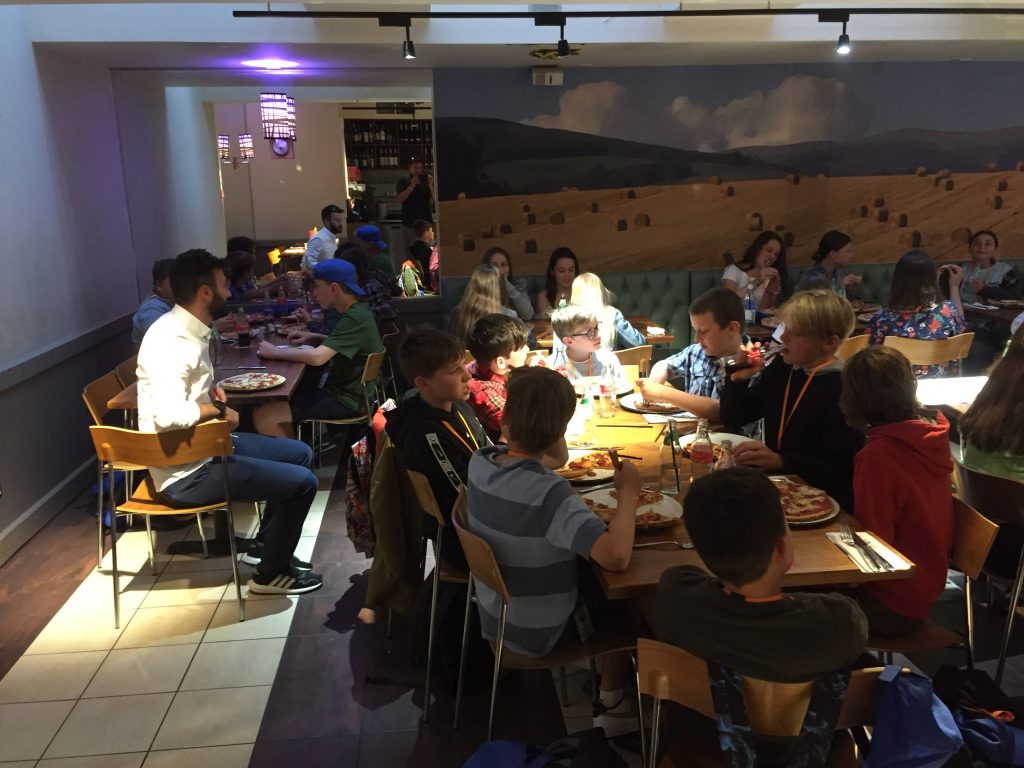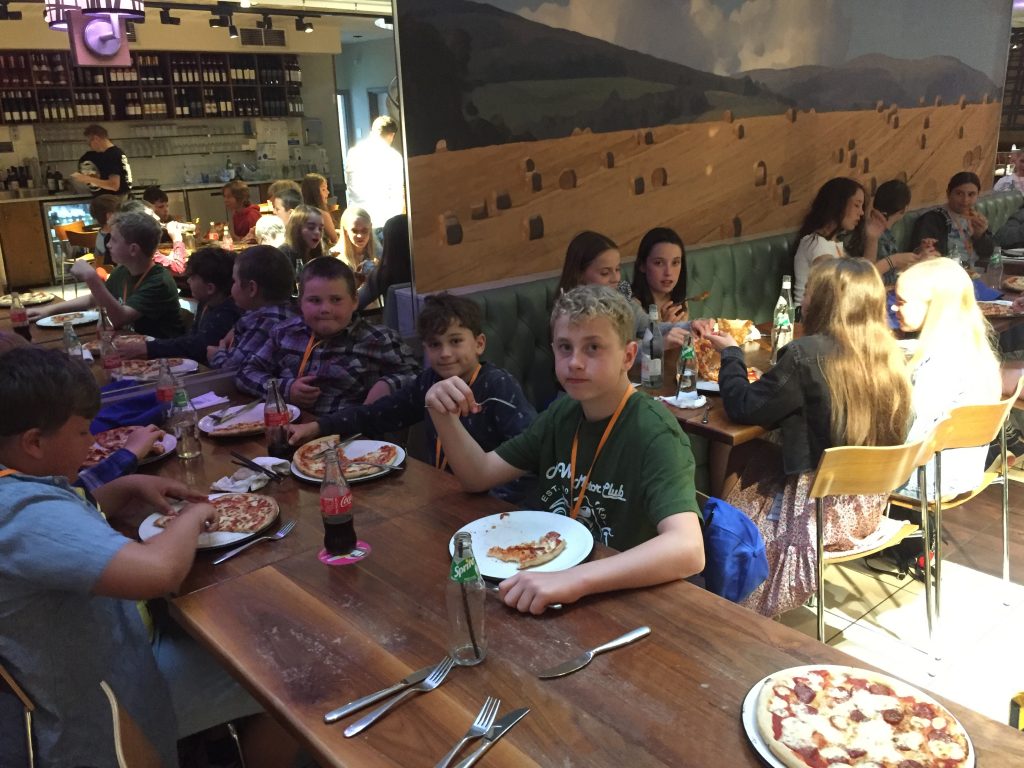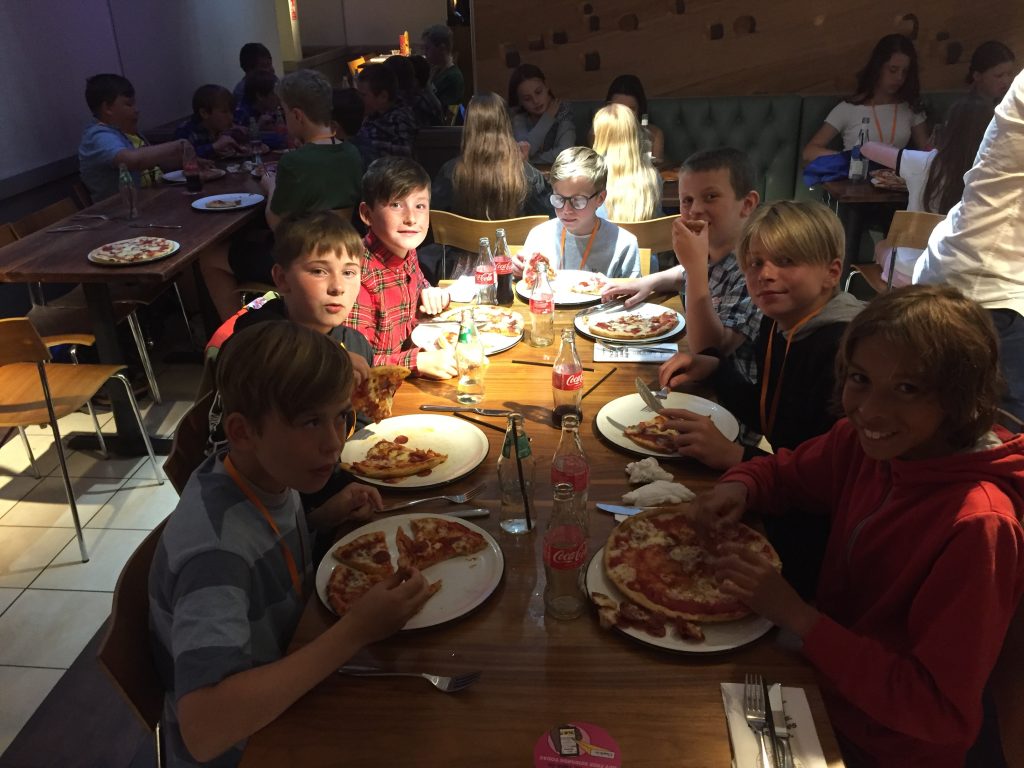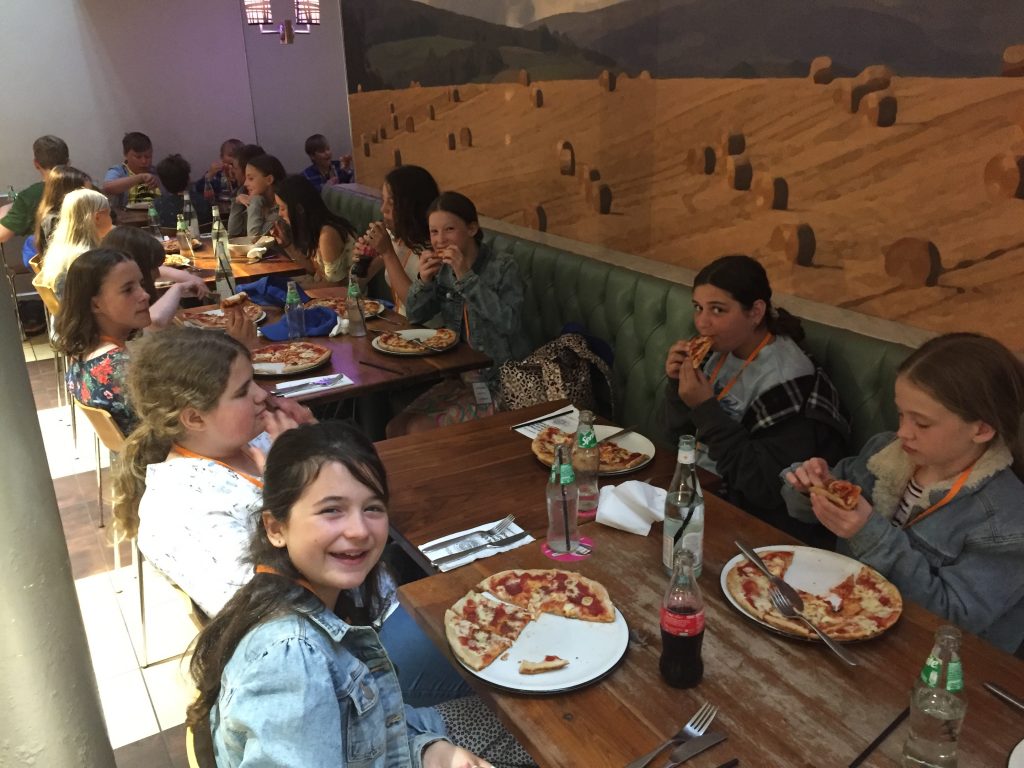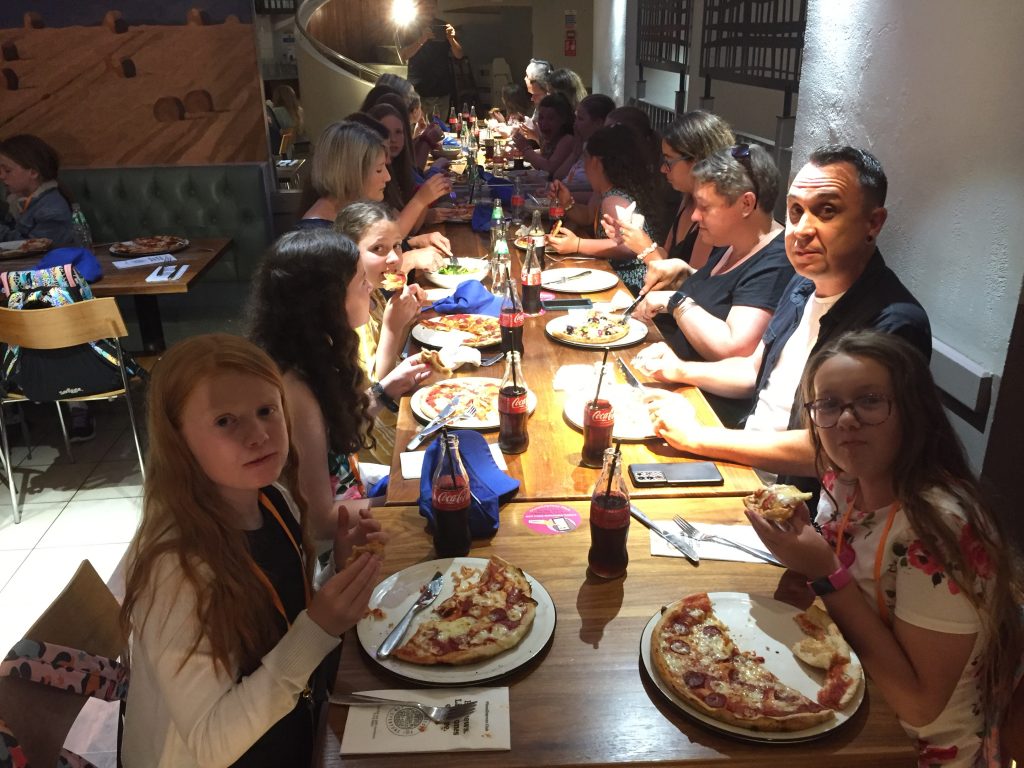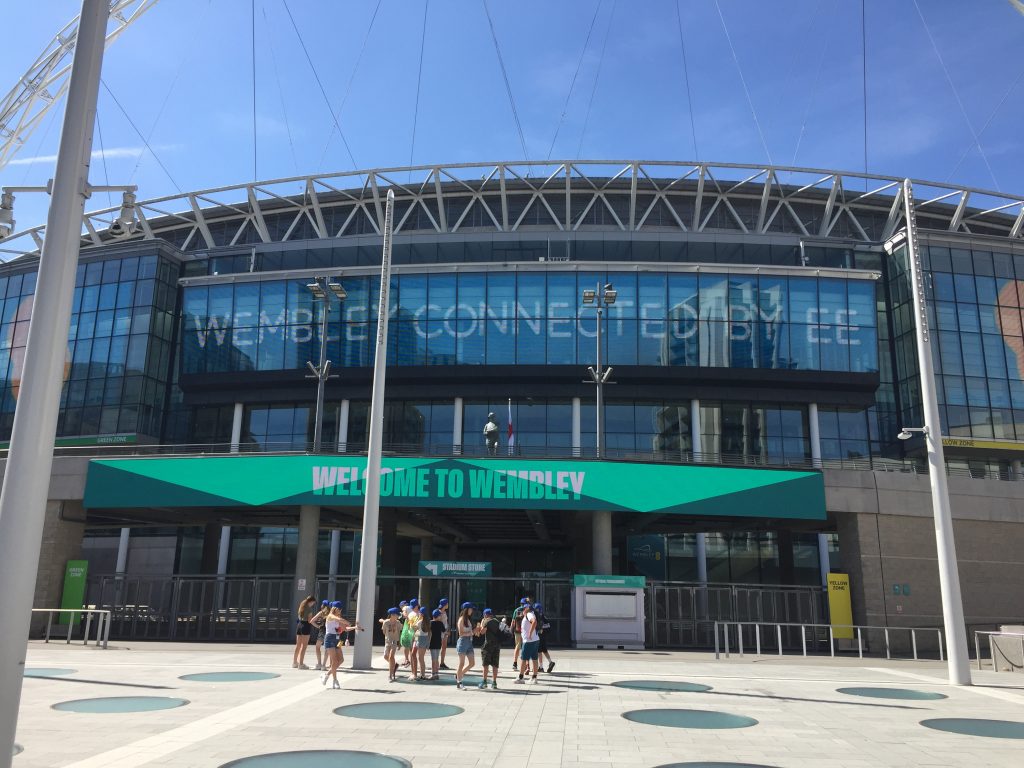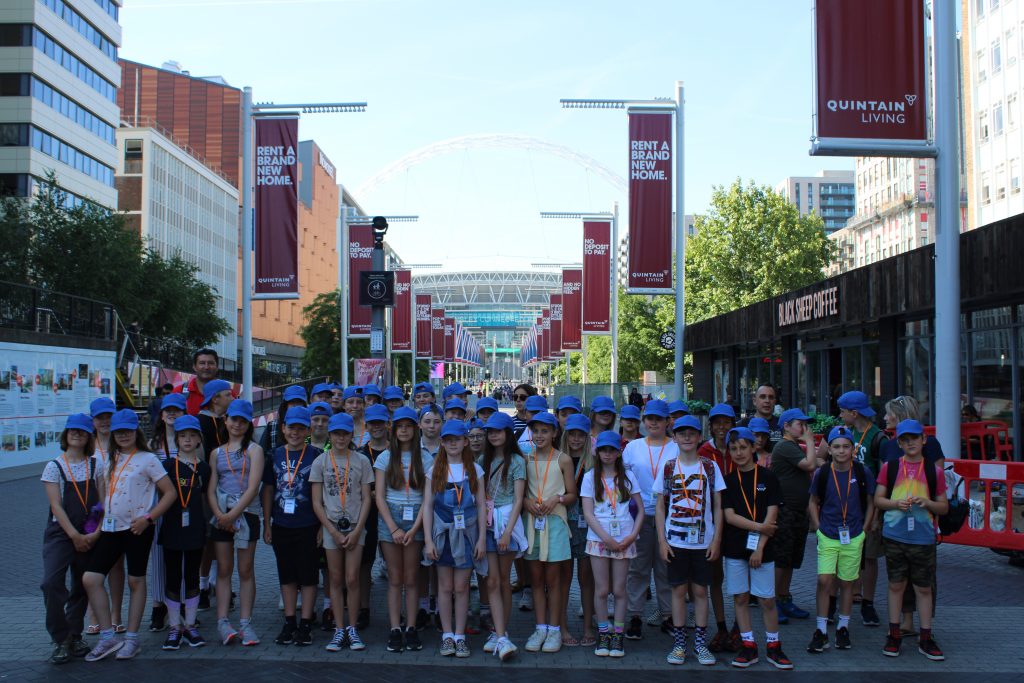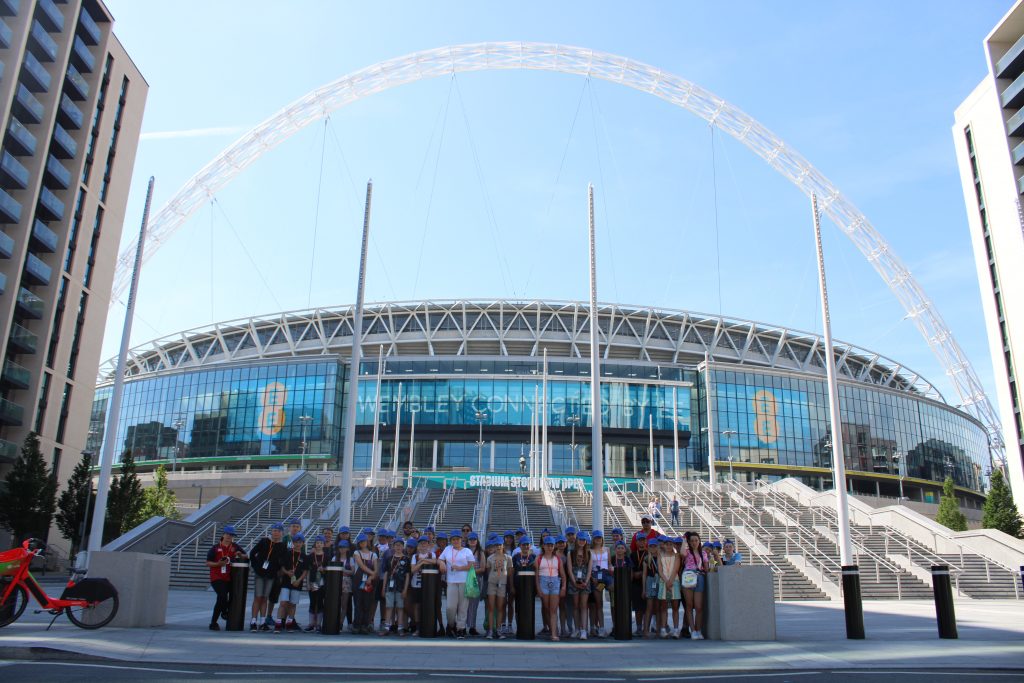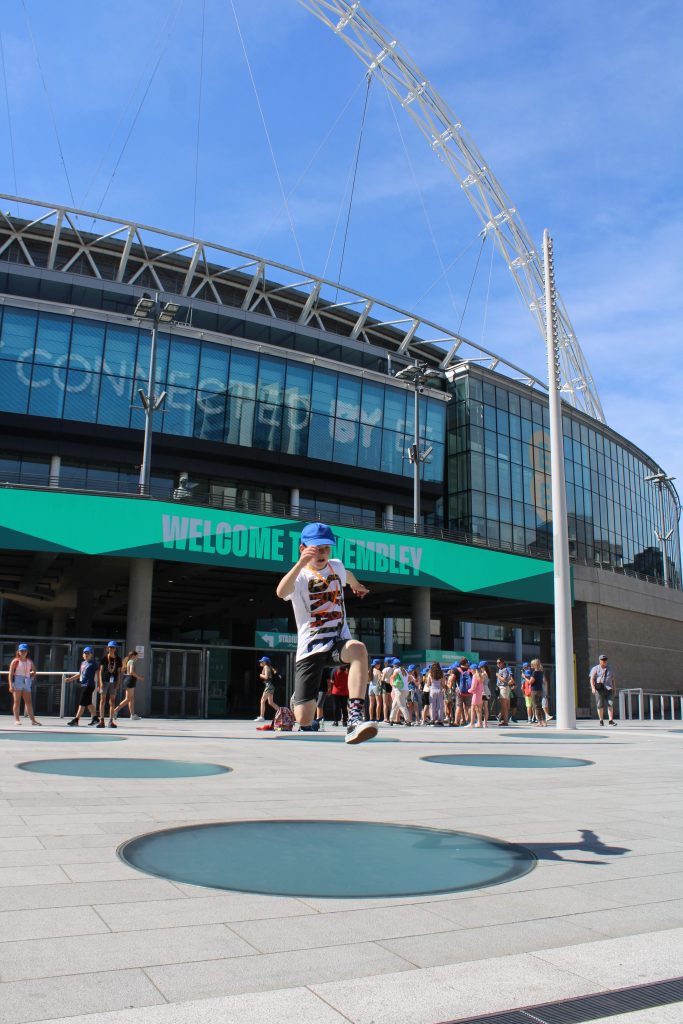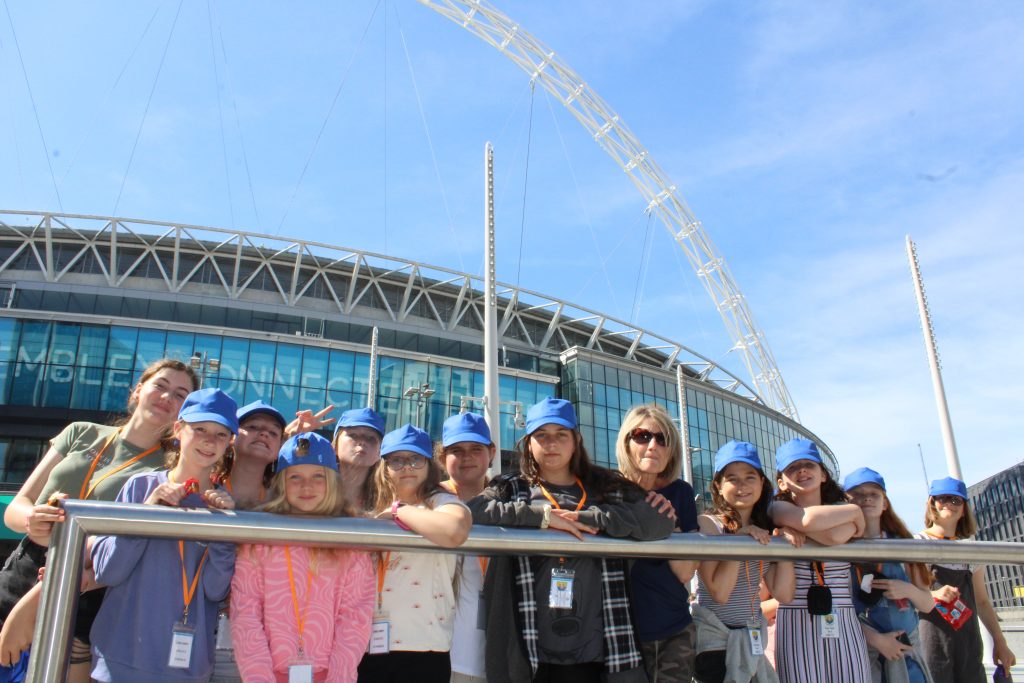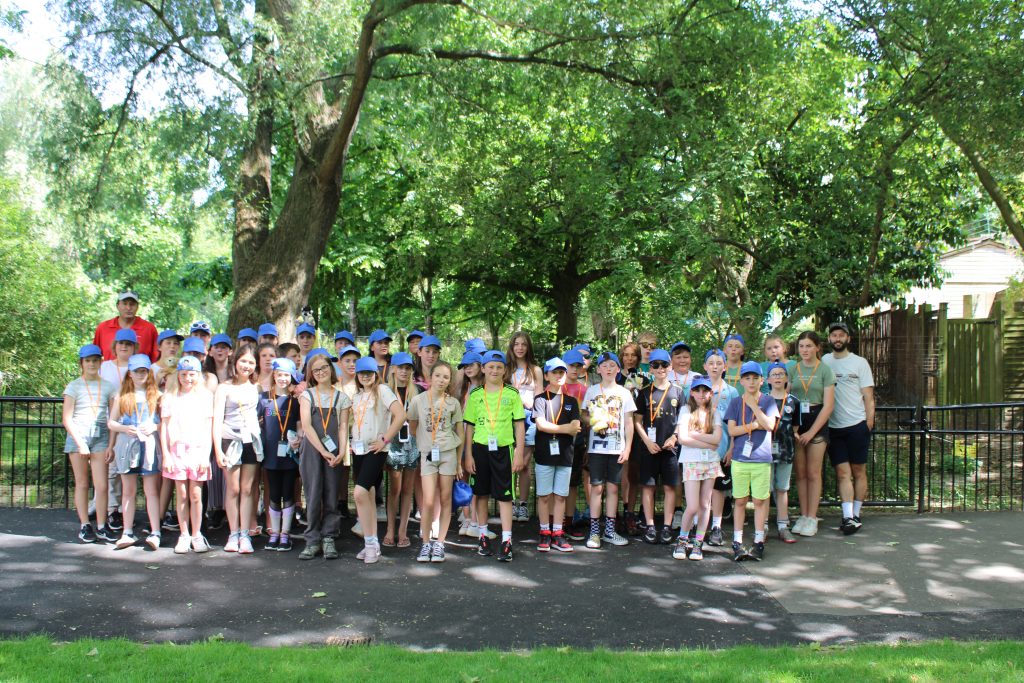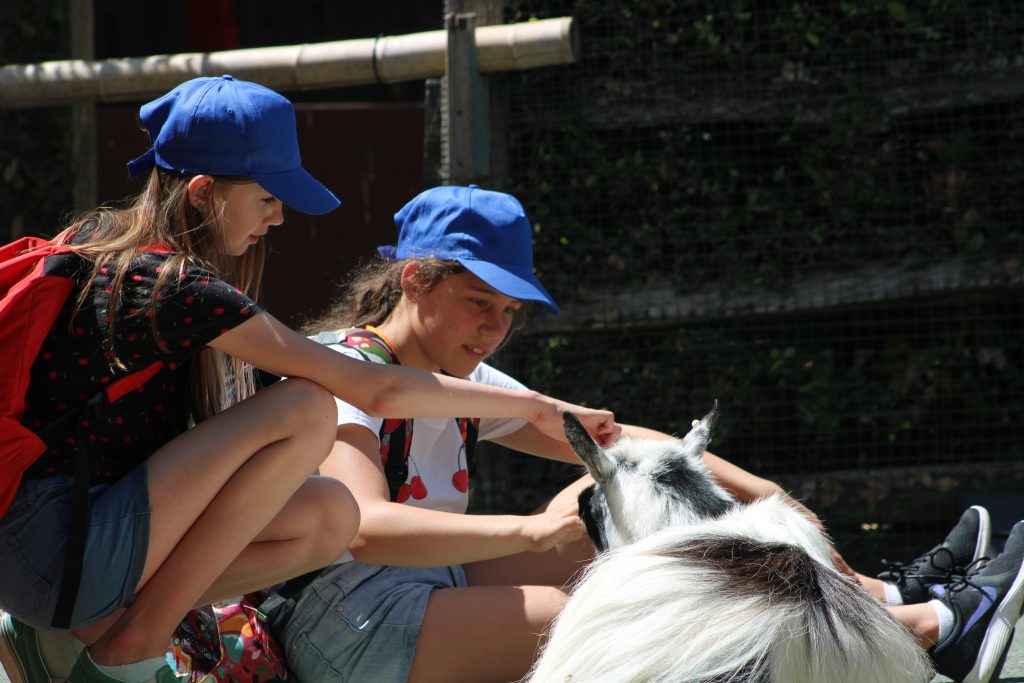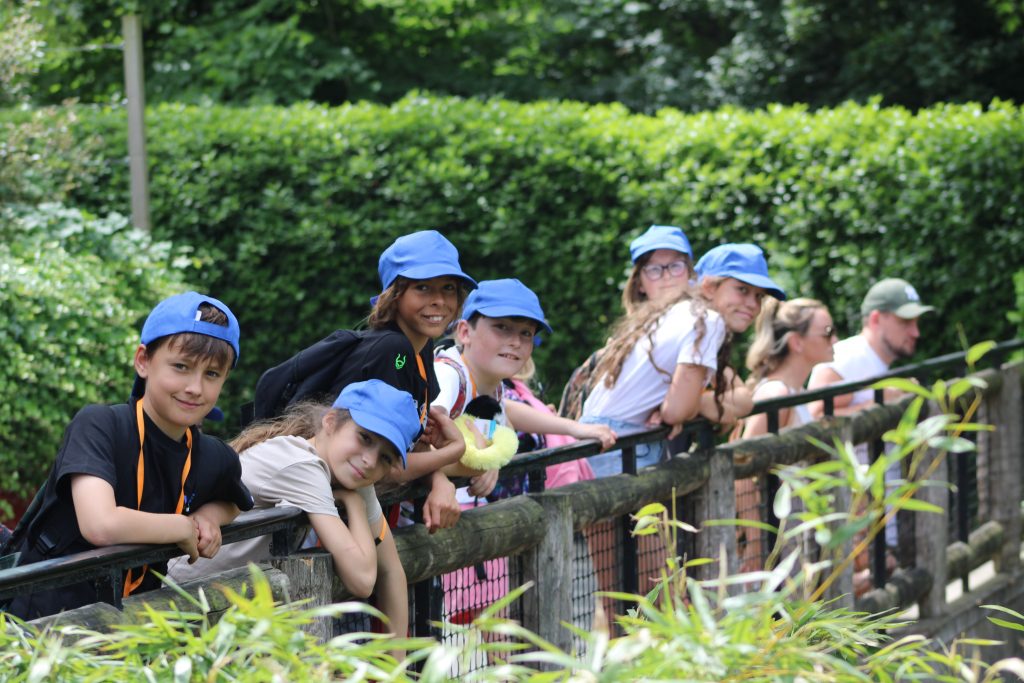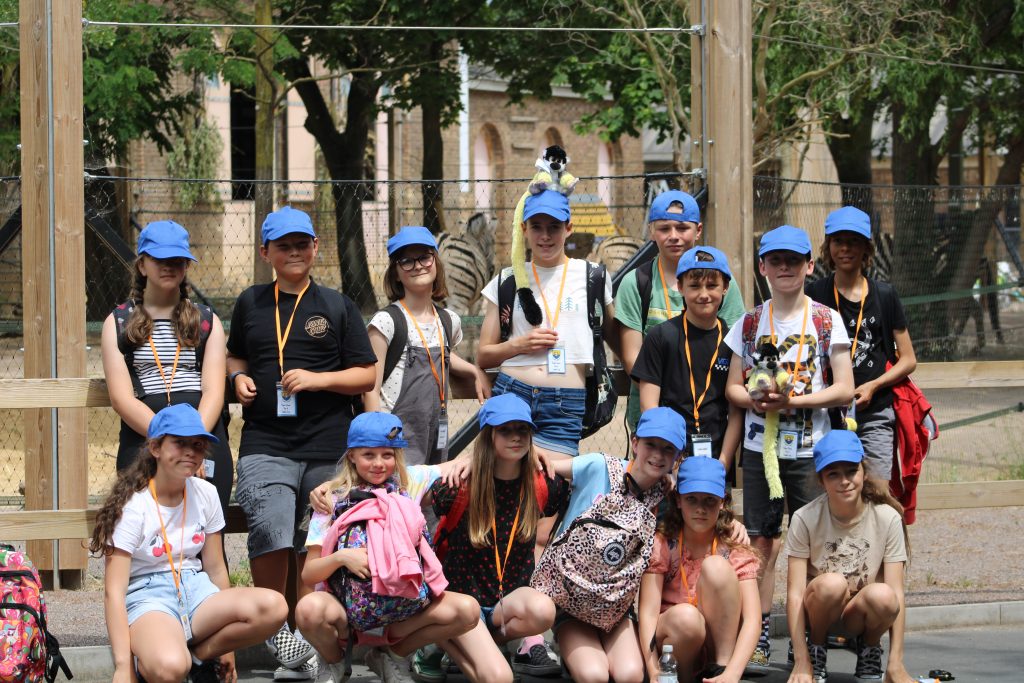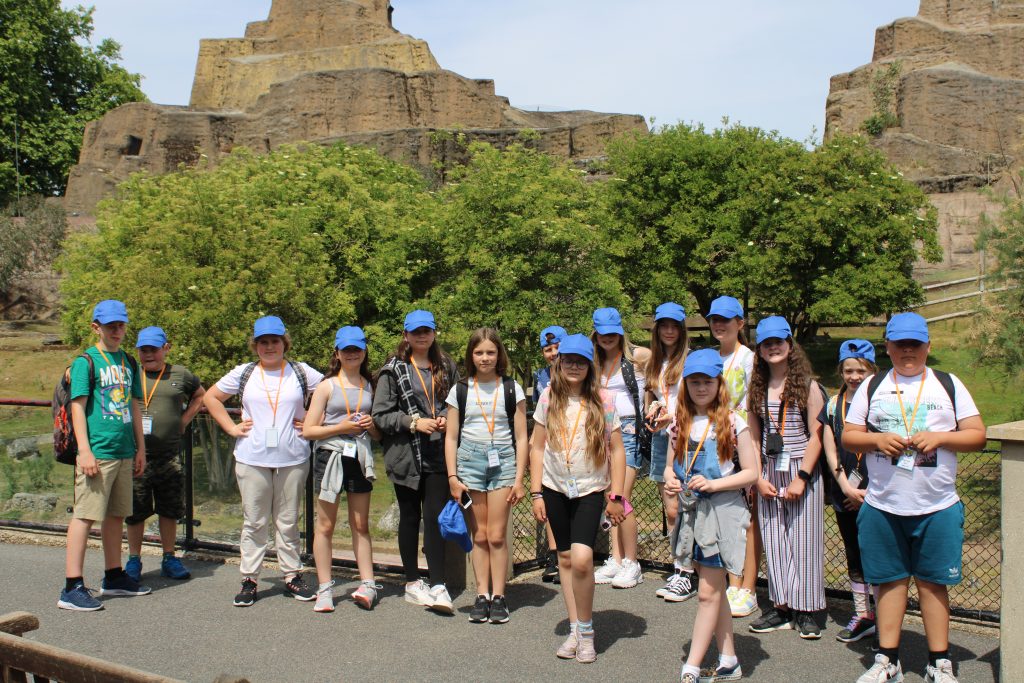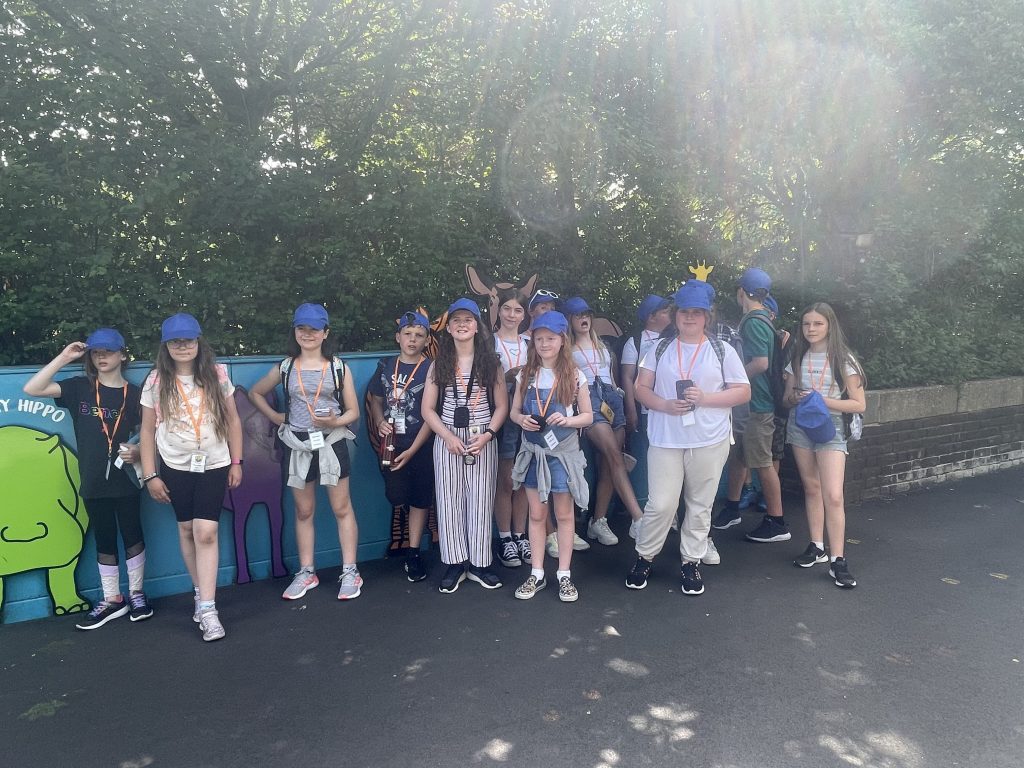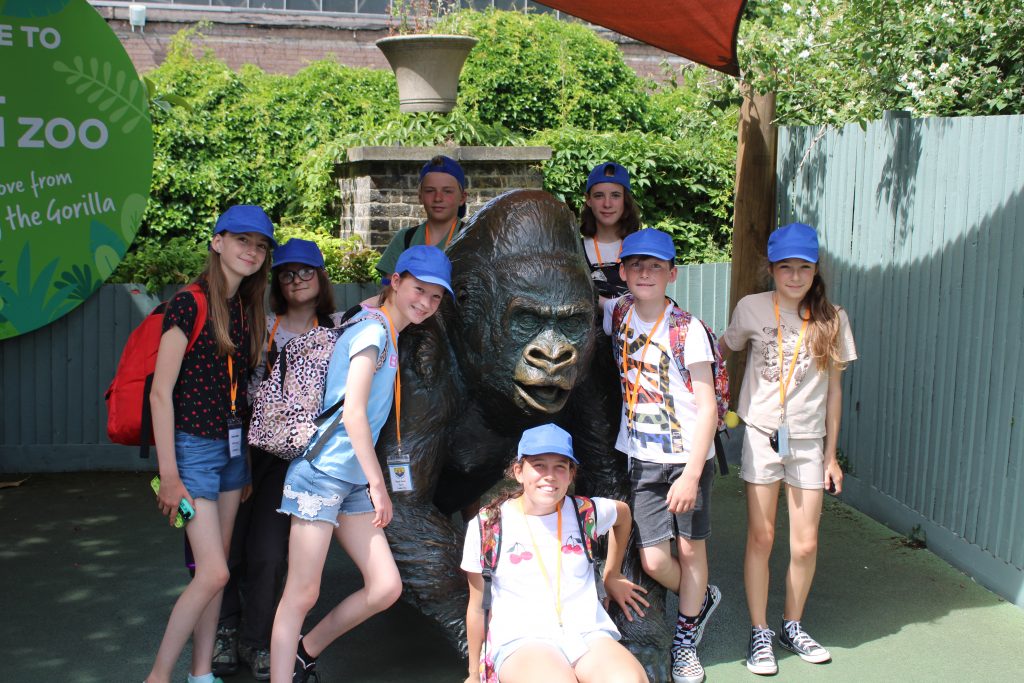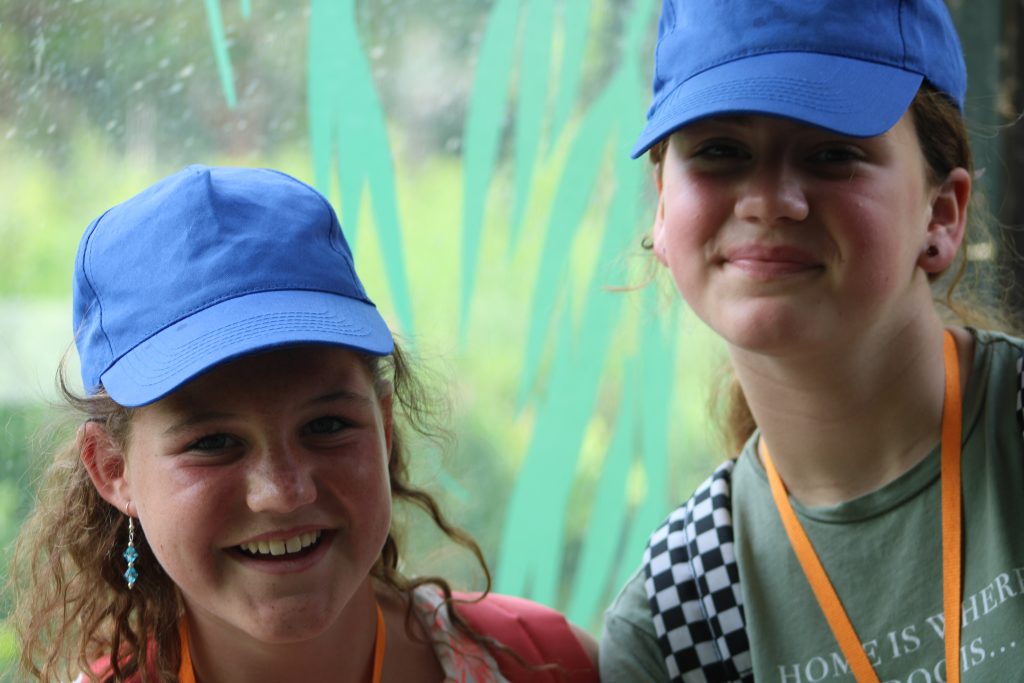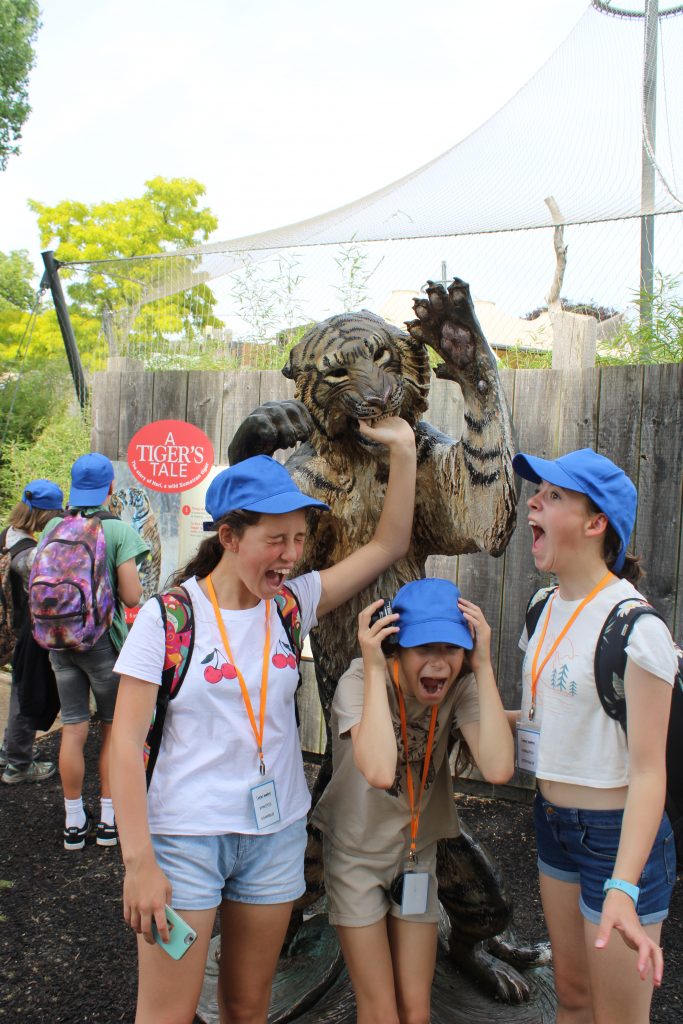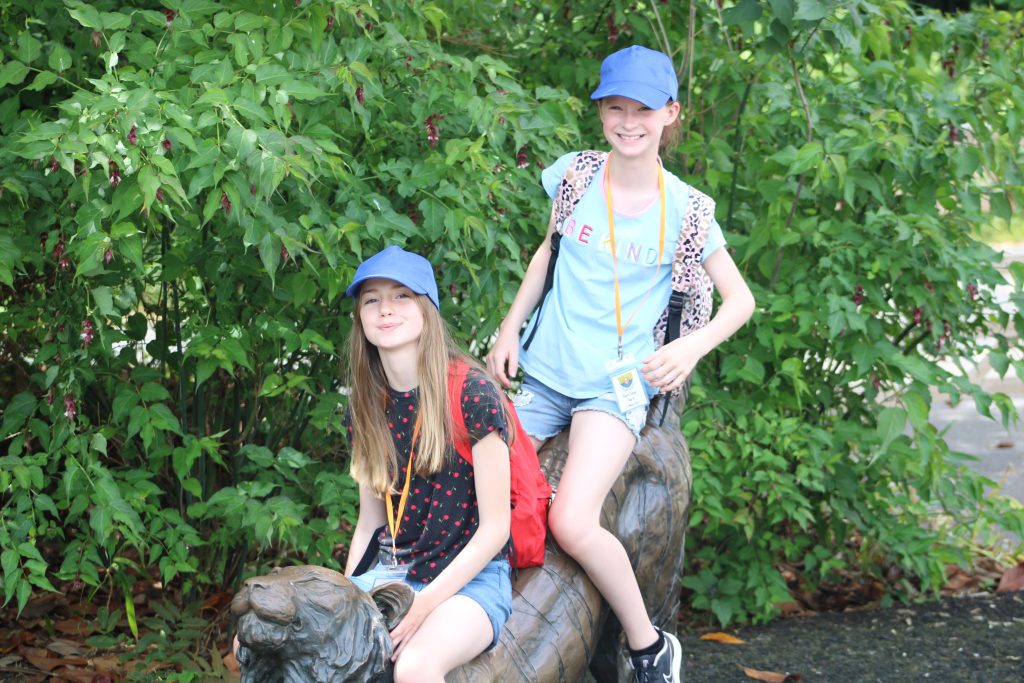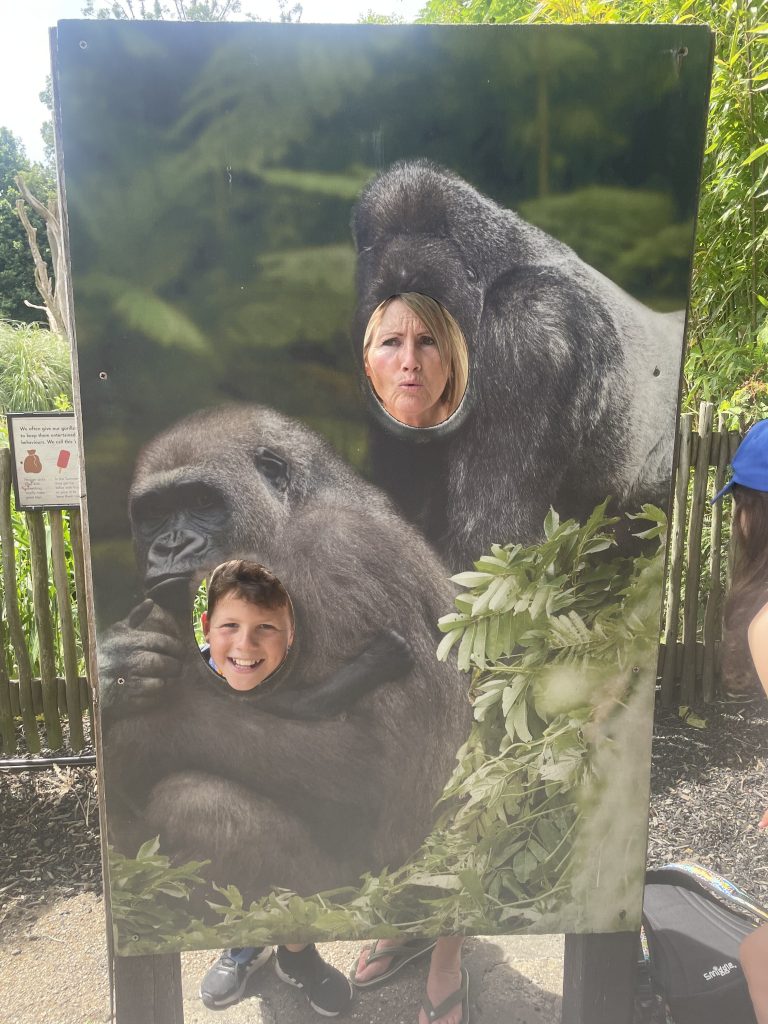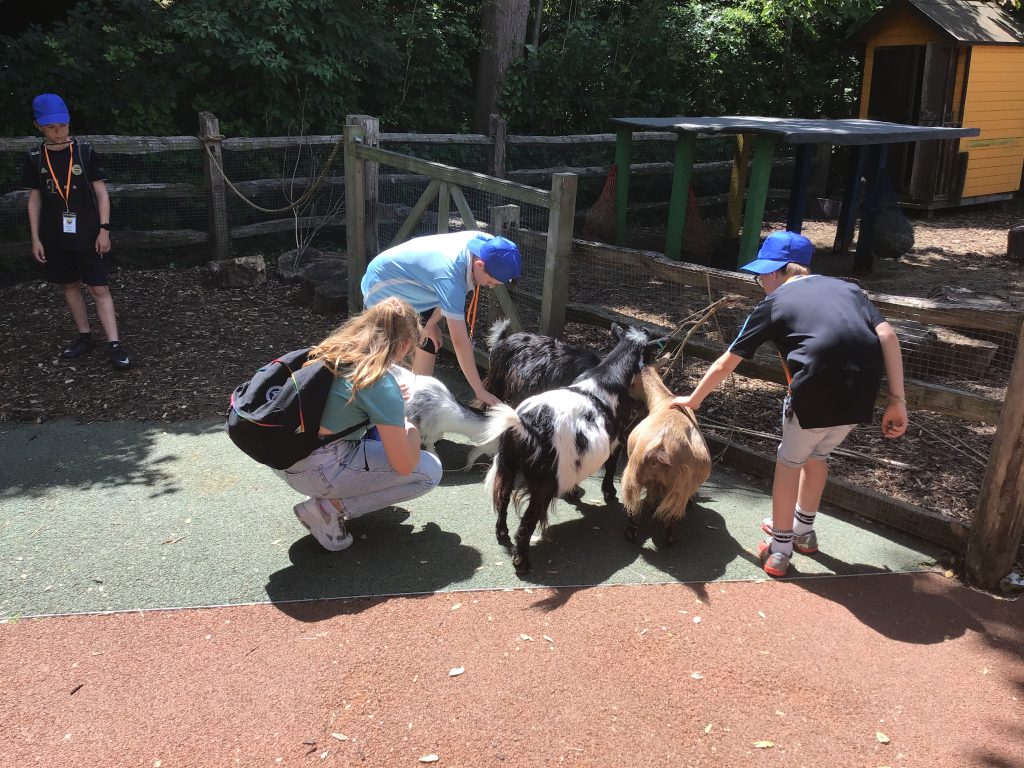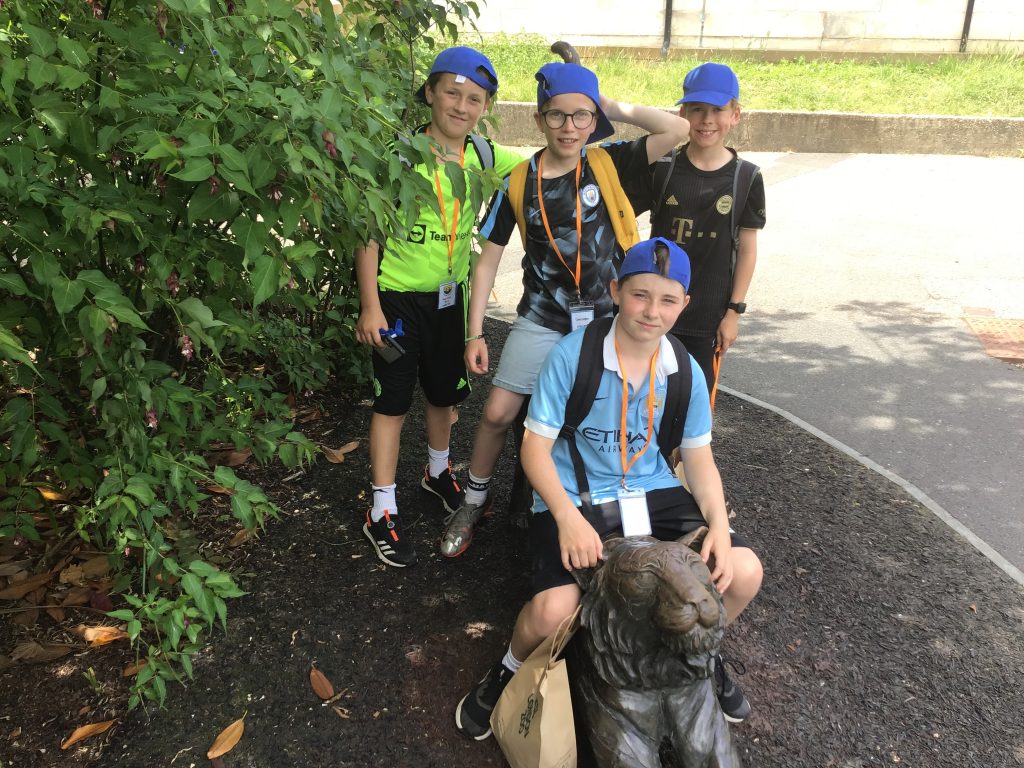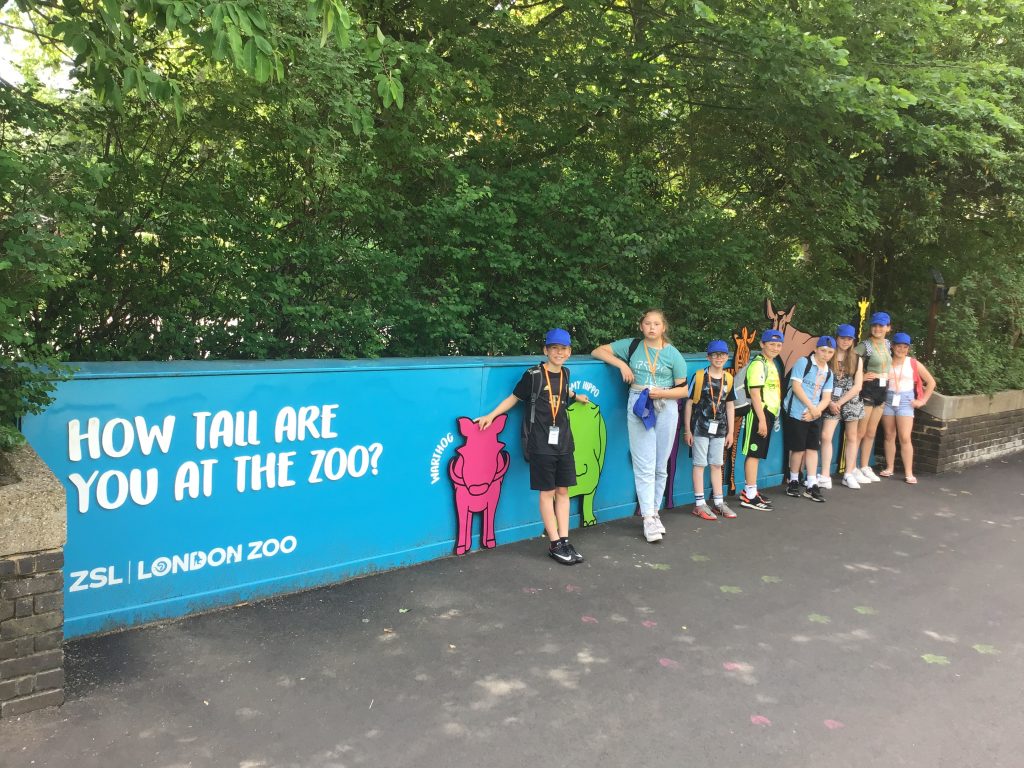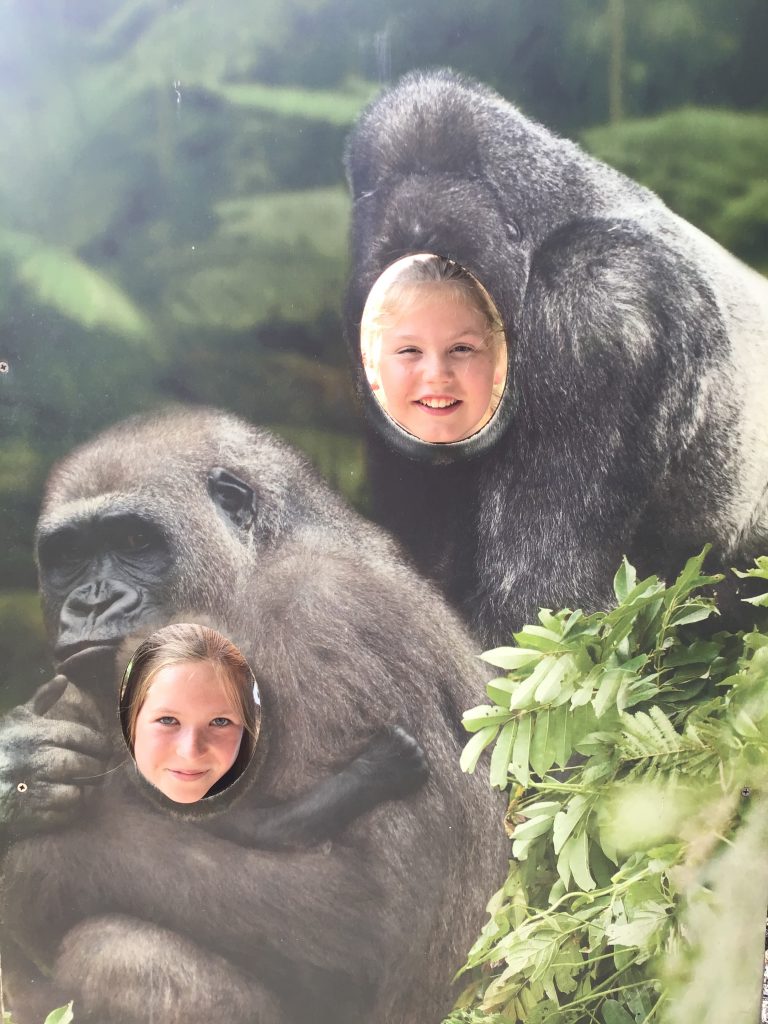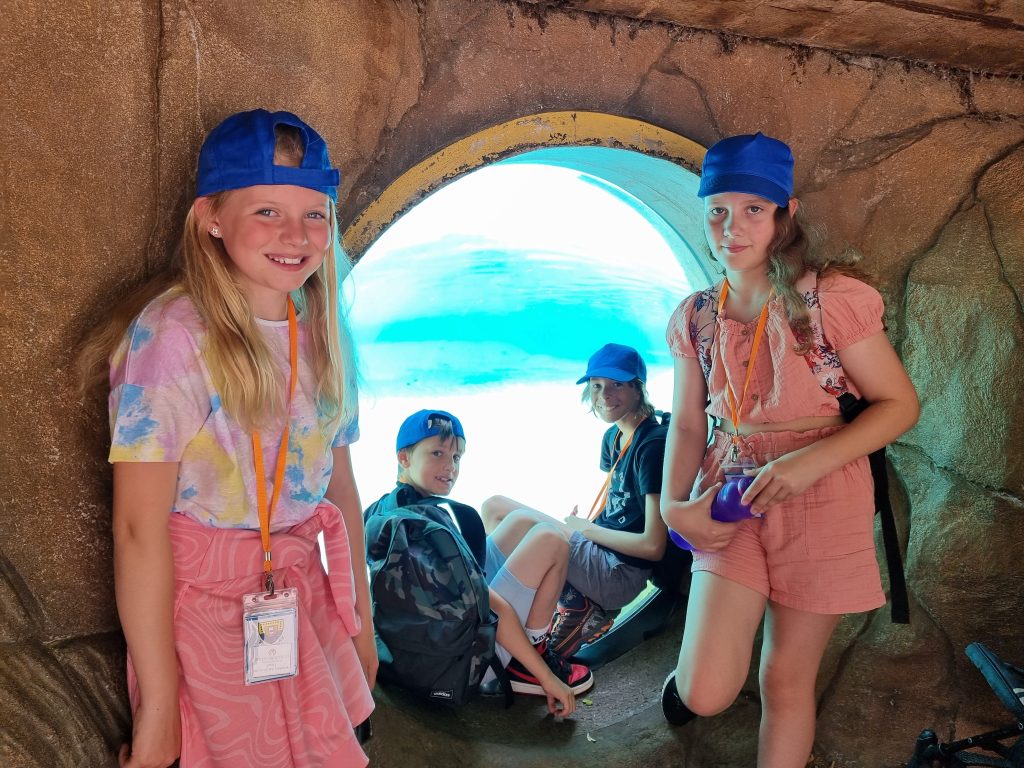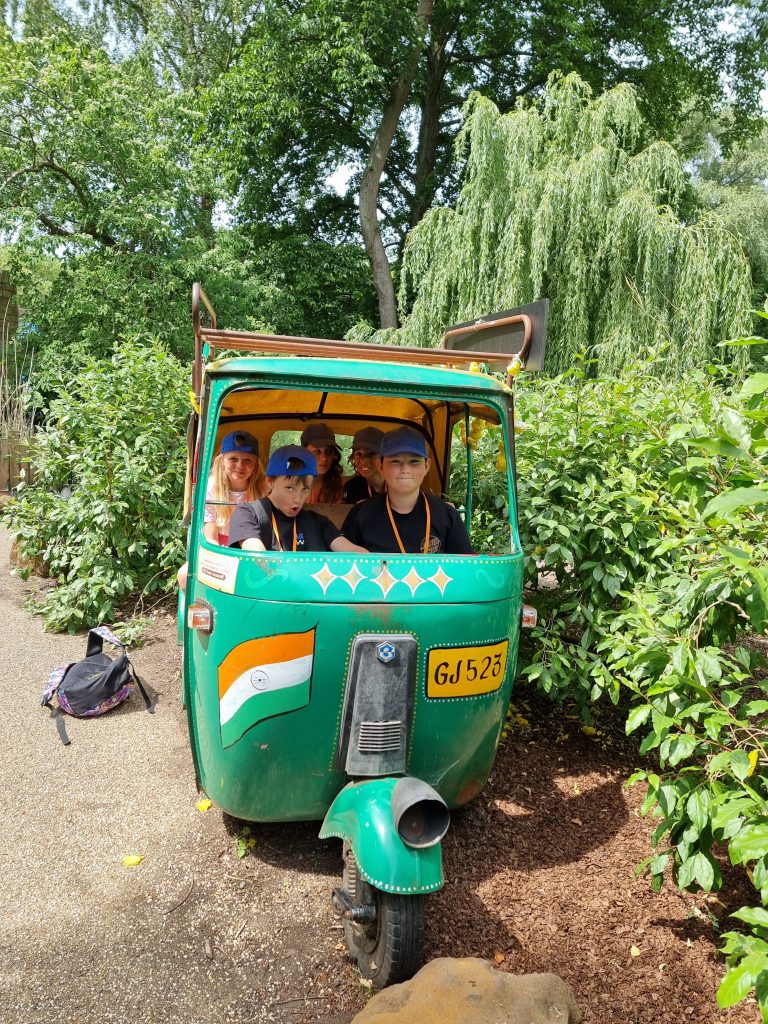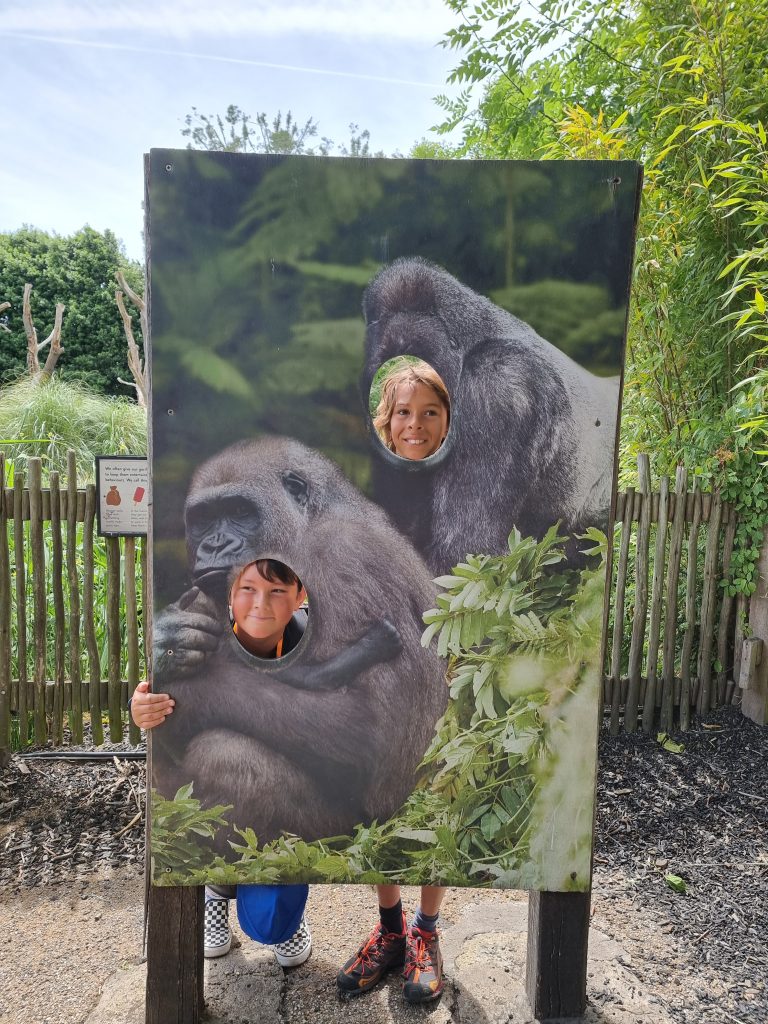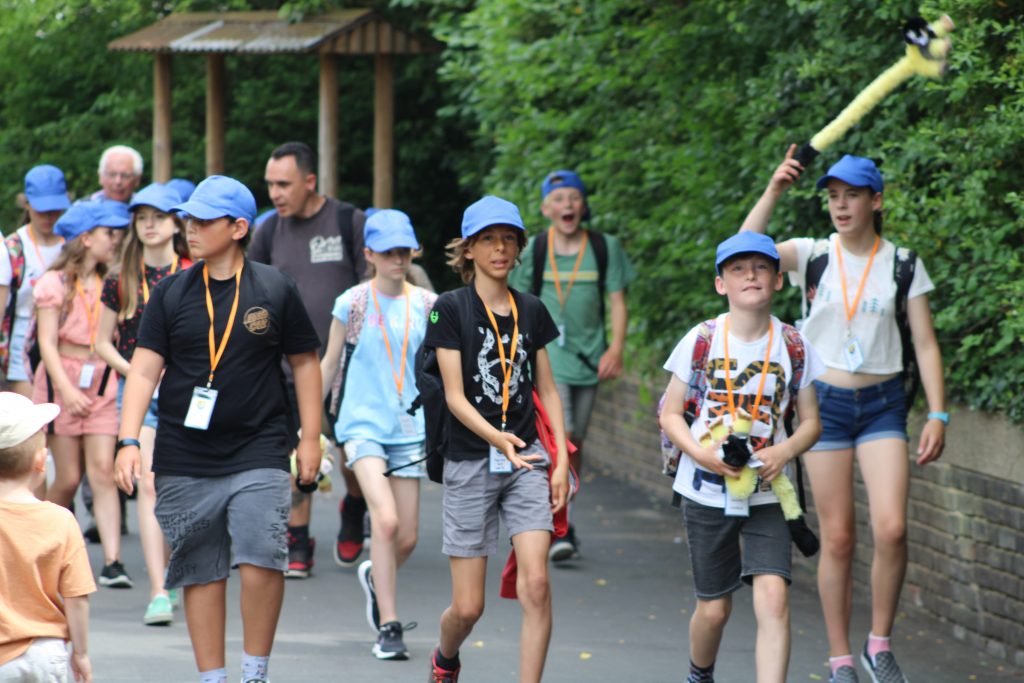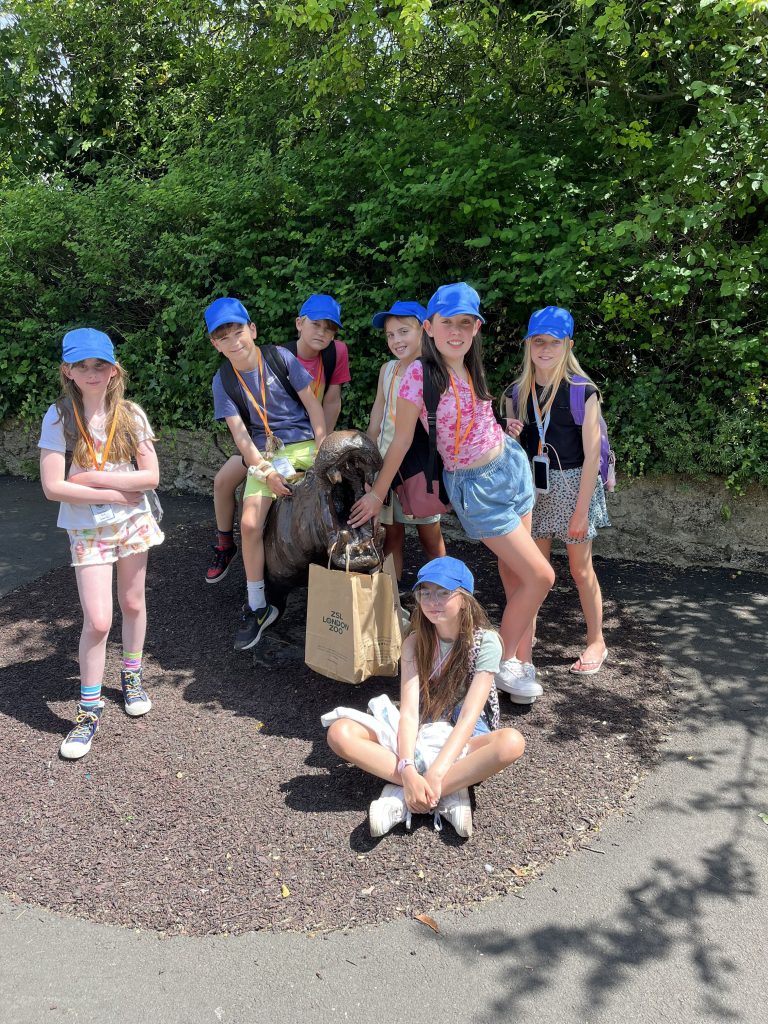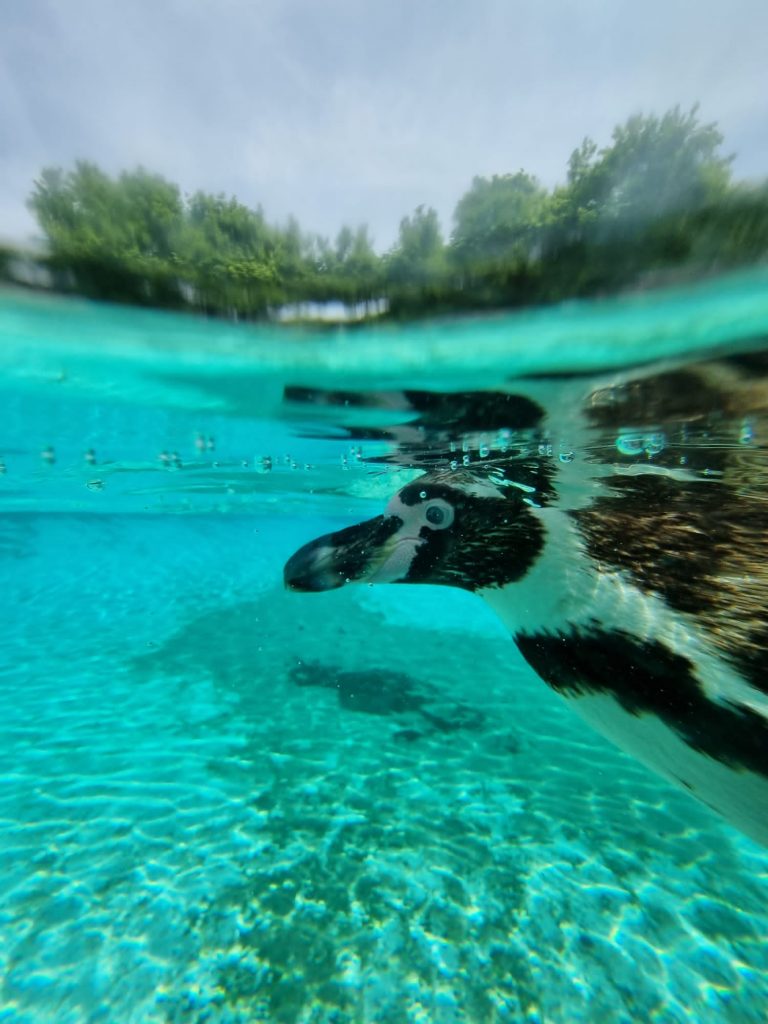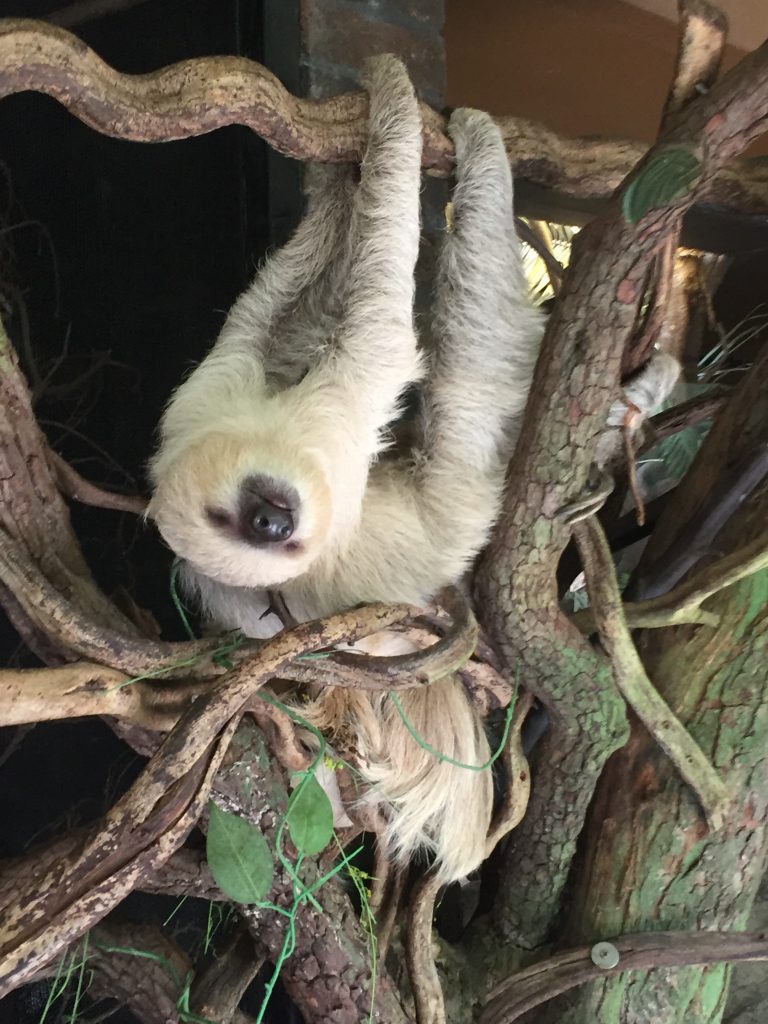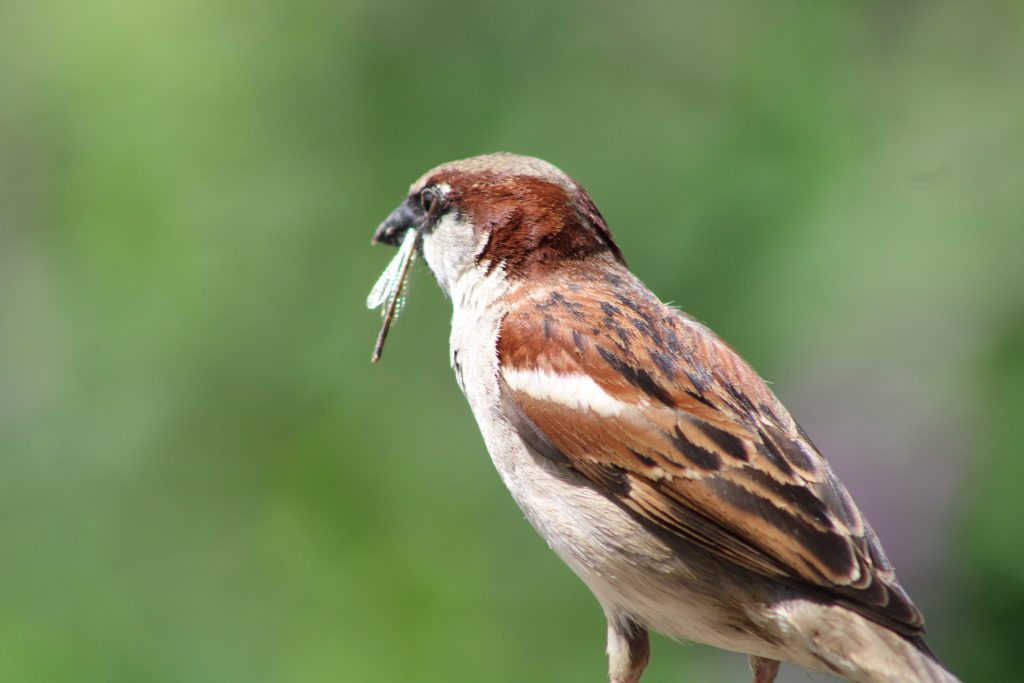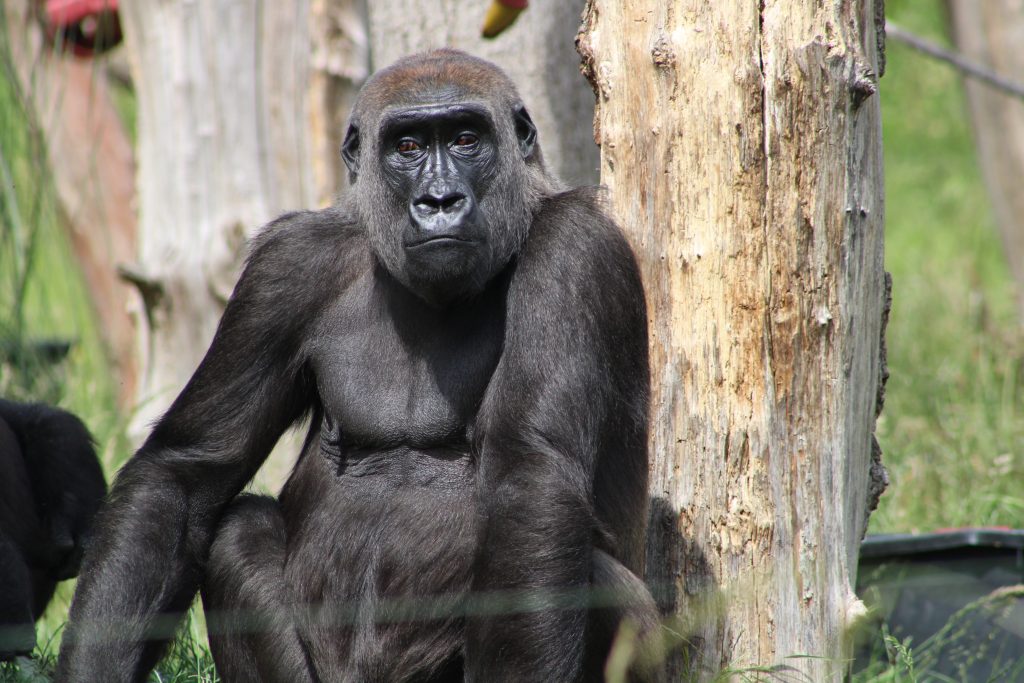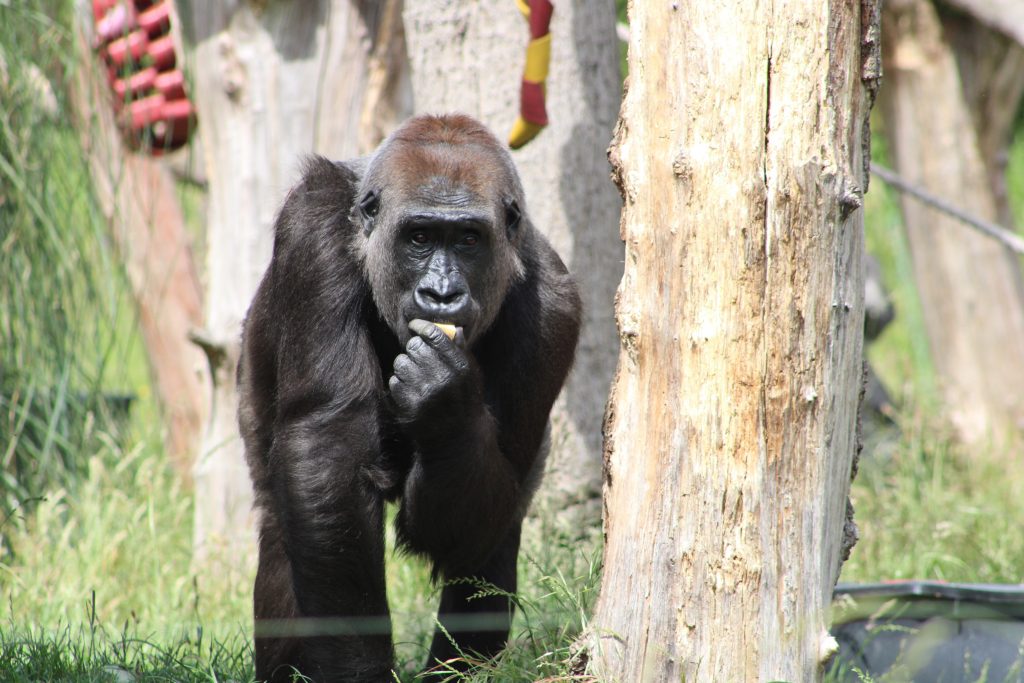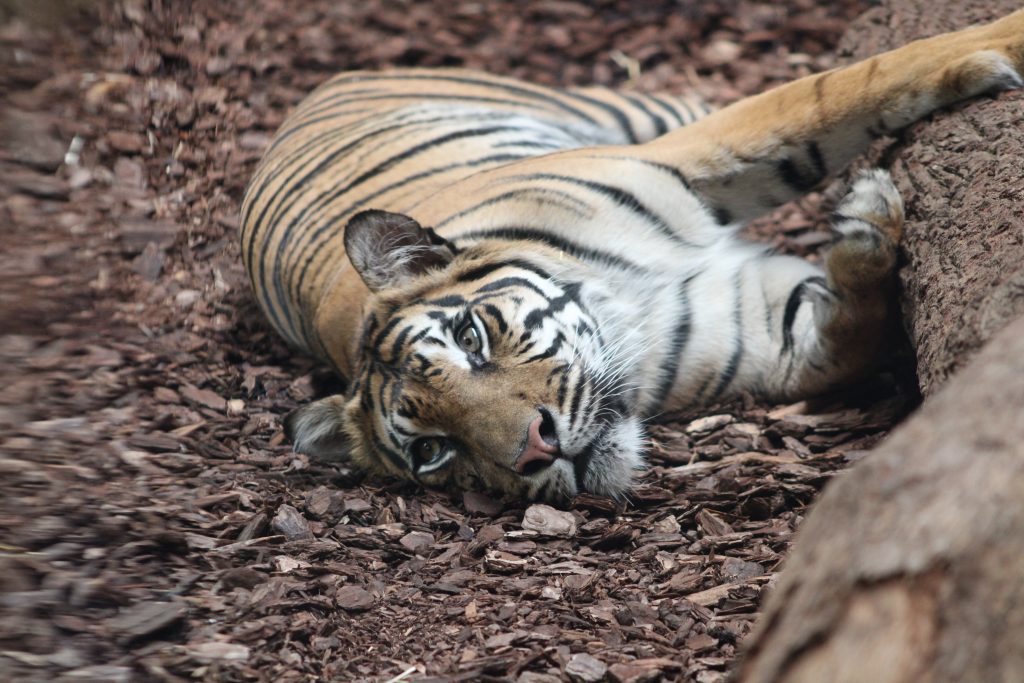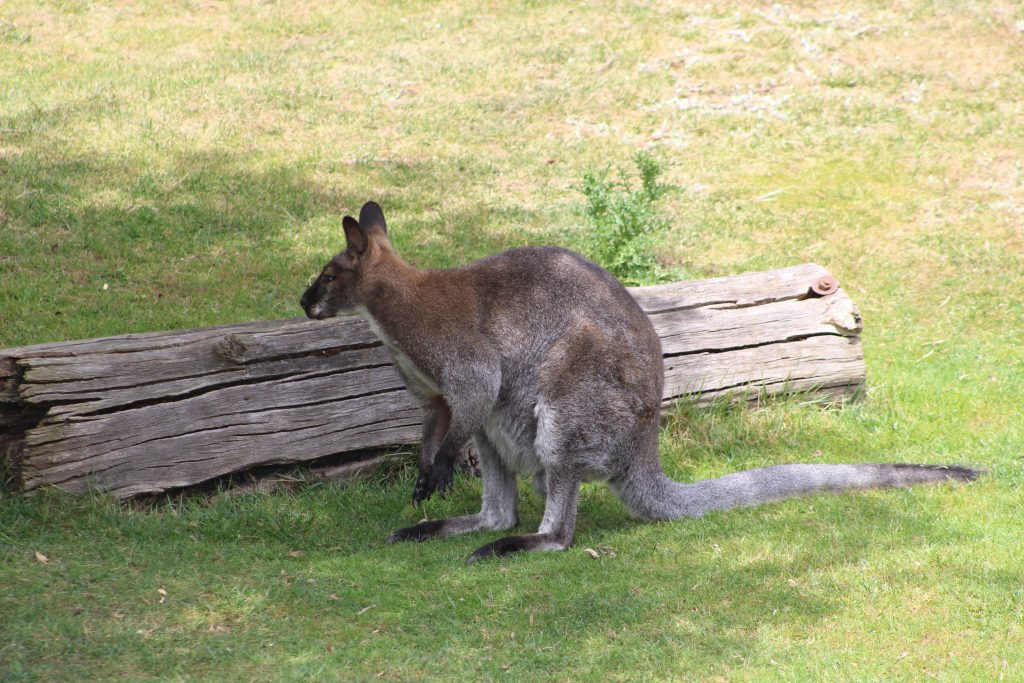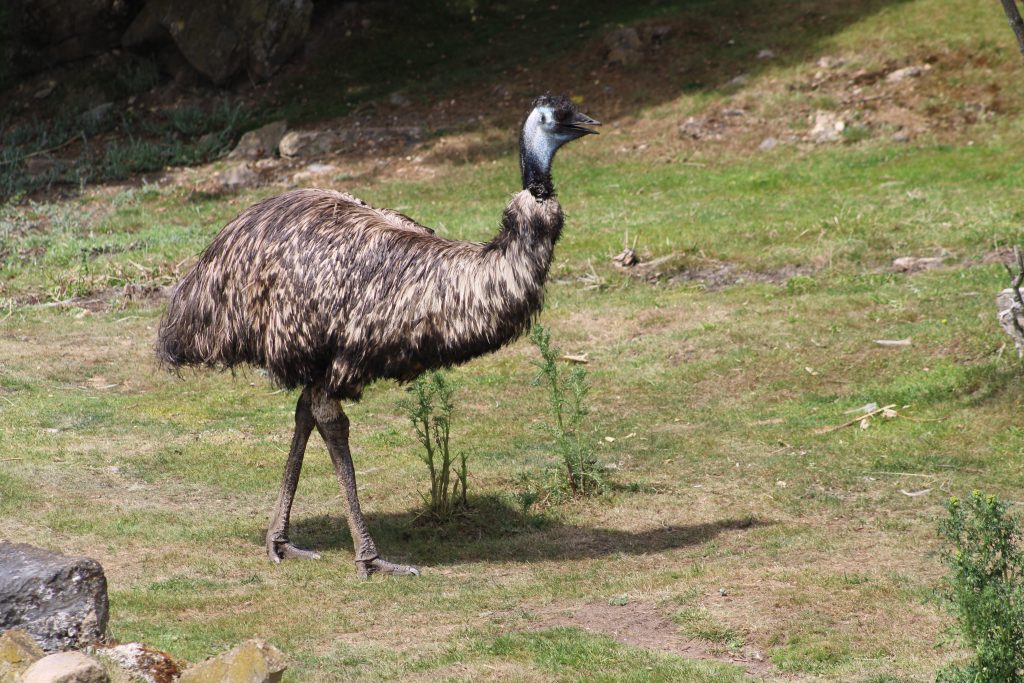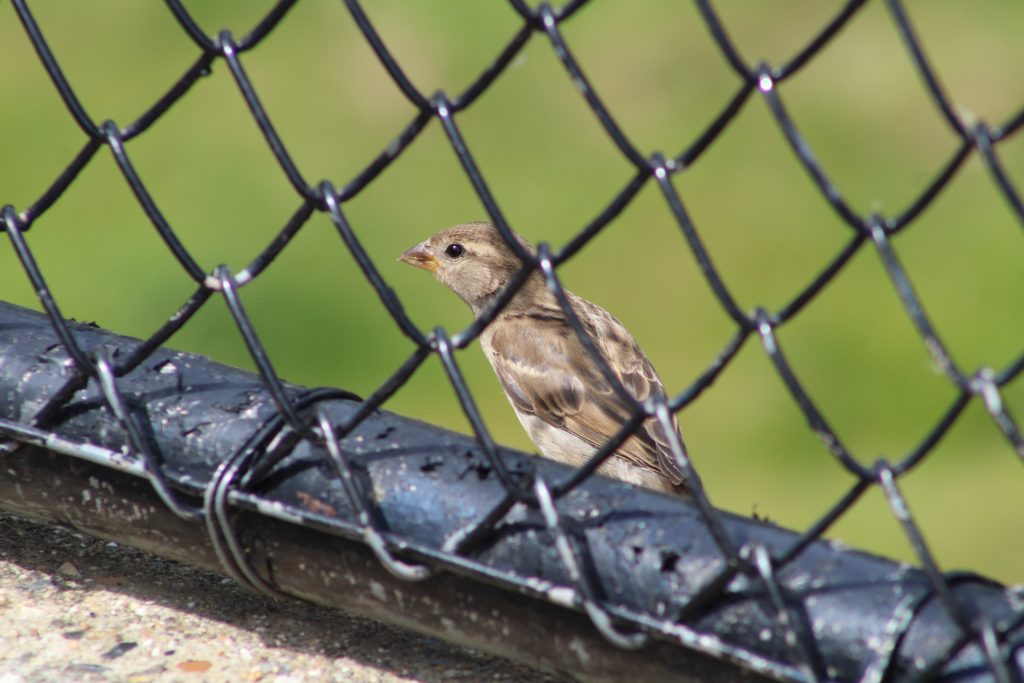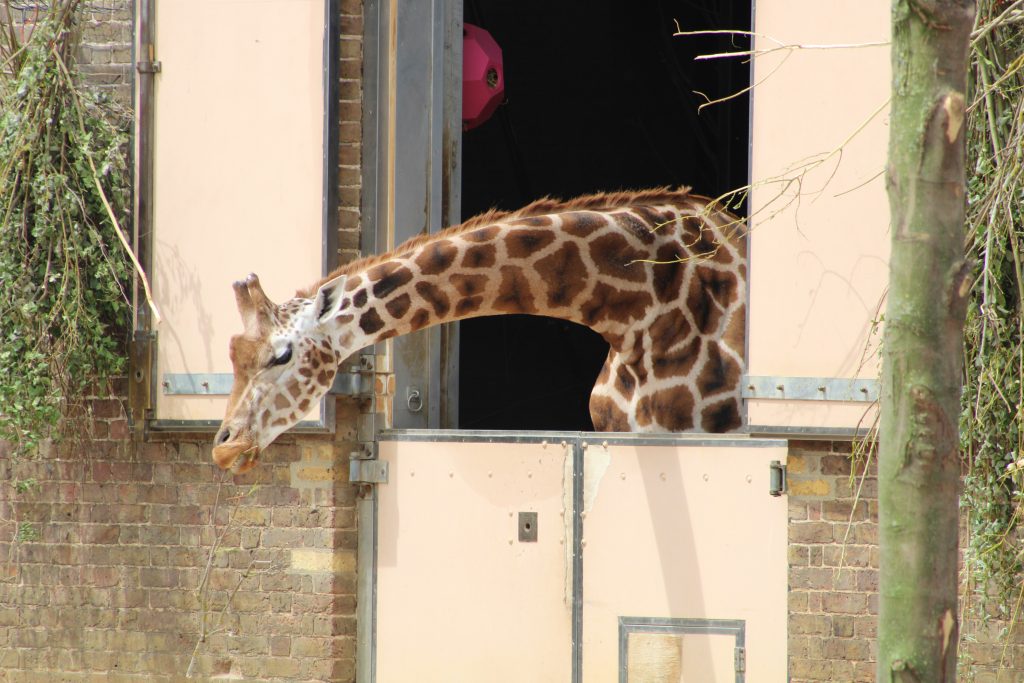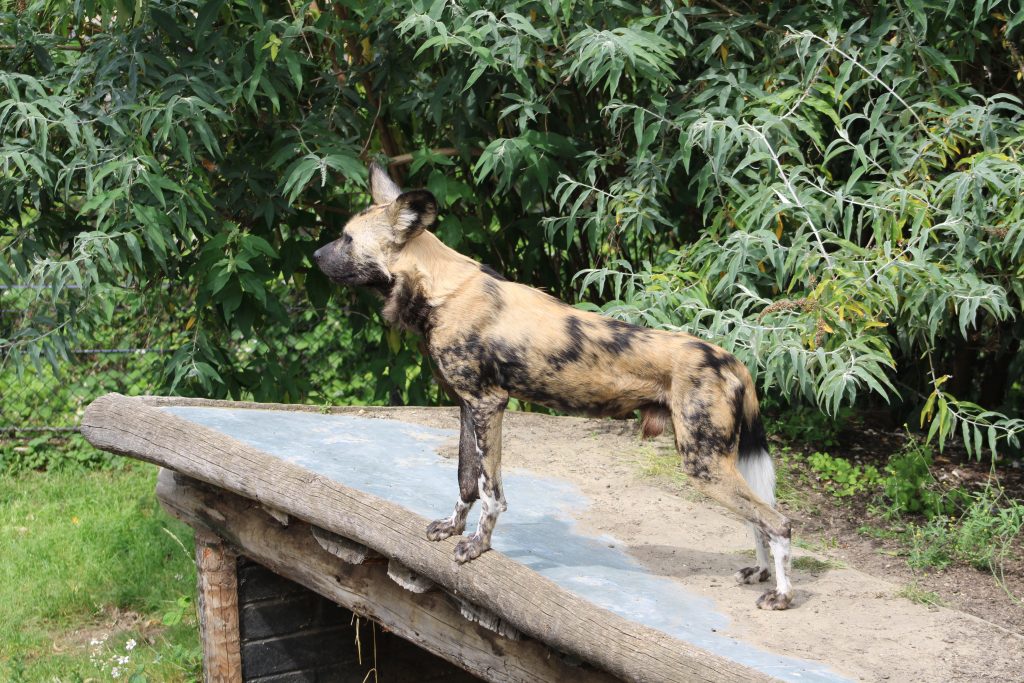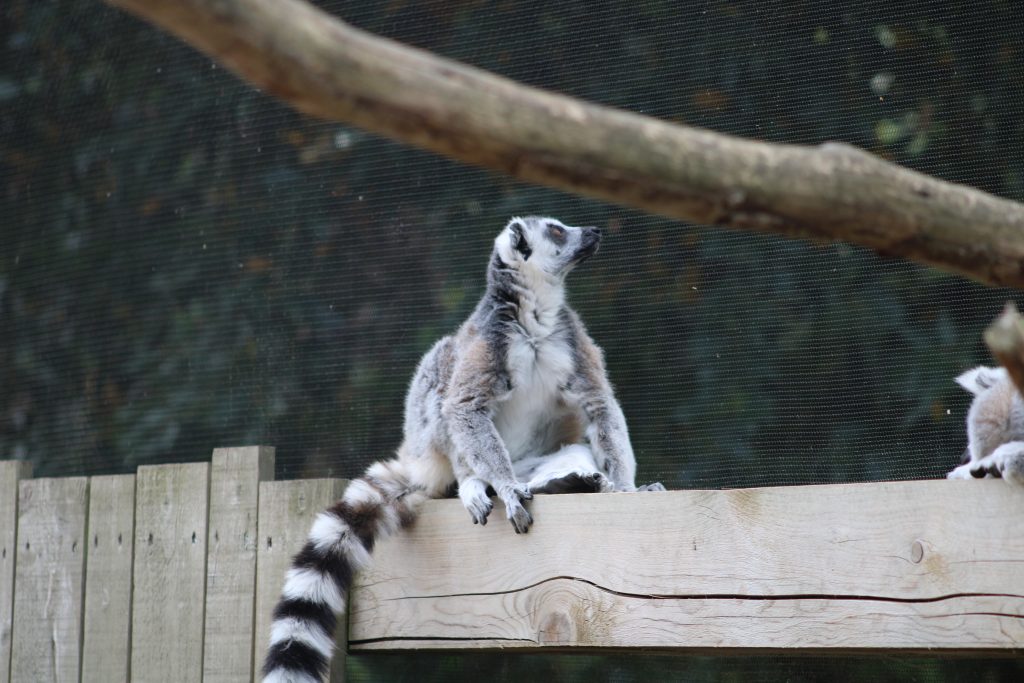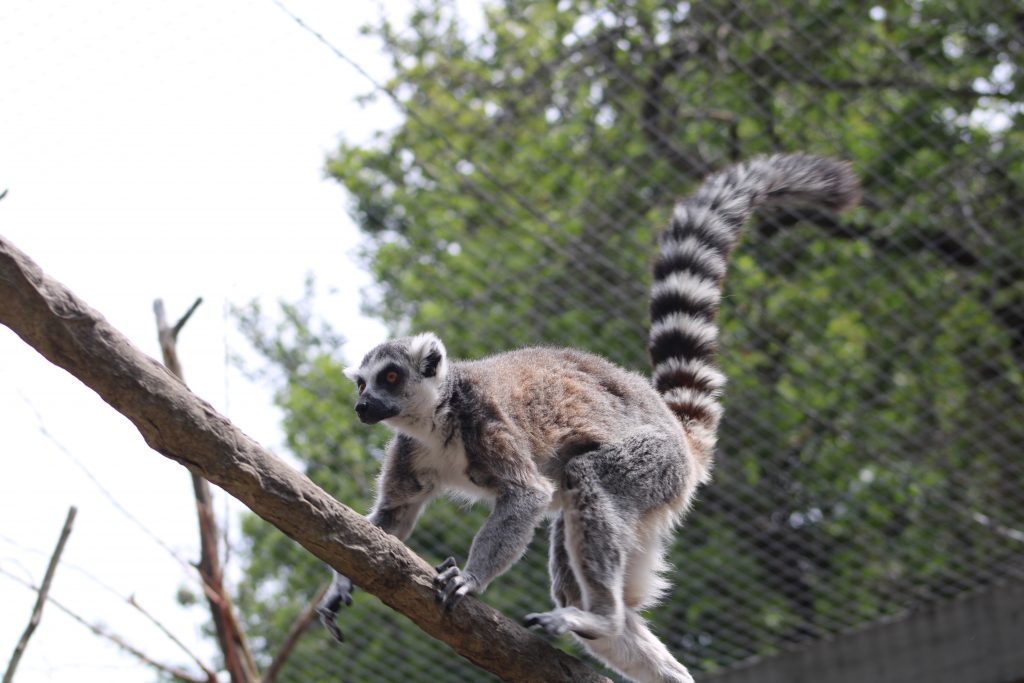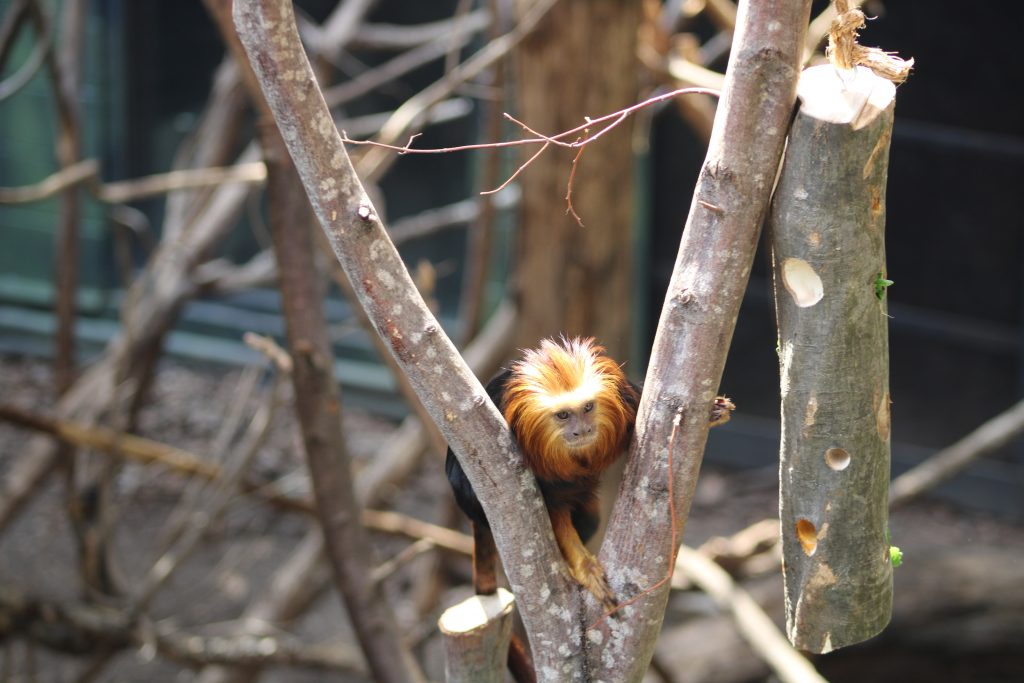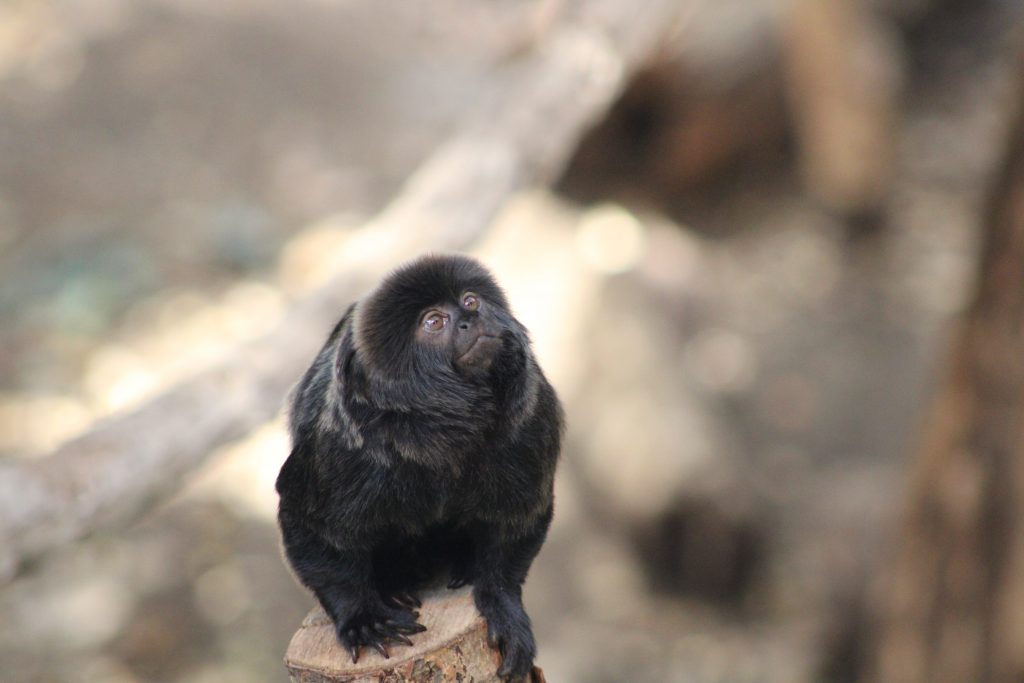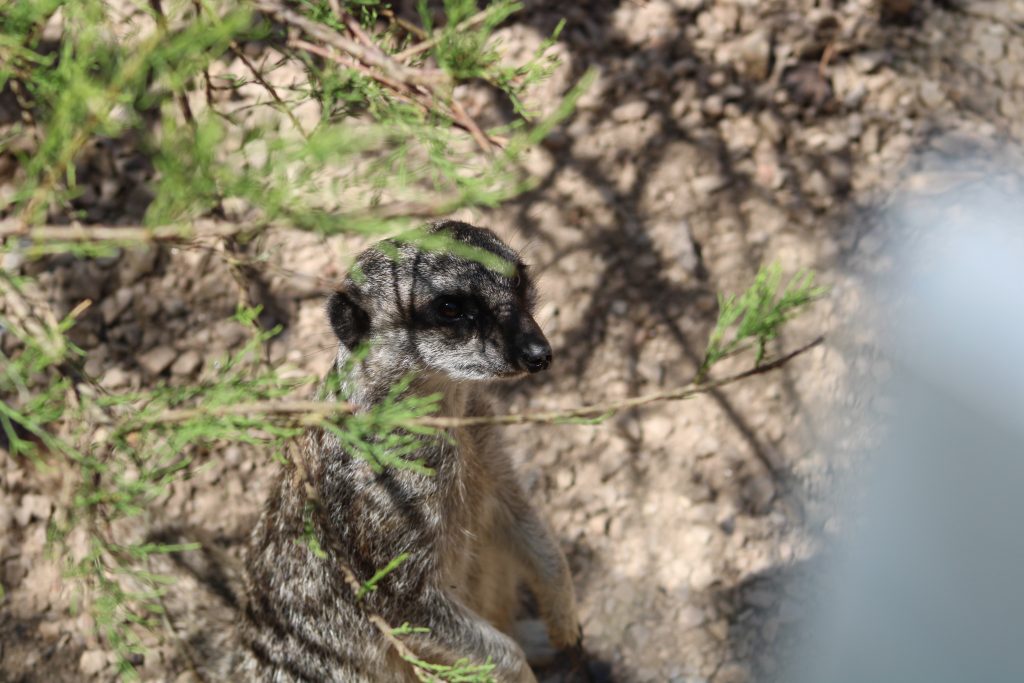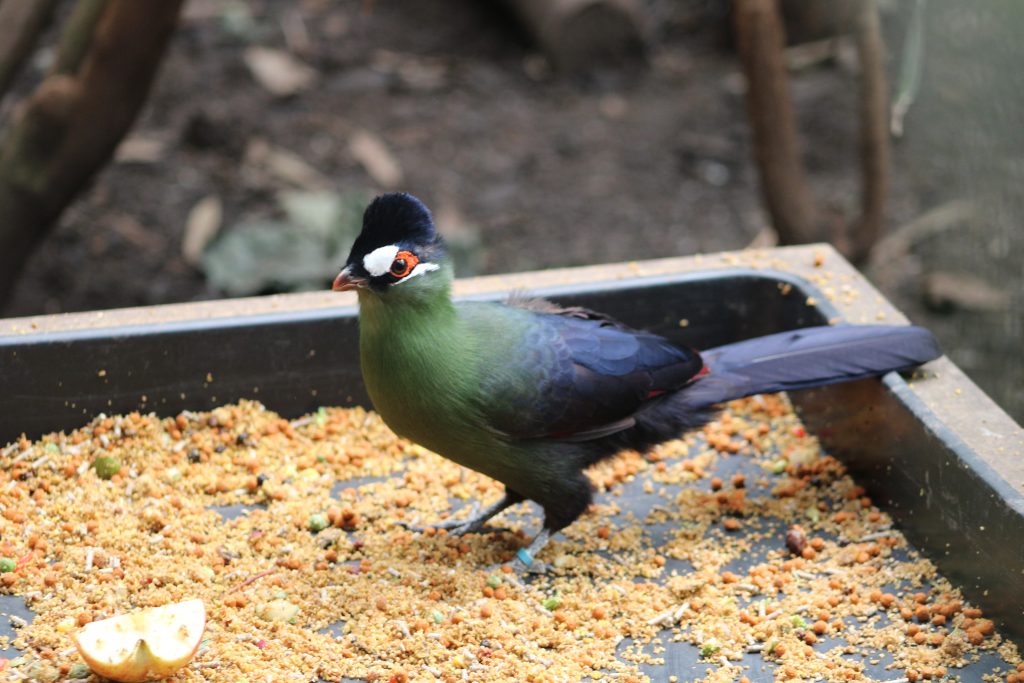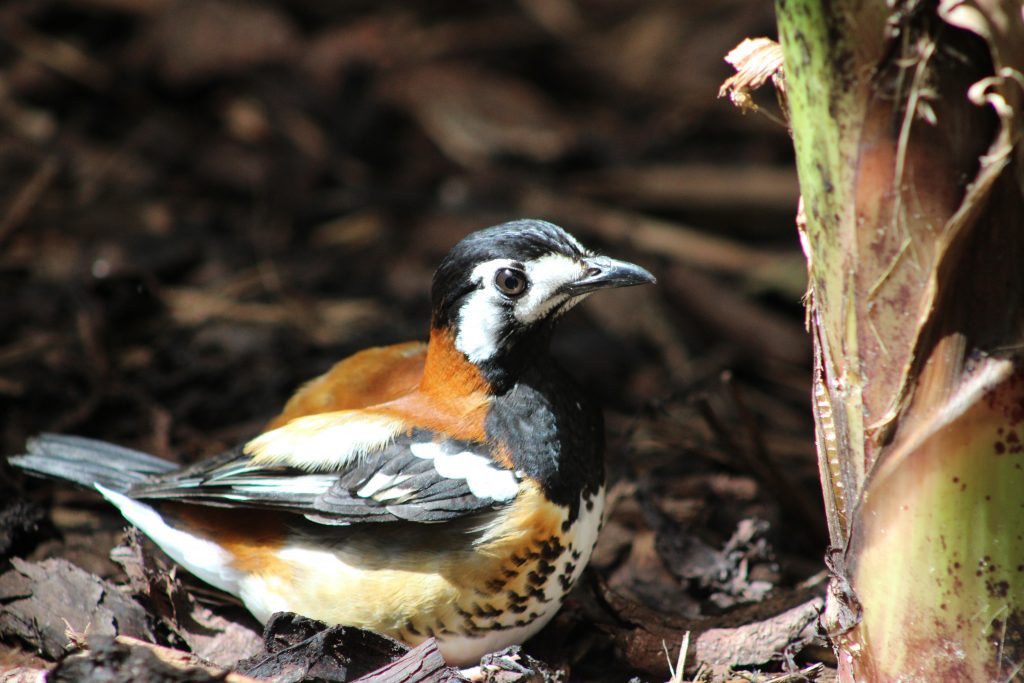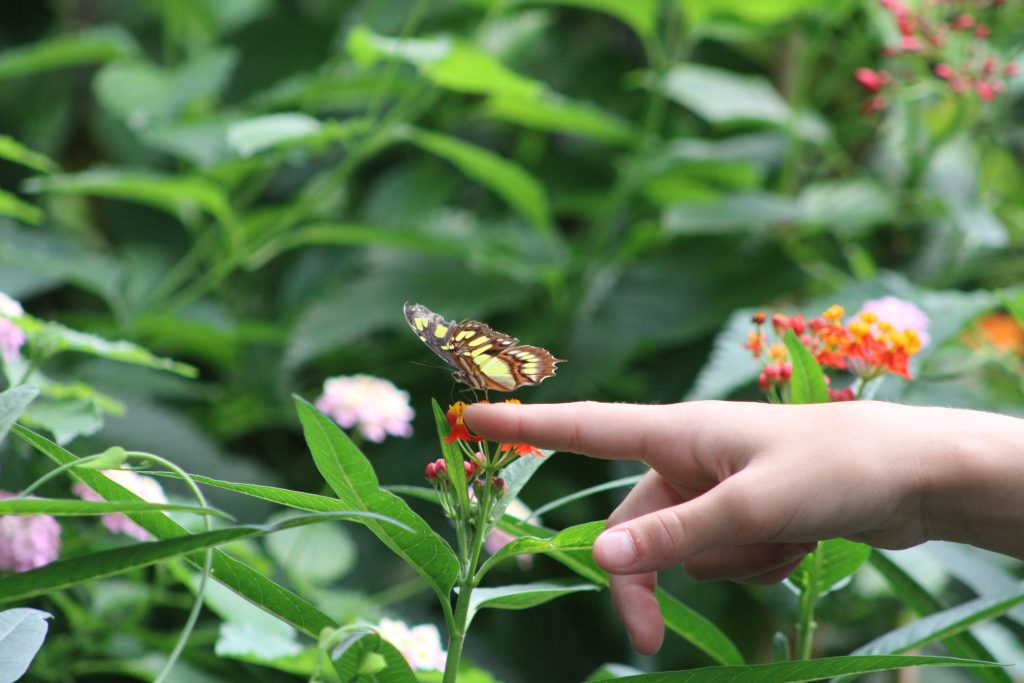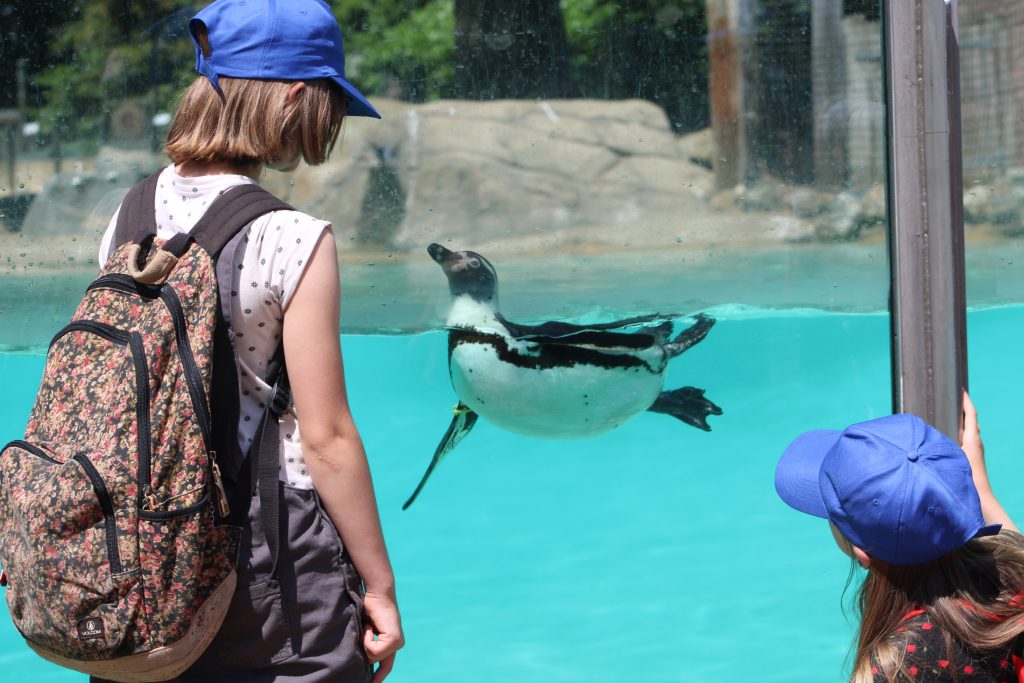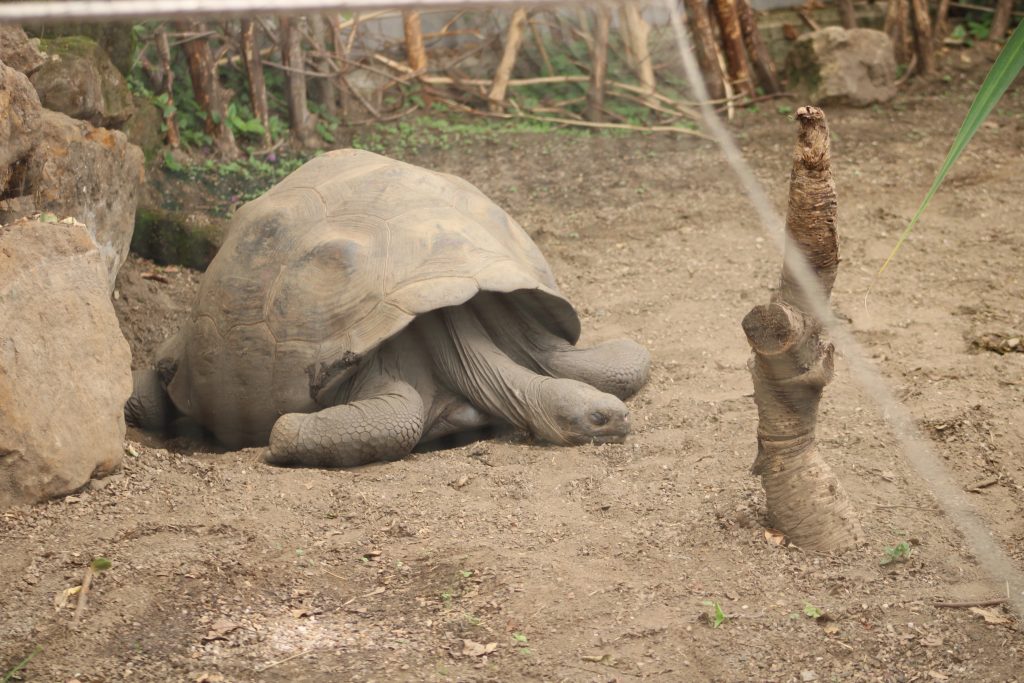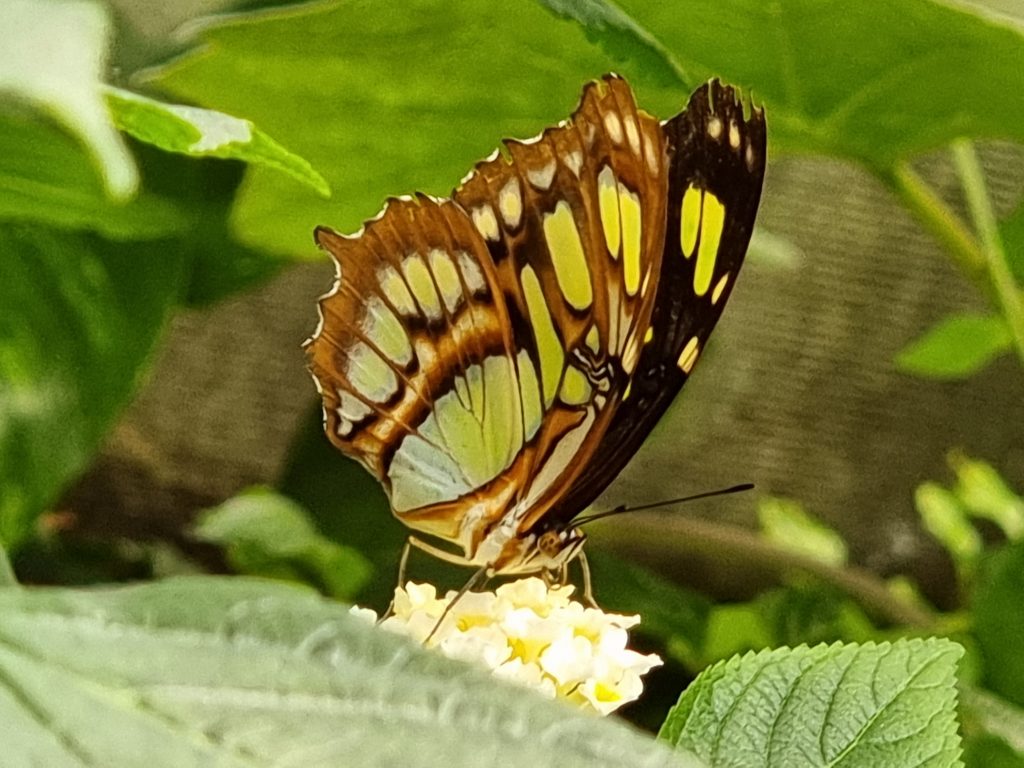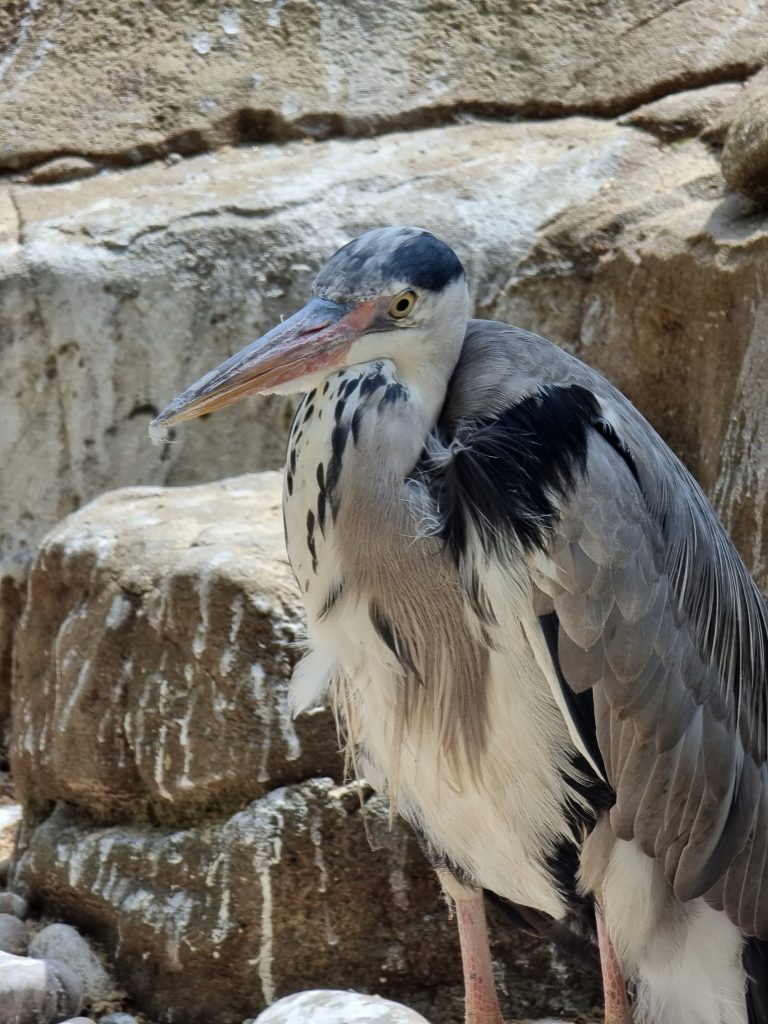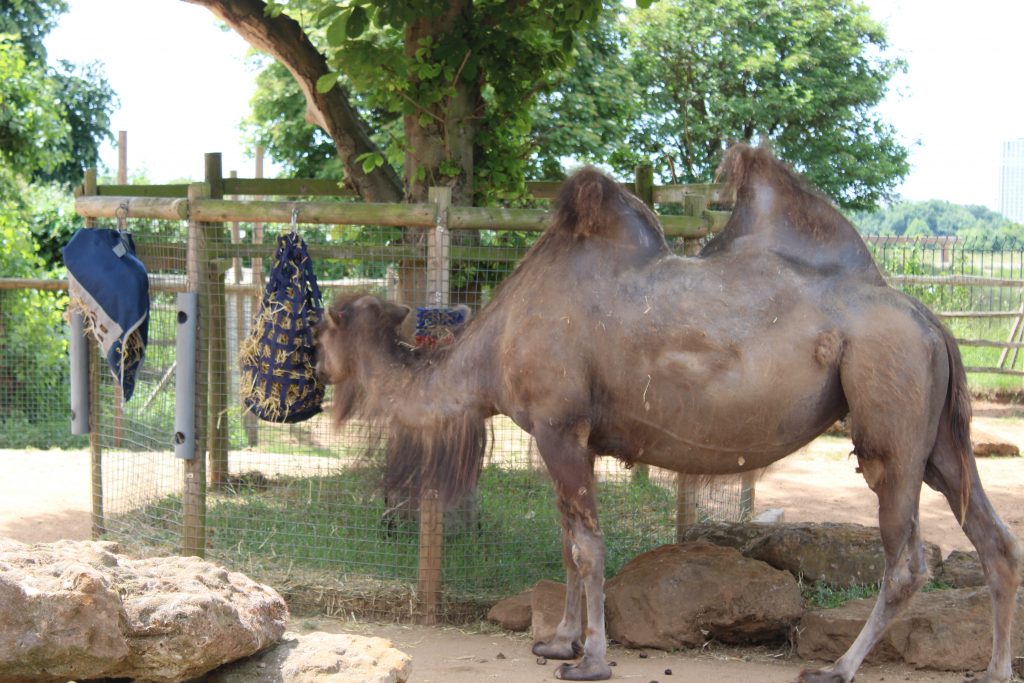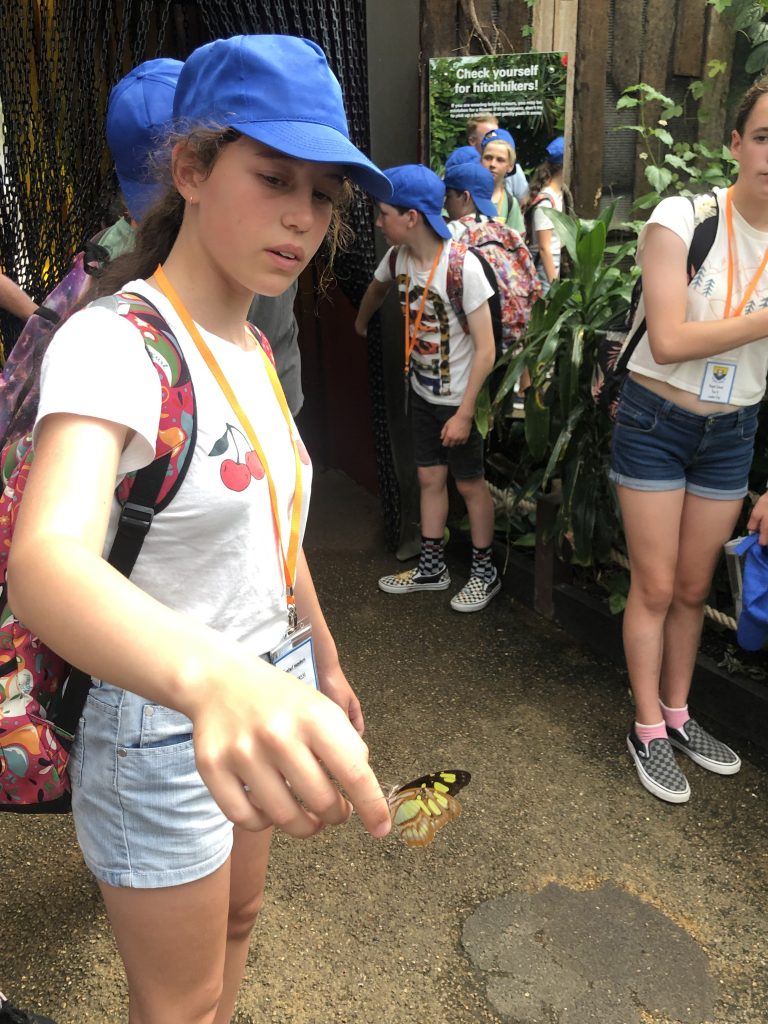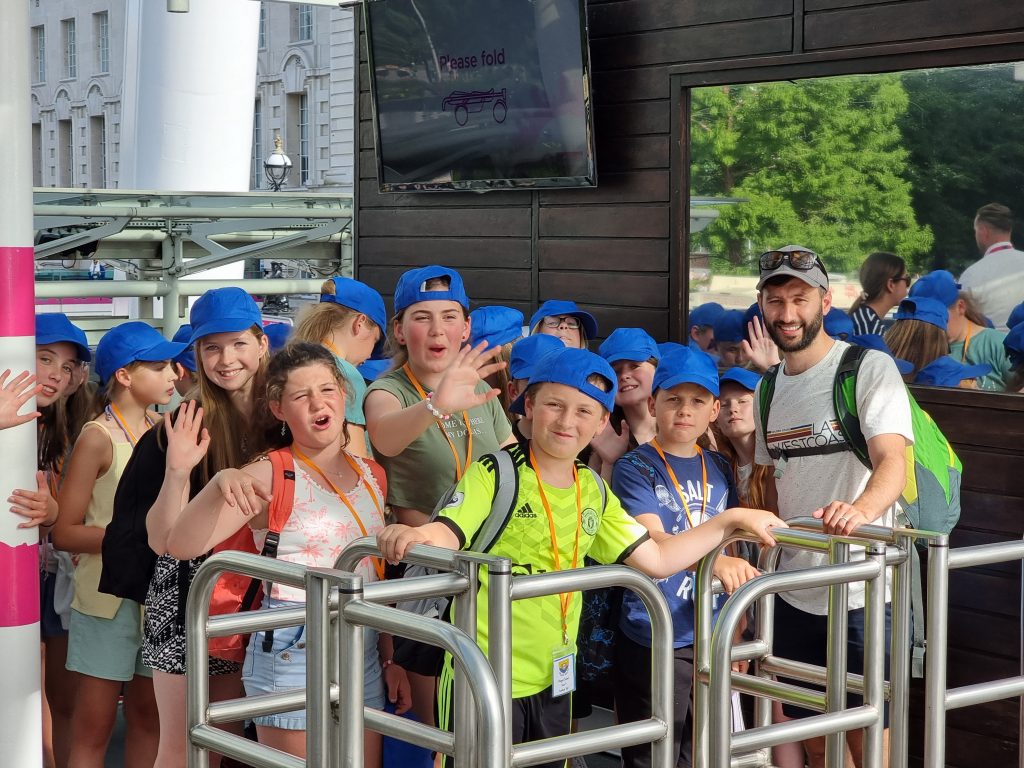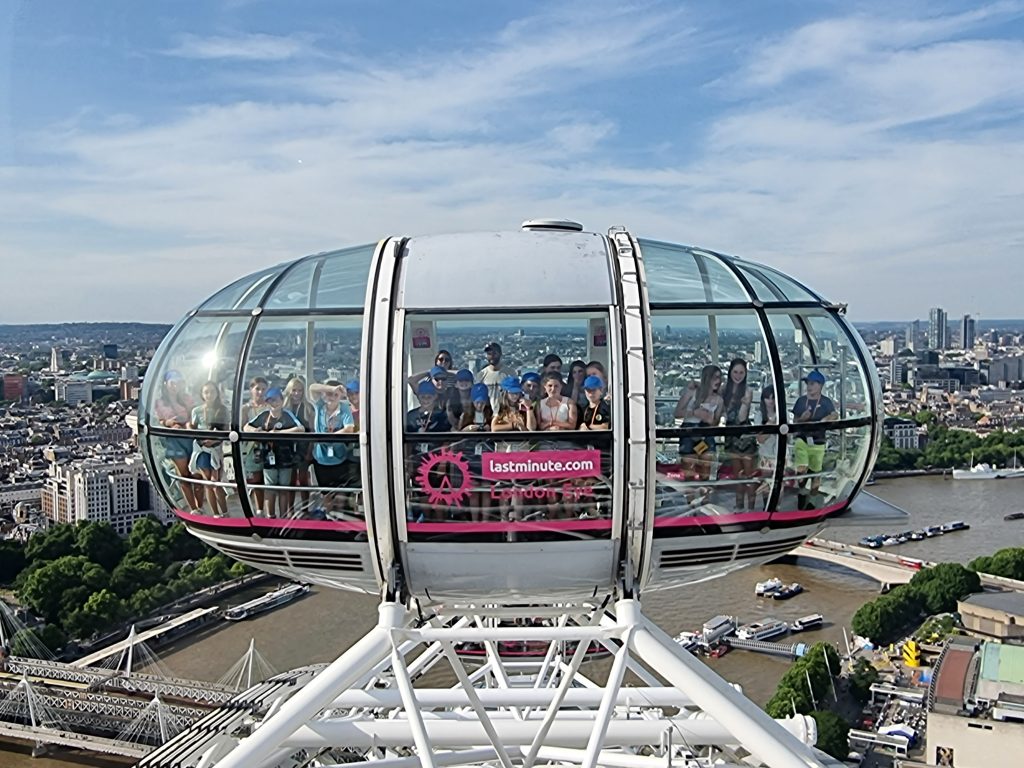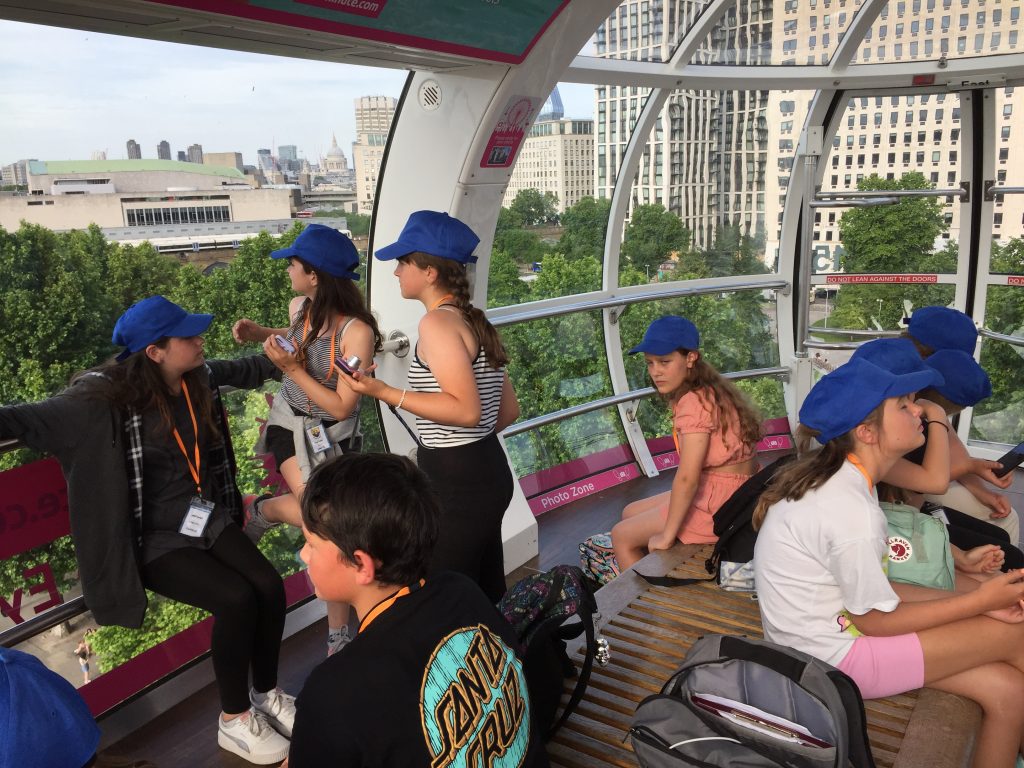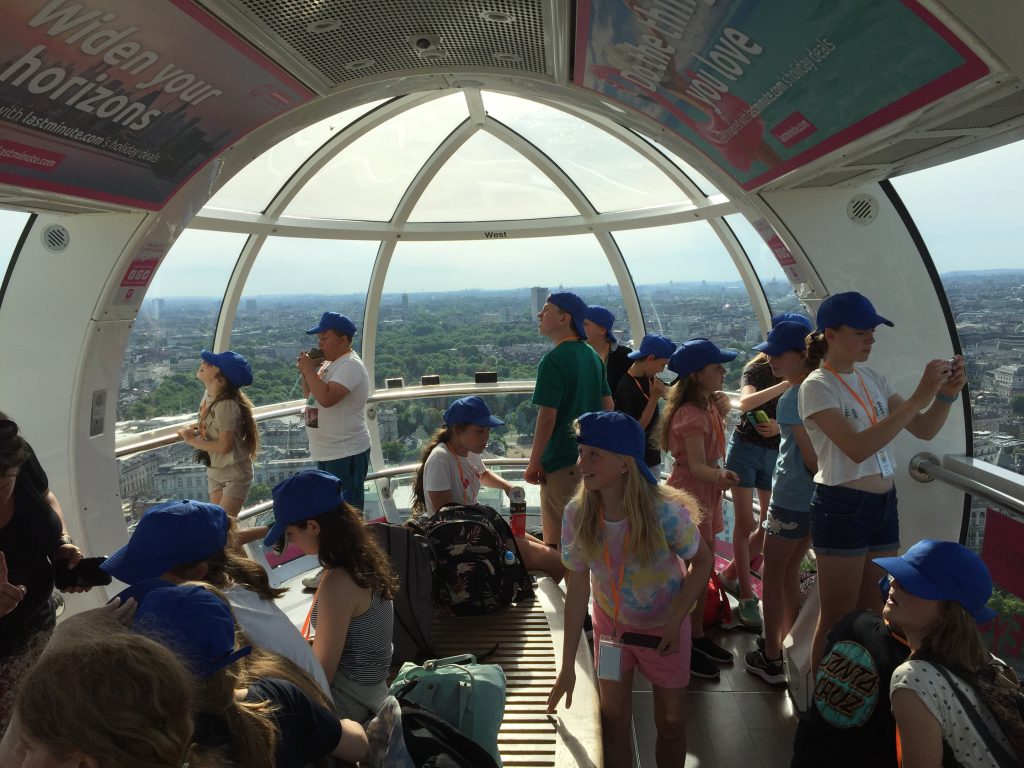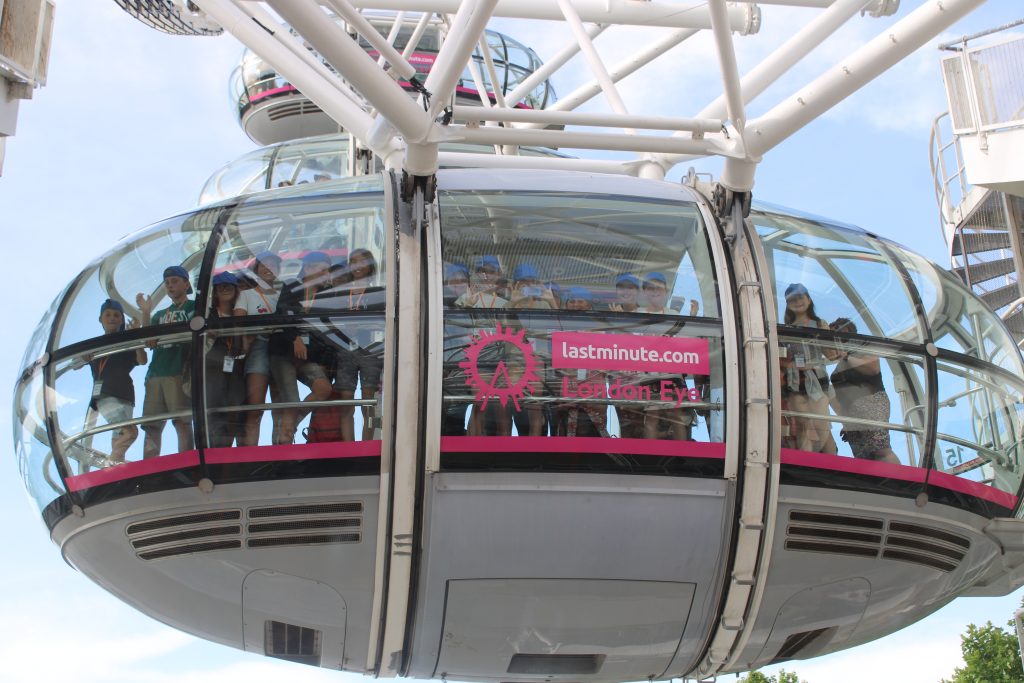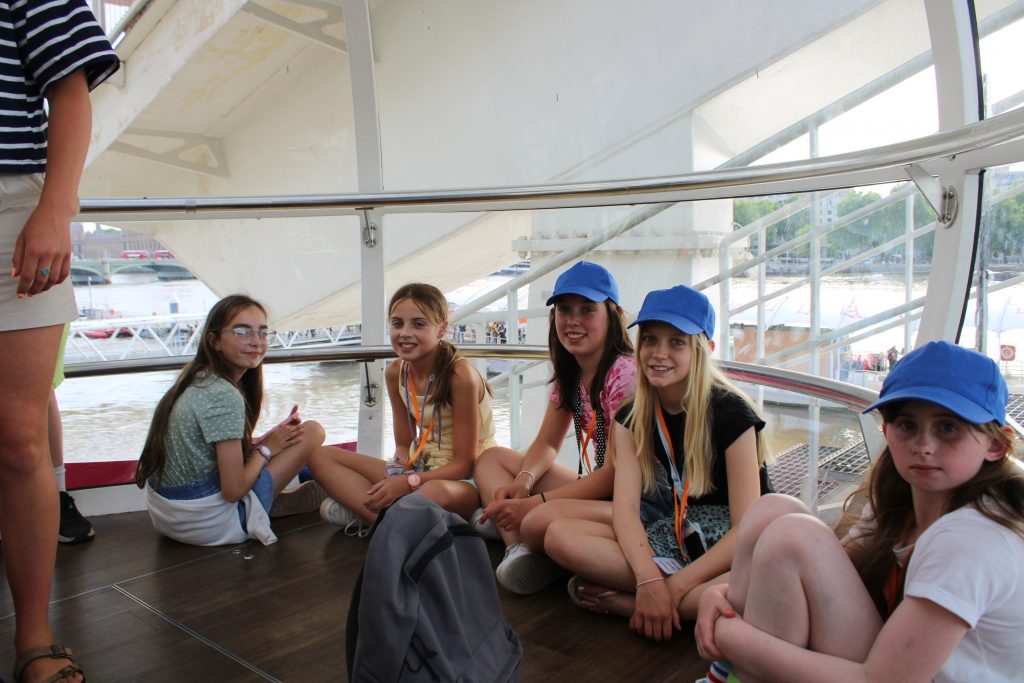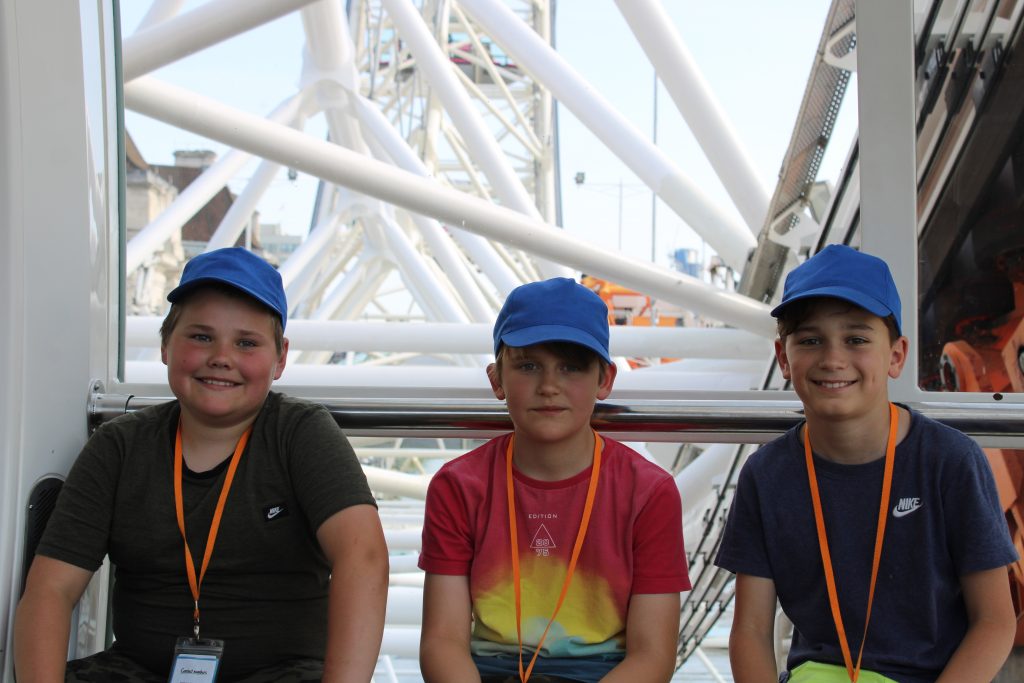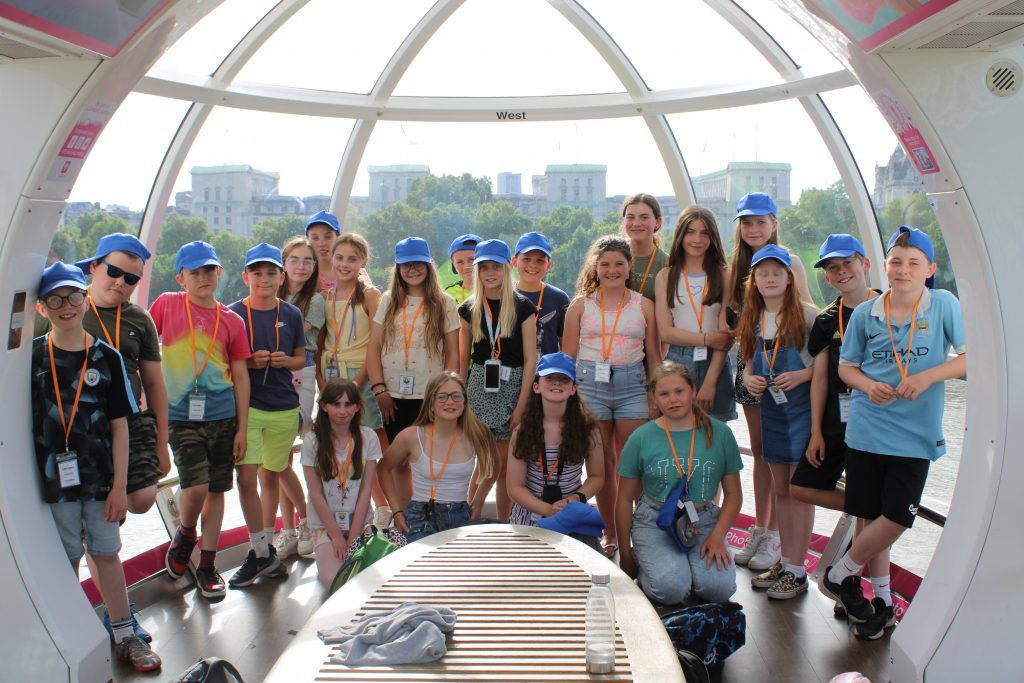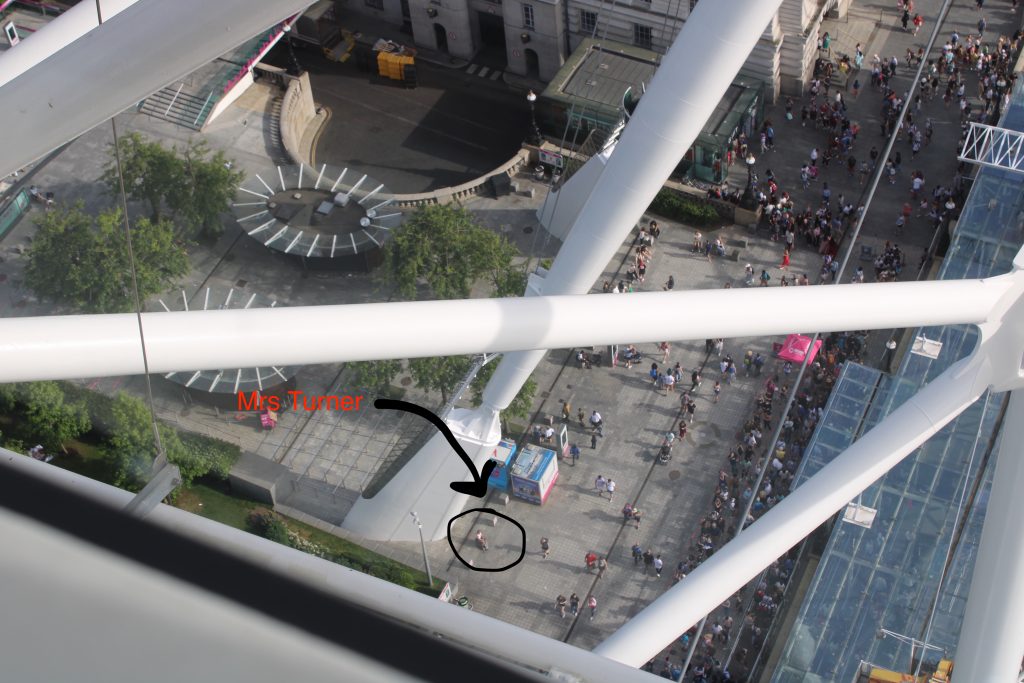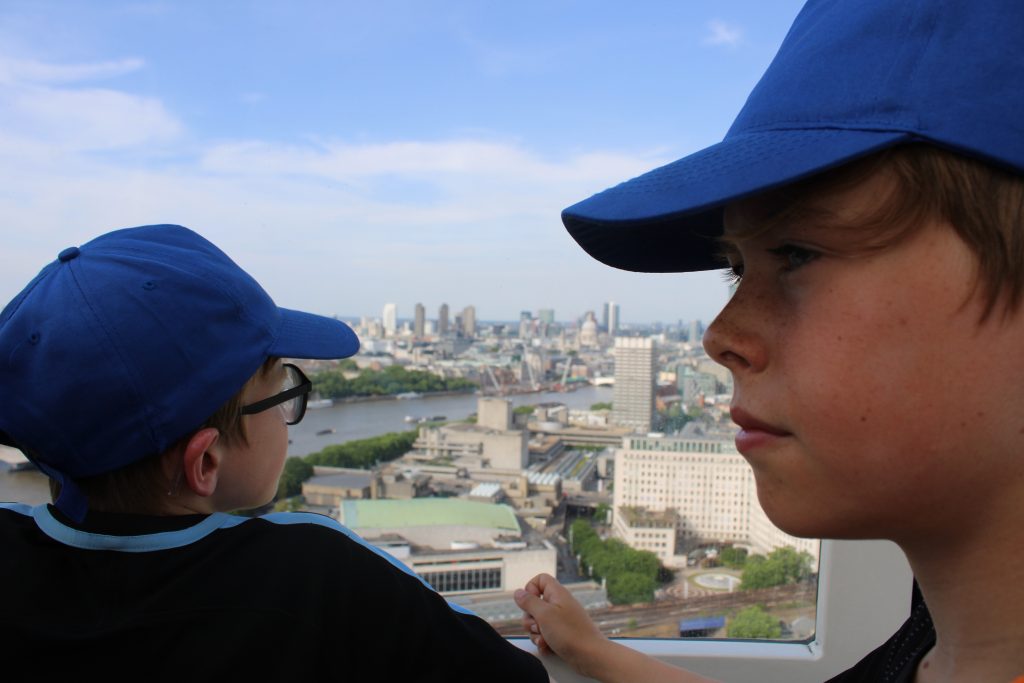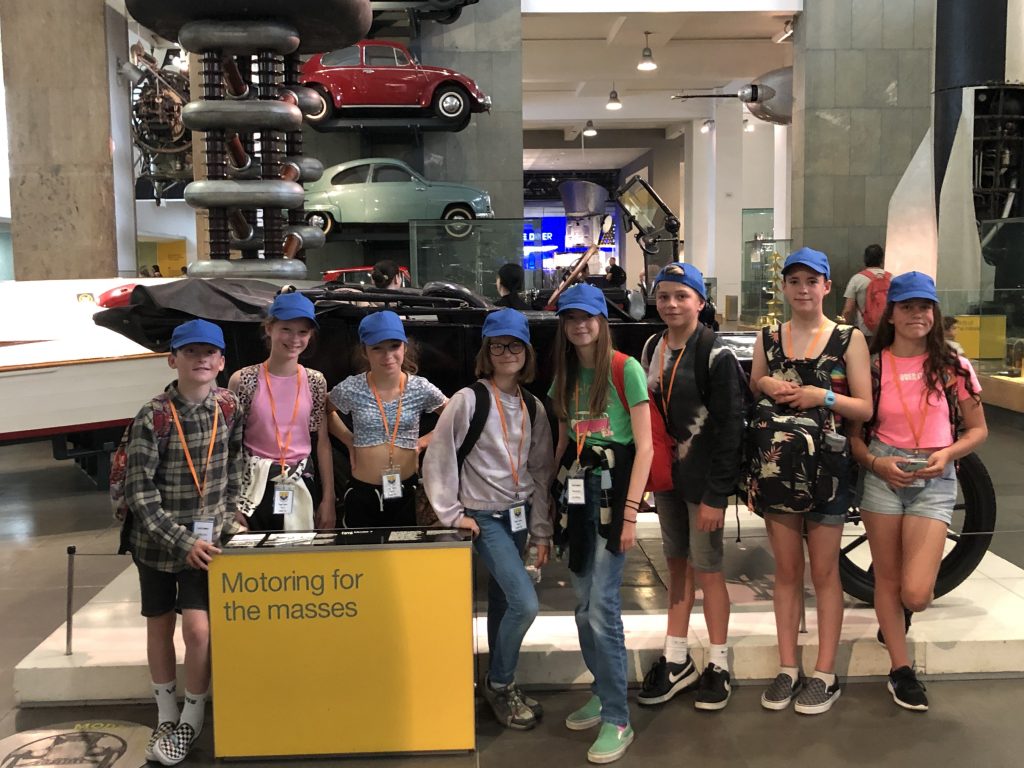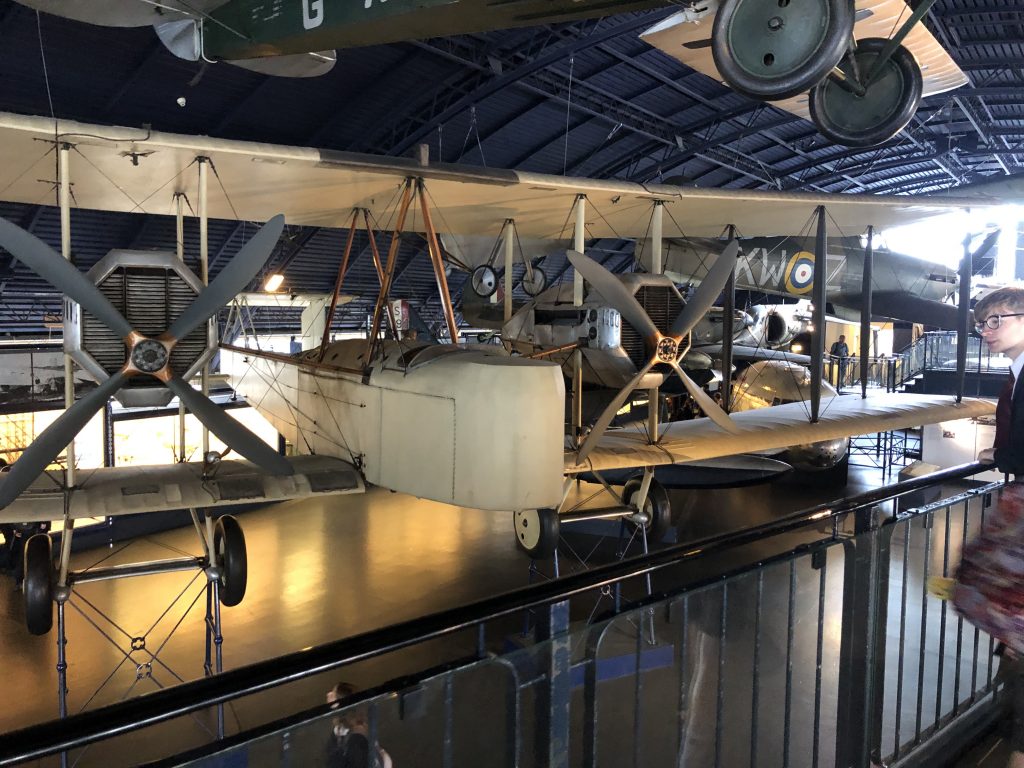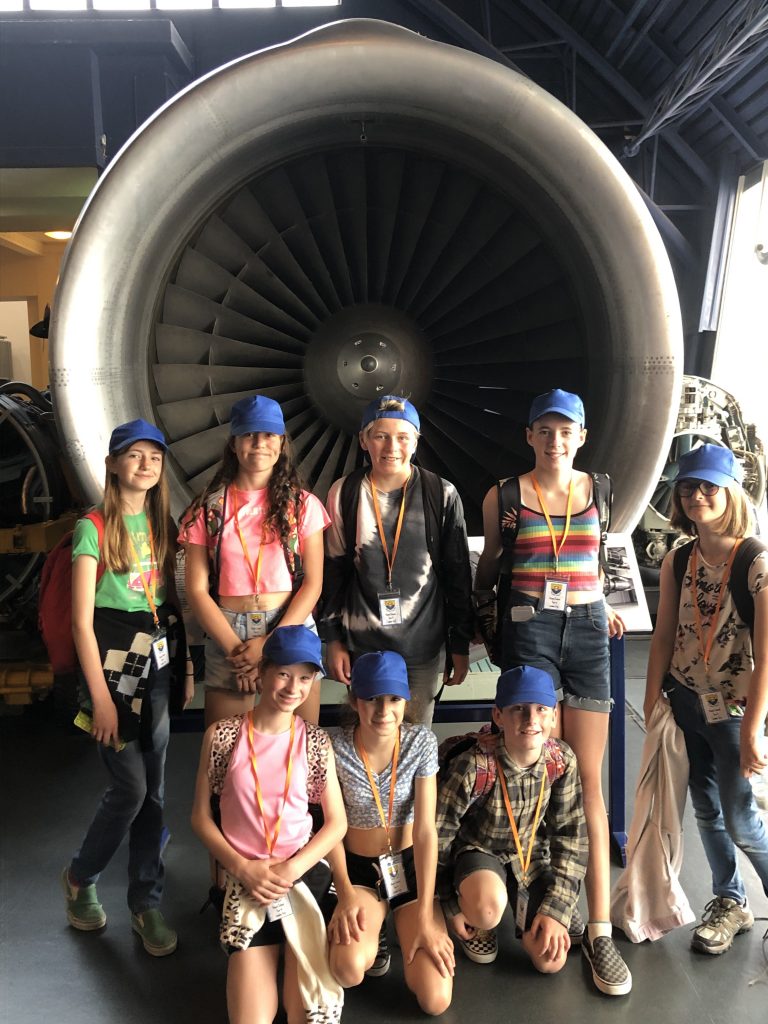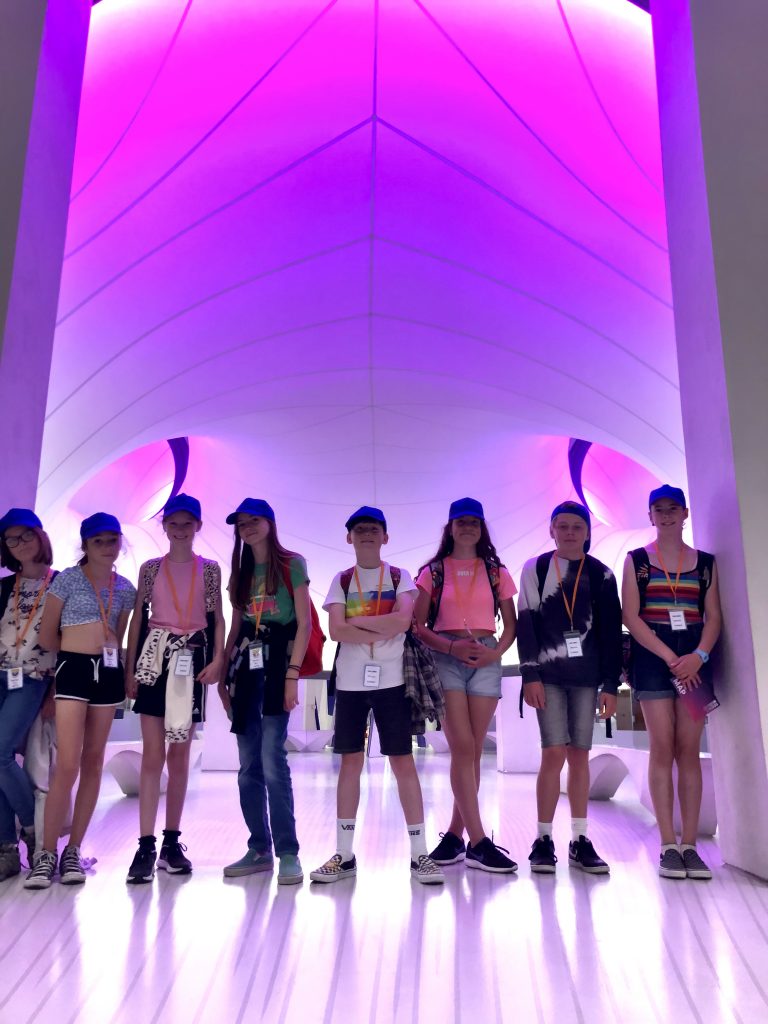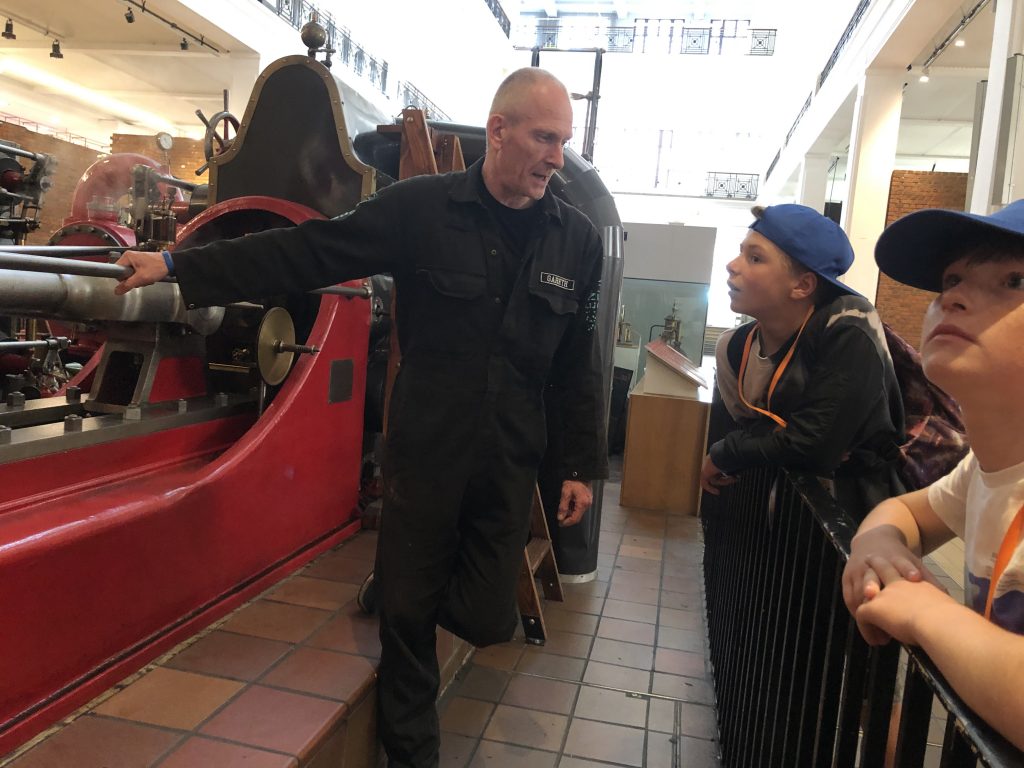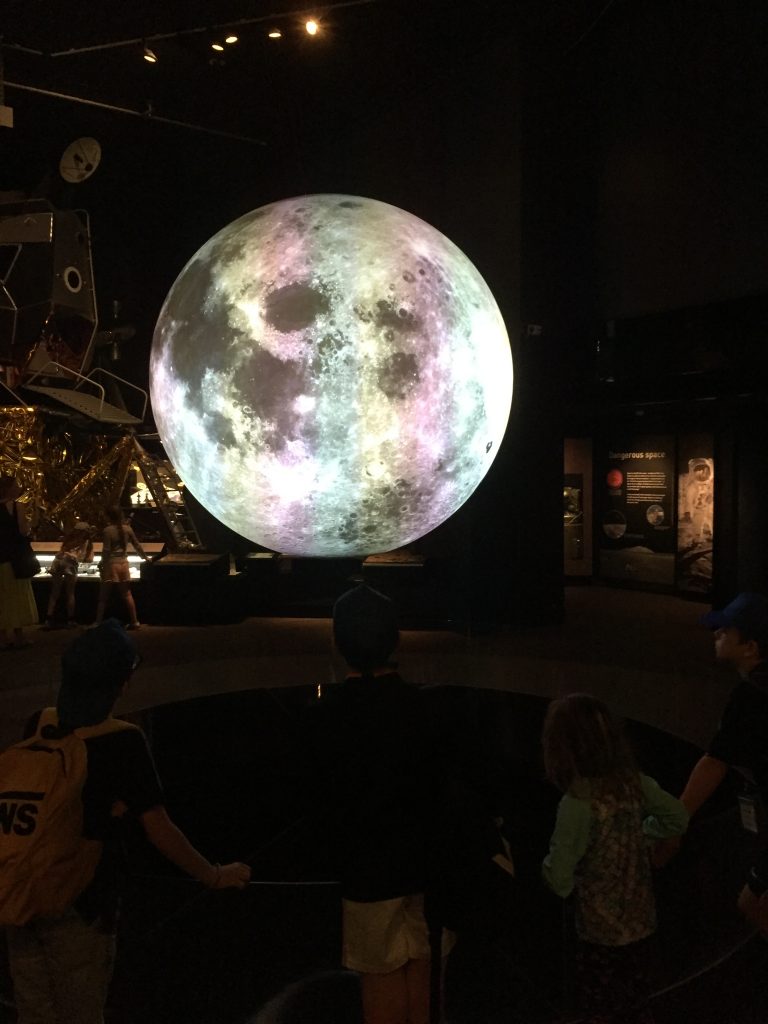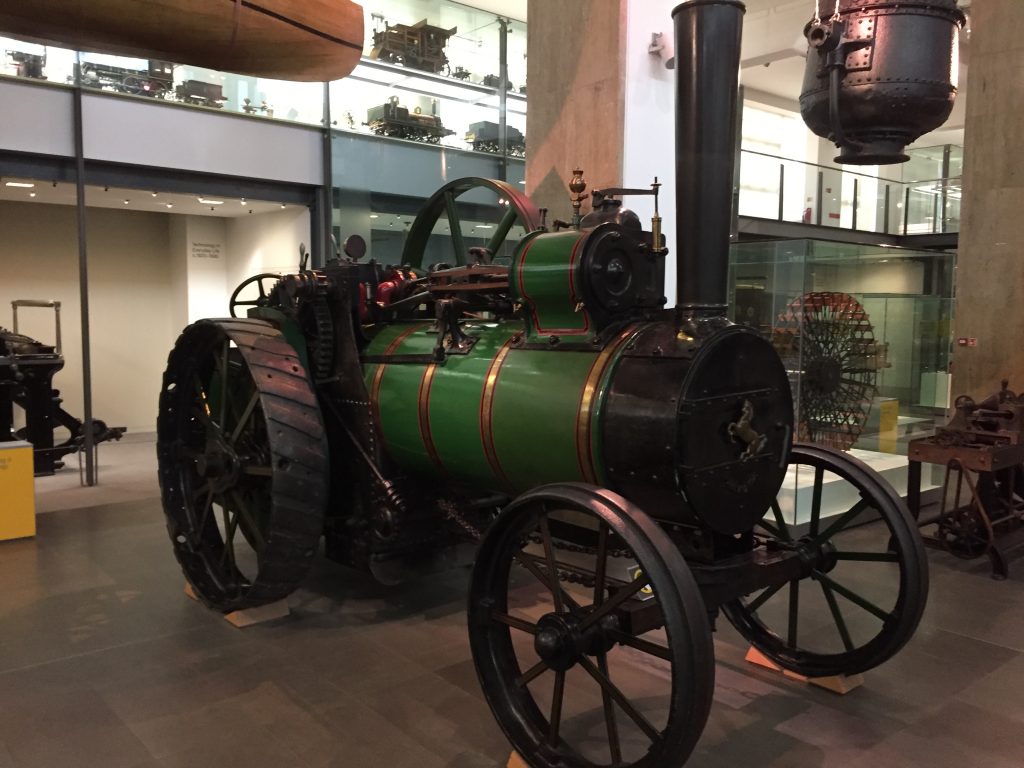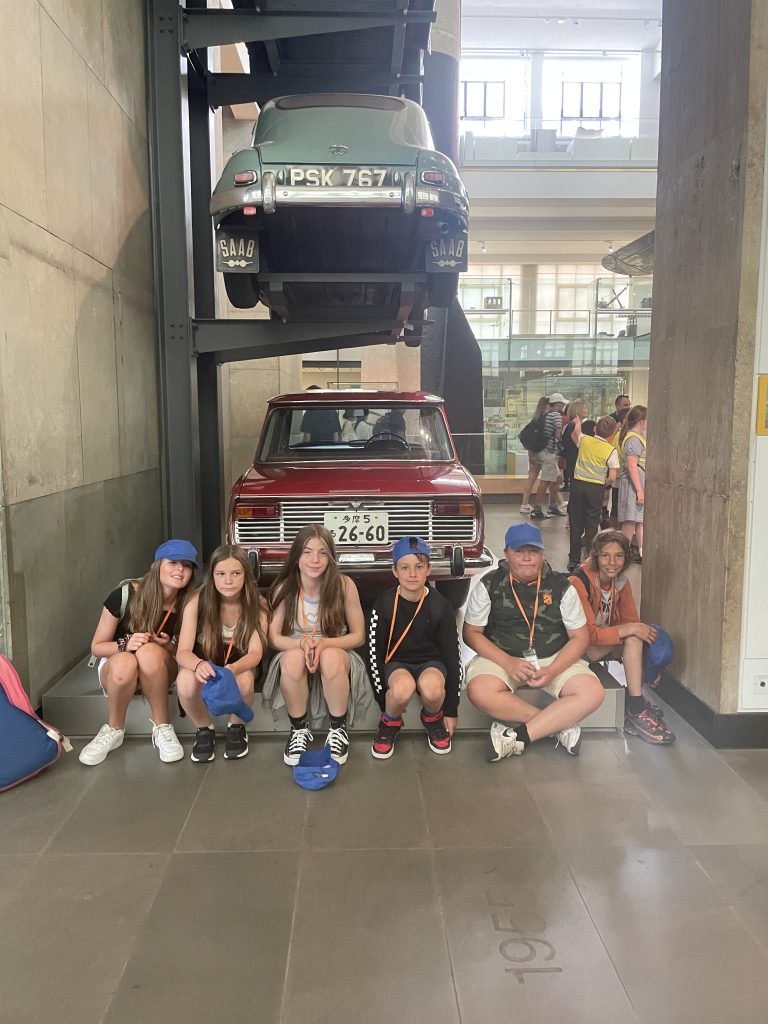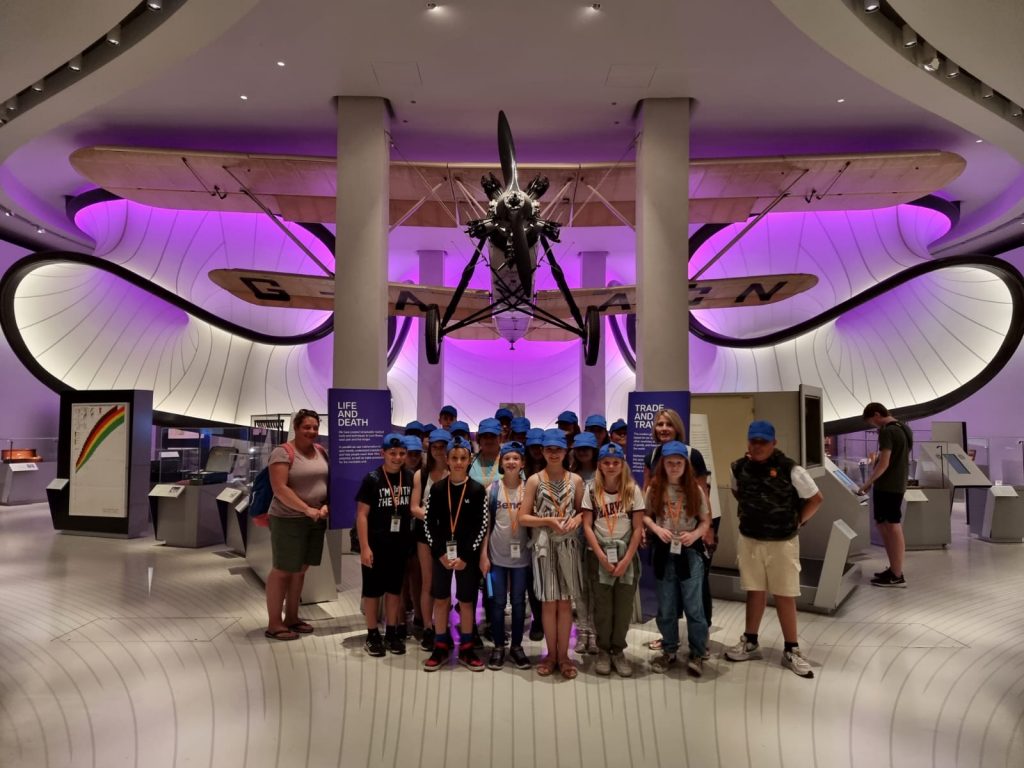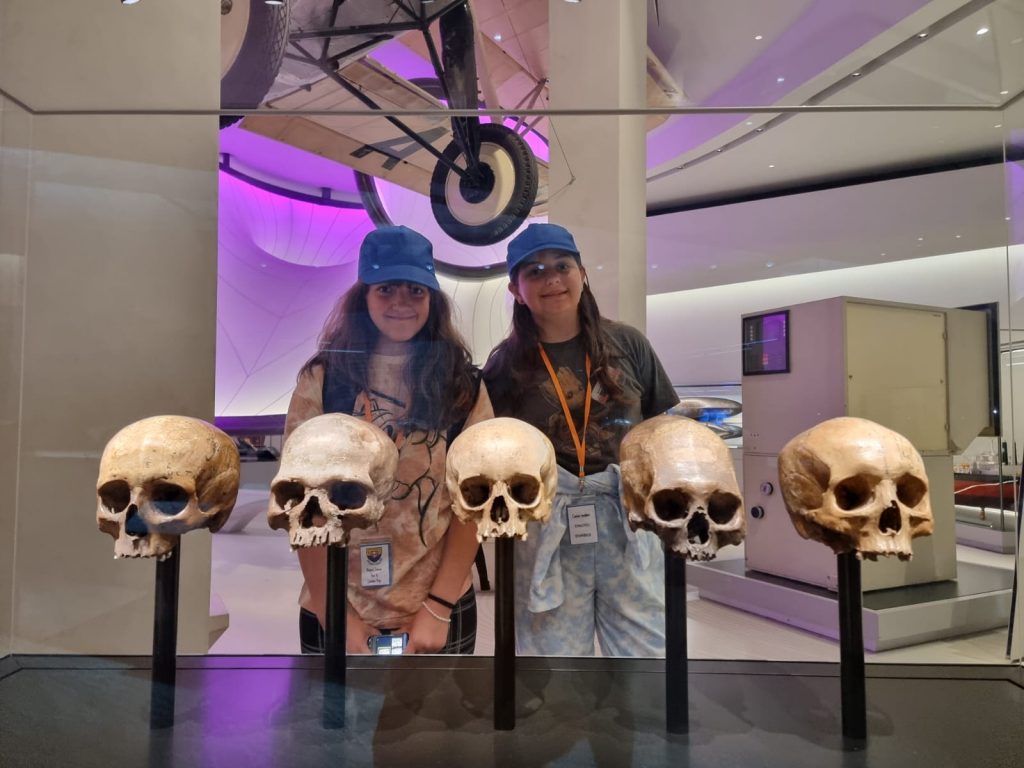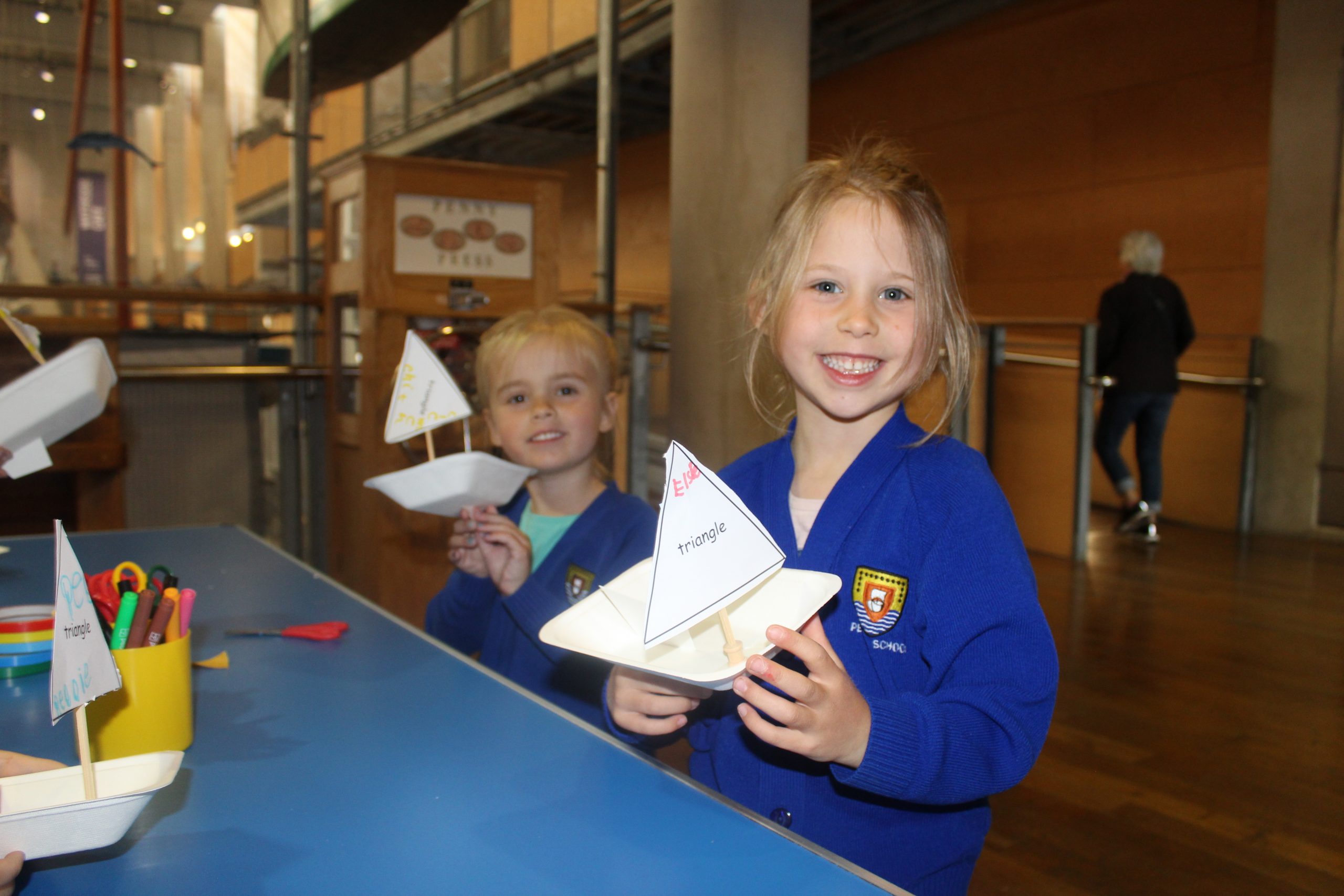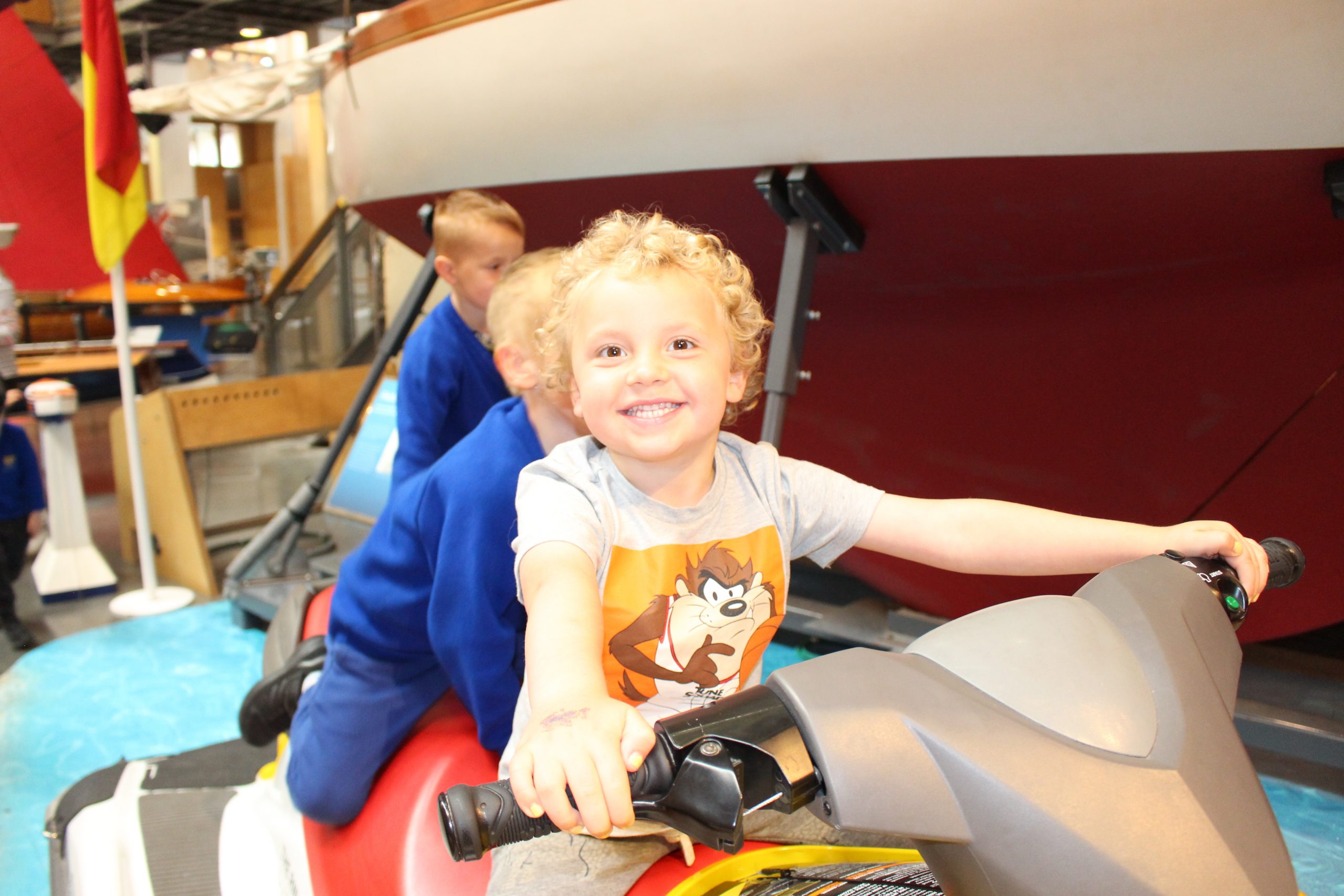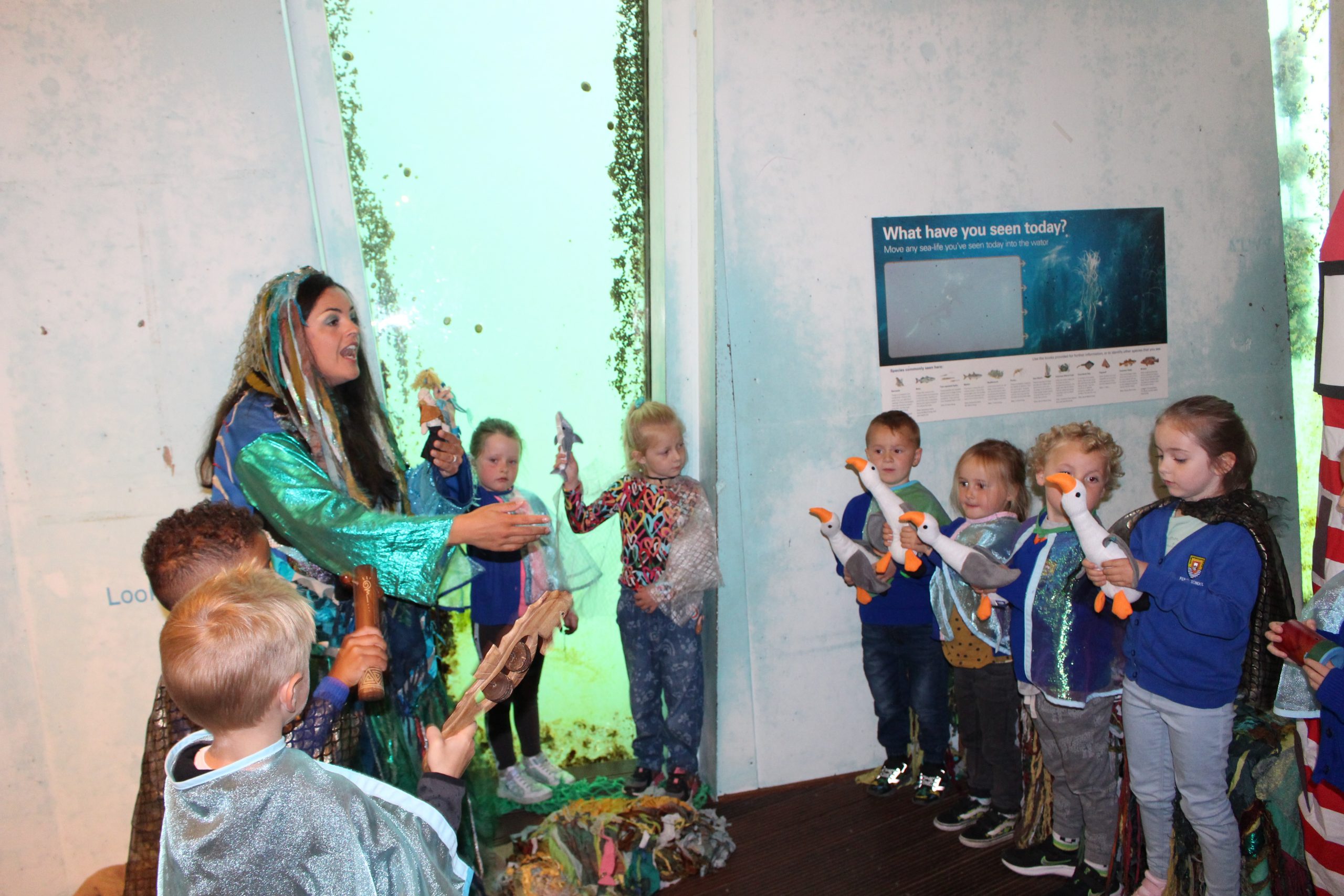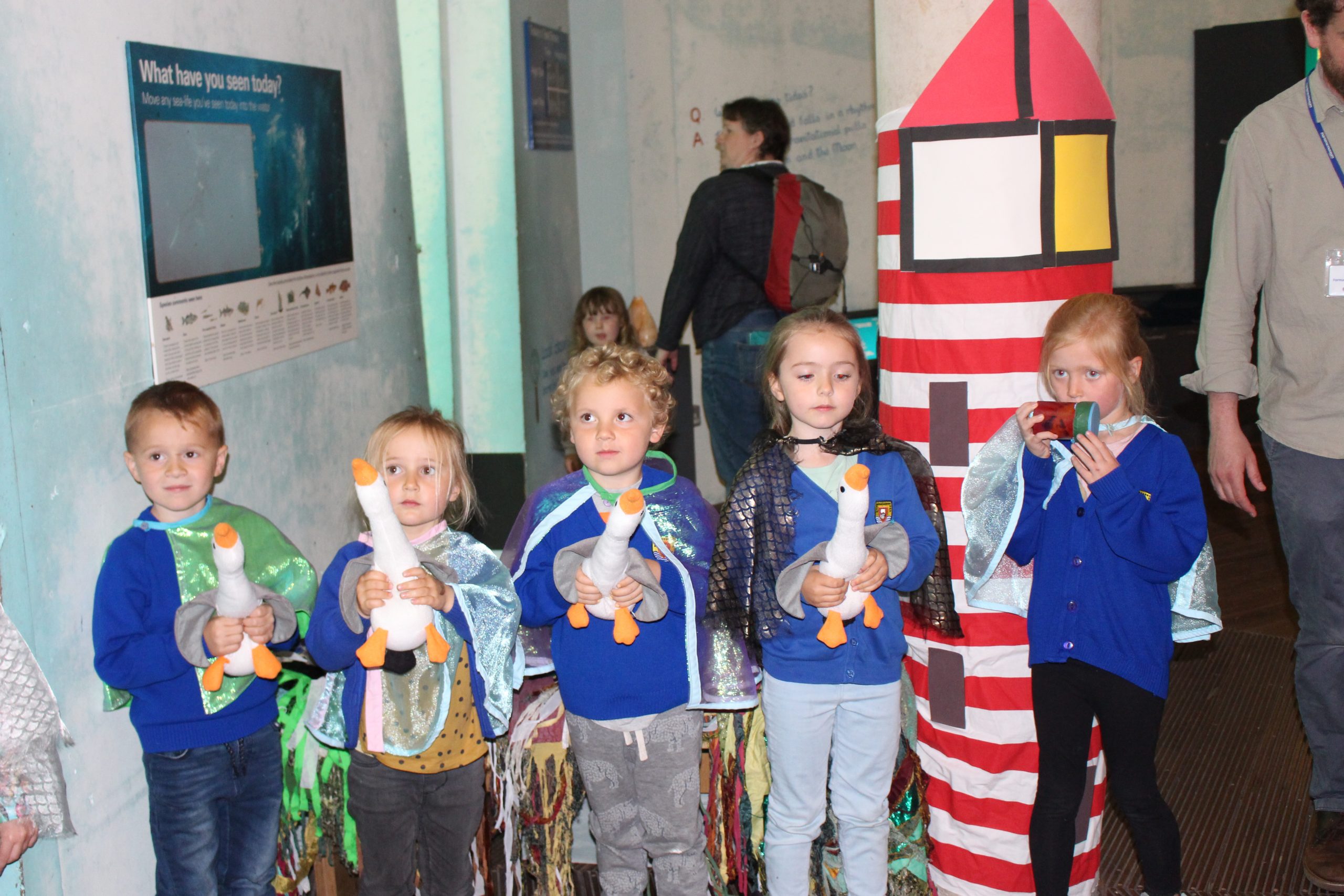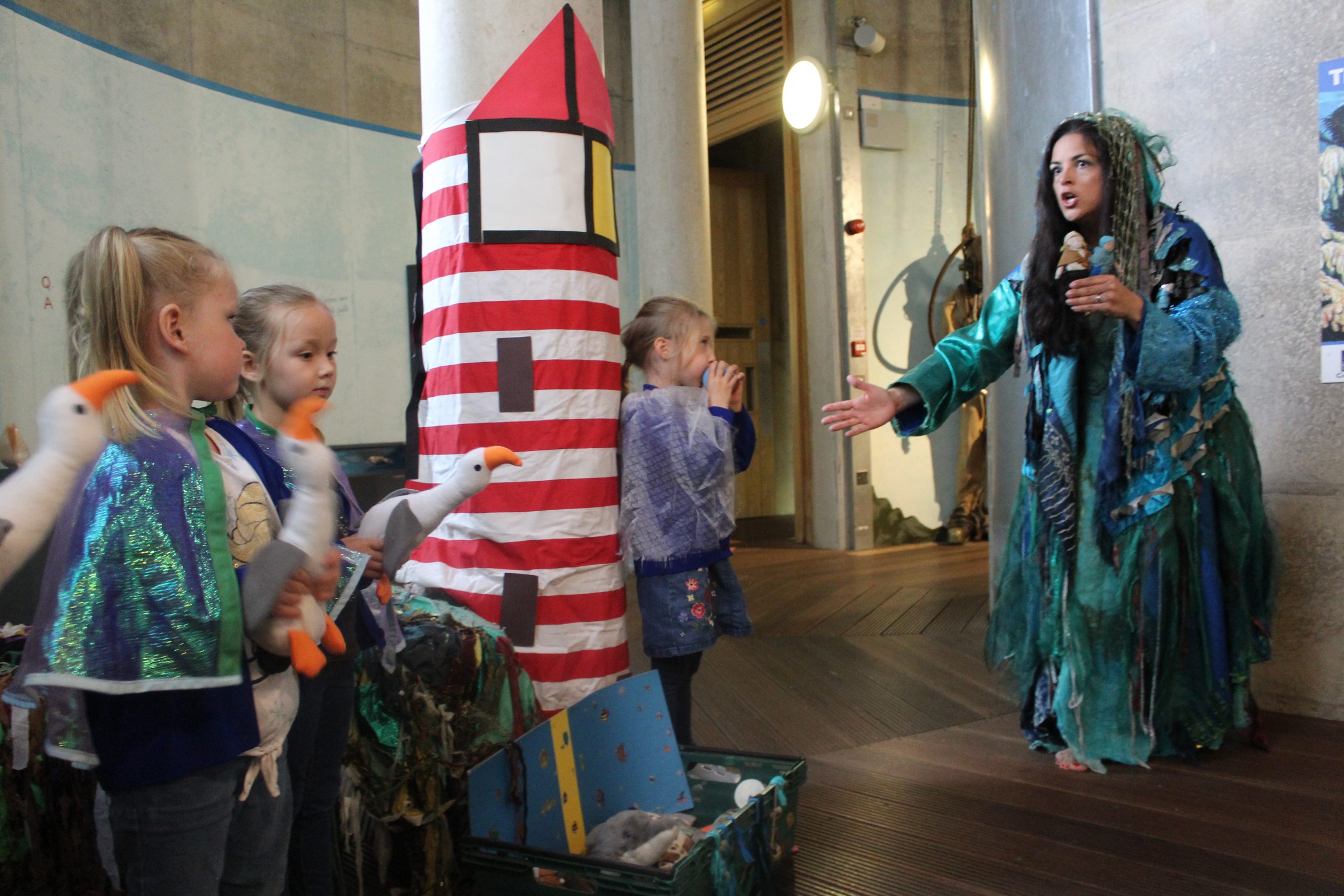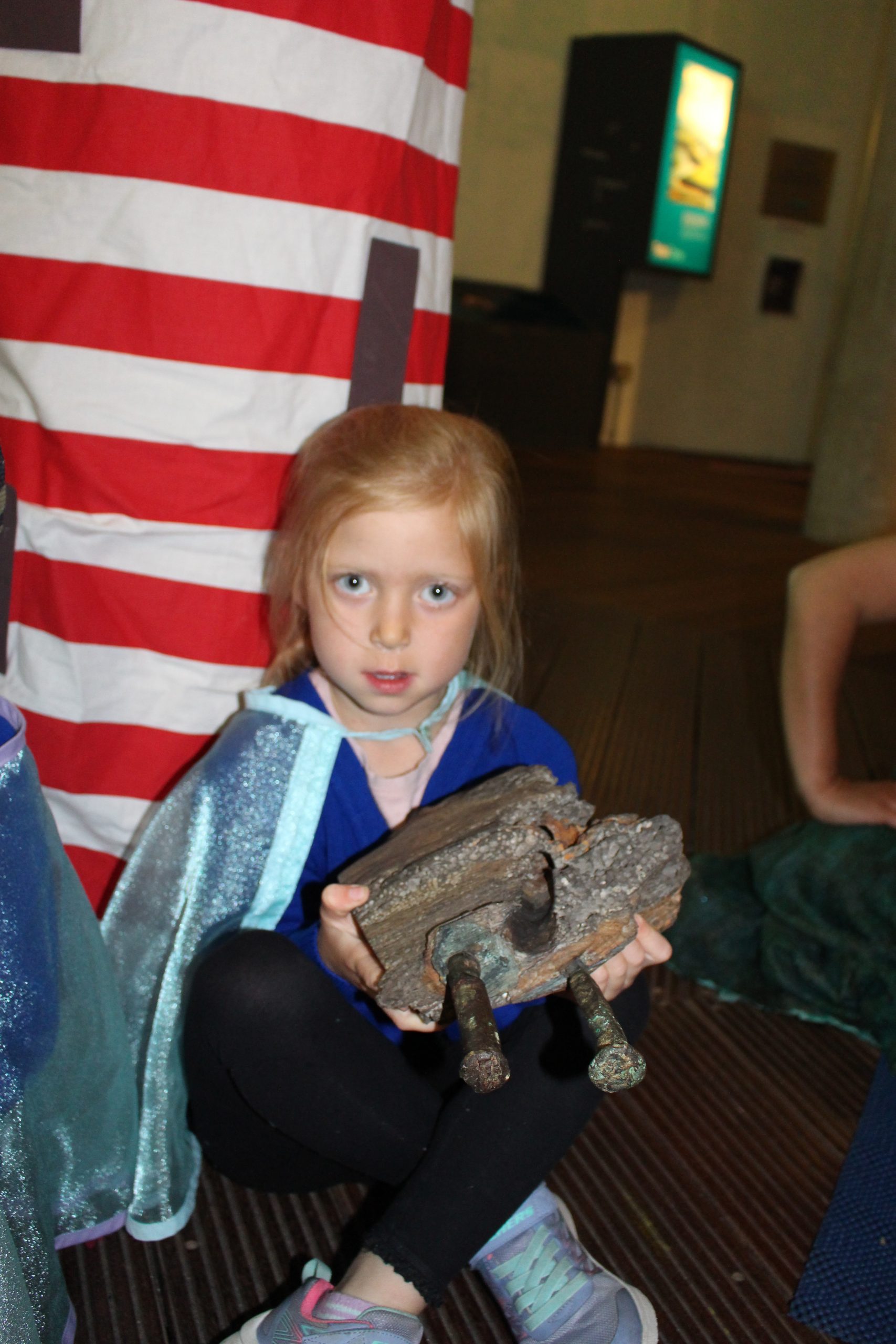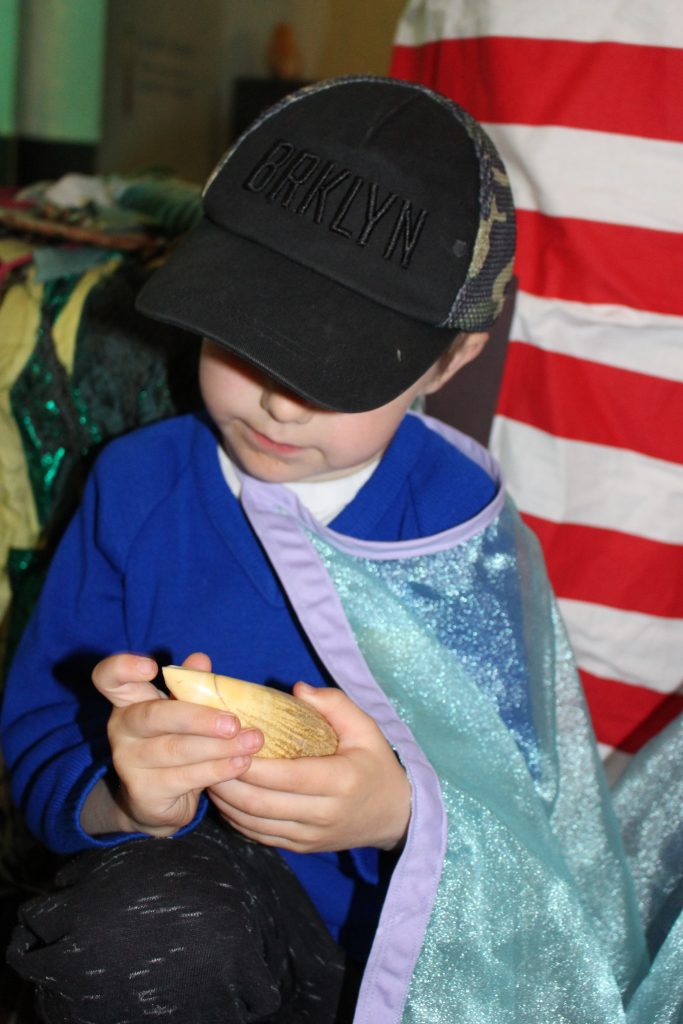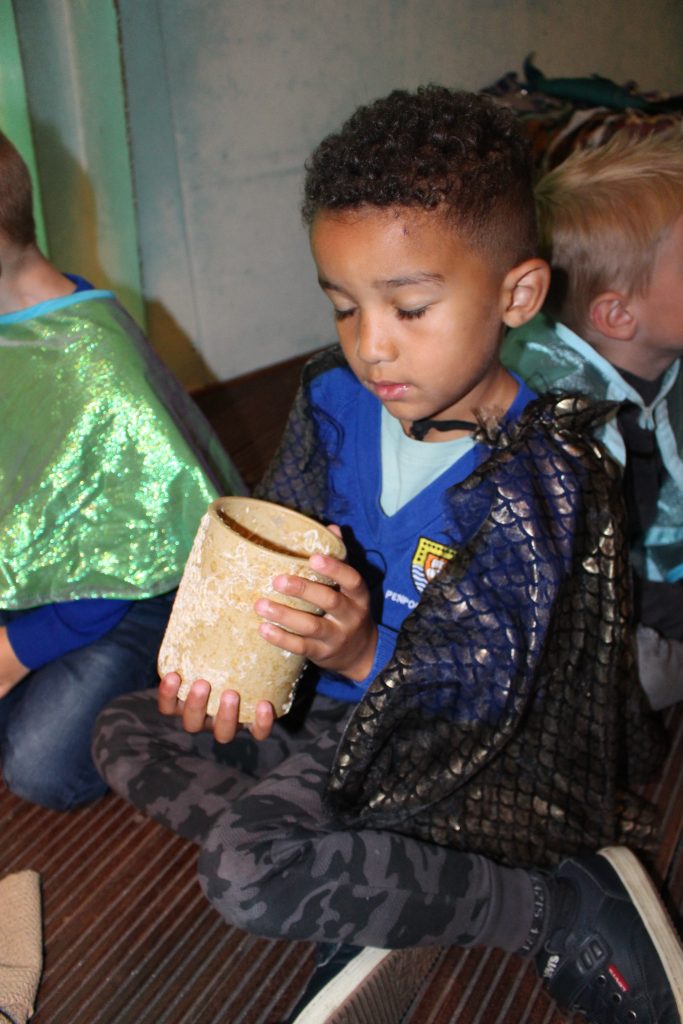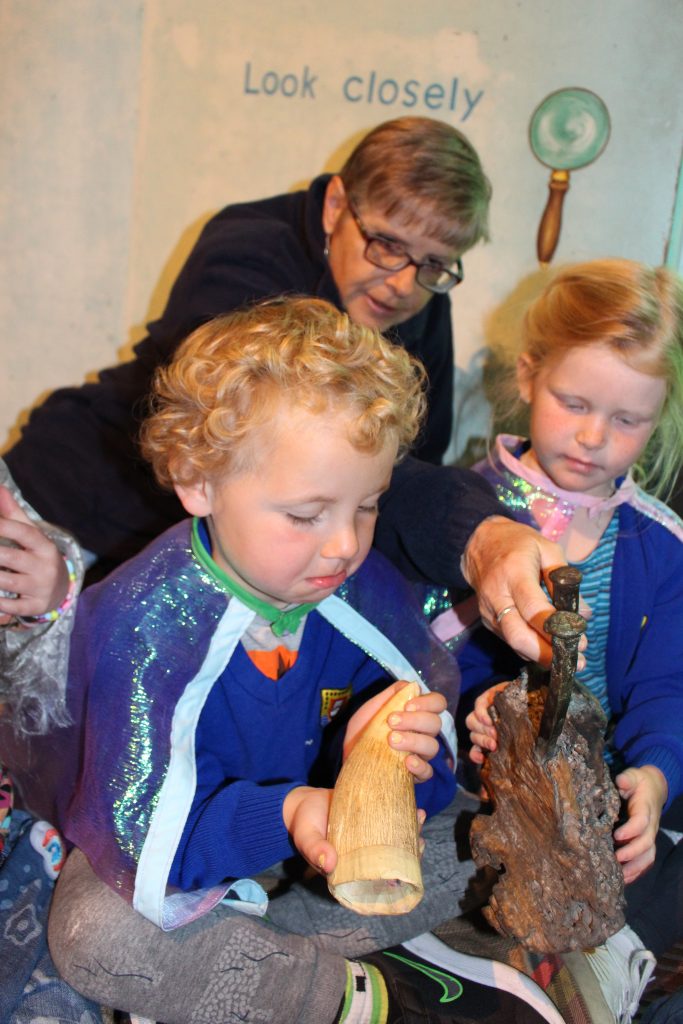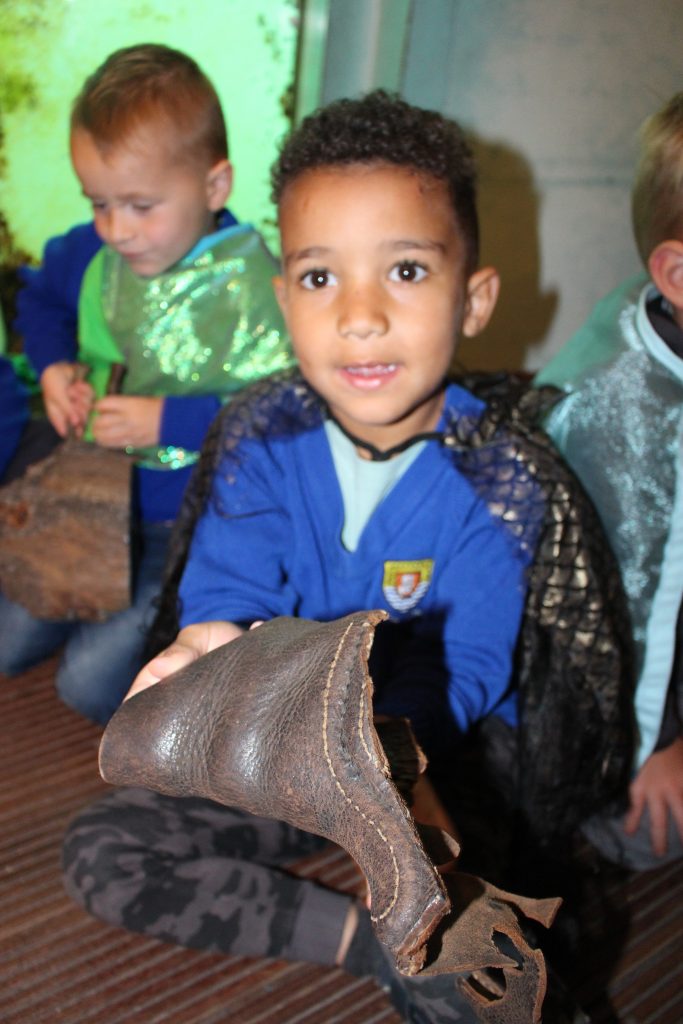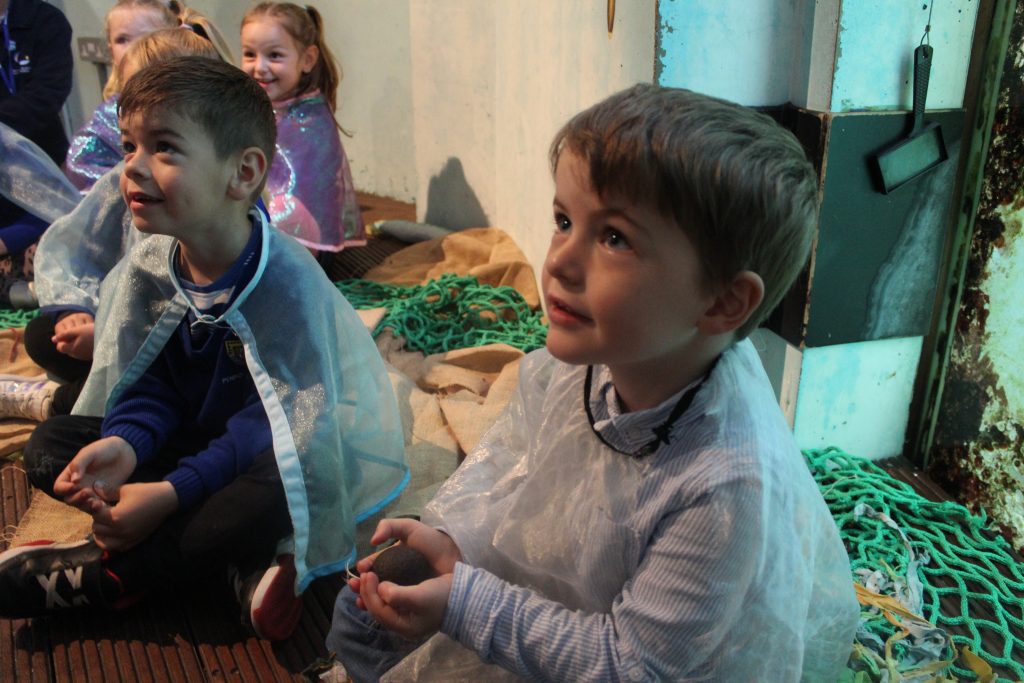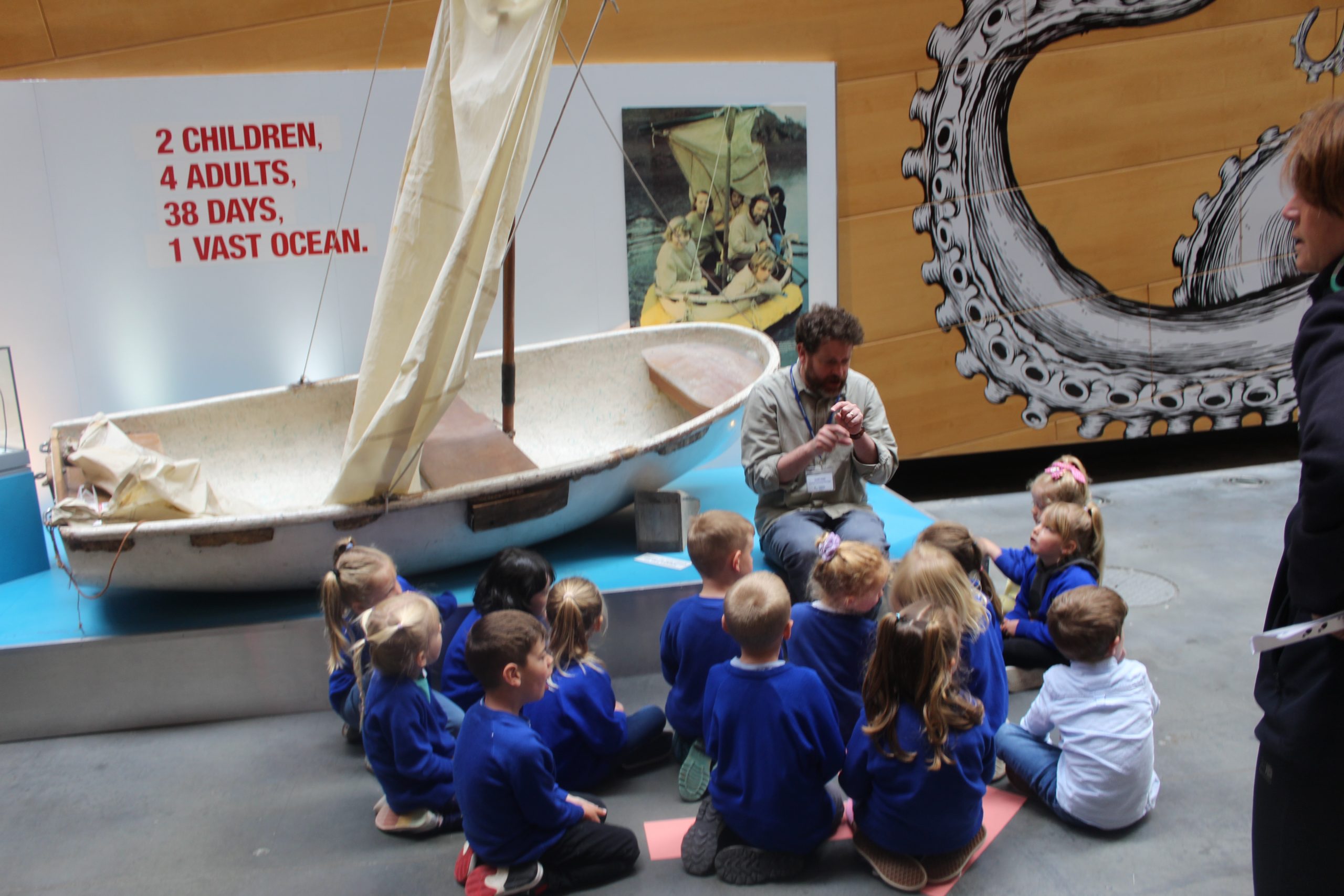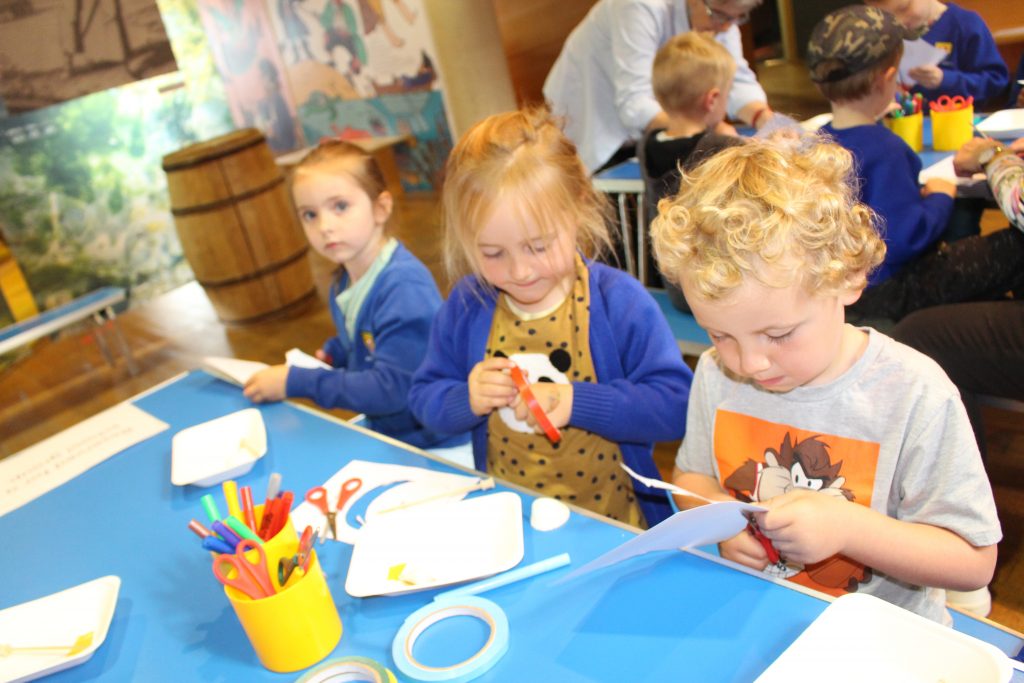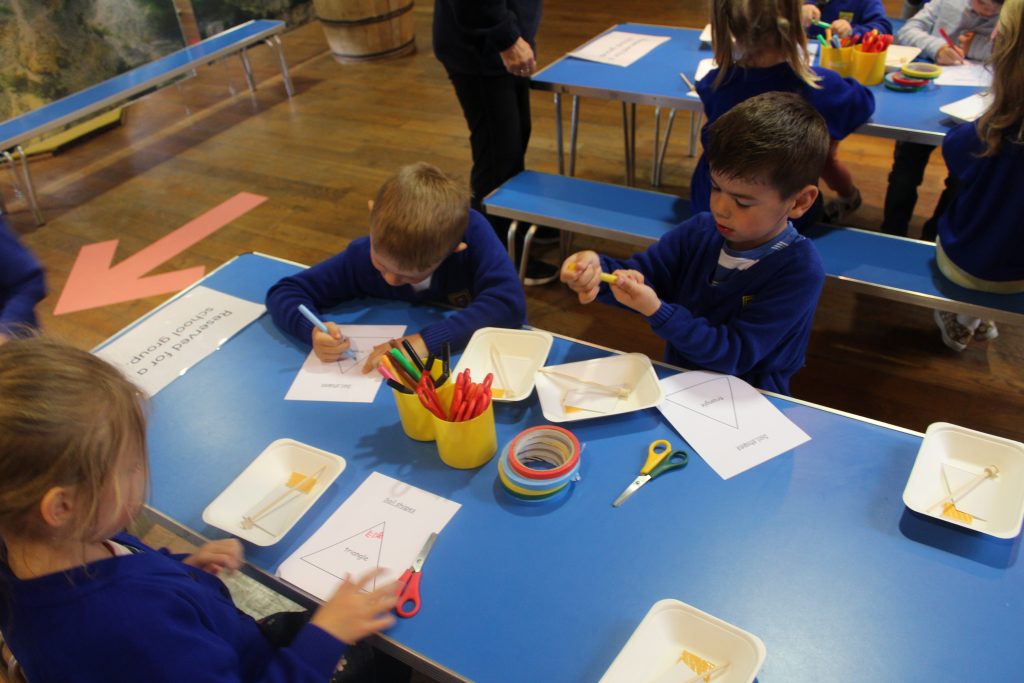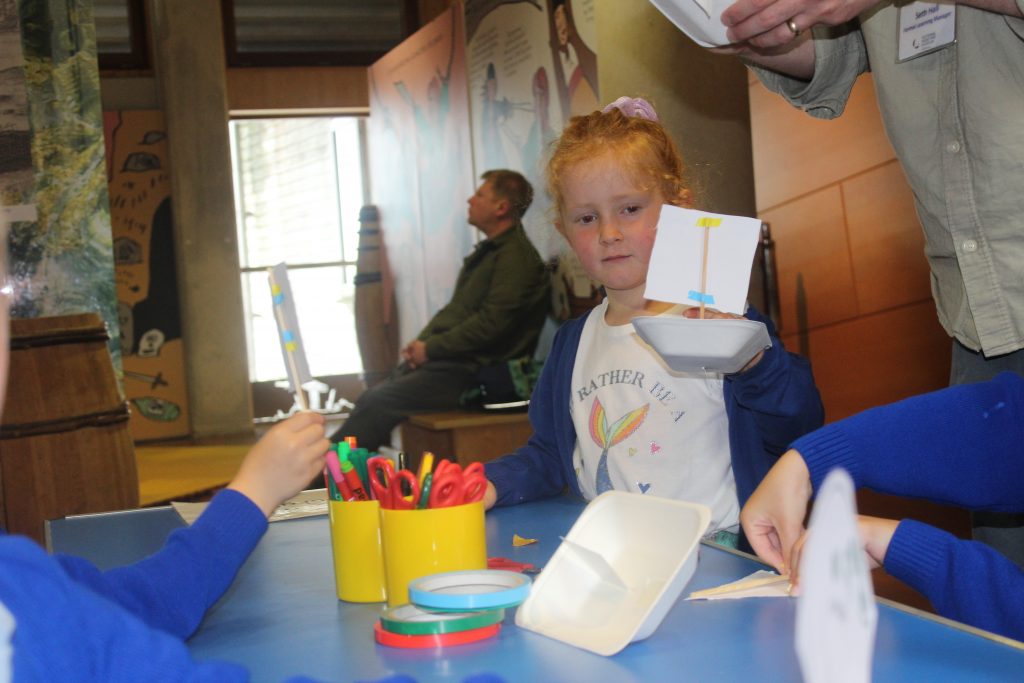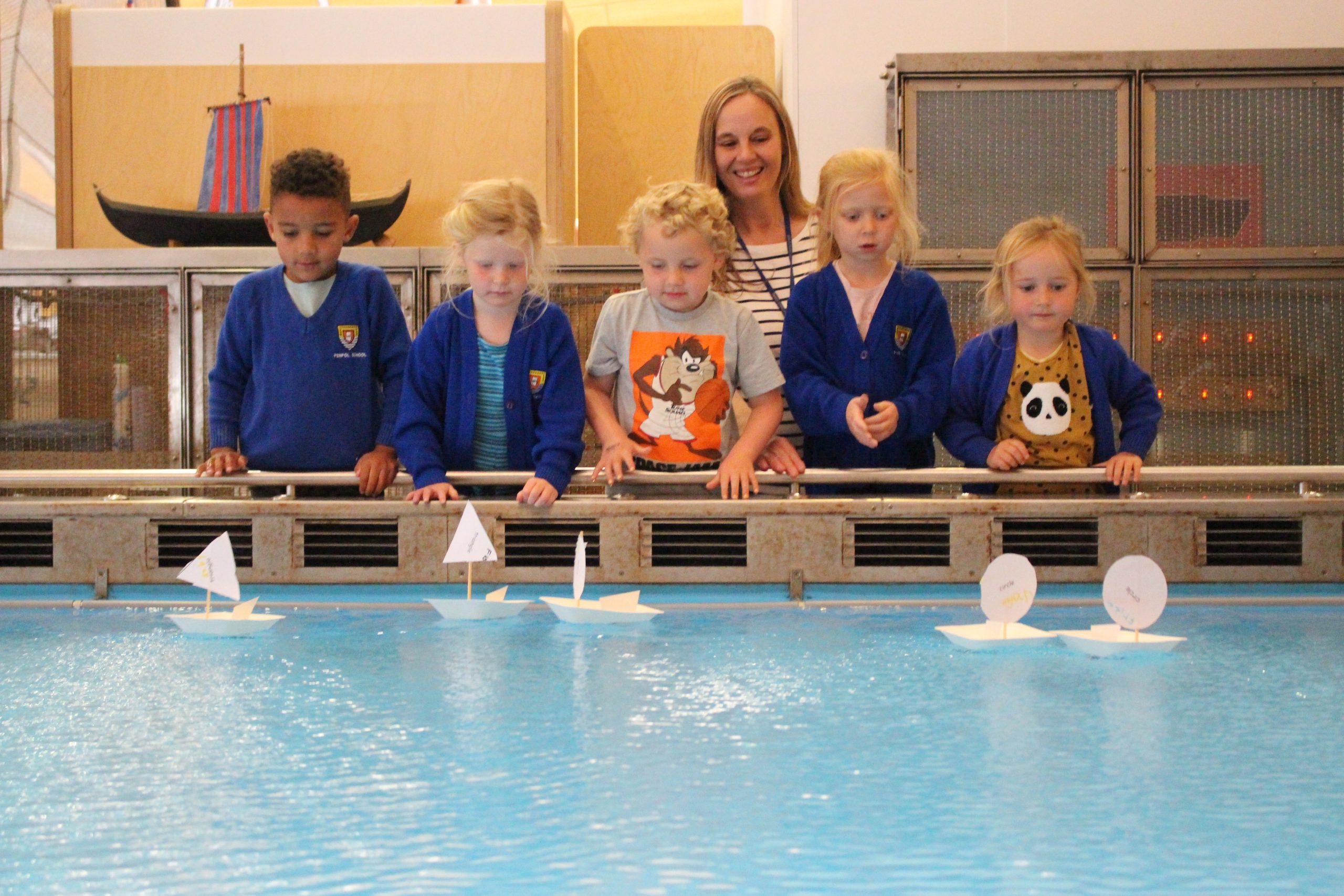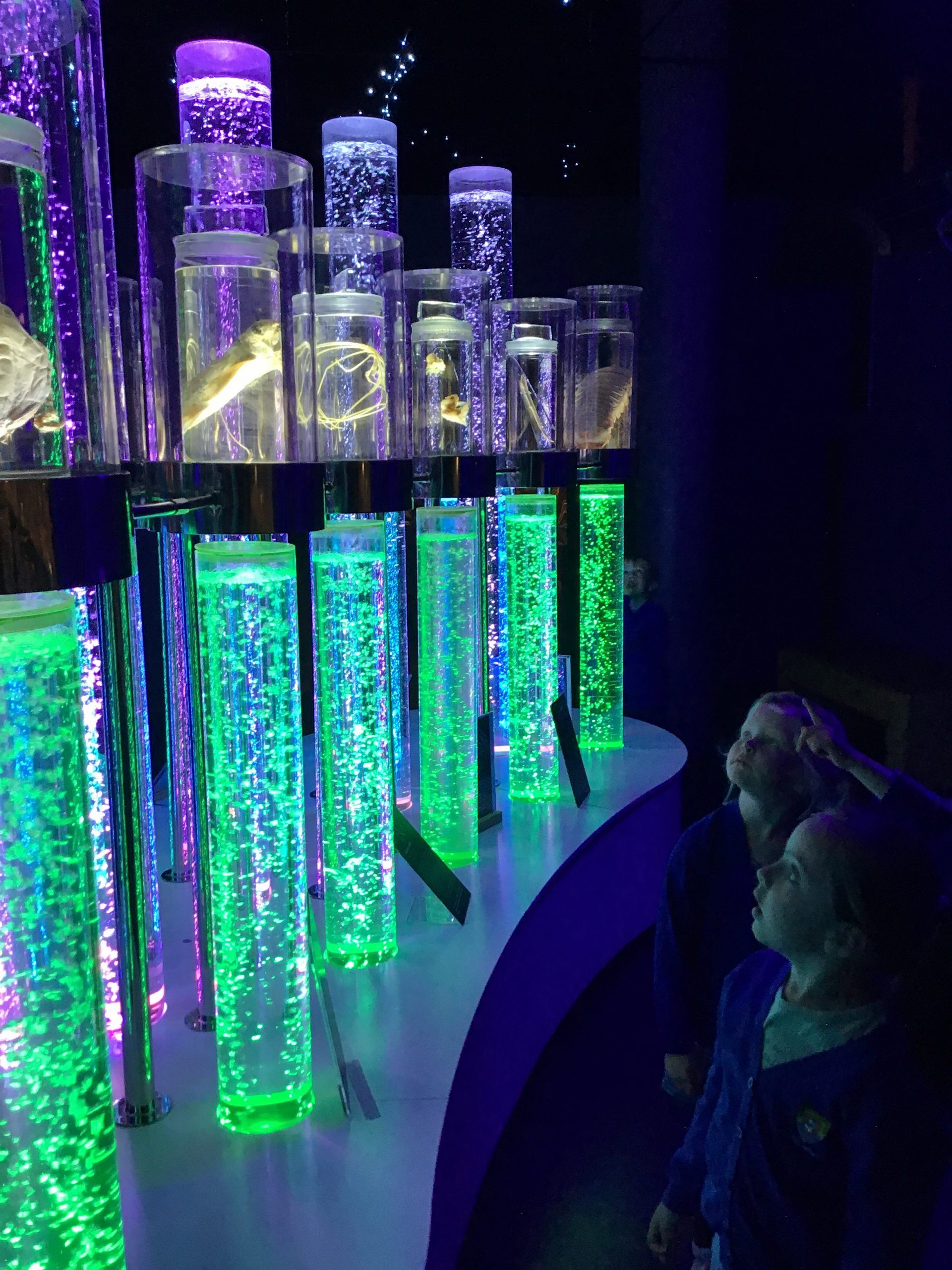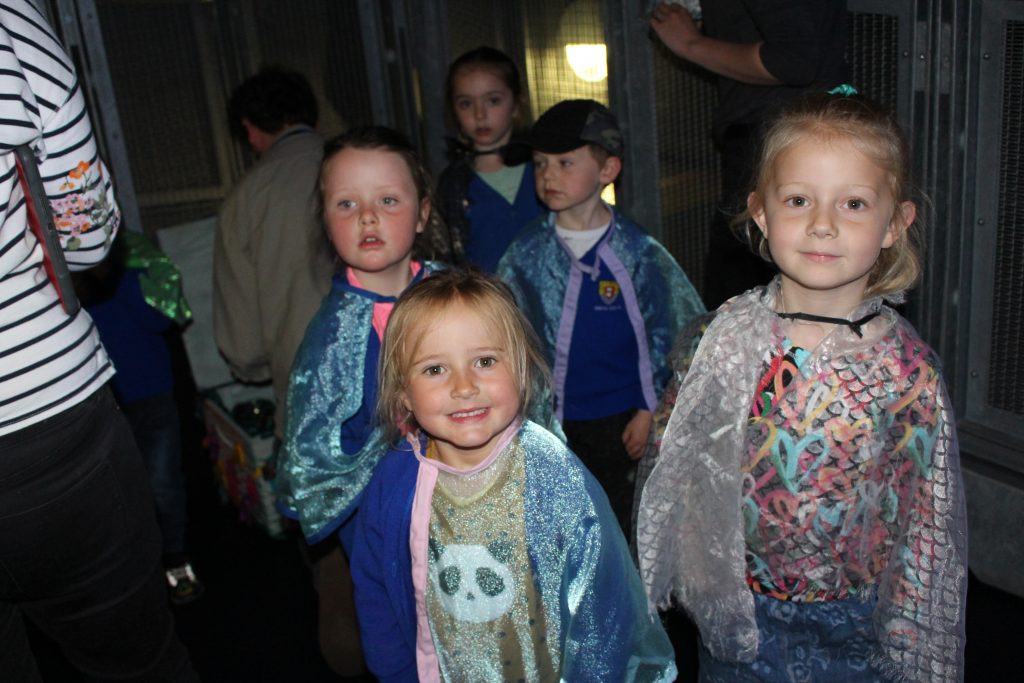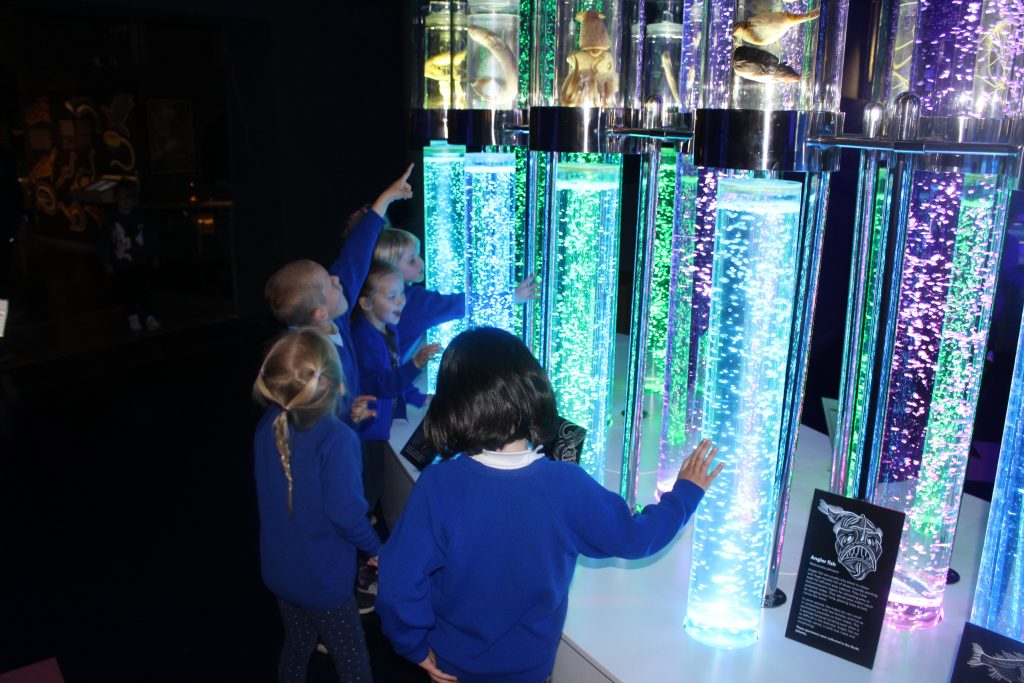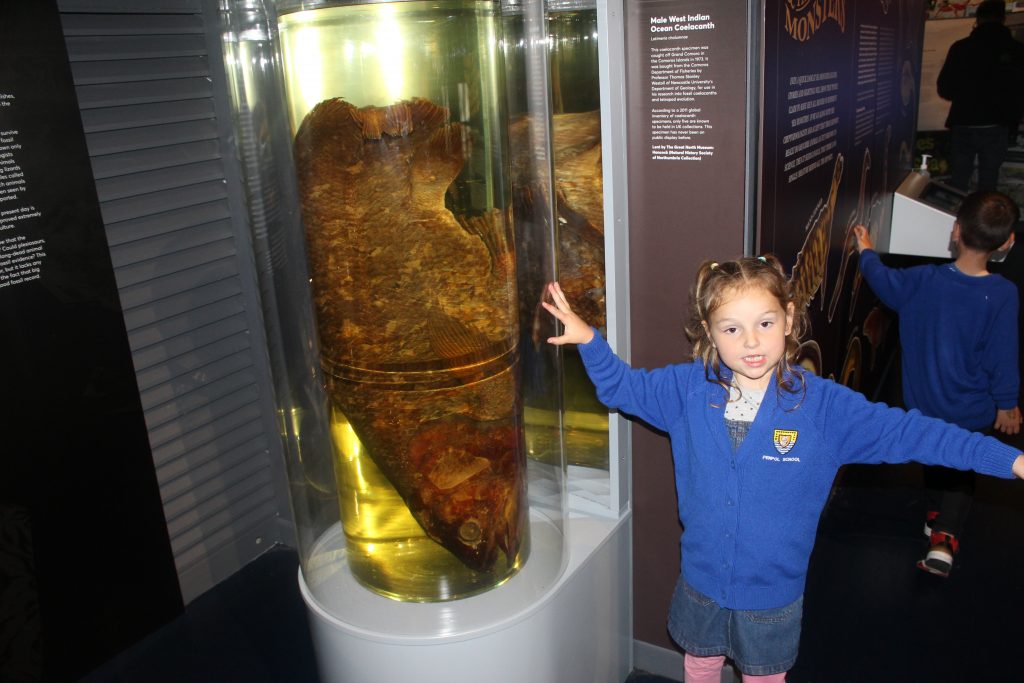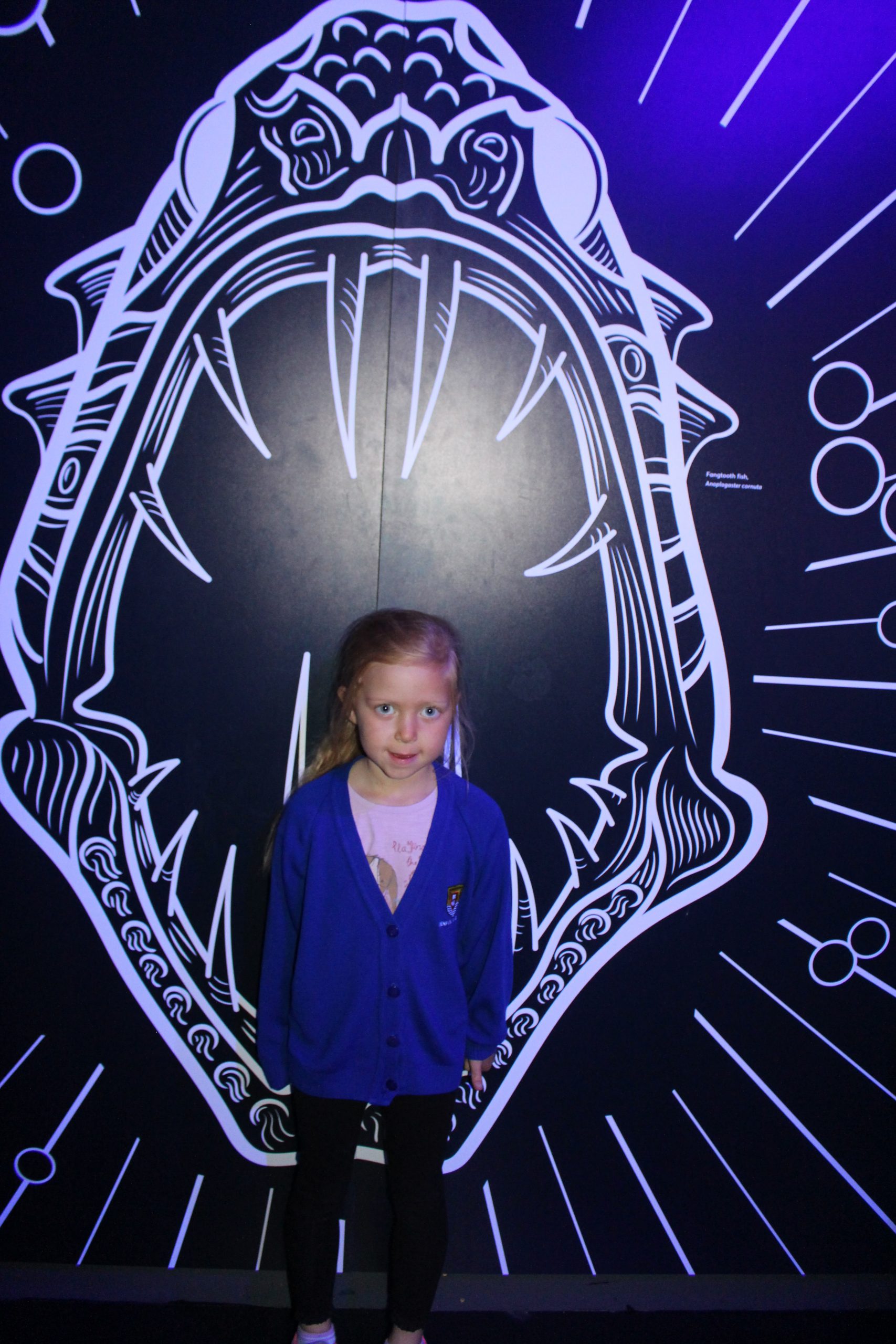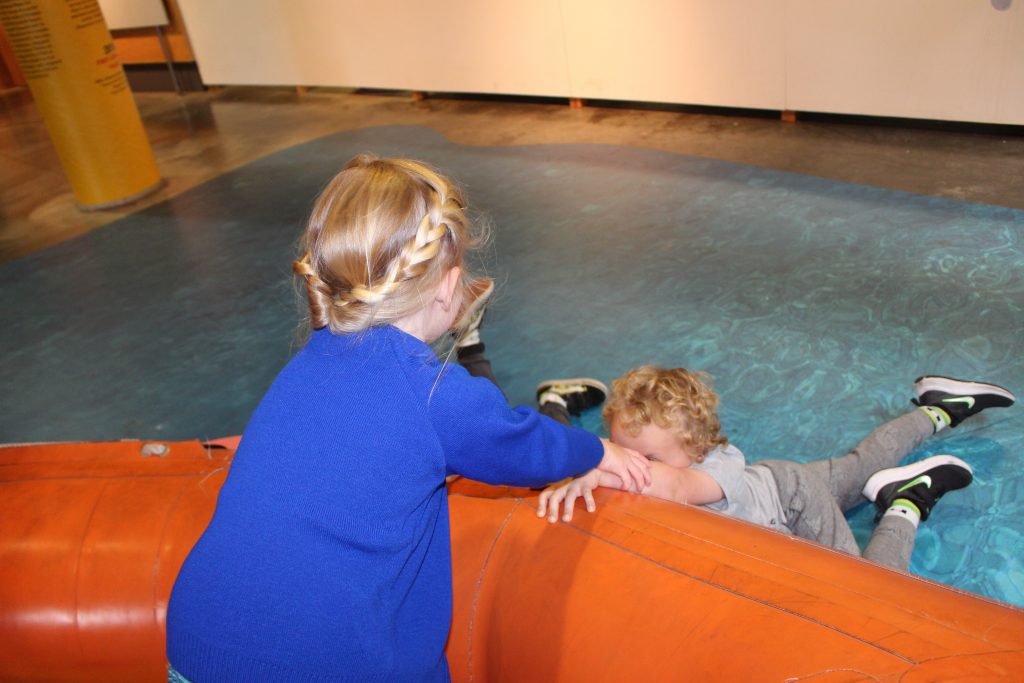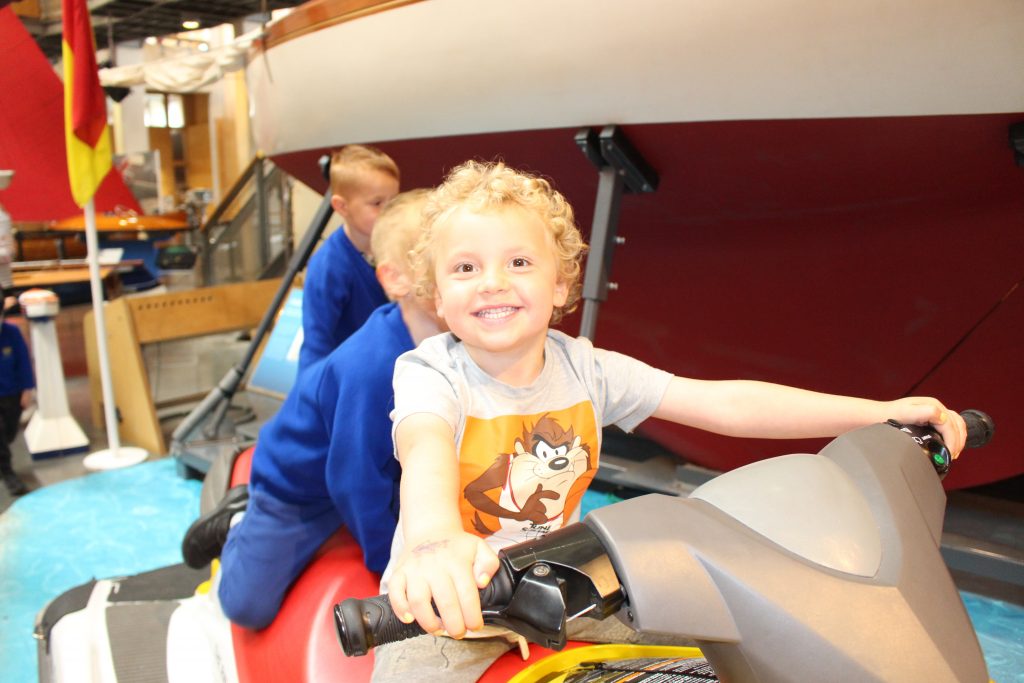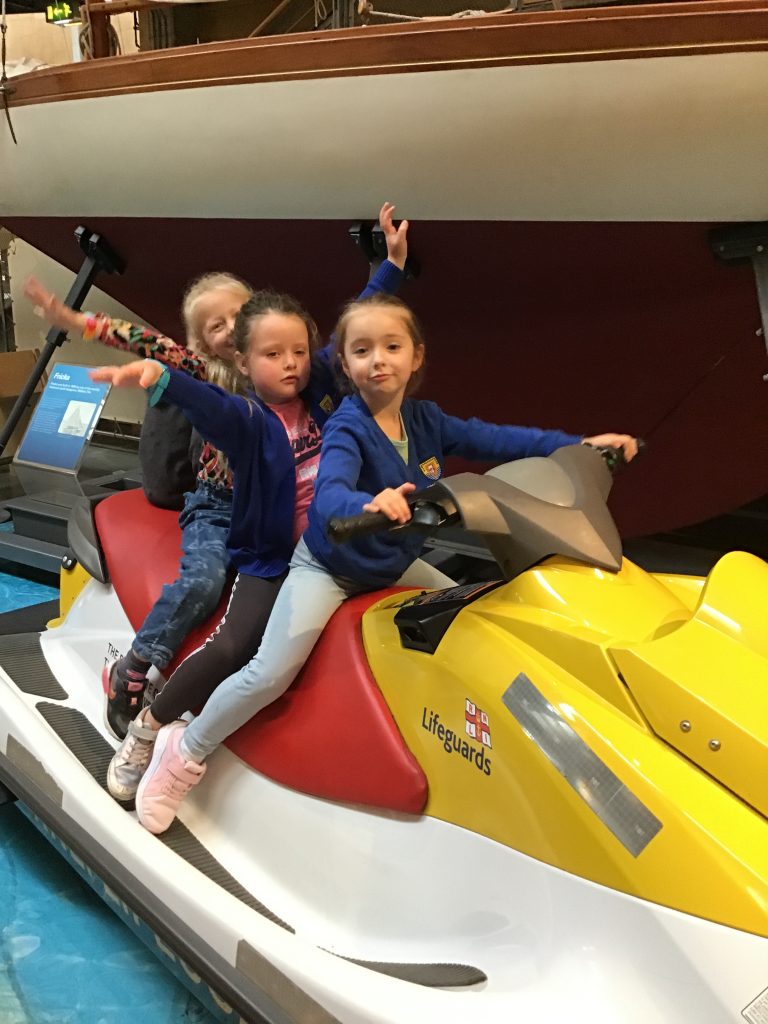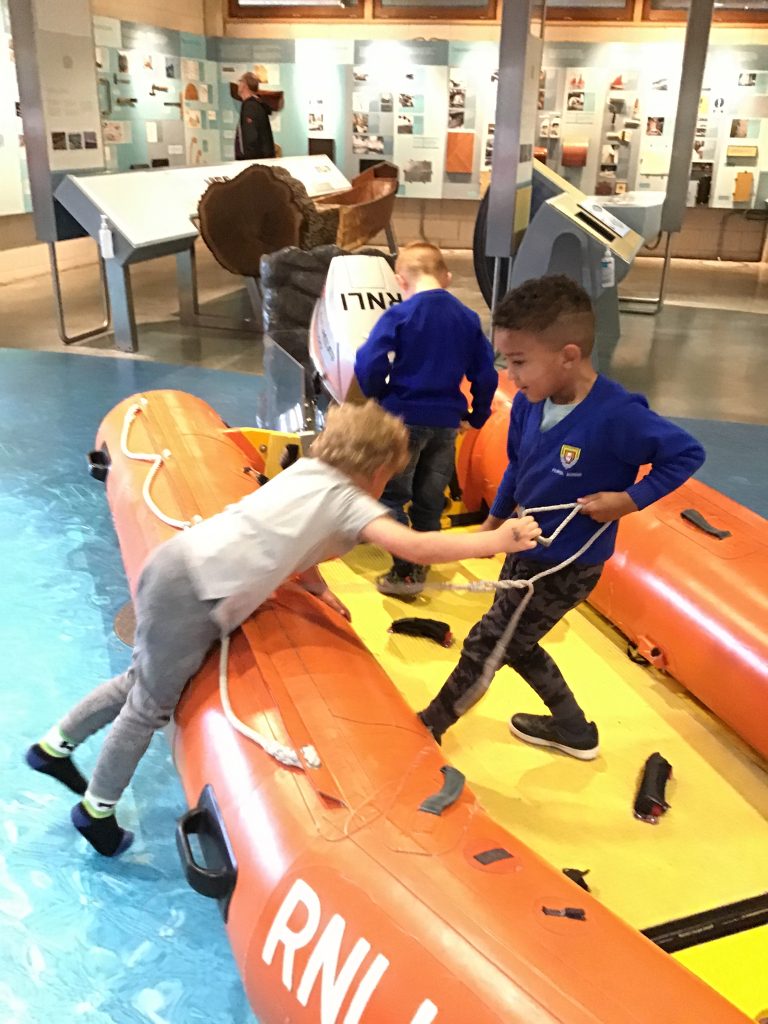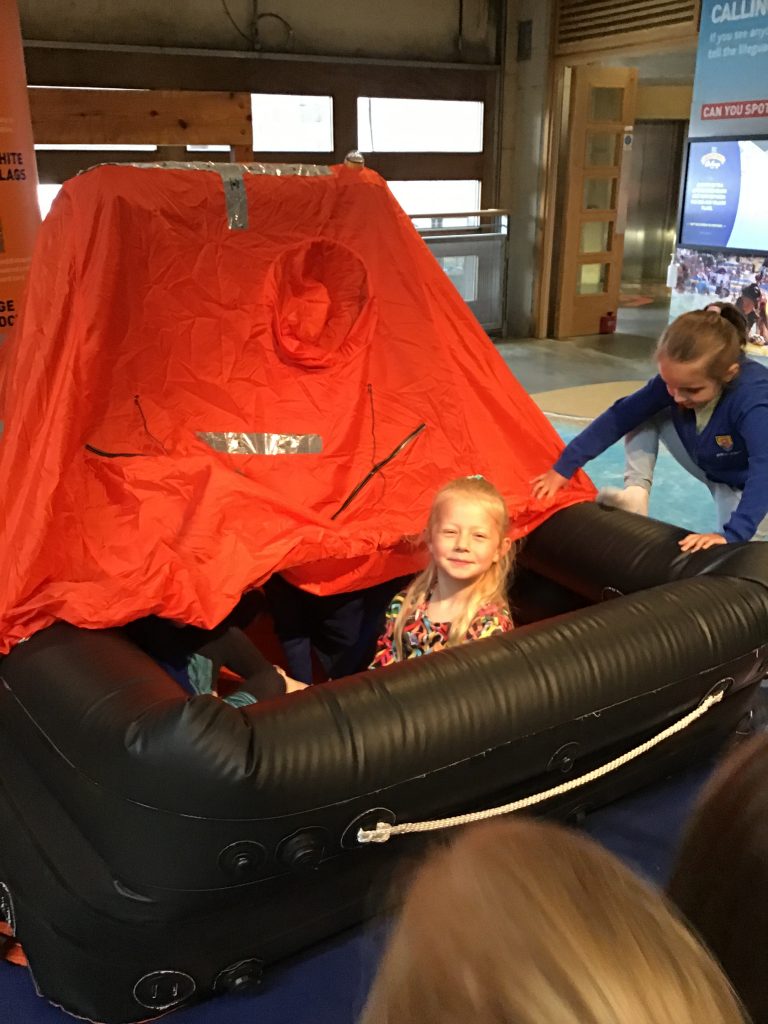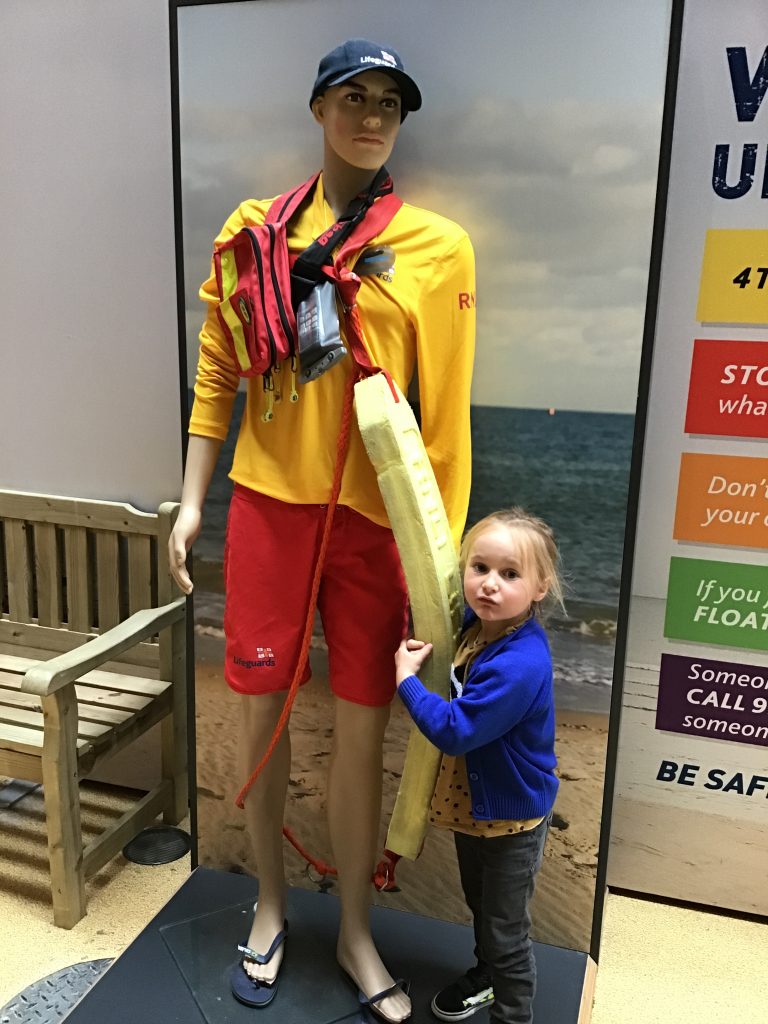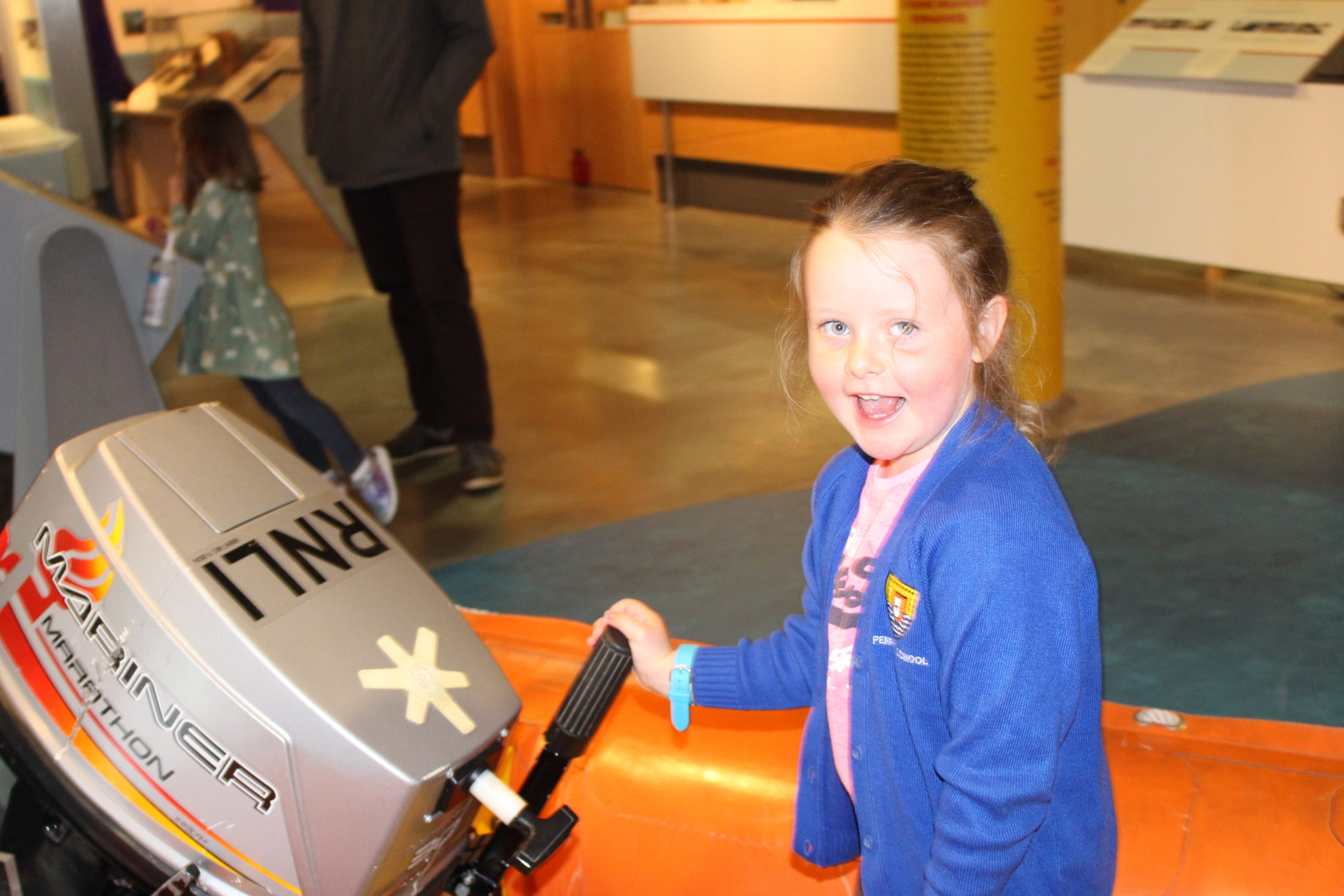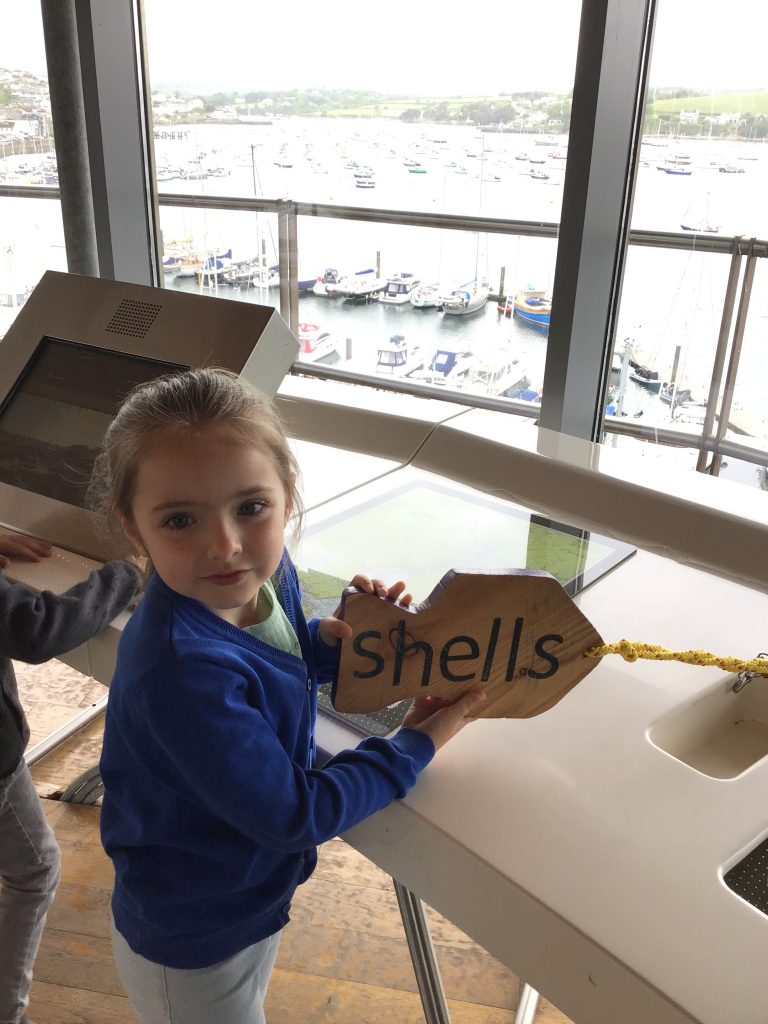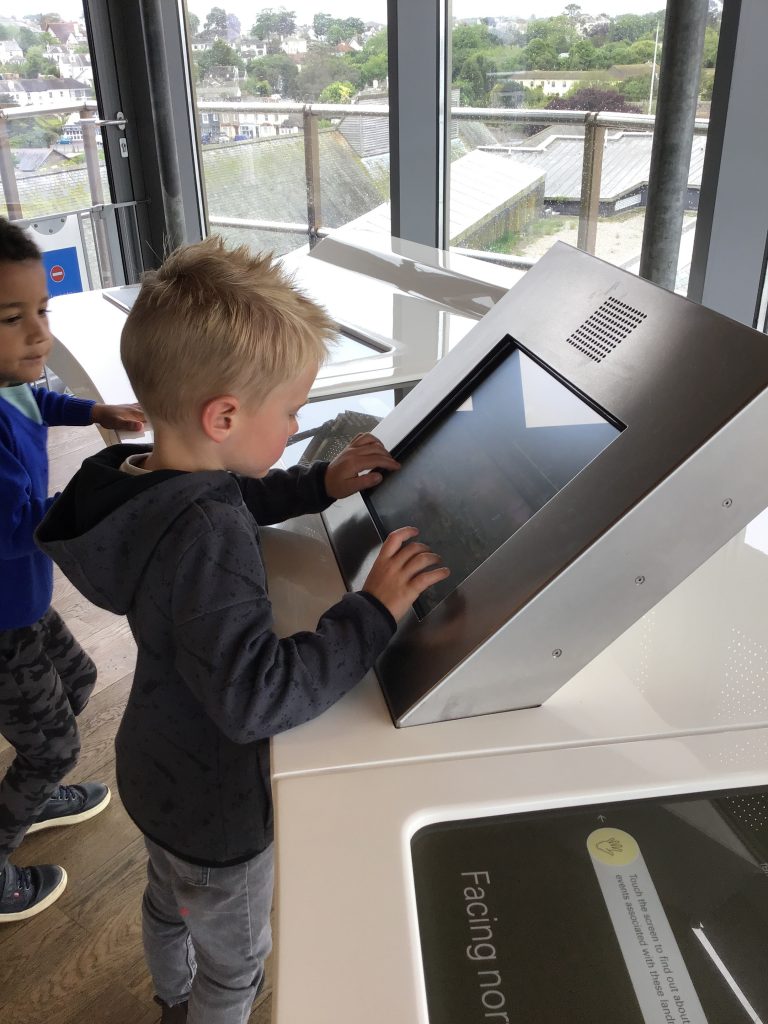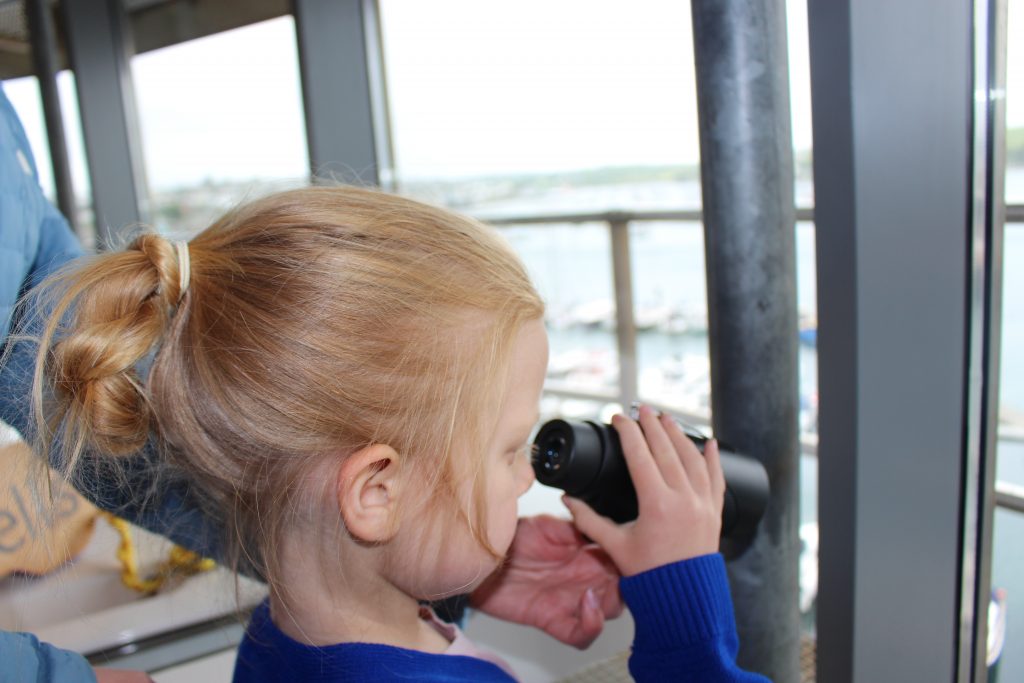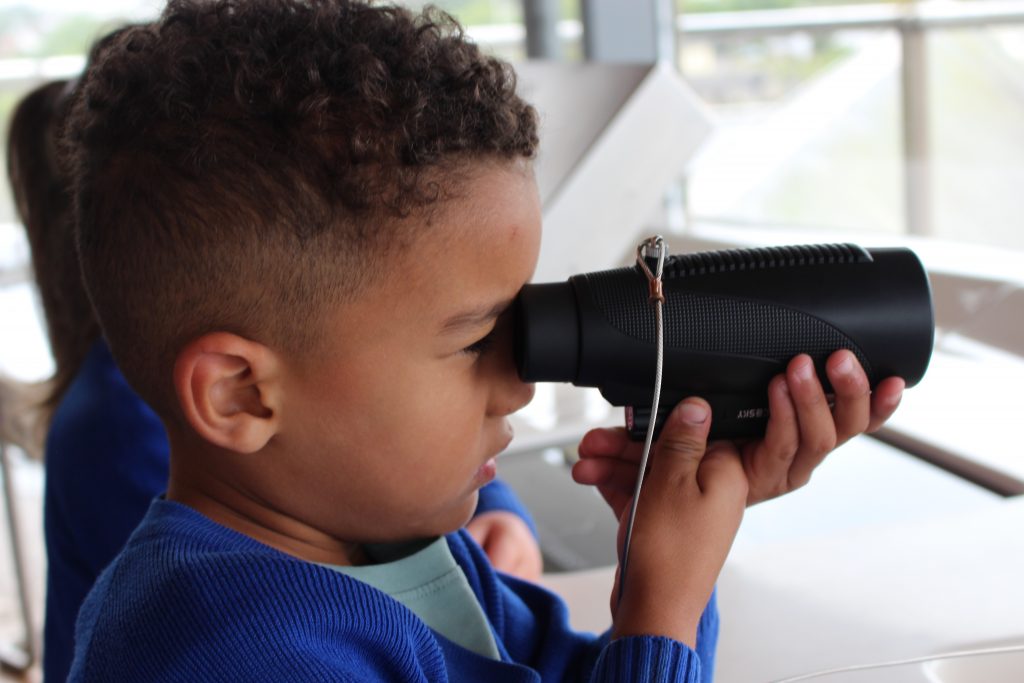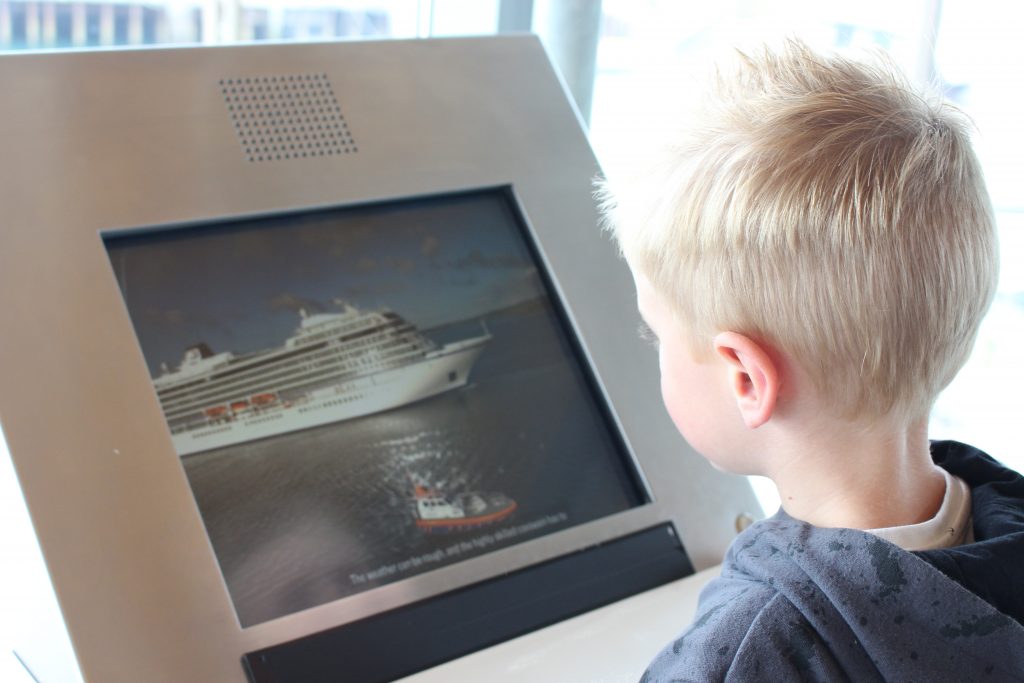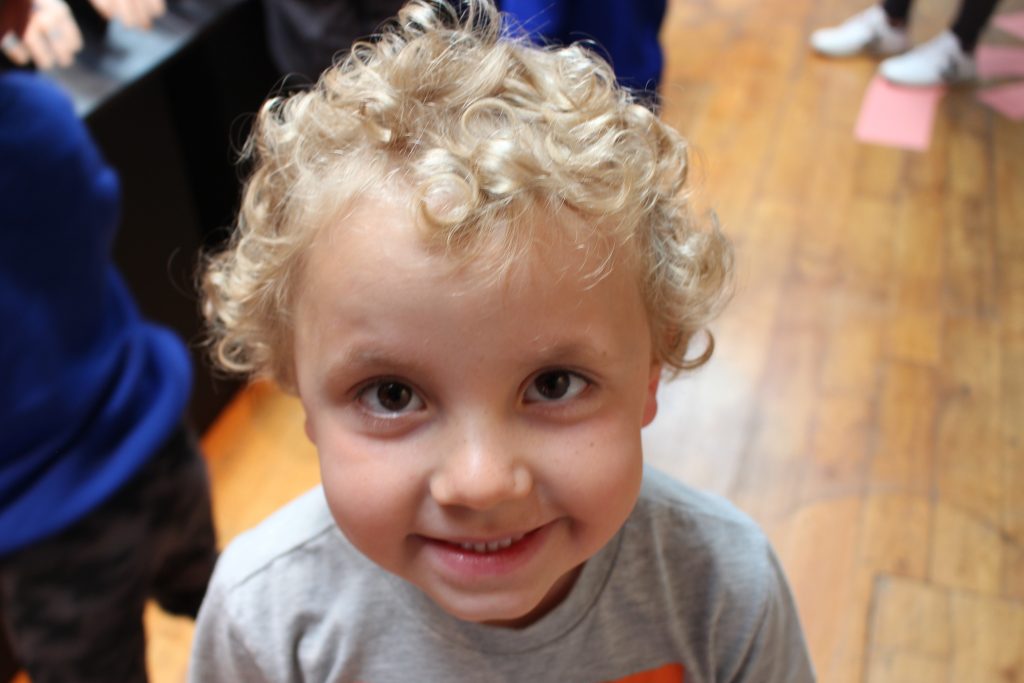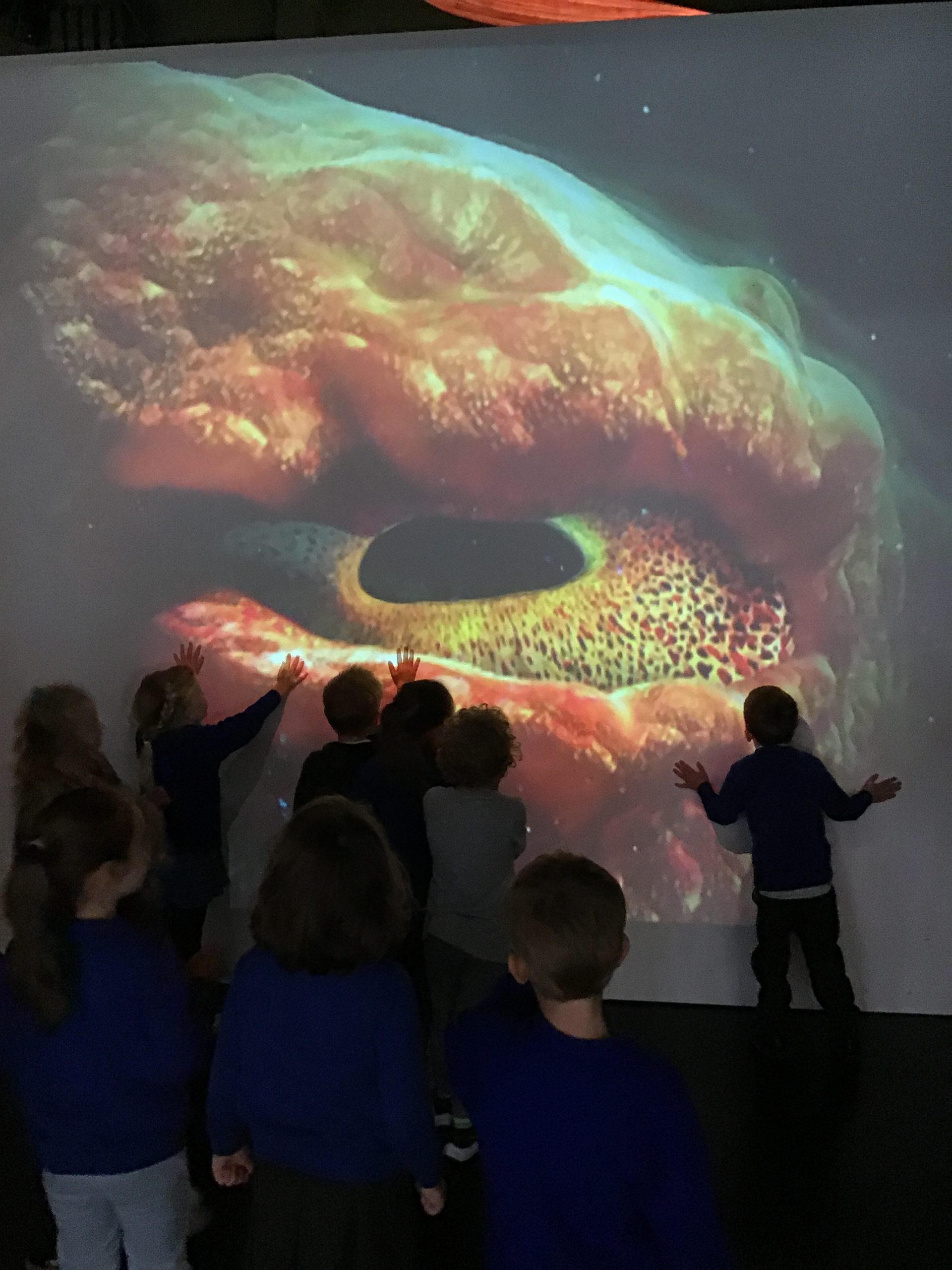Last week our Year 6 and Year 5 Lego Teams (the Six Super Stars and the Dragons respectively) took part in the Cornwall finals of the FIRST Lego League.
With thirty other teams taking part each day it was wonderful to see the event getting bigger and better every year in Cornwall. But of course more teams also means more competition for our own Penpol pupils! They completely rose to the occasion though with both groups sharing two excellent presentations and each taking part in three brilliant Robot Games runs.
This is the story of how our students got on at RNAS Culdrose…
Part 1: Robot Games
The Robot games is a fun challenge where the children have to design, build and code their very own robot to complete different missions. There is a maximum of 550 points on offer this year and a score of anything over 200 is considered exceptionally good – especially for primary teams!
The Dragons
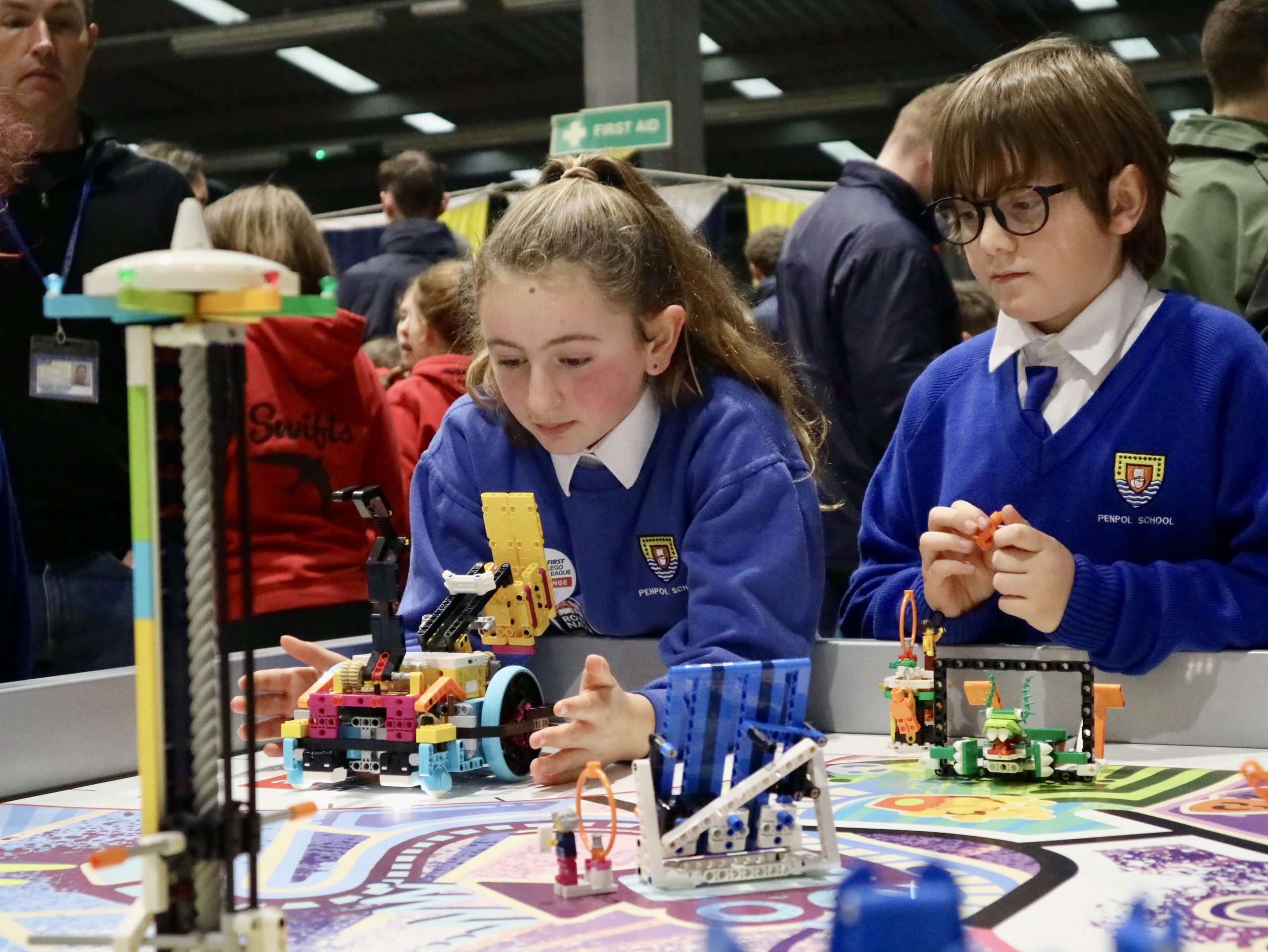
Never under-estimate how much pressure it takes to be a Robot Games Engineer. Not only are you lining up your robot and ensuring your code works perfectly, but you have a whole world of excitement, pressure and expectation building around you. Those two and a half minutes determine a huge part of your whole teams score in the competition – so it’s a lot of pressure!
Not that you’d know if from watching the Dragons though. They stayed cool under pressure, re-ran missions that didn’t work quite right and communicated throughout to ensure they got the very best score possible in each game. And all that hard work paid off on the third and final run as, to much cheering and support from their fellow team members, the robot managed to achieve it’s best run and got a score of 265 points when it mattered the most – catapulting the team to second place on the Robot Games scoreboard.
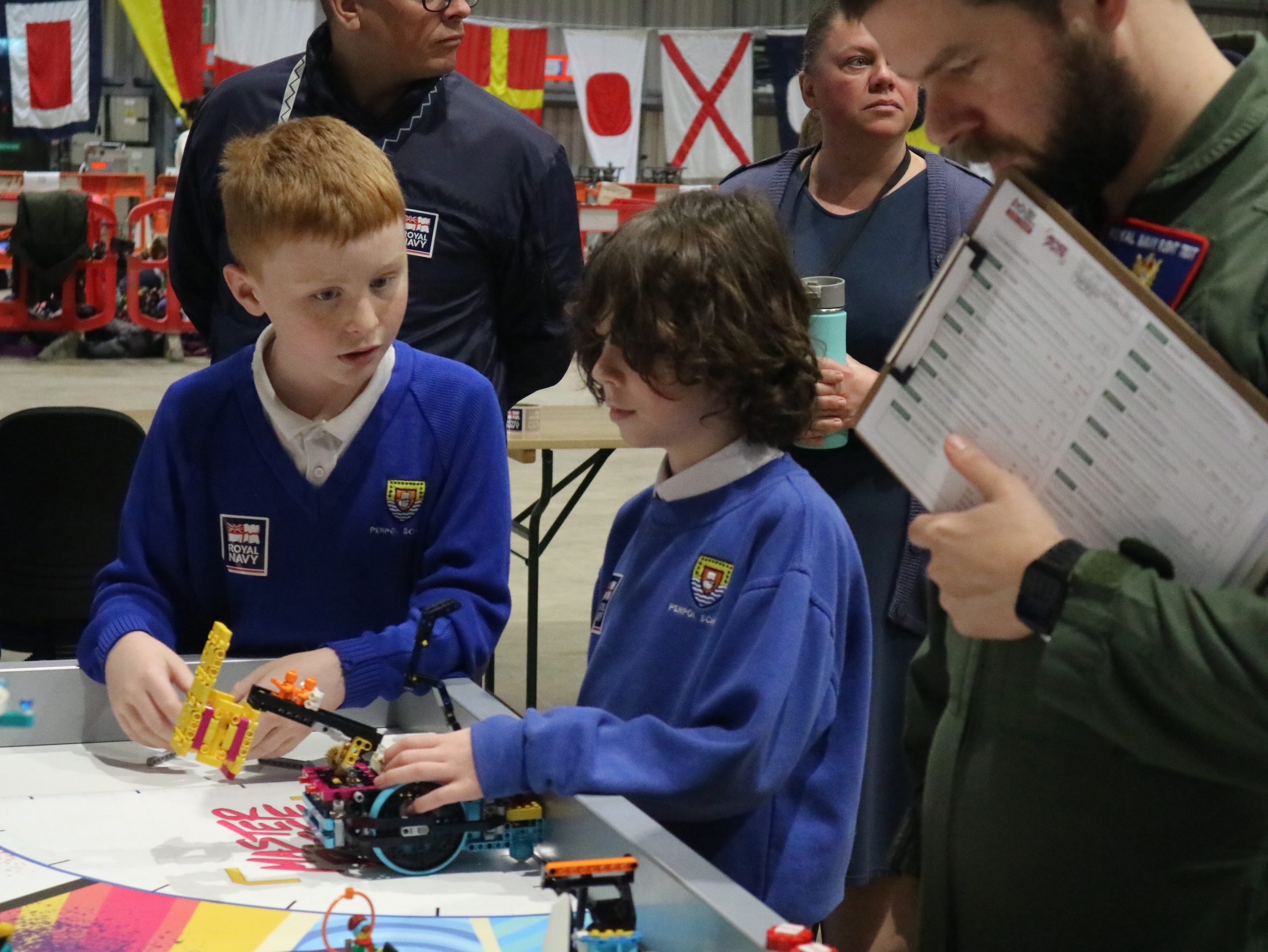
245
Round 1
230
Round 2
265
Round 3
The Six Super Stars
In the Robot Games you are given three opportunities to get your best score possible – but the Six Super Stars did theirs on the very first run! To much cheering and excitement their robot pulled off the perfect run, completing all the missions they had planned and scooped up a brilliant score of 265 points. This took the pressure off the other two runs, allowing the students a chance to soak up the atmosphere and enjoy the moment. This was a real team success as every member had the opportunity to launch at least one mission in the two and half minute timeframe.
They even engaged in some friendly banter with the the Year 7 team from Hayle Academy, which included some team-members from last years Penpol Pumpkins. This caught the attention of BBC Spotlight who sent their reporter Johnny Rutherford who featured the team on his report in the evening news!
265
Round 1
225
Round 2
205
Round 3
Part 2: Innovation Project
The Innovation Project is a chance for the children to identify a problem linked to the annual theme (Creativity and Hobbies for this season) before researching, creating, refining and presenting their own innovative solution. This takes the form of a five minute presentation to the judges and a ten minute question and answer session afterwards.
The Dragons
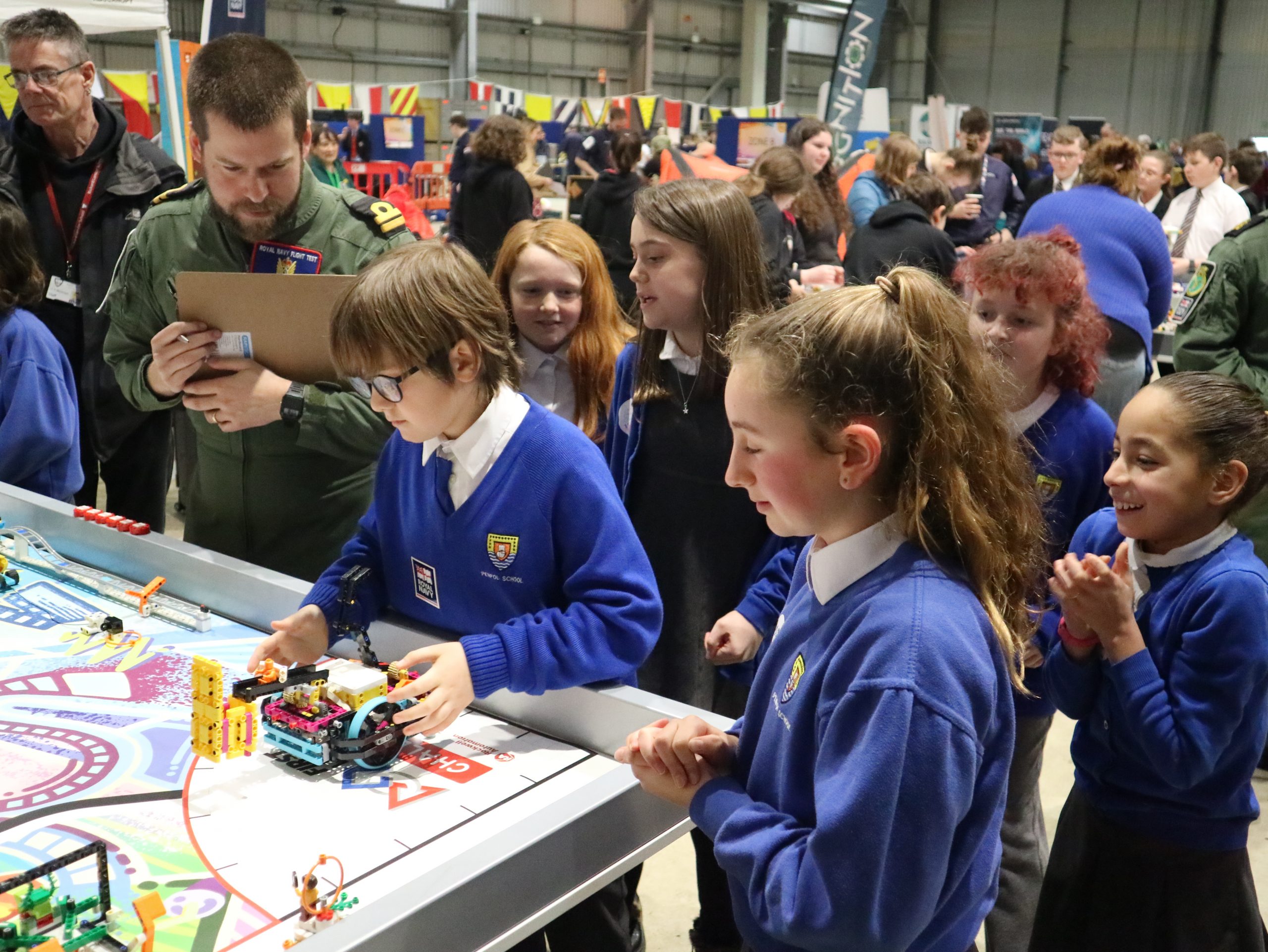
For their Innovation Project the Year 5’s conducted a survey all about art and found that 80% of children in school loved to draw. The only problem was that three quarters of those children often didn’t draw because they didn’t have any good ideas of inspiration of what to create.
The Dragons set about fixing this by creating a Scratch project called the DrawingRandomiser which gives people an idea of what to draw – often with some very funny results!
They shared this project with the judges in a short comedy sketch that they’d written together and gave the judges a chance to try their project for themselves.
For this presentation there was nowhere to hide and the team all had to be really brave in their confidence – something they truly excelled at in the run up to the competition. On the day they were able to speak confidently and proudly to the judges (in fact one of the organisers told us it was hard for the judges to get a word in because the team were so confidently explaining everything they’d been doing!).
31 points
out of a total of 40
The judges praised their “unique idea to encourage creativity for all people” and thought they “adapted to failing technology very well” when their laptop couldn’t get onto the internet.
The Six Super Stars
The Year 6 Innovation Project also revolved around the theme of art, but with a slightly different focus.
After lots of planning meetings and discussions, the team identified the problem that quite often people struggle to draw because they don’t know how to. To help with this problem they decided to create a book that students can use to learn how to draw different things with friendly, step-by-step instructions. They chose popular things to draw such as animals and using iPad they created illustrations and instructions to help even the most beginner artist create some beautiful pictures.
Having made this book the team then created a presentation to share with the judges which featured lots of comedy and some great acting too. They also had a printed copy of their book to demonstrate what the finished product would look like in the future.
They were full of confidence in the judging room and ensured that each team member had the opportunity to talk and reflect on the journey they’ve been on over the course of the competition.
19 points
out of a total of 40
The judges enjoyed their “unique, acted presentation” and said their “excellent, enthusiastic teamwork” was evident throughout whilst describing and solving their “novel problem”.
Part 3: Robot Design Presentation
The last part of the competition was the Robot Design Presentation. This name is slightly deceptive as it isn’t just about the robot that the teams have built. Yes it is largely about this, but it is also a chance to share the story that the children have been on since starting their journey in the competition. This is a chance to share their learnings, their new skills, their strategies, plans and anything else that they want to with the judges.
The Dragons
When it came time to share their Robot Design presentation the Year 5’s decided on an ‘interview-style’ approach where they took it in turns to ask questions for each other to answer about the robot, coding, mission strategy and testing they’d done.
This fun approach meant the children were able to talk naturally without having to learn a script beforehand and gave them plenty of opportunities to highlight their coding and strategy for their missions.
29 points
out of a total of 40
The judges shared that it was “well presented” and that the team “explained thoroughly what could go wrong and the how to avoid mistakes during the missions.”
The Six Super Stars
For their Robot Design presentation the Year 6’s created and shared A1 posters which featured their code, photos of the robot and attachments and important information about their robot. This meant they were able to clearly articulate the journey they’d been on with their coding, including the decision making strategy behind changing their robot design from the standard ‘Advanced Driving Base’ to a more unusual ‘Coop Bot‘ which they found after doing lots of online research into effective robot designs.
They took this starting point and adapted the robot for their own mission strategy by creating an assortment of interesting attachments to help them earn points.
30 points
out of a total of 40
The judges said their presentations were “novel, funny and charming” as well as their “detailed explanation of design, issues and solutions”.
Part 4: Core Values
The final of the four areas that teams are marked on is called the Core Values. These values include Discovery, Innovation, Impact, Inclusion, Teamwork and Fun. Throughout their presentations, their robot games and the day itself the teams are being judged on these six areas.
The Dragons
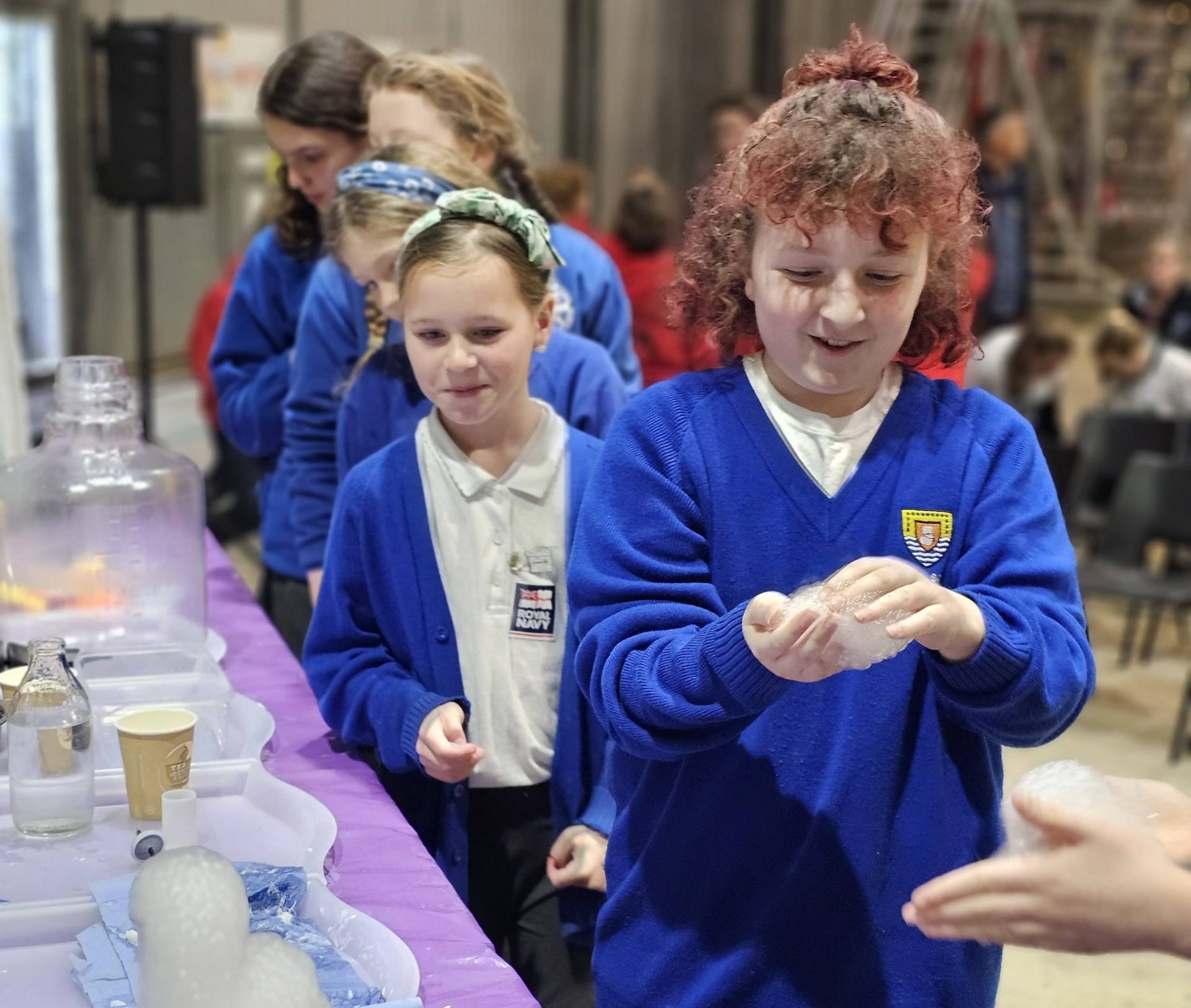
As a team, the Dragons really embodied their Core Values over the course of the day. They supported each other throughout, from cheering during the Robot Games matches to supporting each other in the presentations if they stumbled on any lines.
They demonstrated the impact they’ve had through their project and shared all the discoveries they’d made as they learnt to build and code their Lego robot.
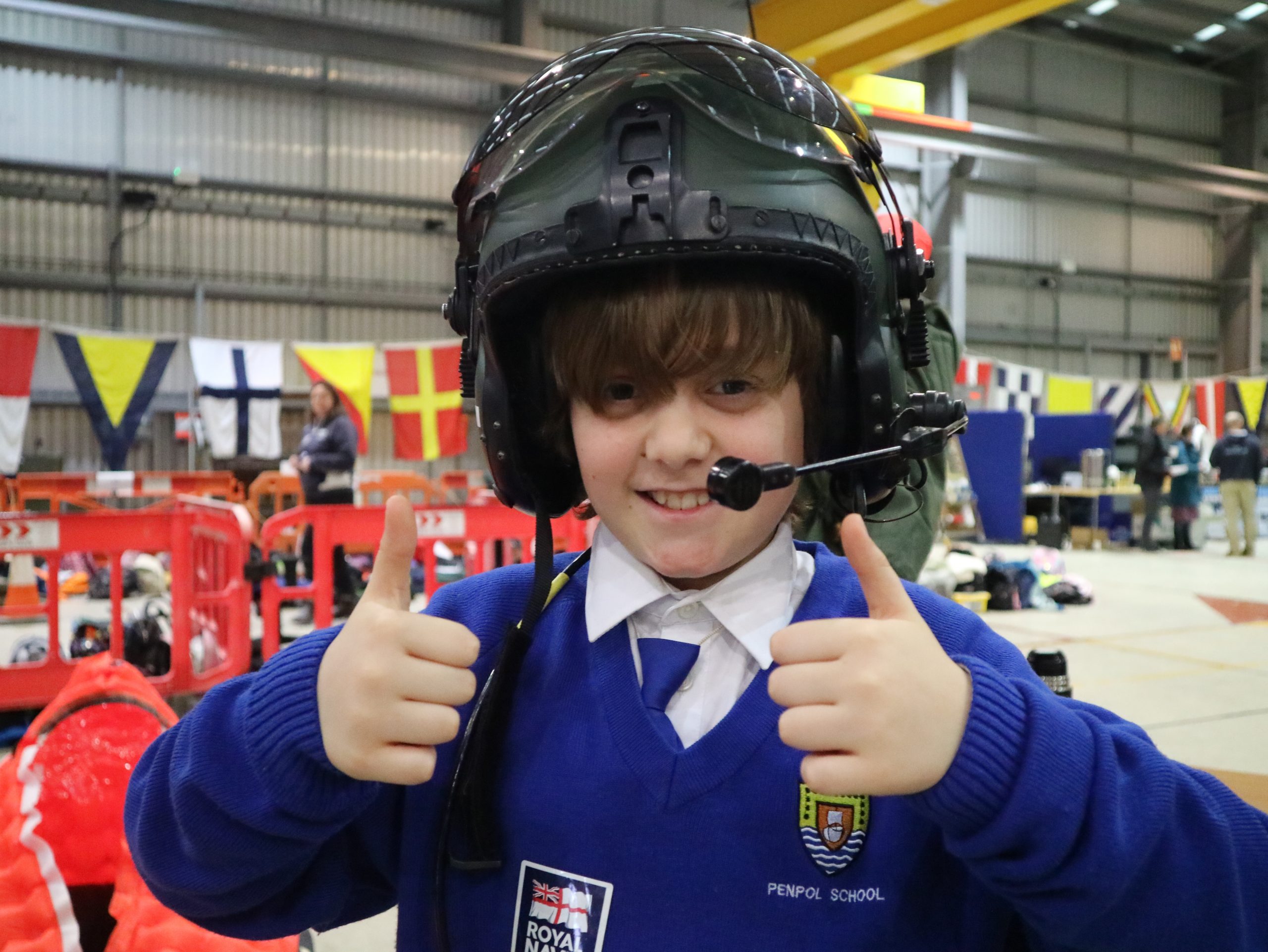
20 points
out of a total of 24
The judges were really impressed with how the team “supported each other and the most confident always encouraged the least confident” and said that “when asked about teamwork they all discussed how they organised as a team and how the team has supported each other learning new skills”.
The Six Super Stars
The Six Super Stars did a fantastic job sharing their Core Values during the competition – from supporting each other and exploring the STEM exhibitors together to being kind and courteous to adults and other teams.
The judges picked up on their team spirit and gave them a rare Exceeding score of 4 points for both their Teamwork and Fun. For every other score they got a 3 which shows that Discovery, Innovation, Impact and Inclusion were “consistently observed across the team“.
20 points
out of a total of 24
The judges praised their “excellent teamwork”, the fact they “worked out improvements and simplified their designs” and the fact that during their presentation there were “great answers by all members to questions”.
The Final Scores
As you can see from each of the four areas above, both teams did really well and embraced each and every aspect of the competition. I’m thrilled to say that they both returned to Penpol with a trophy to recognise their hard word.
Year 5 Team
The Dragons came second overall in the Robot Performance category with a score of 265 points, as well as taking home the Breakthrough Award which "celebrates a team that made significant progress in their confidence and capability in both the Robot Game and Innovation Project and are a shining example of excellent Core Values."


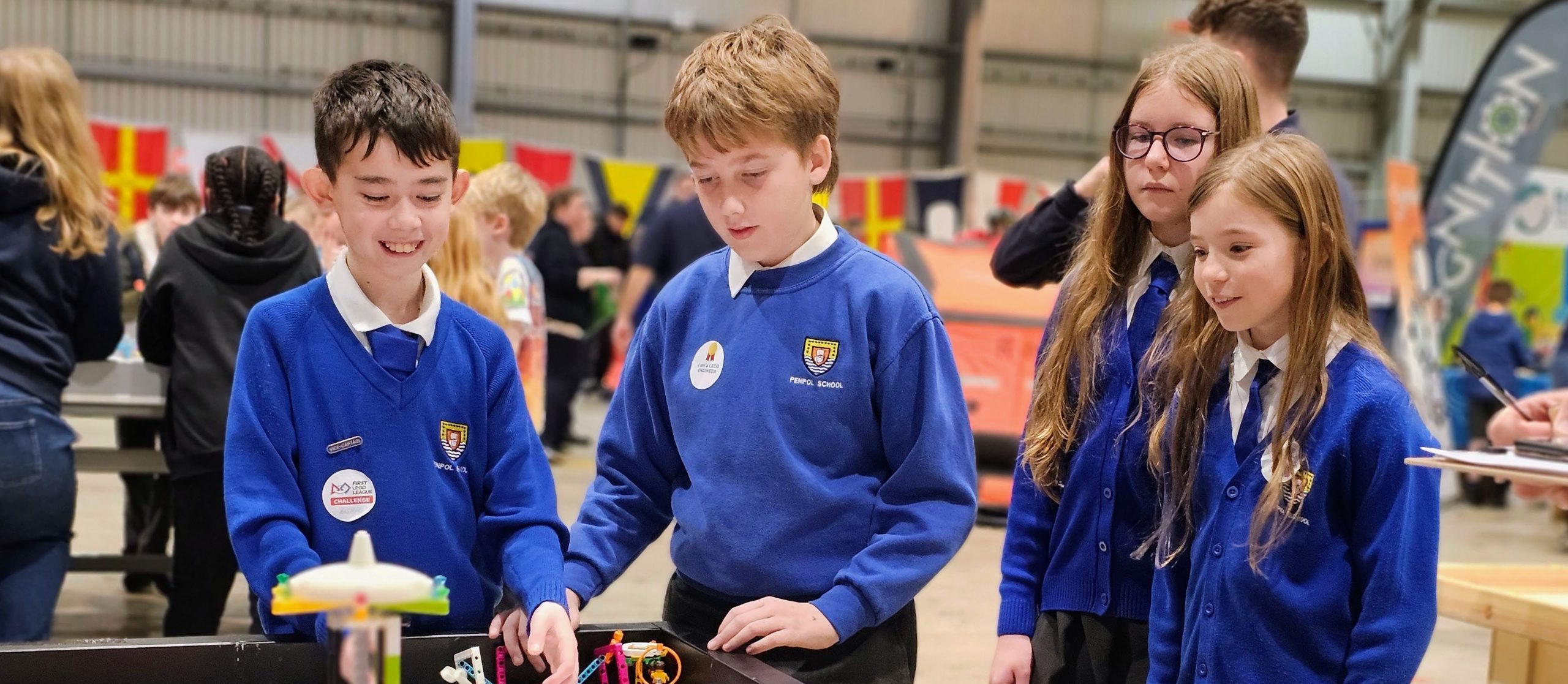
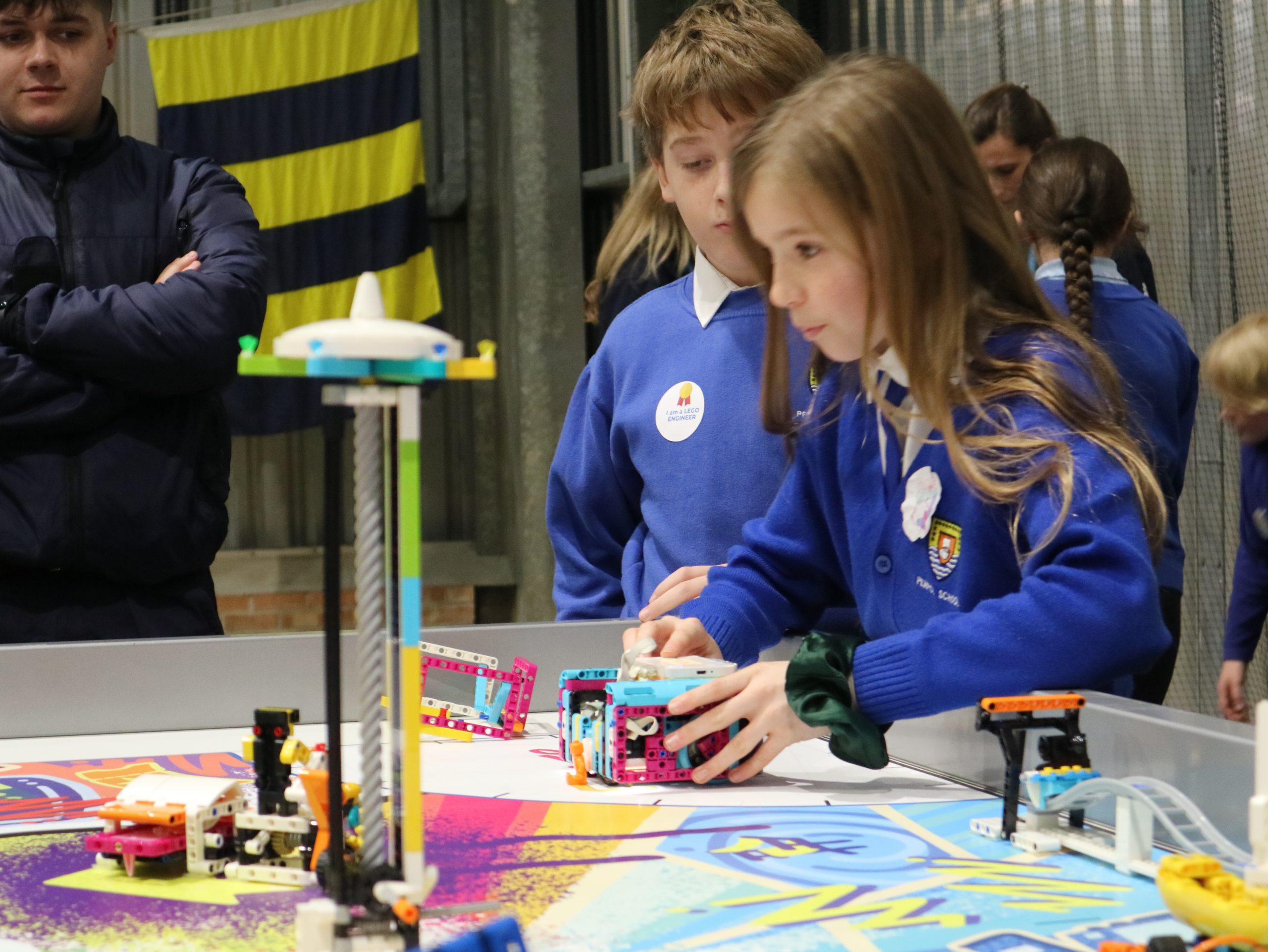
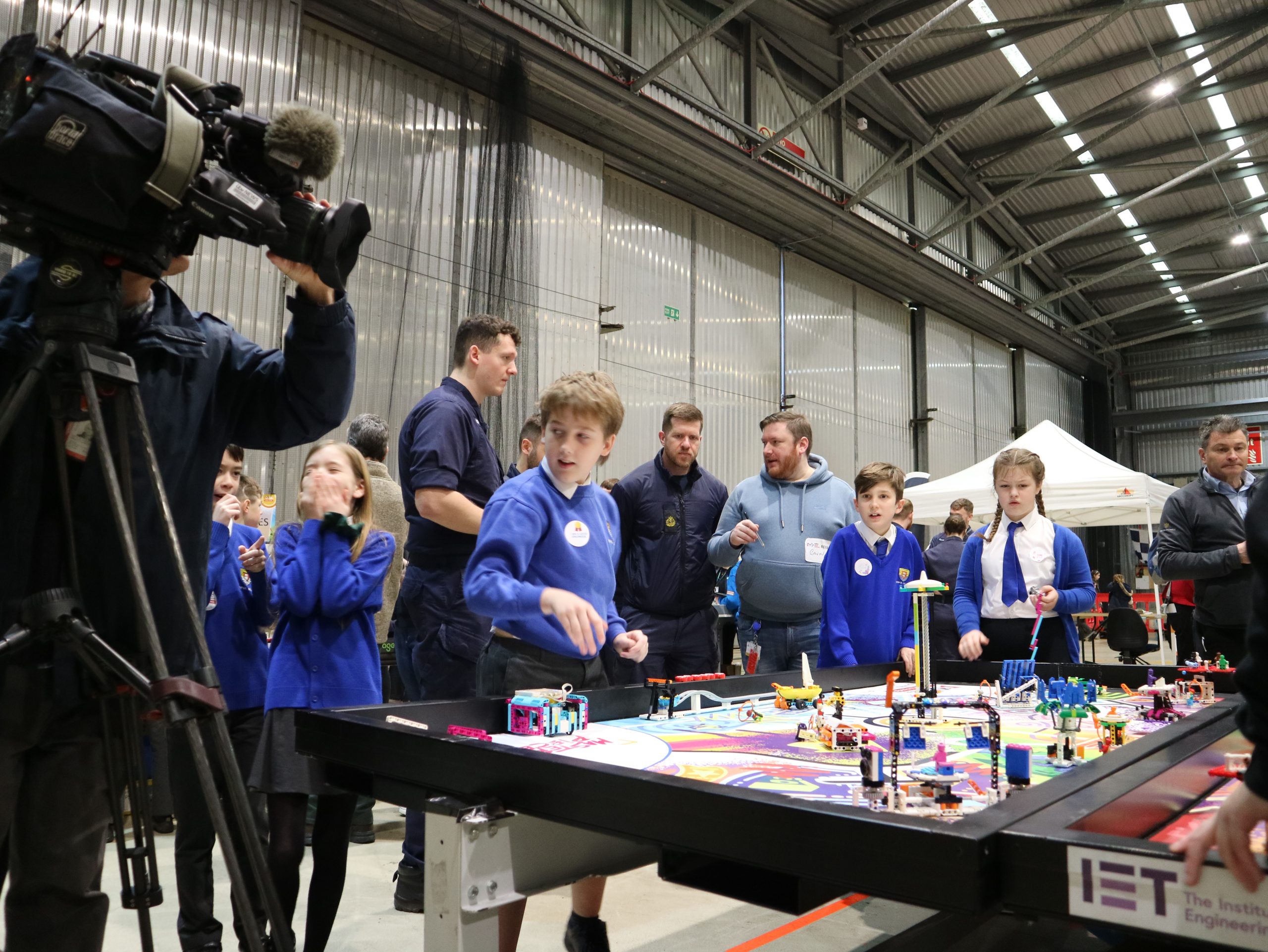
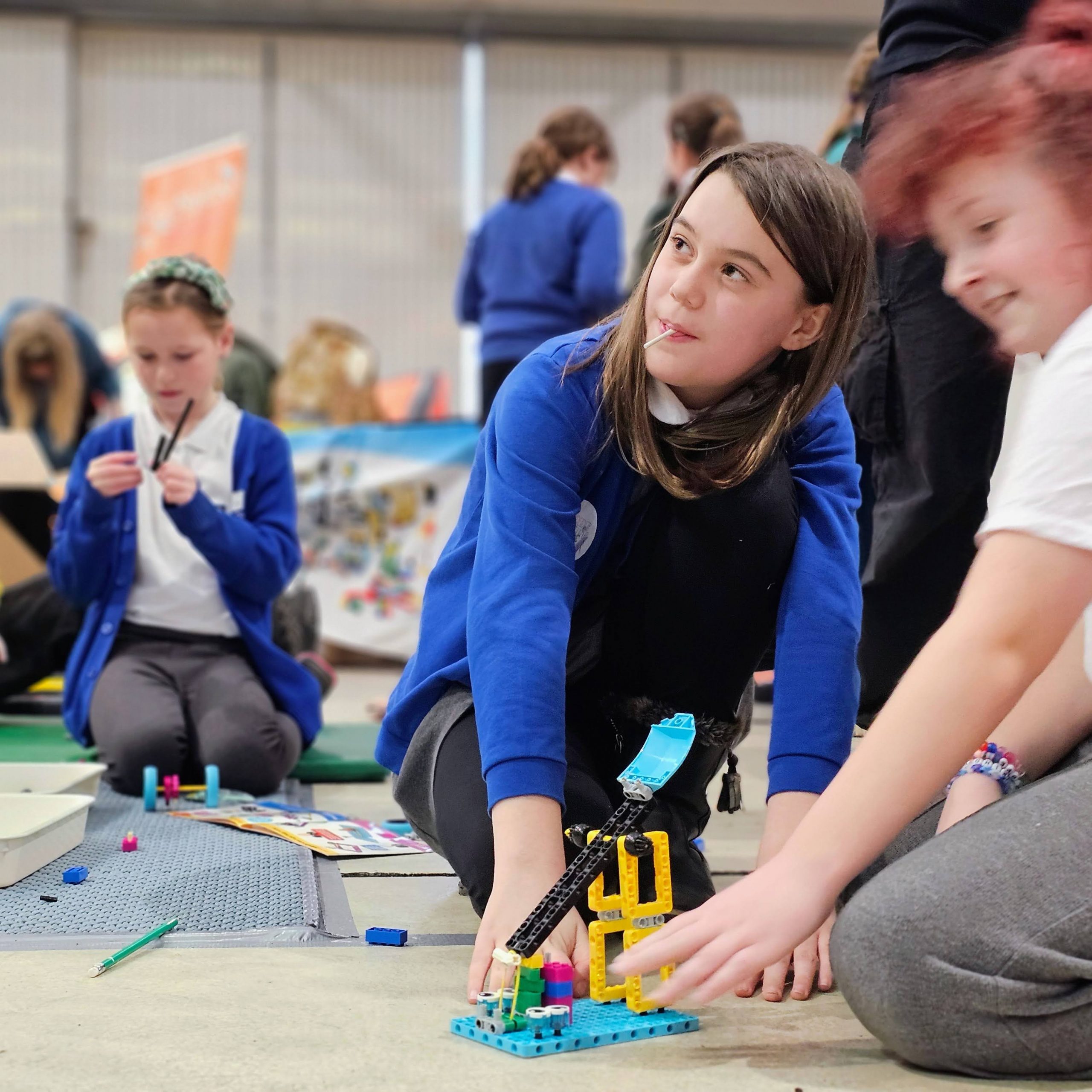
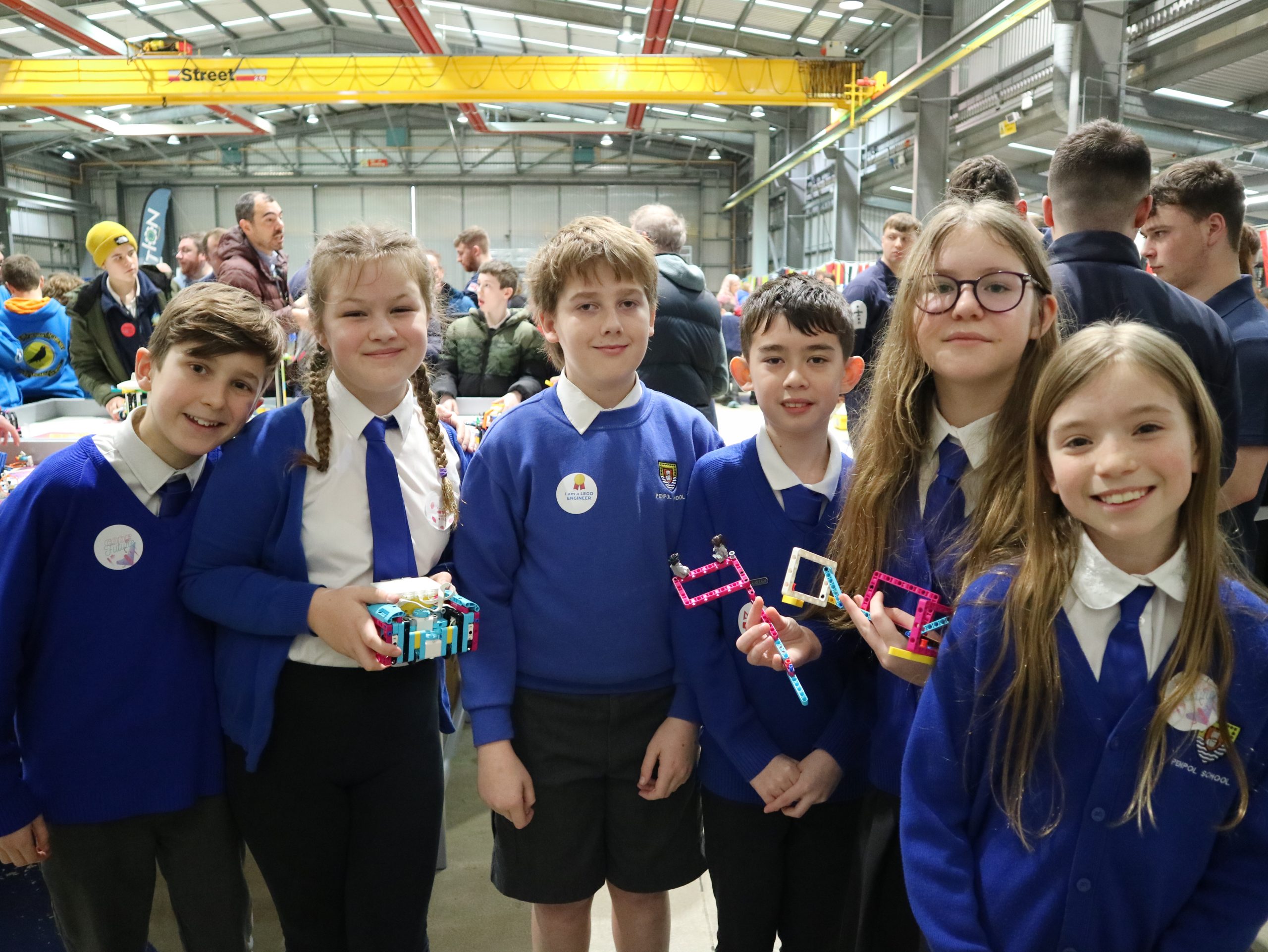
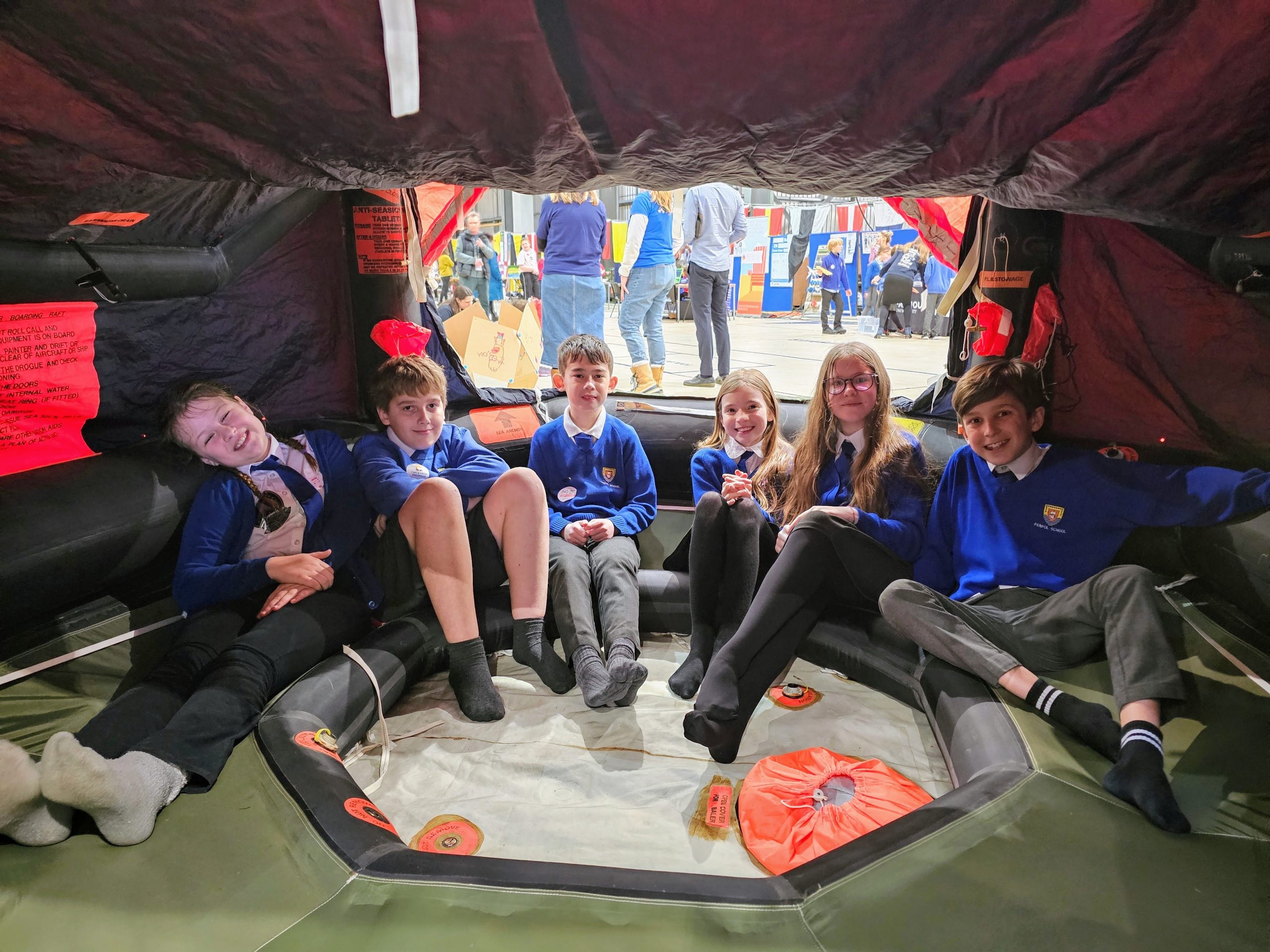
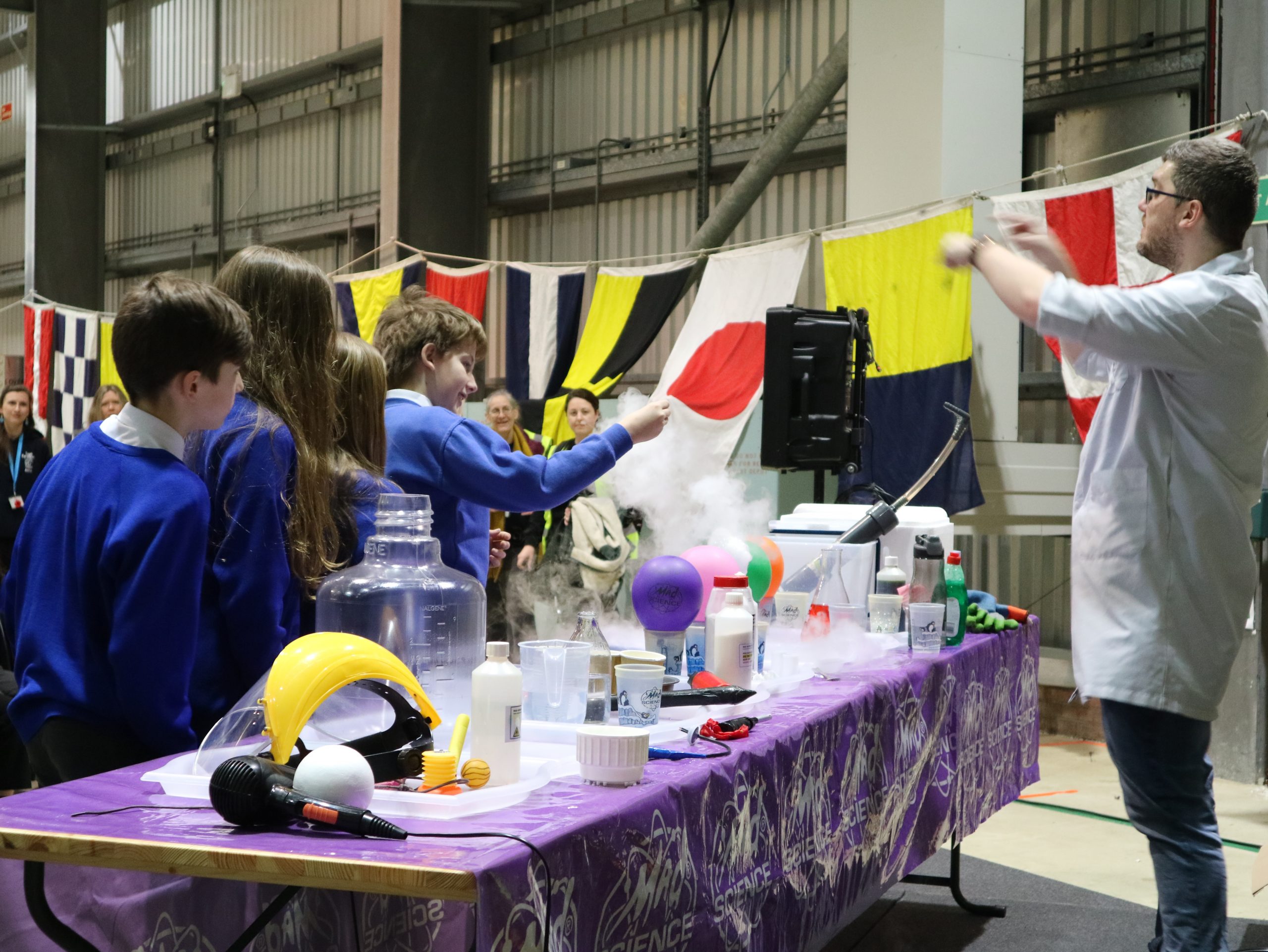
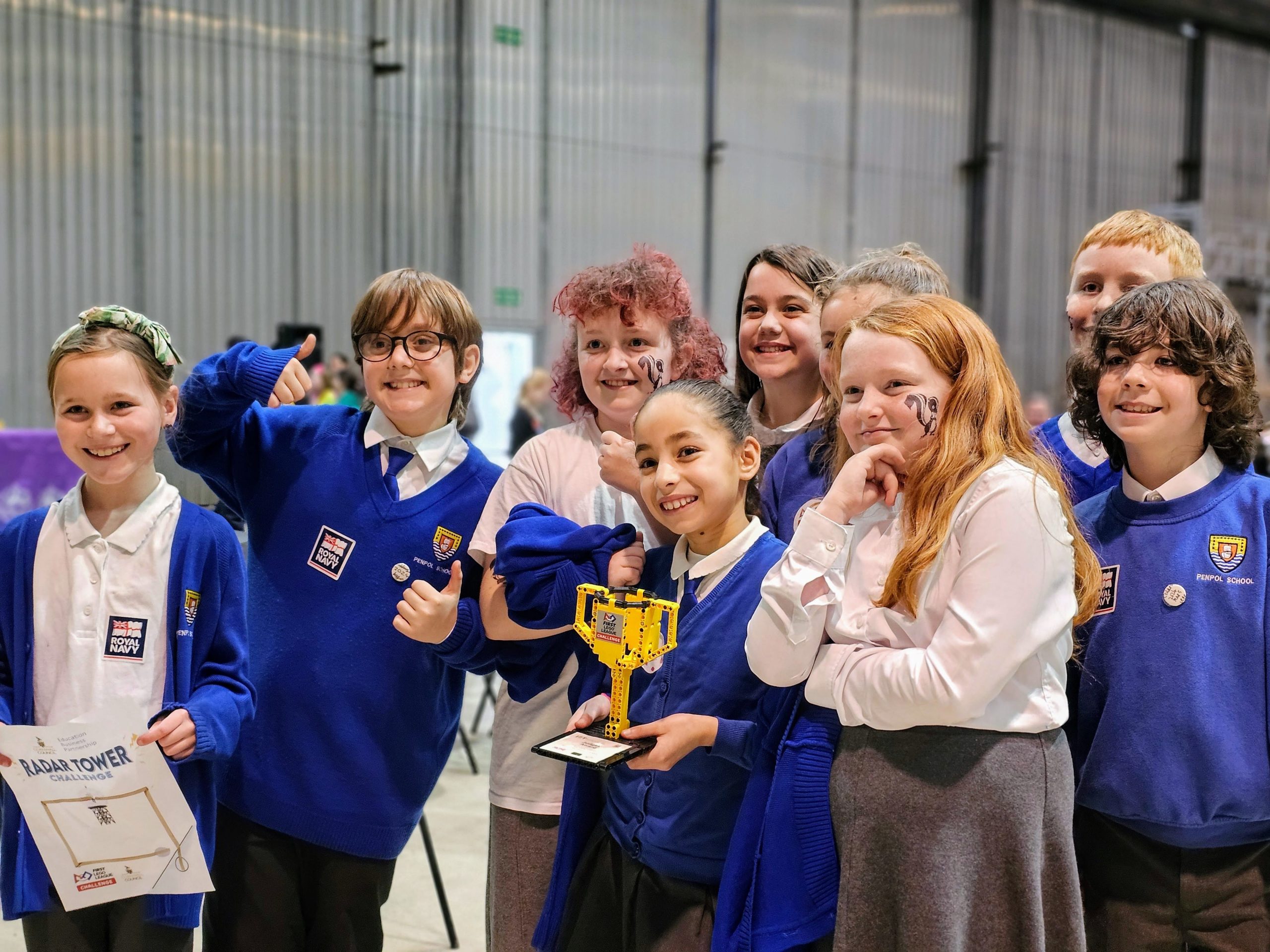
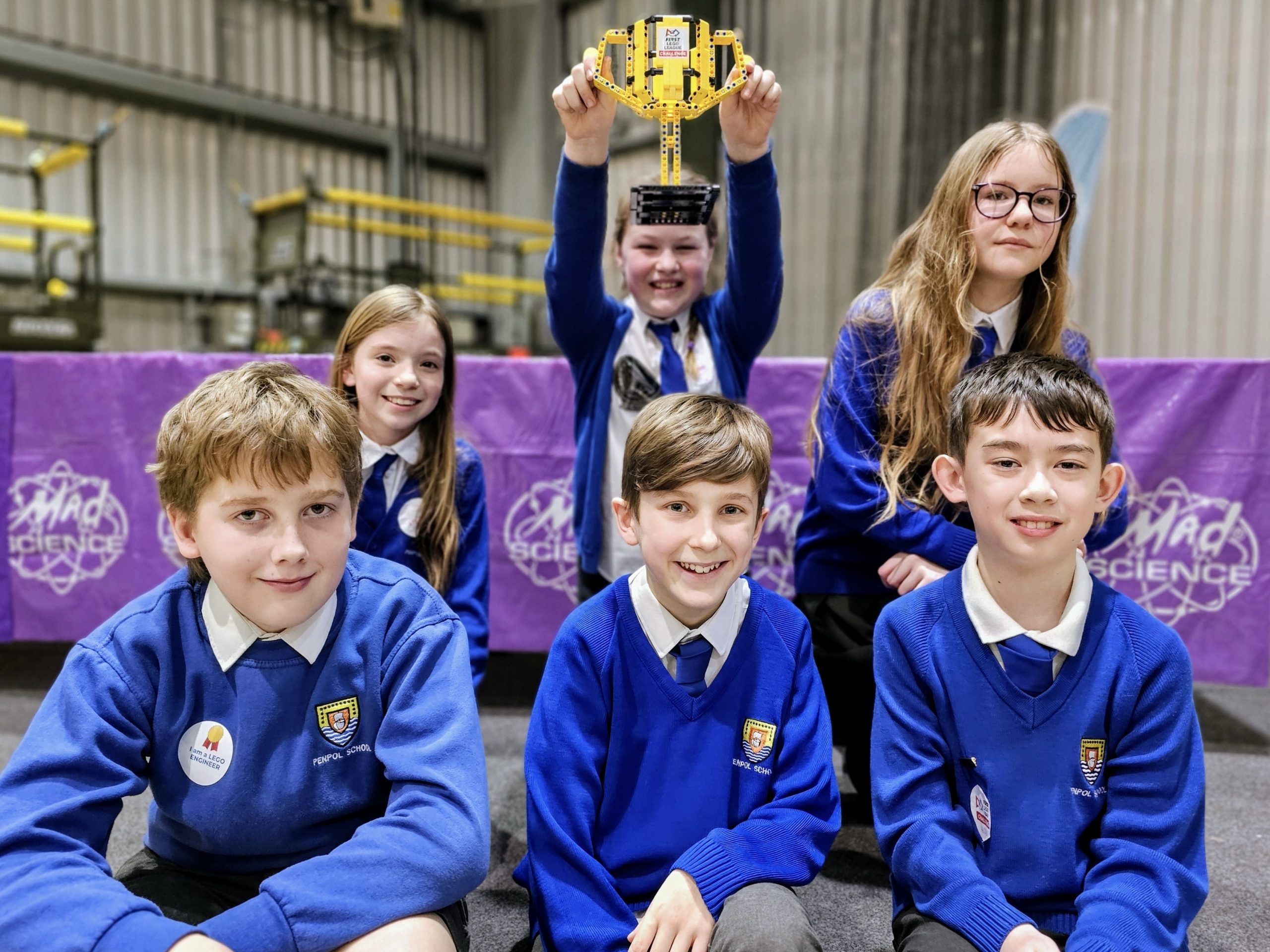
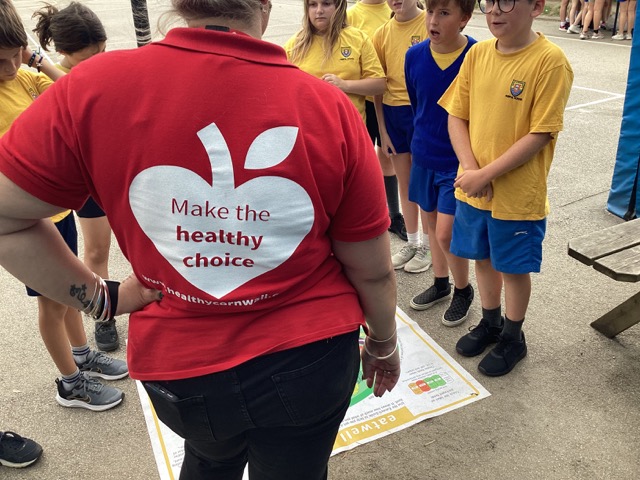
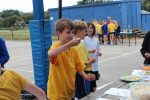
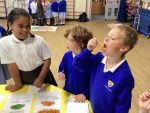
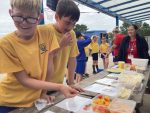
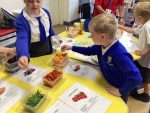
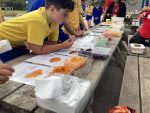
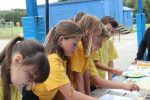
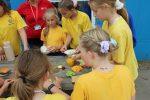
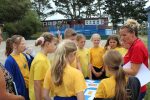
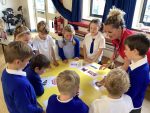
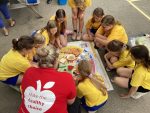
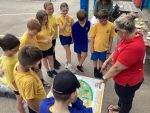
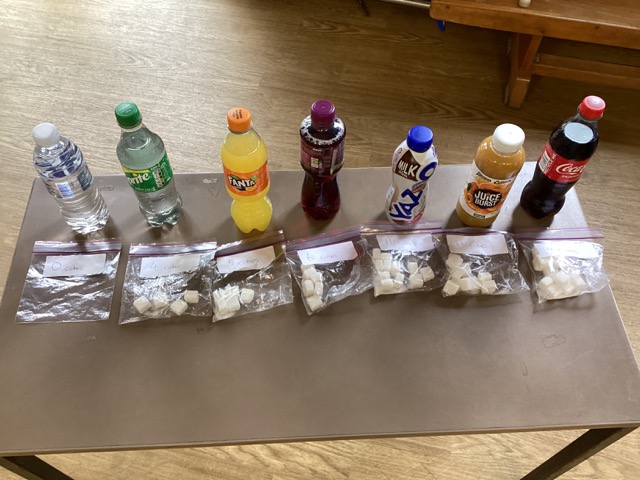
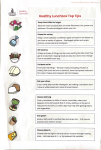
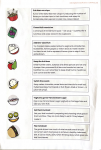

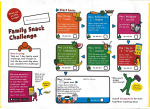
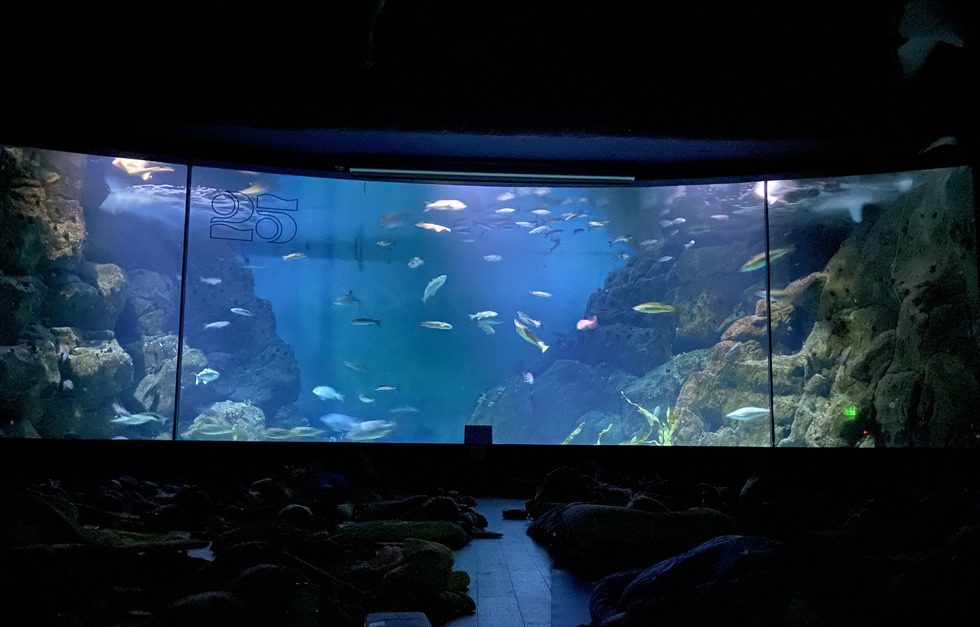
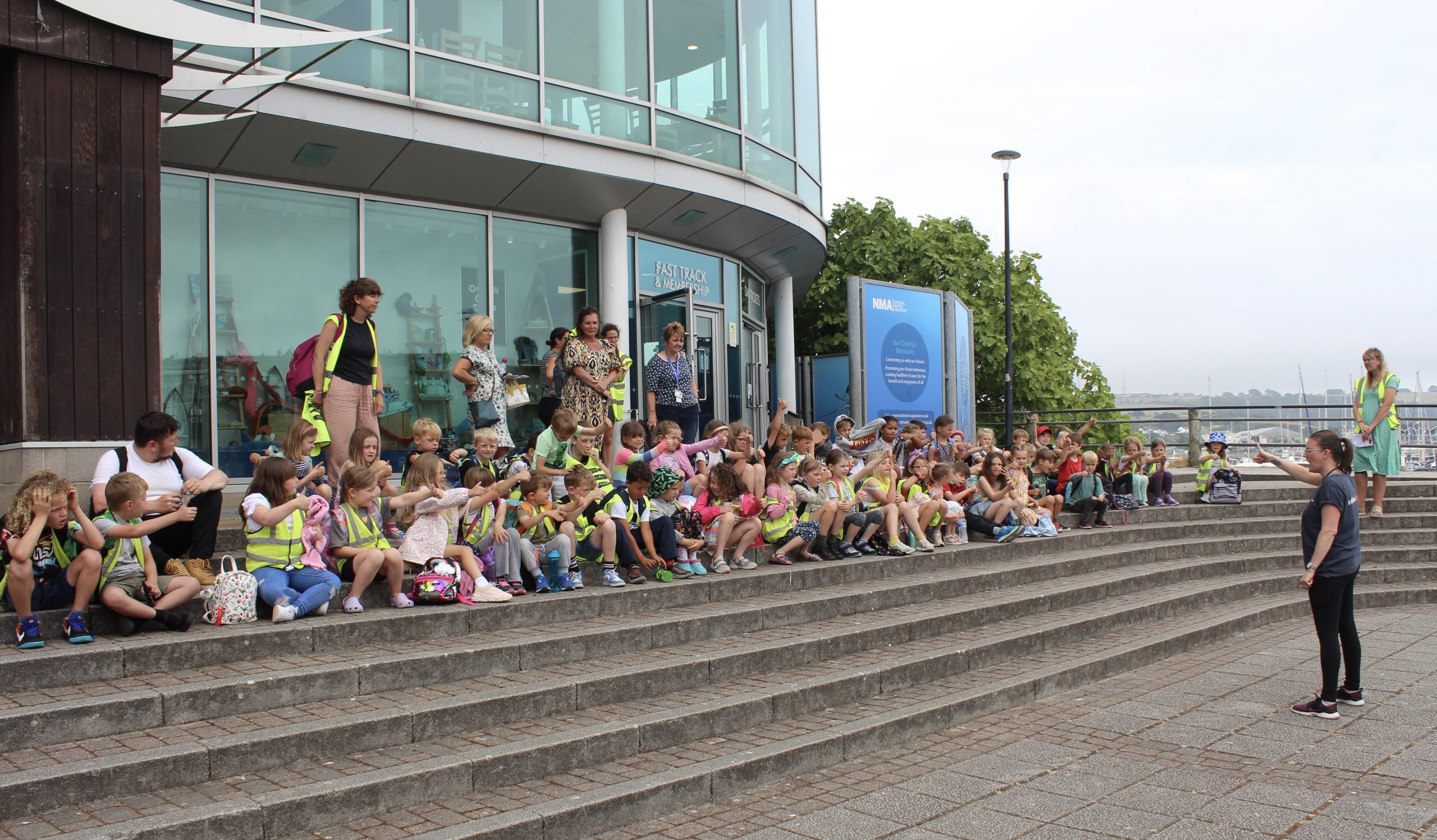
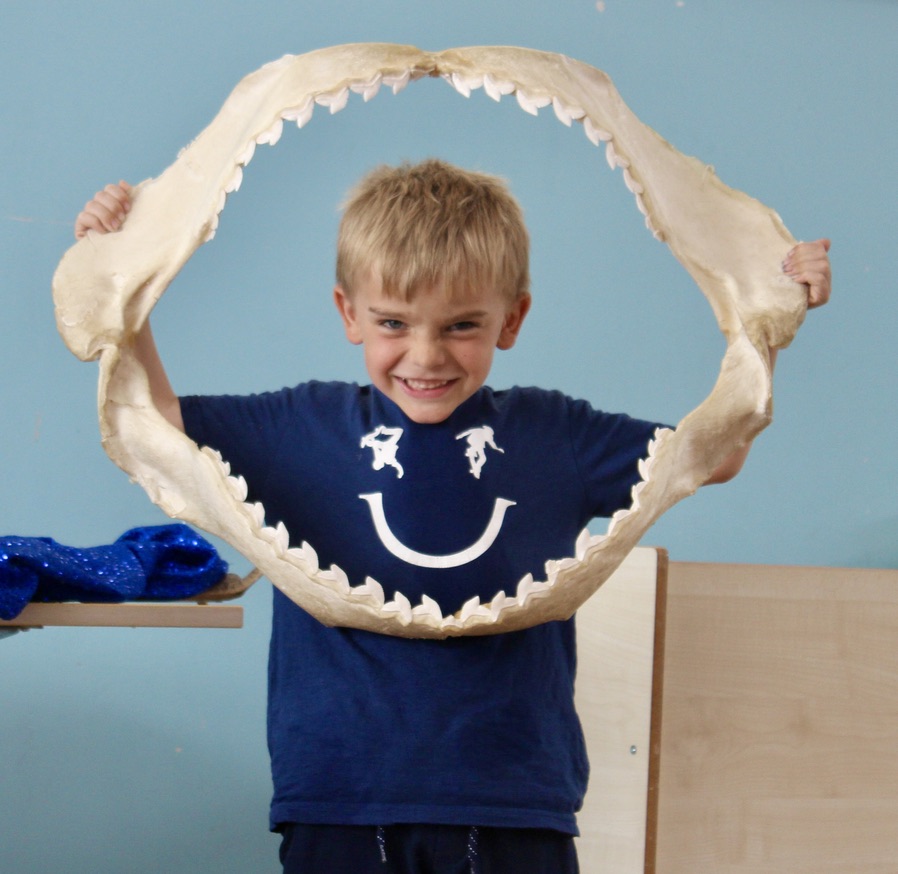
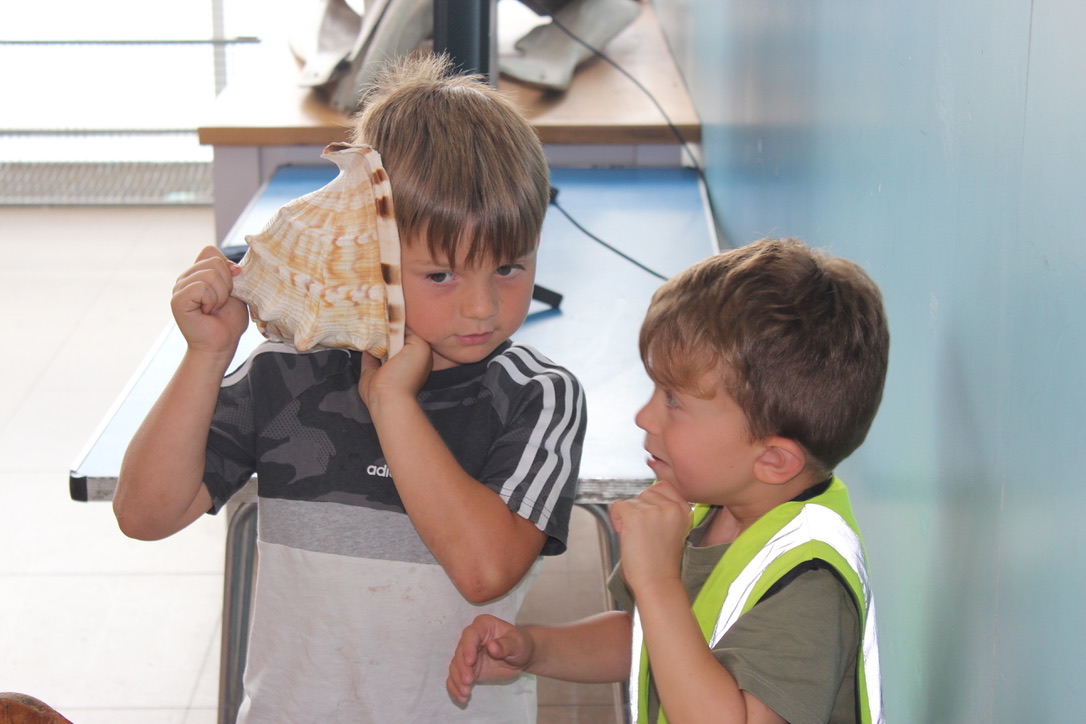
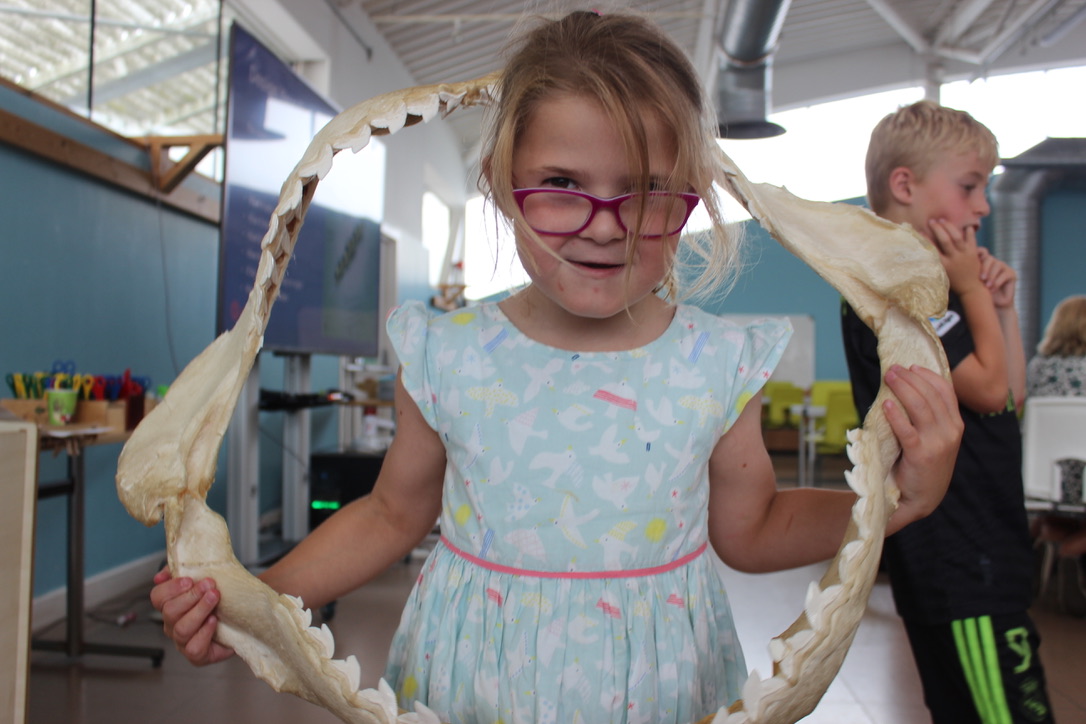
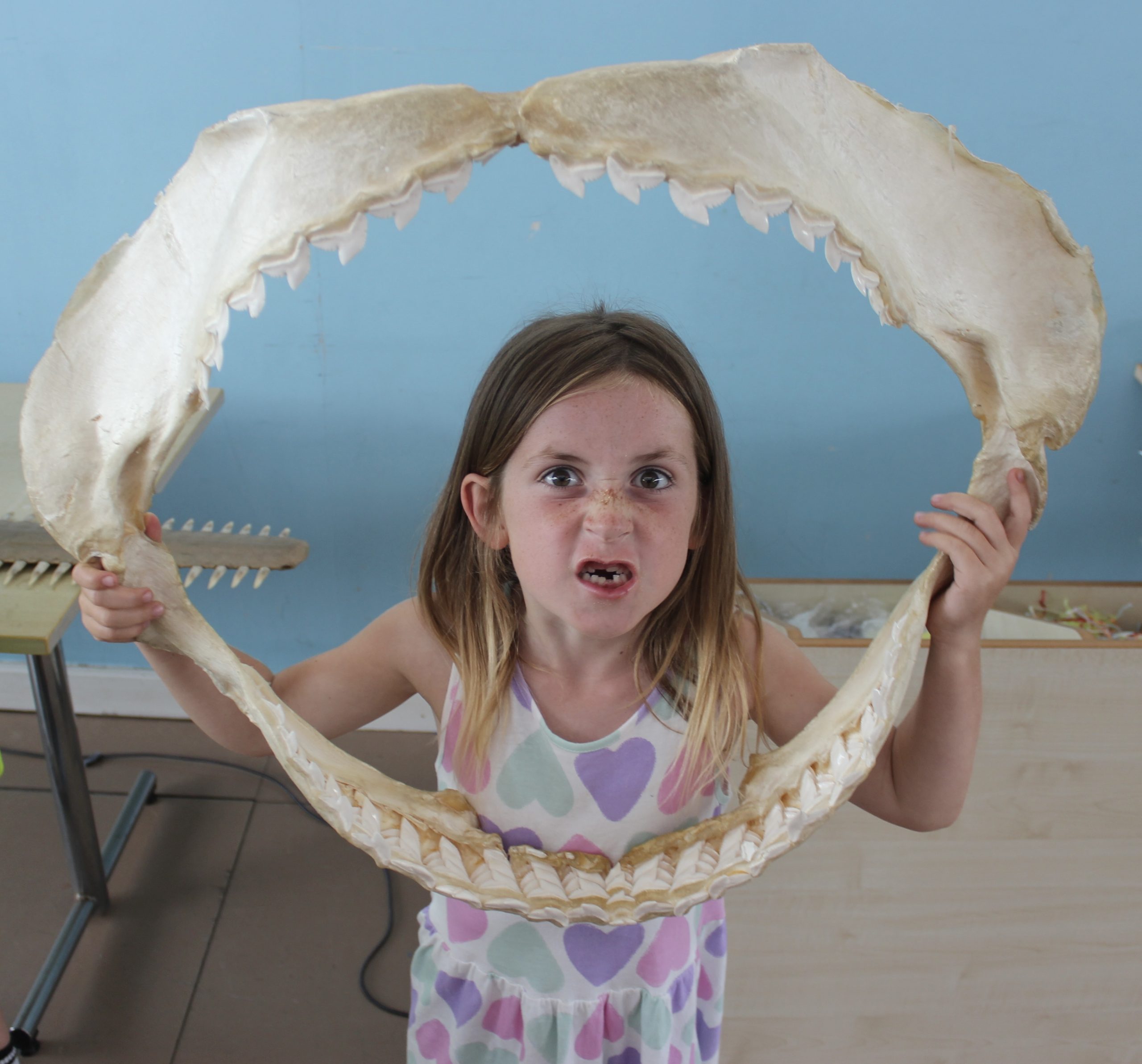
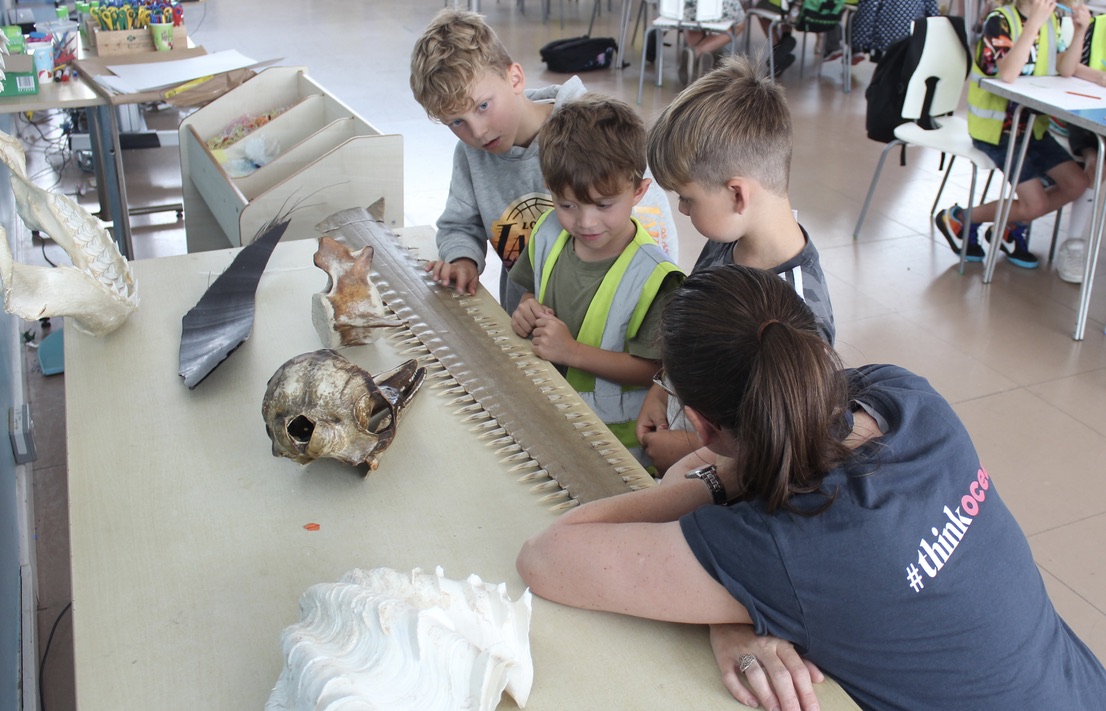
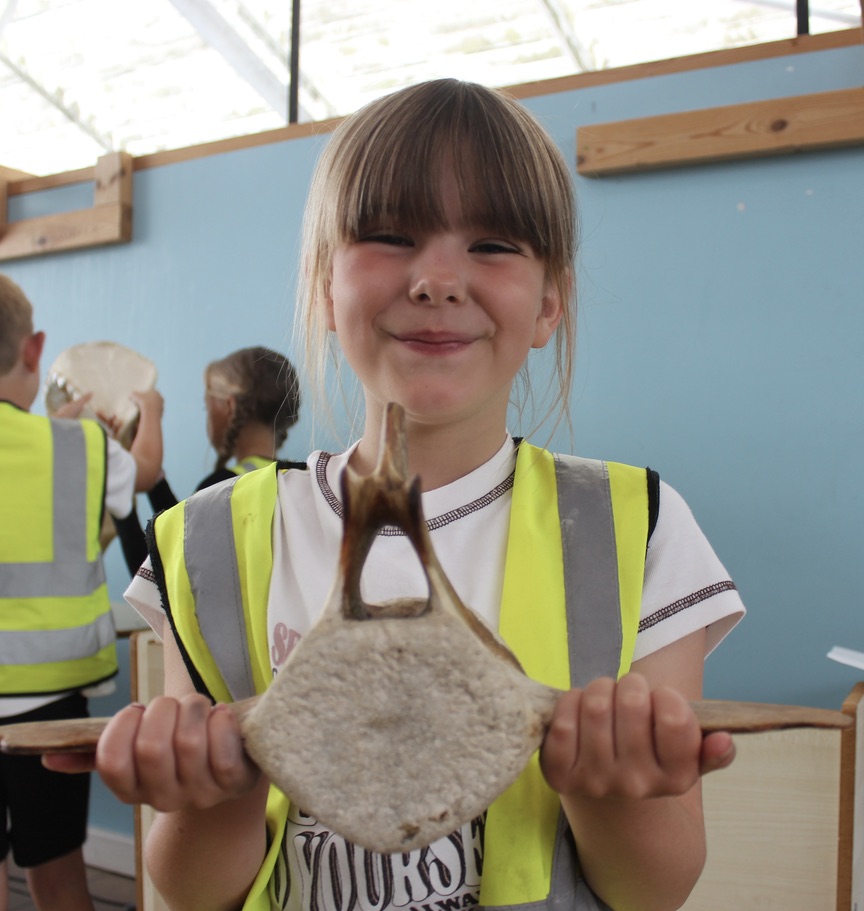
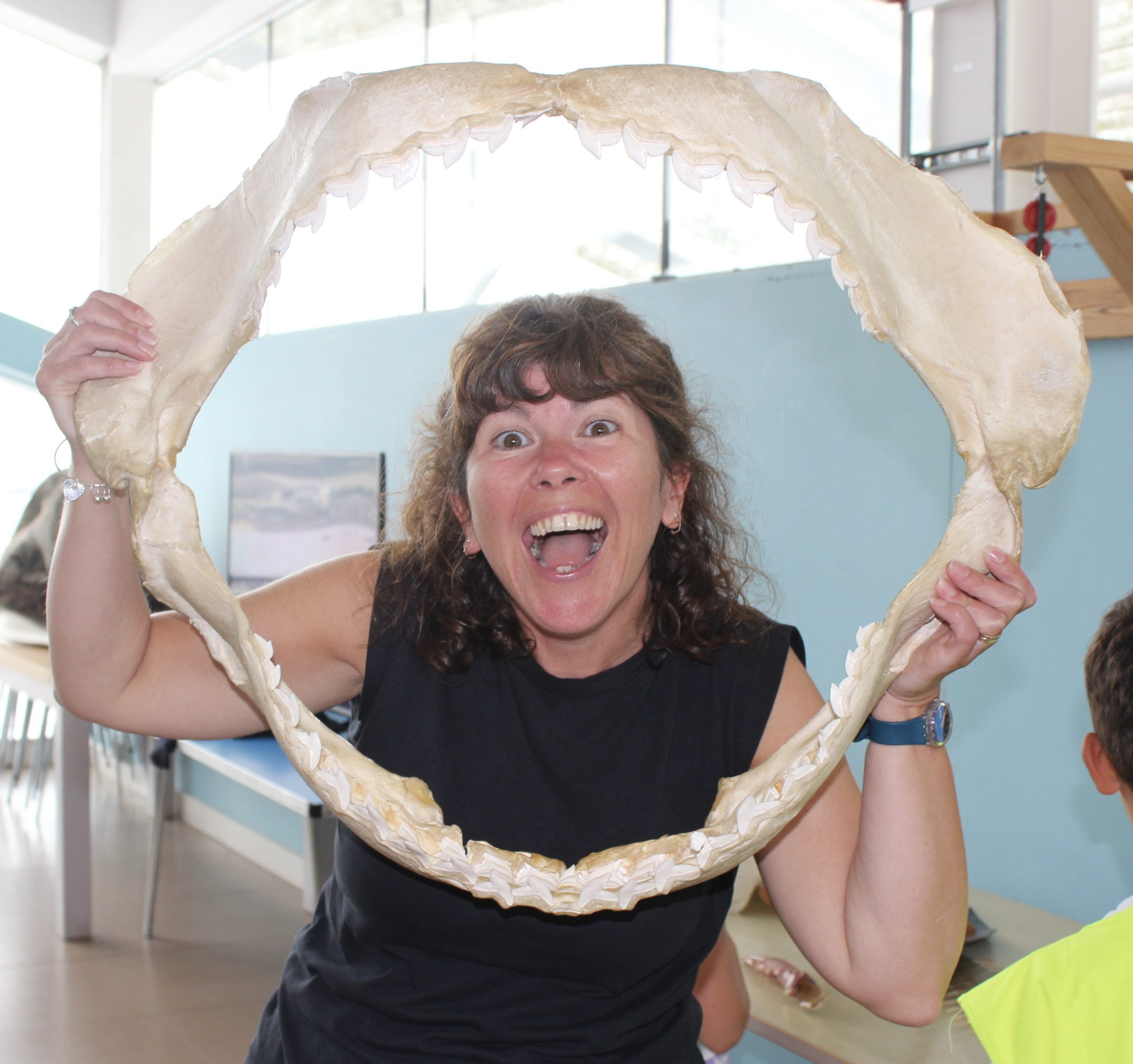
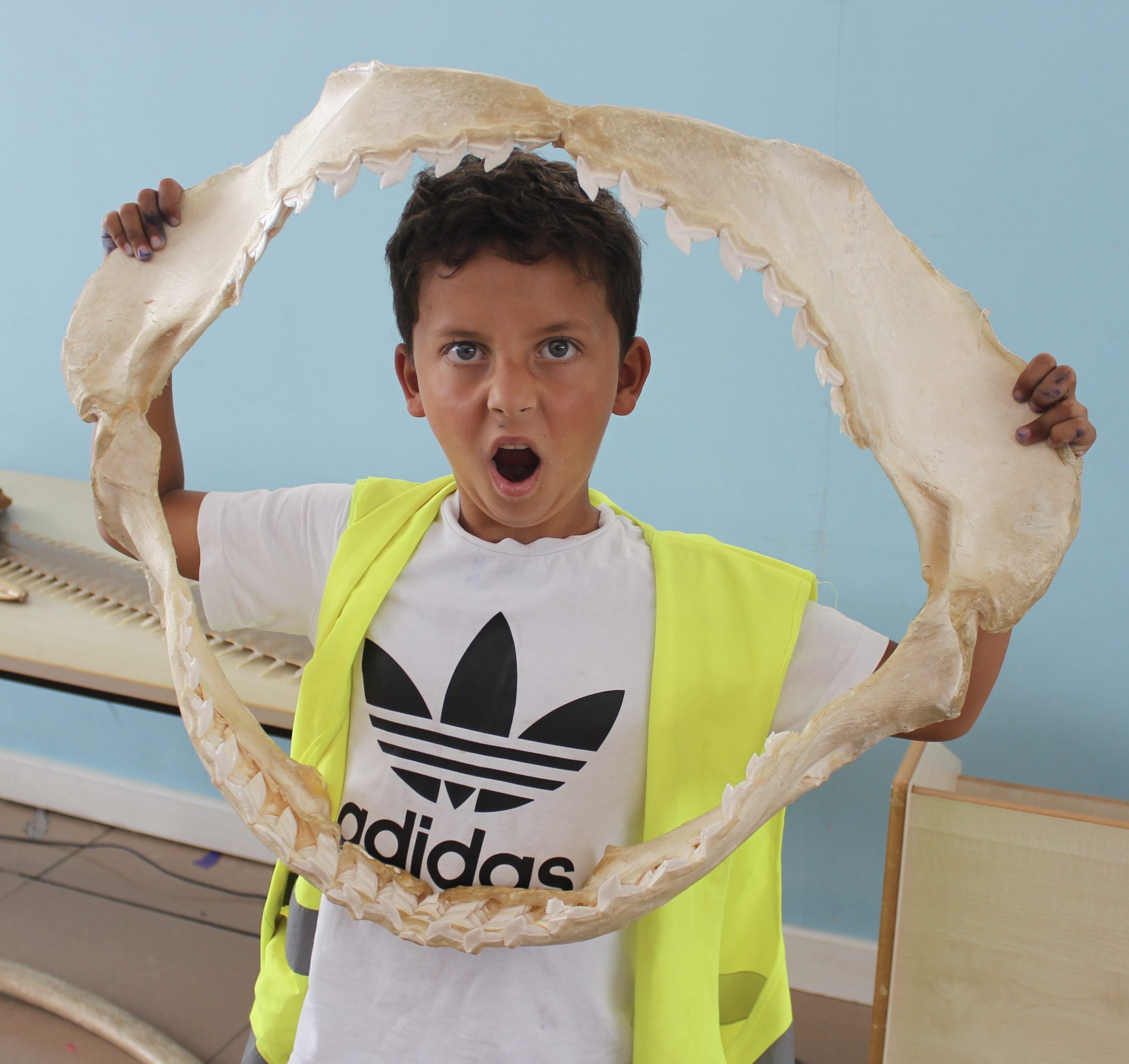
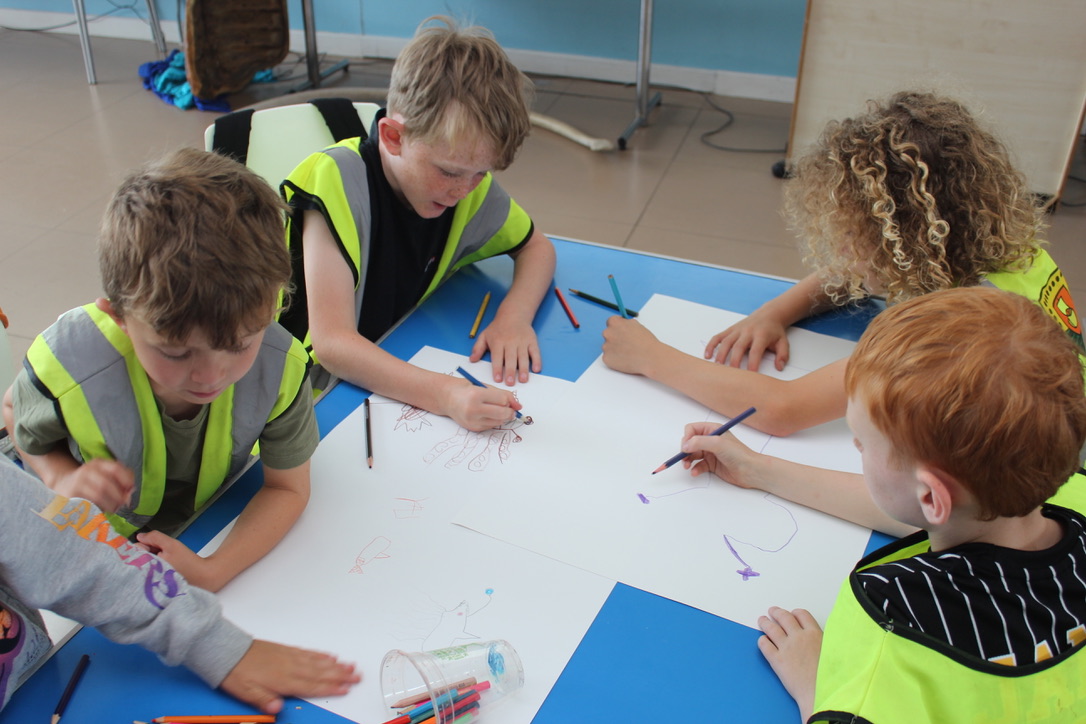
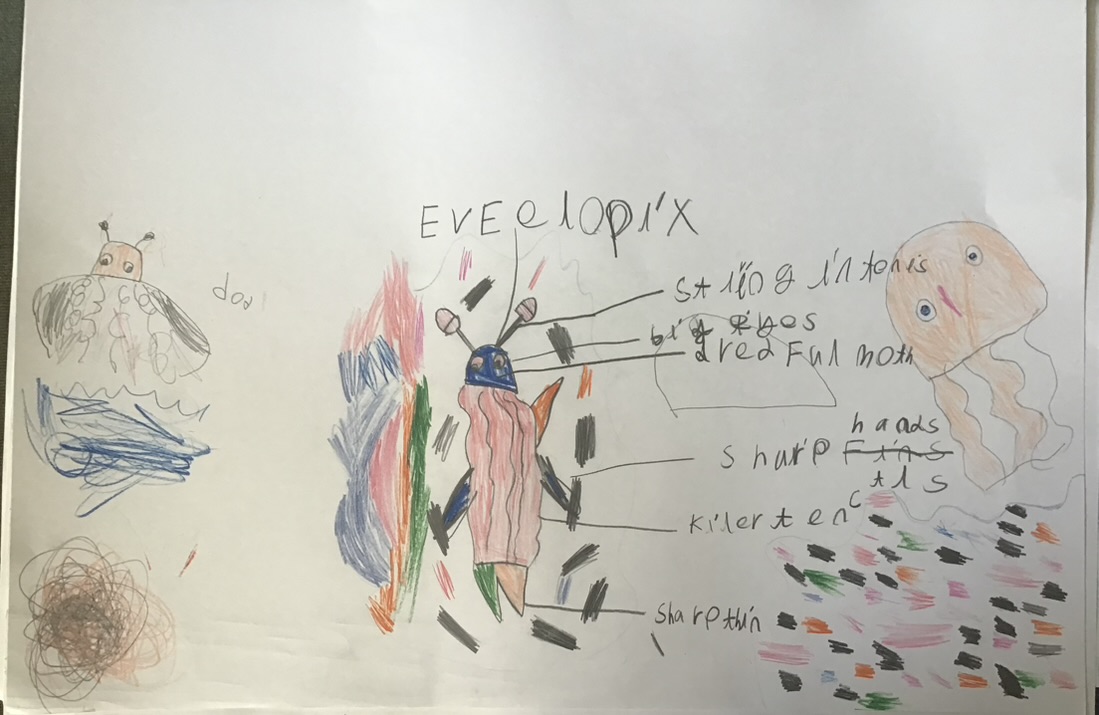
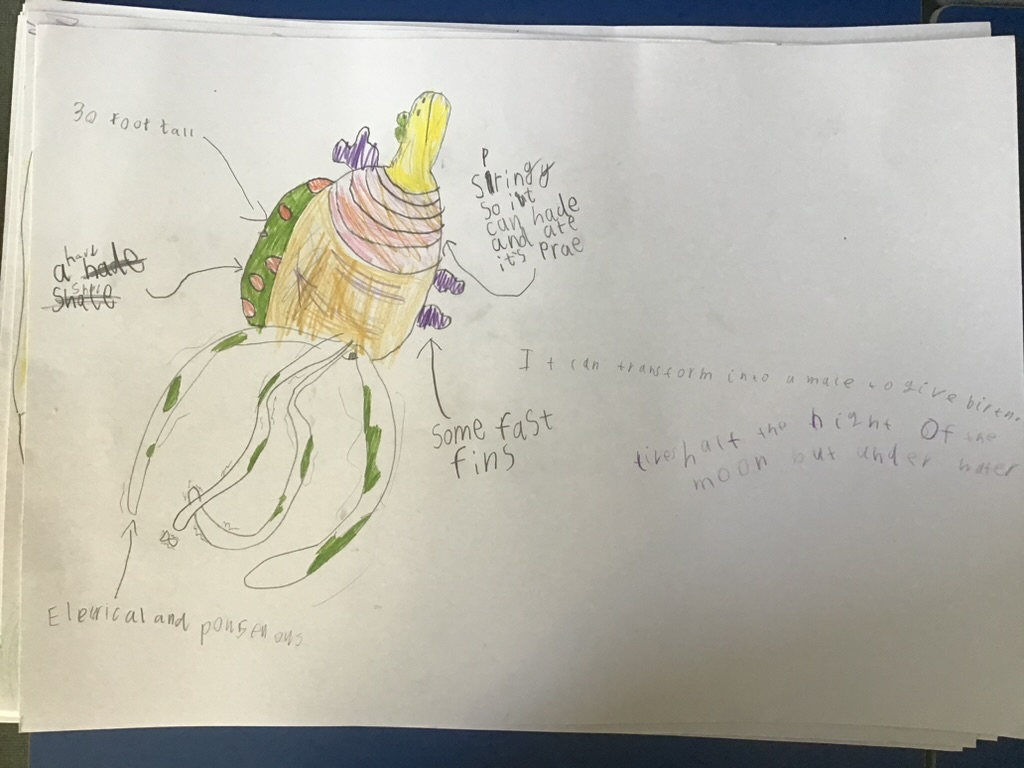
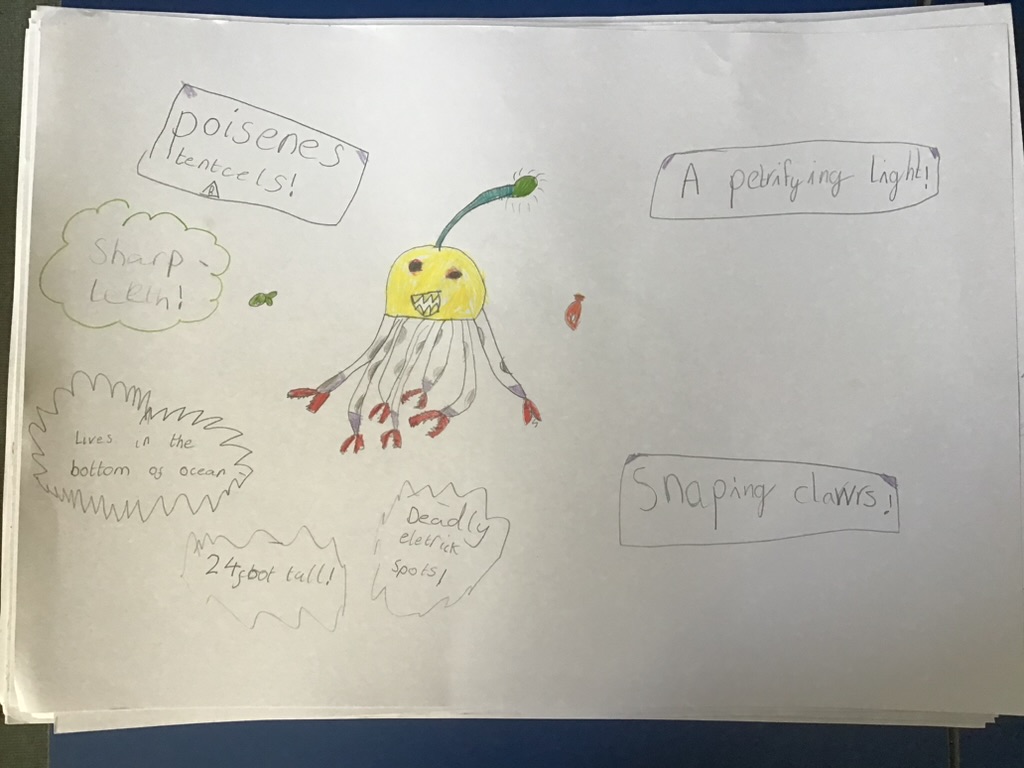
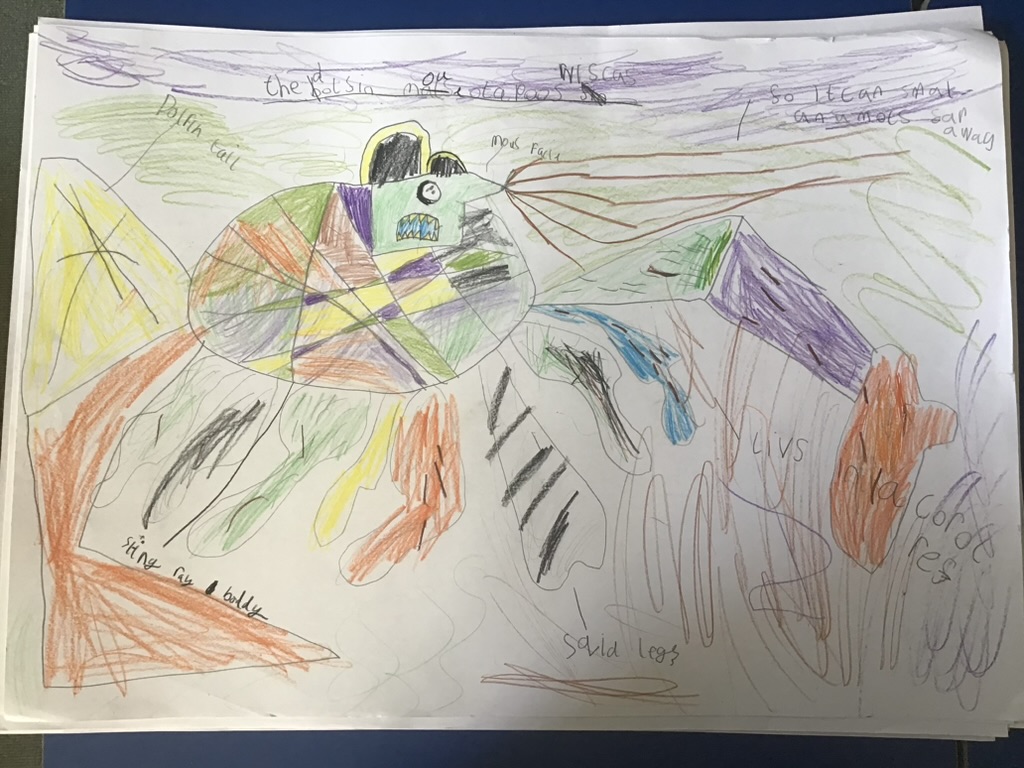
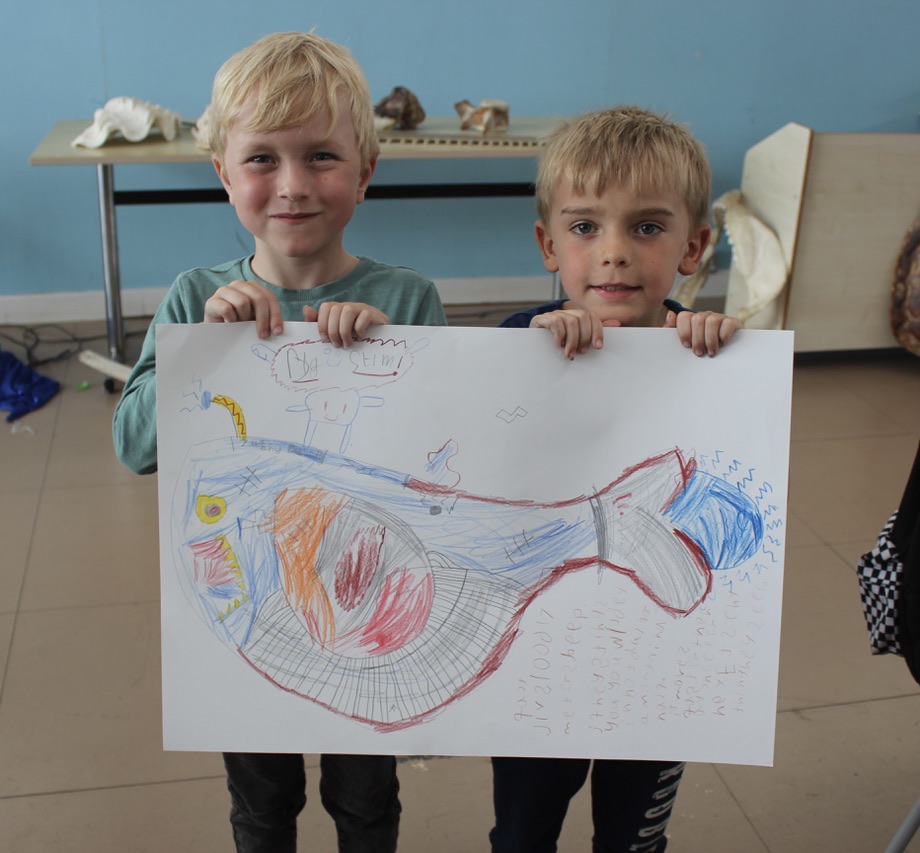
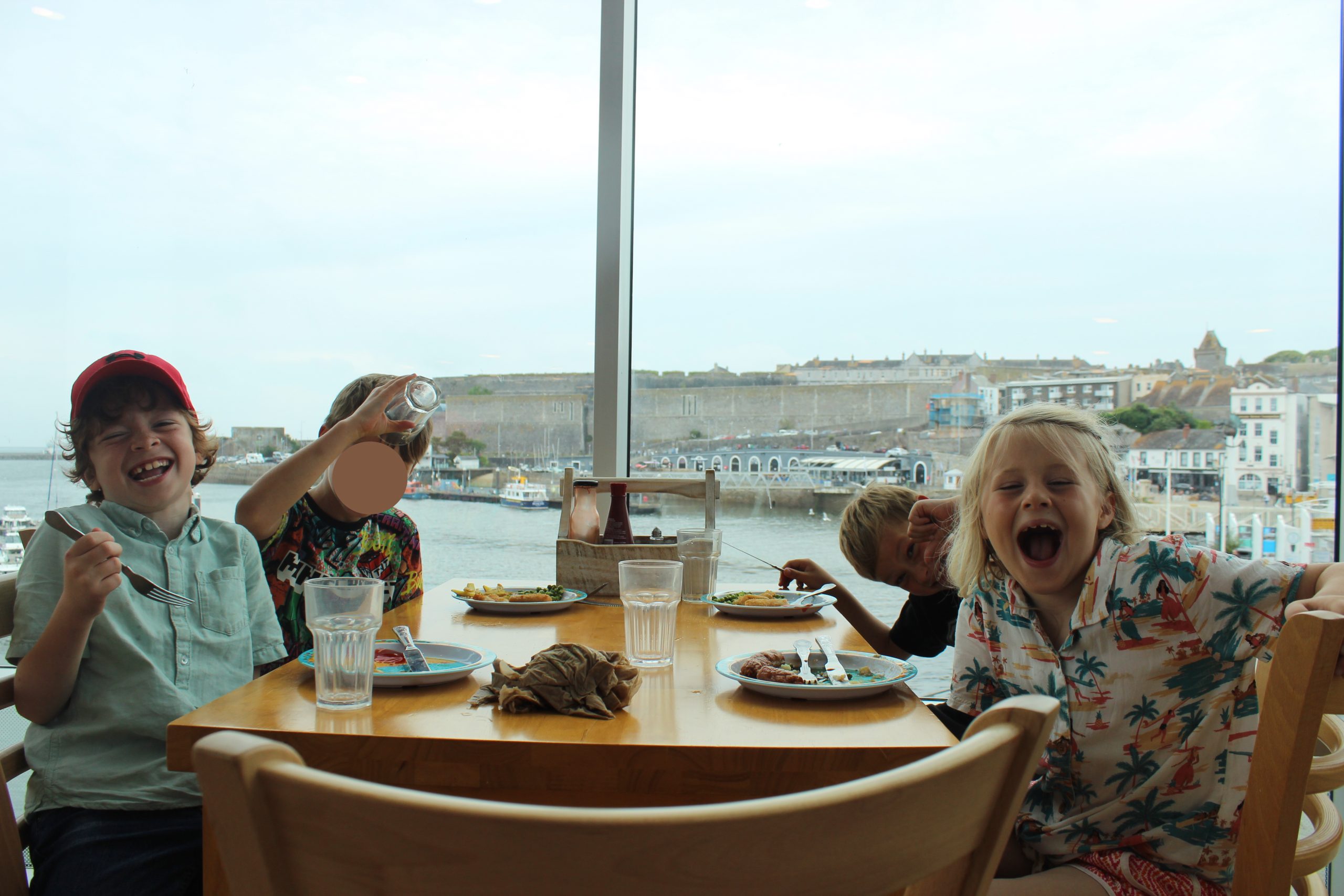
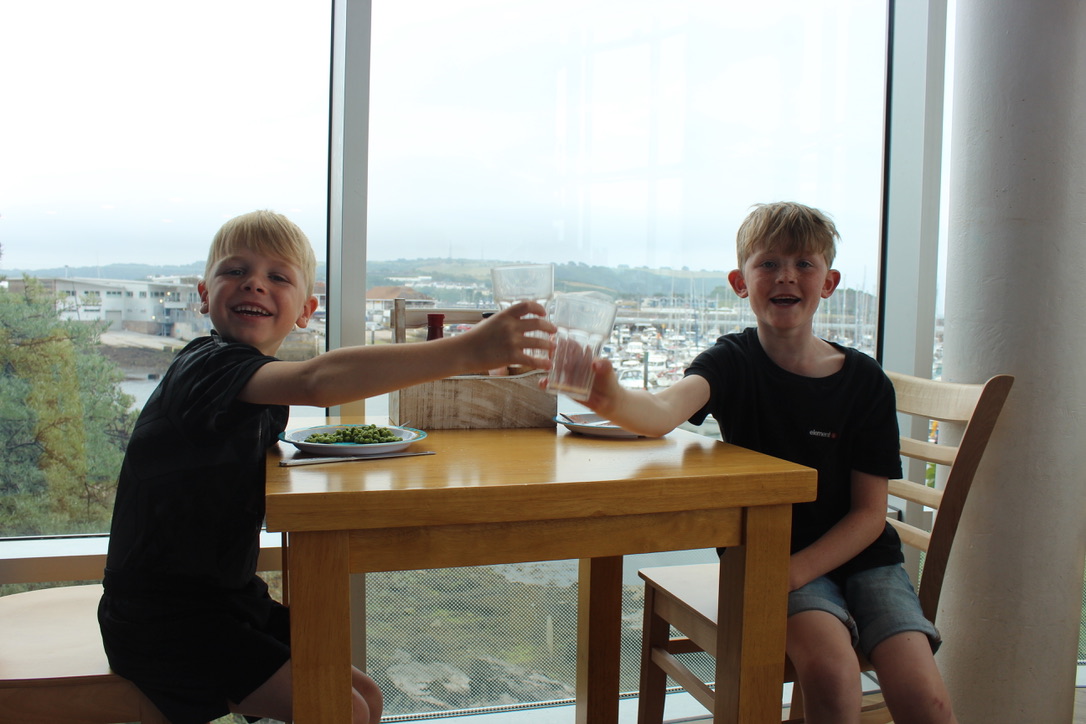
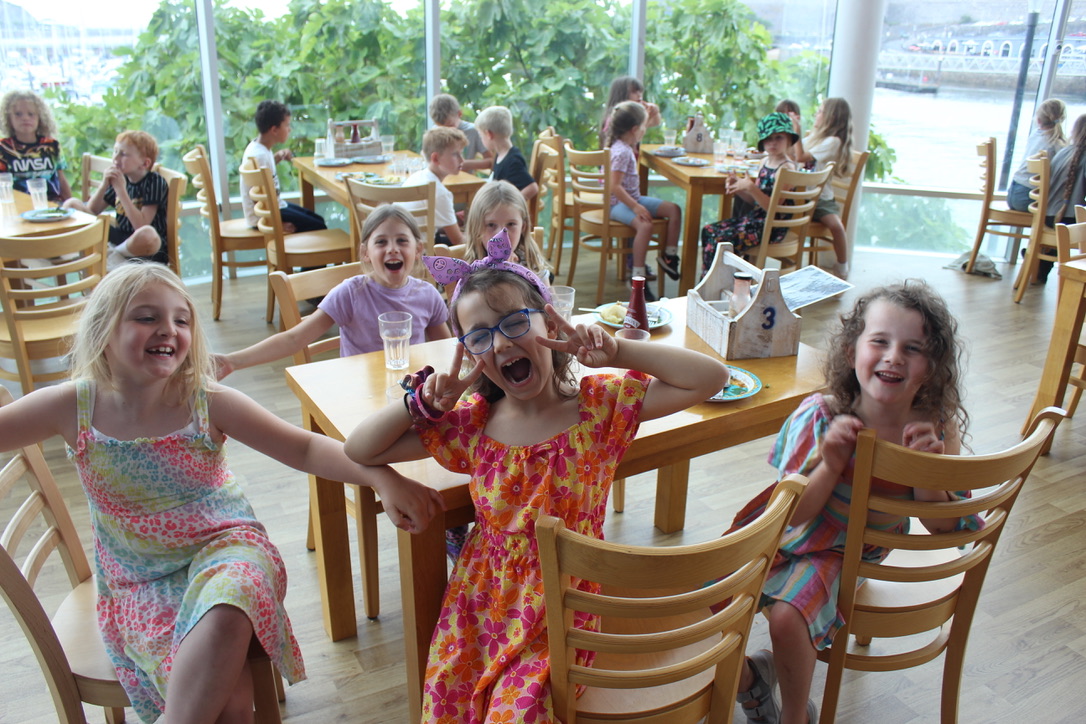
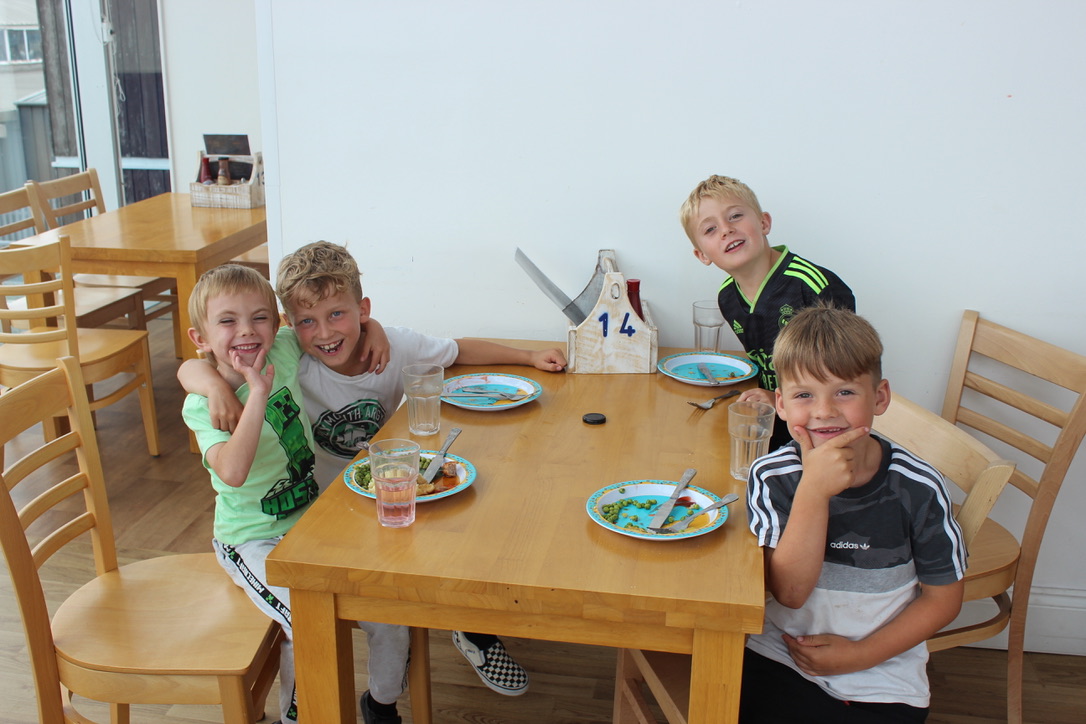
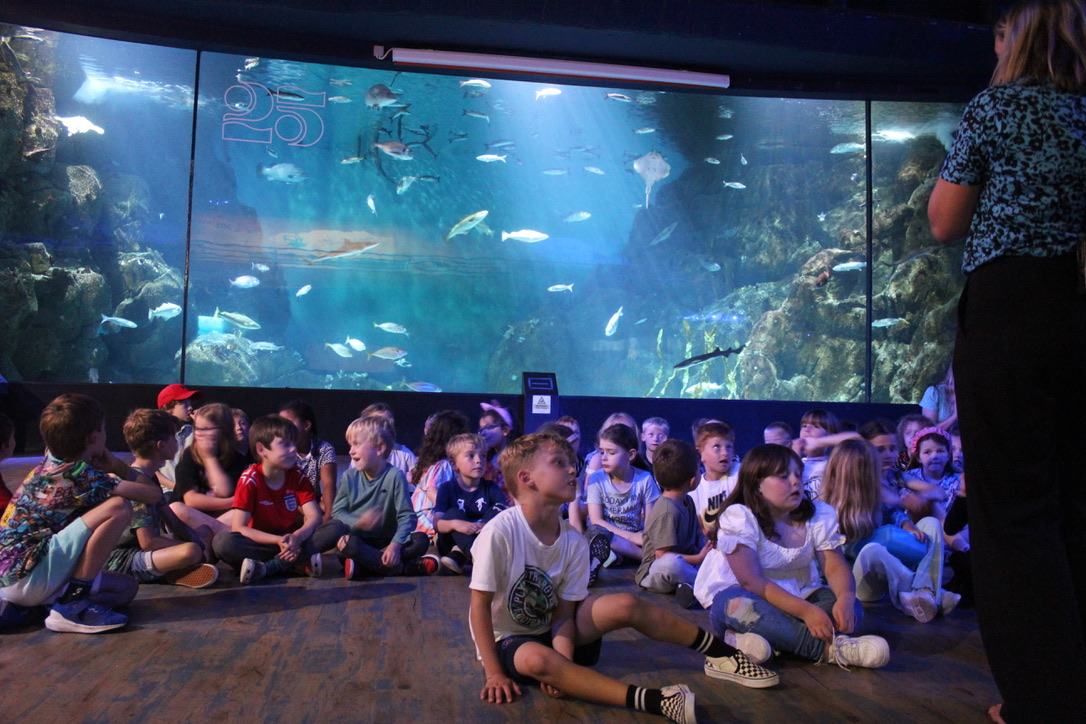
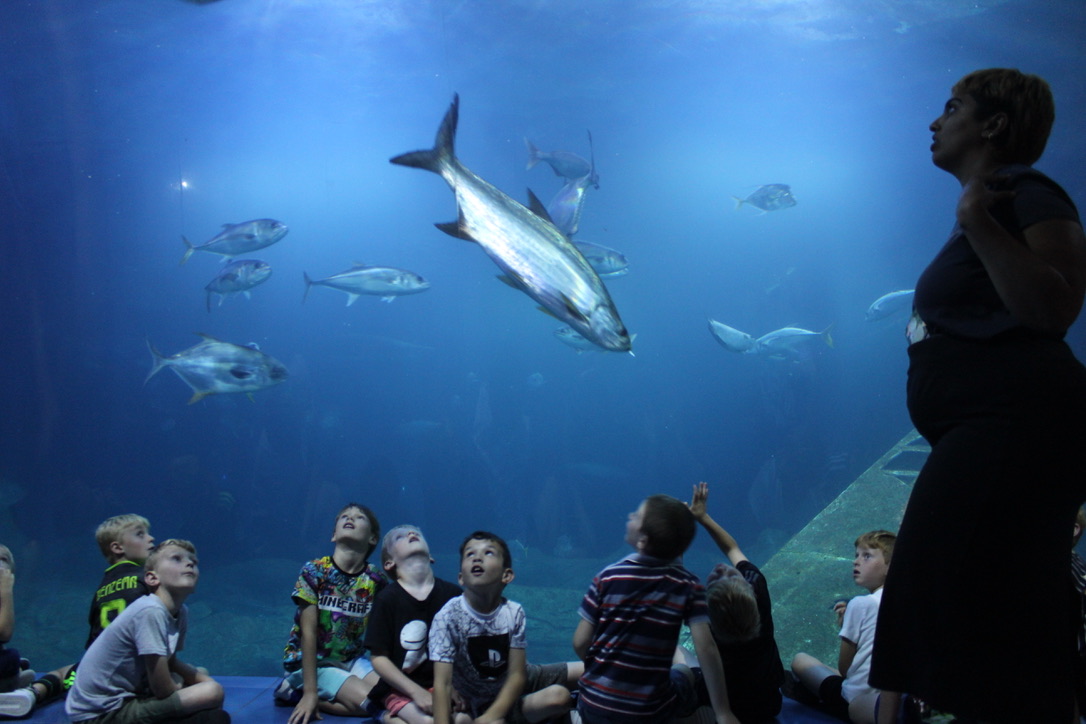
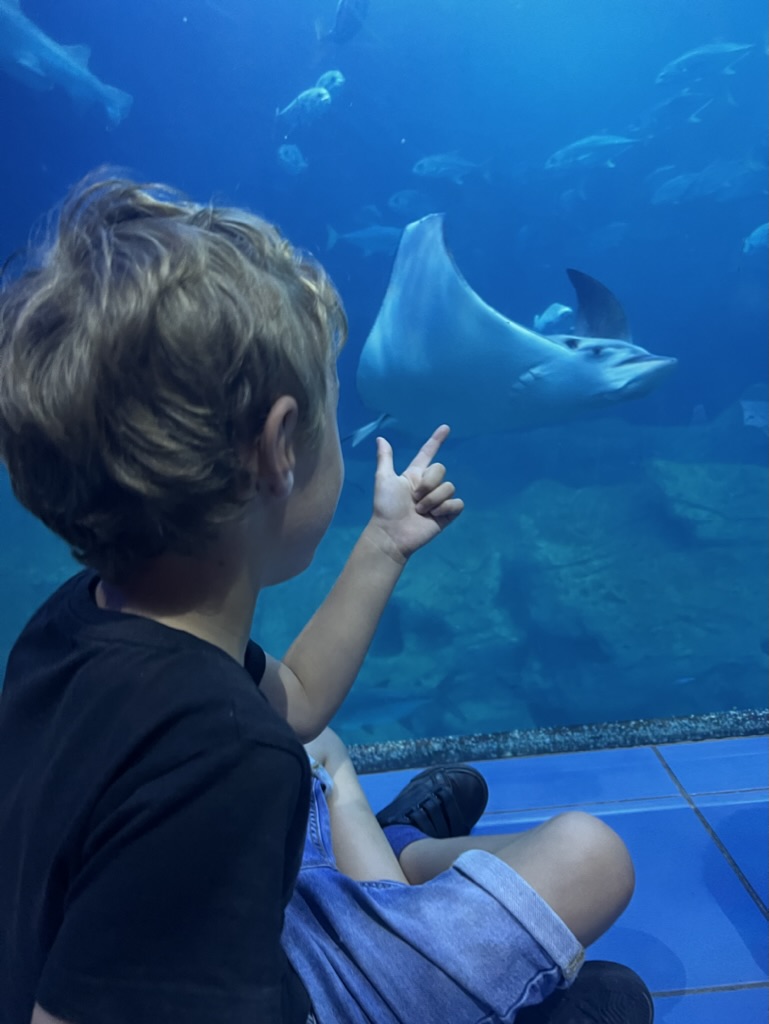

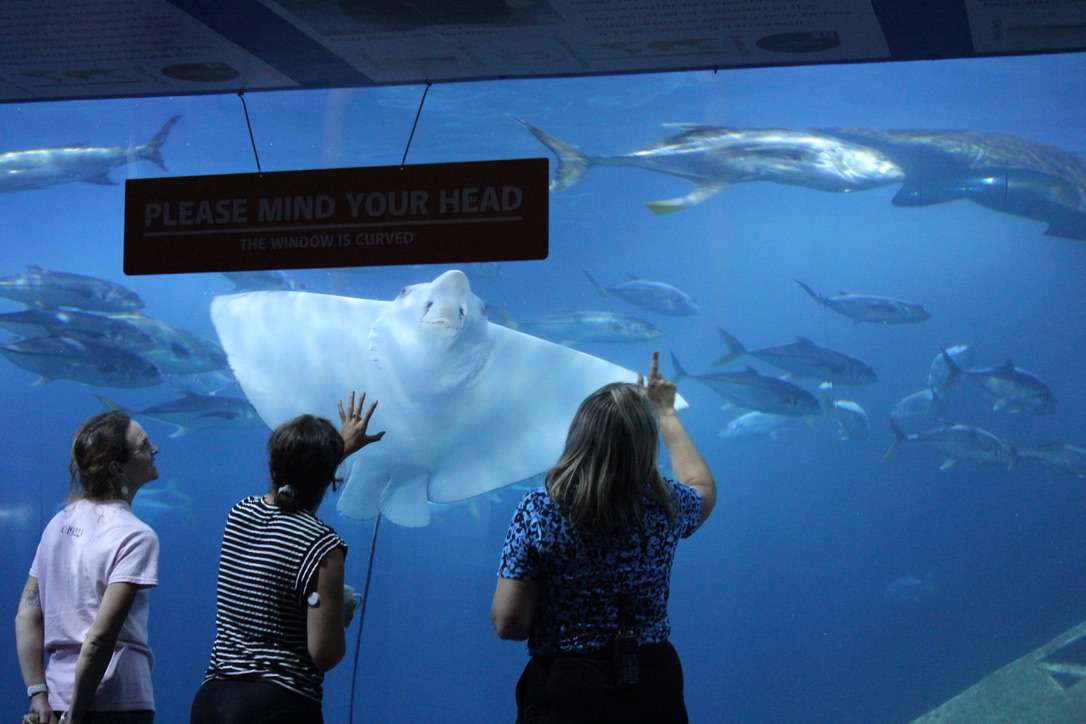
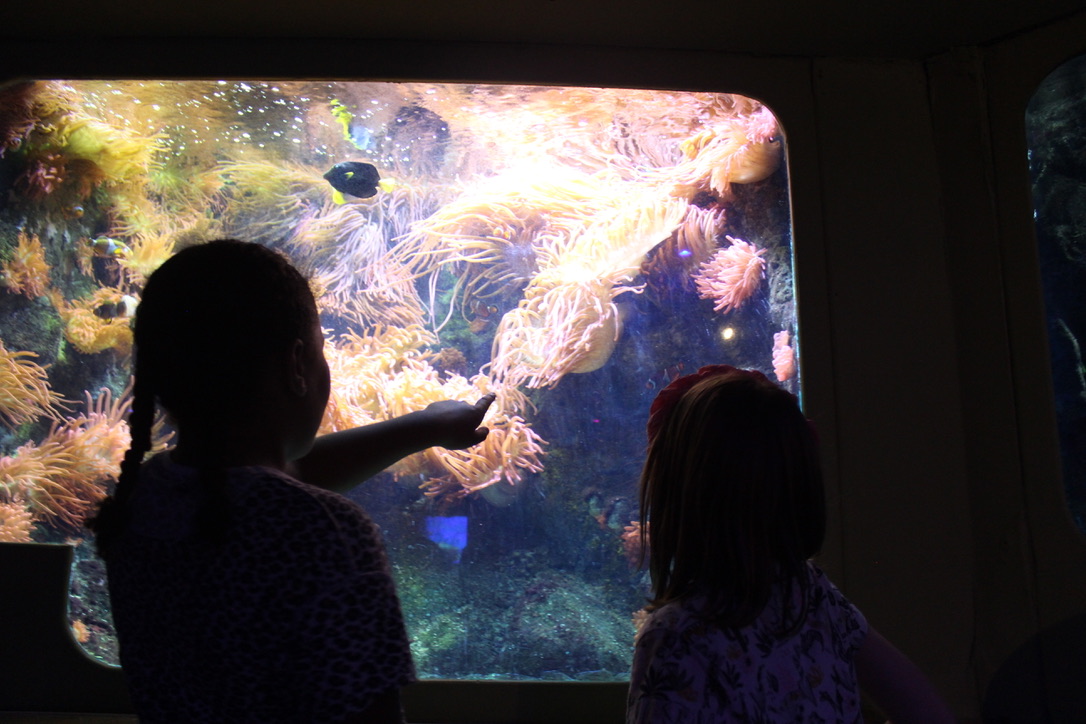
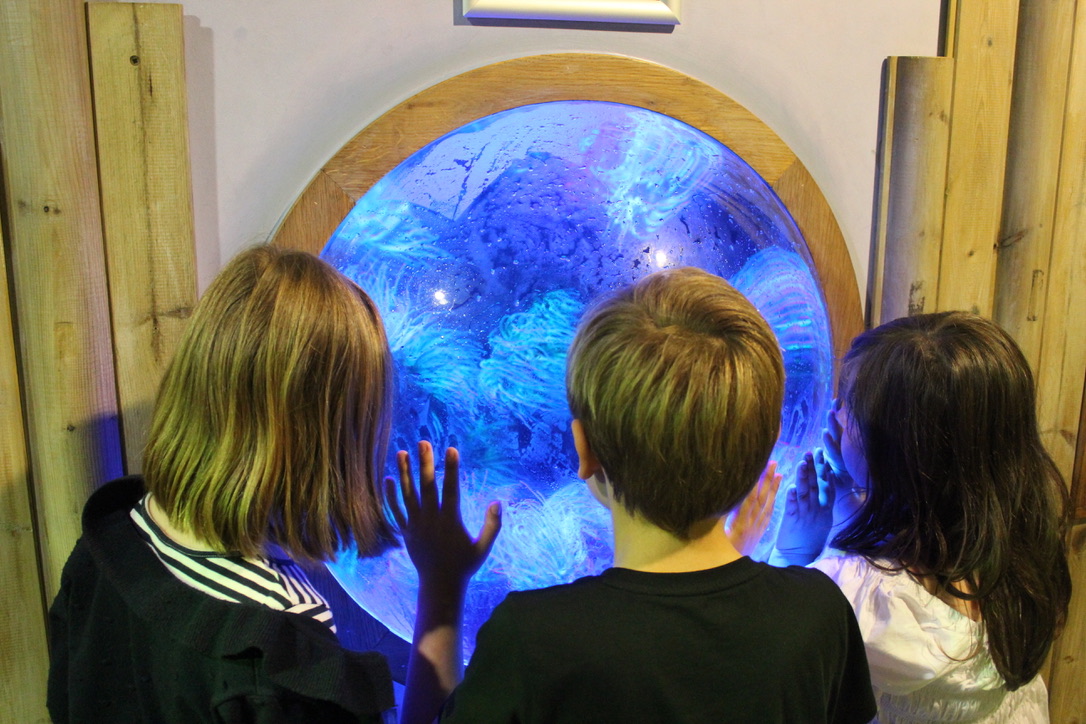
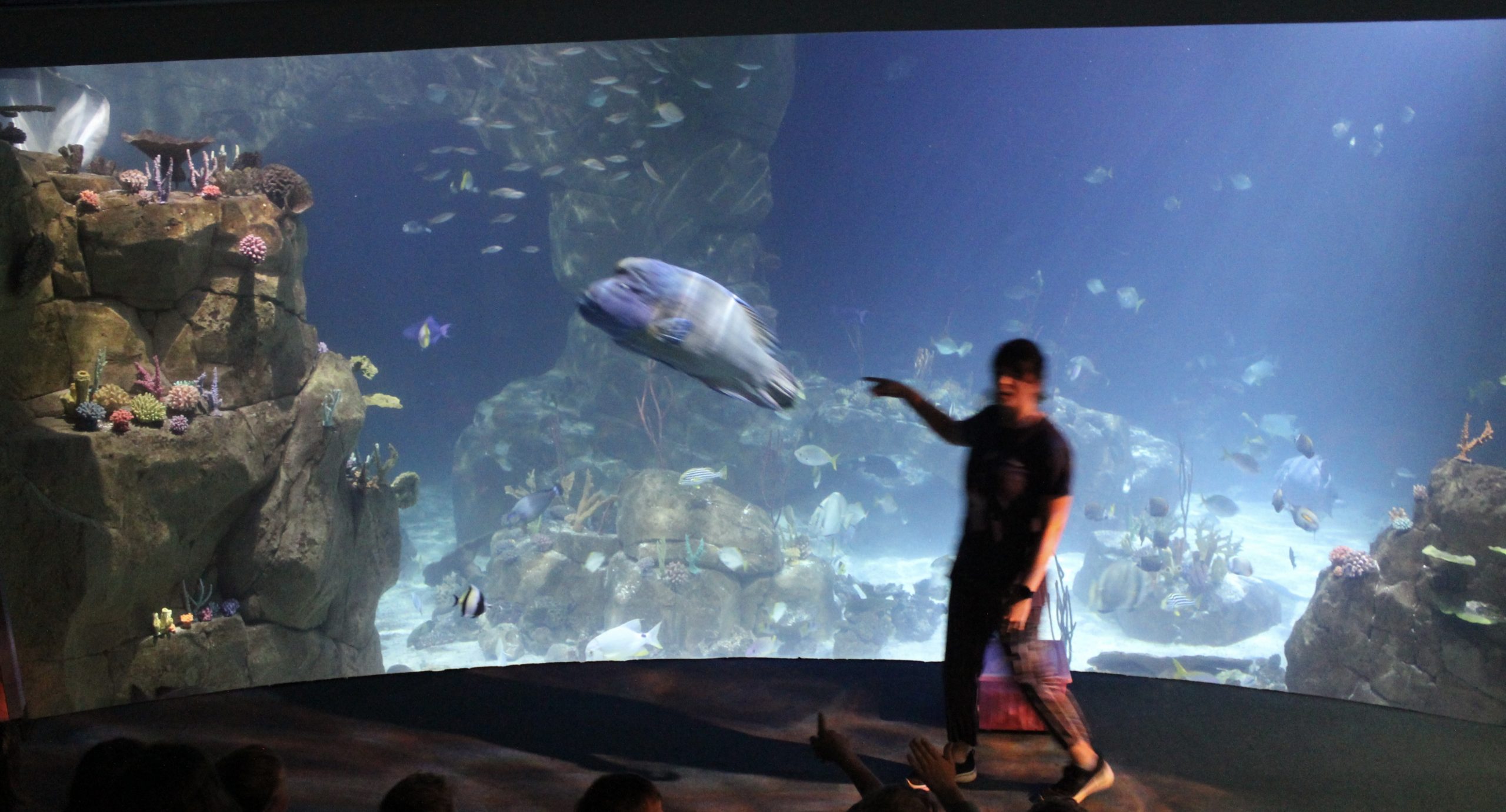
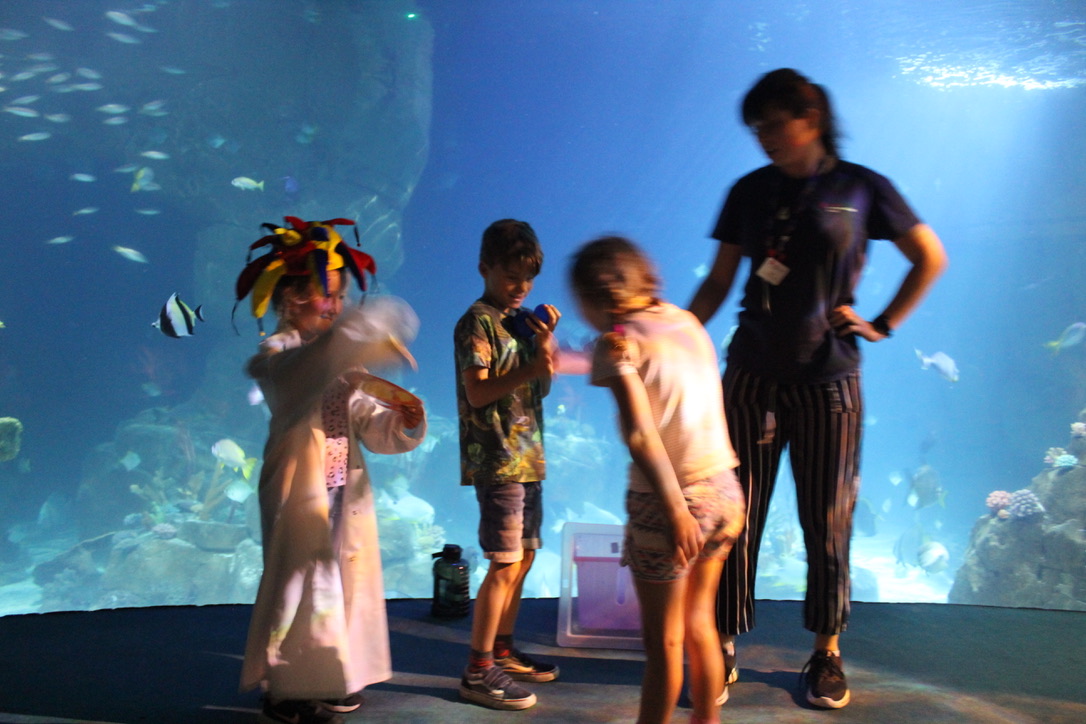
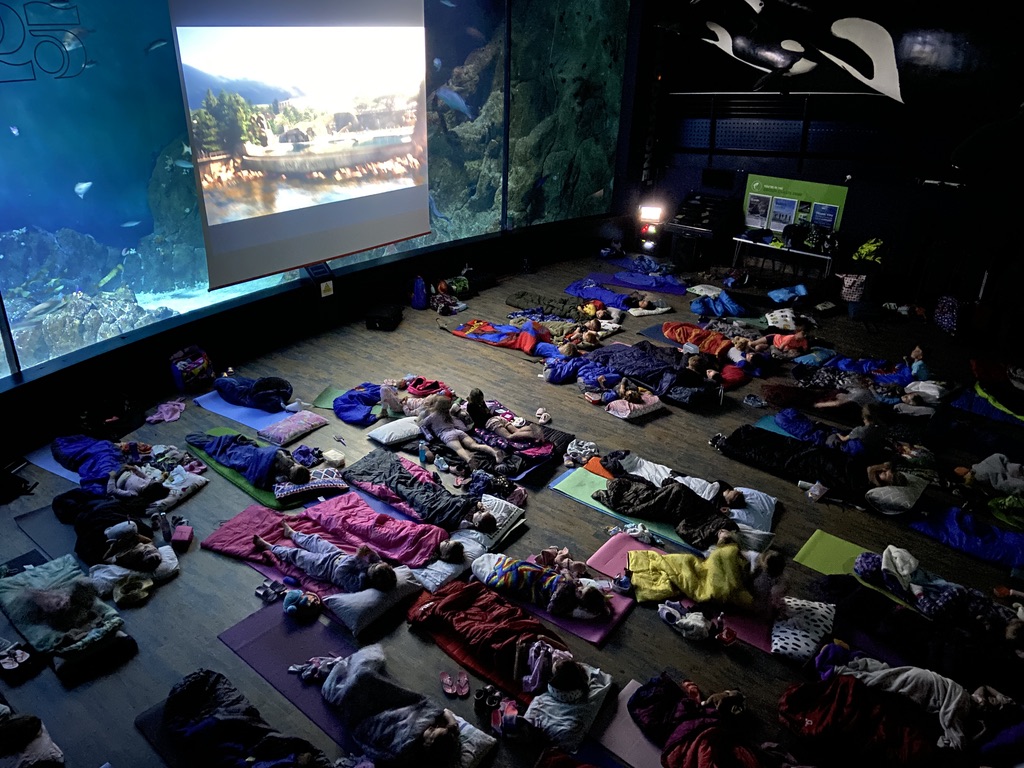
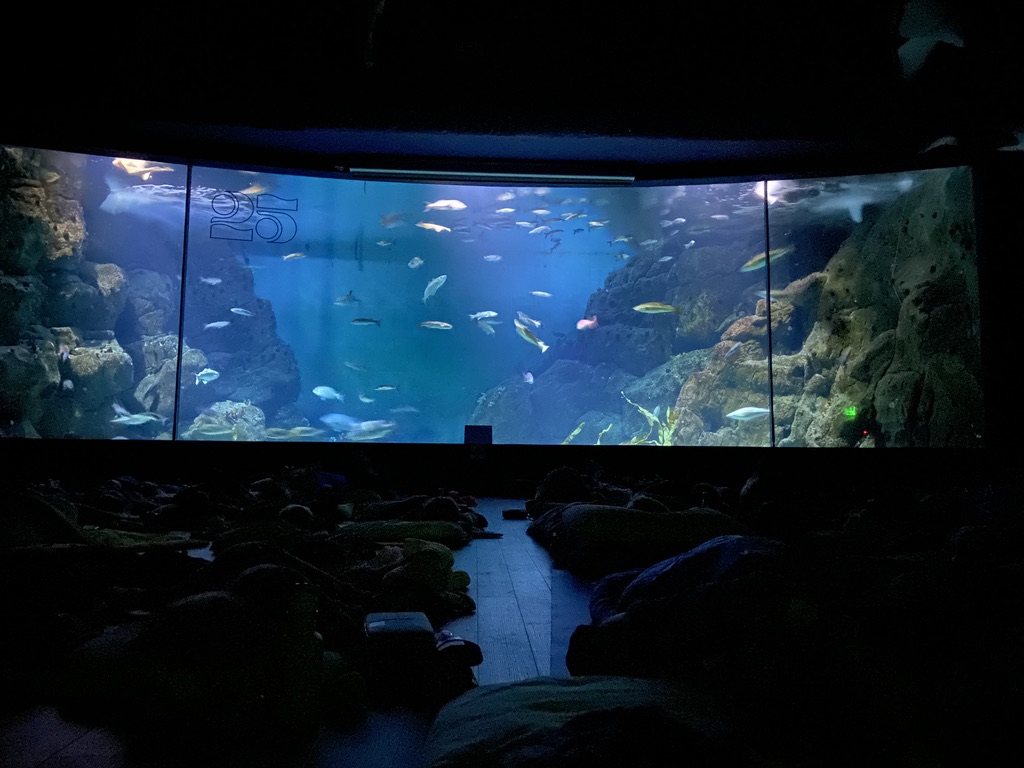
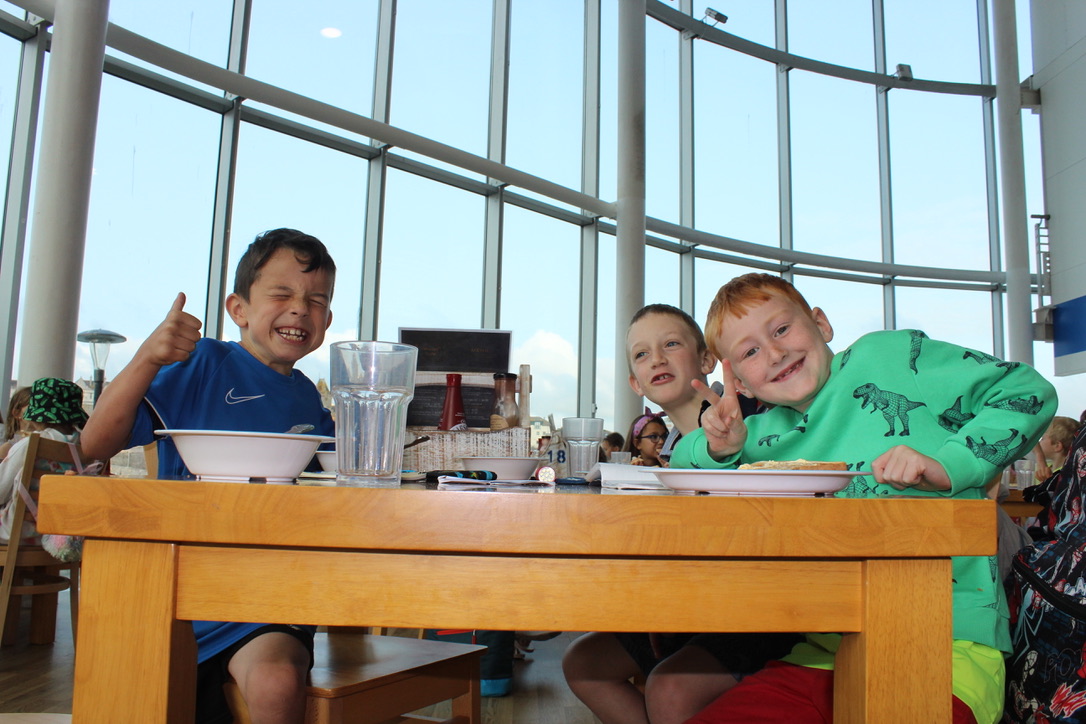
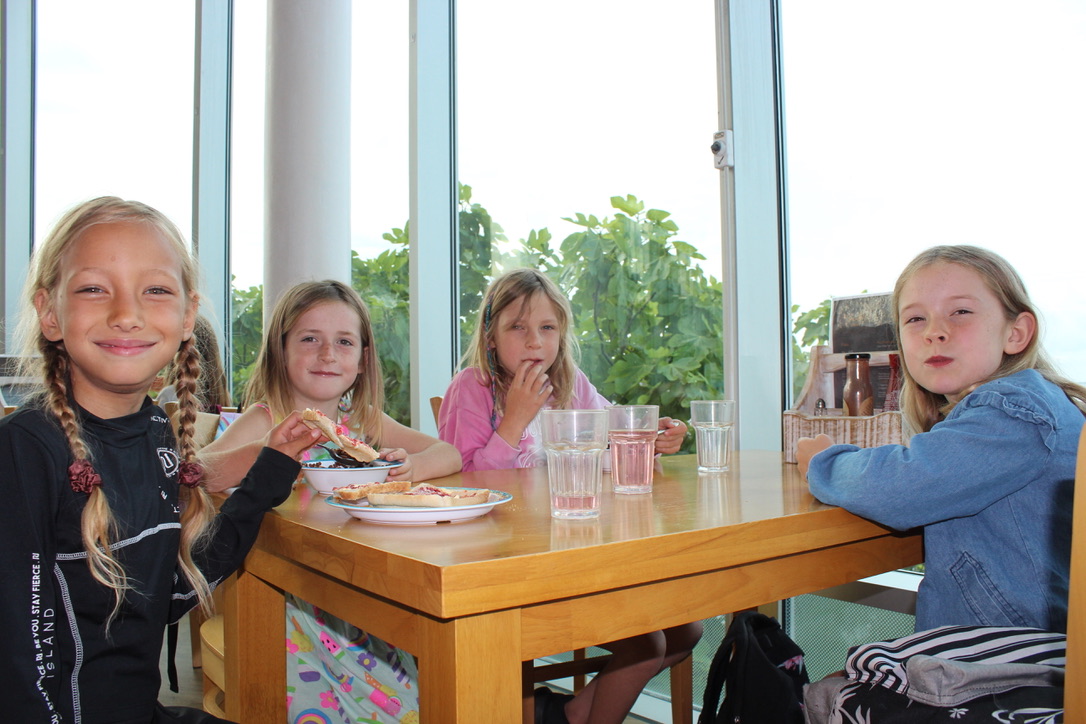
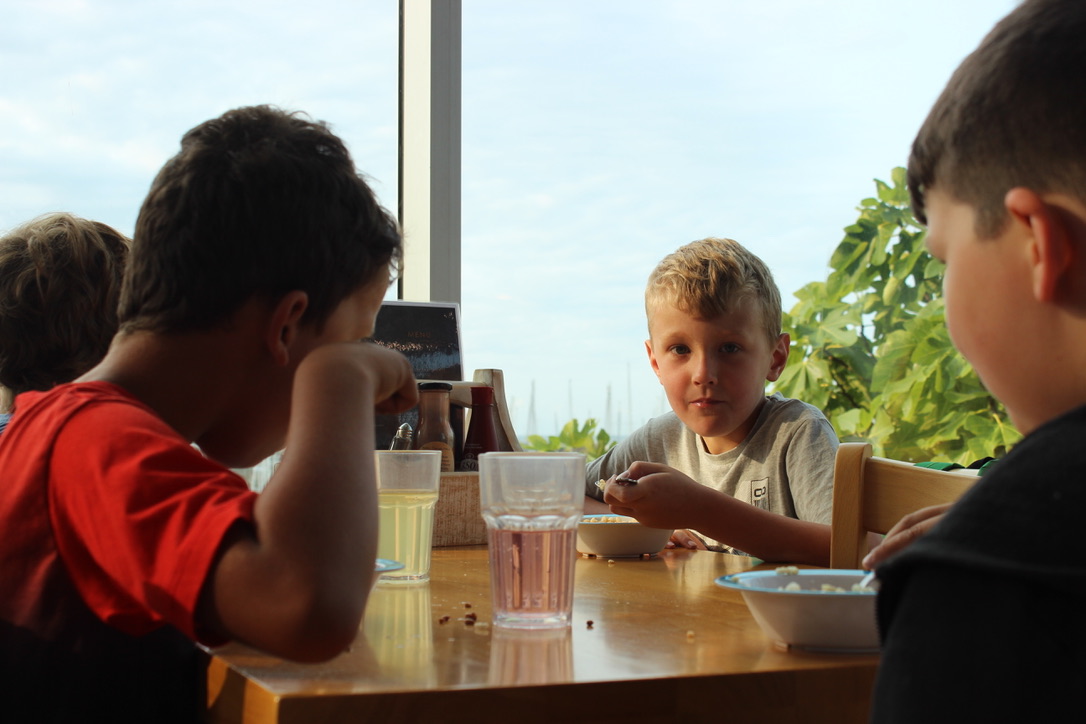
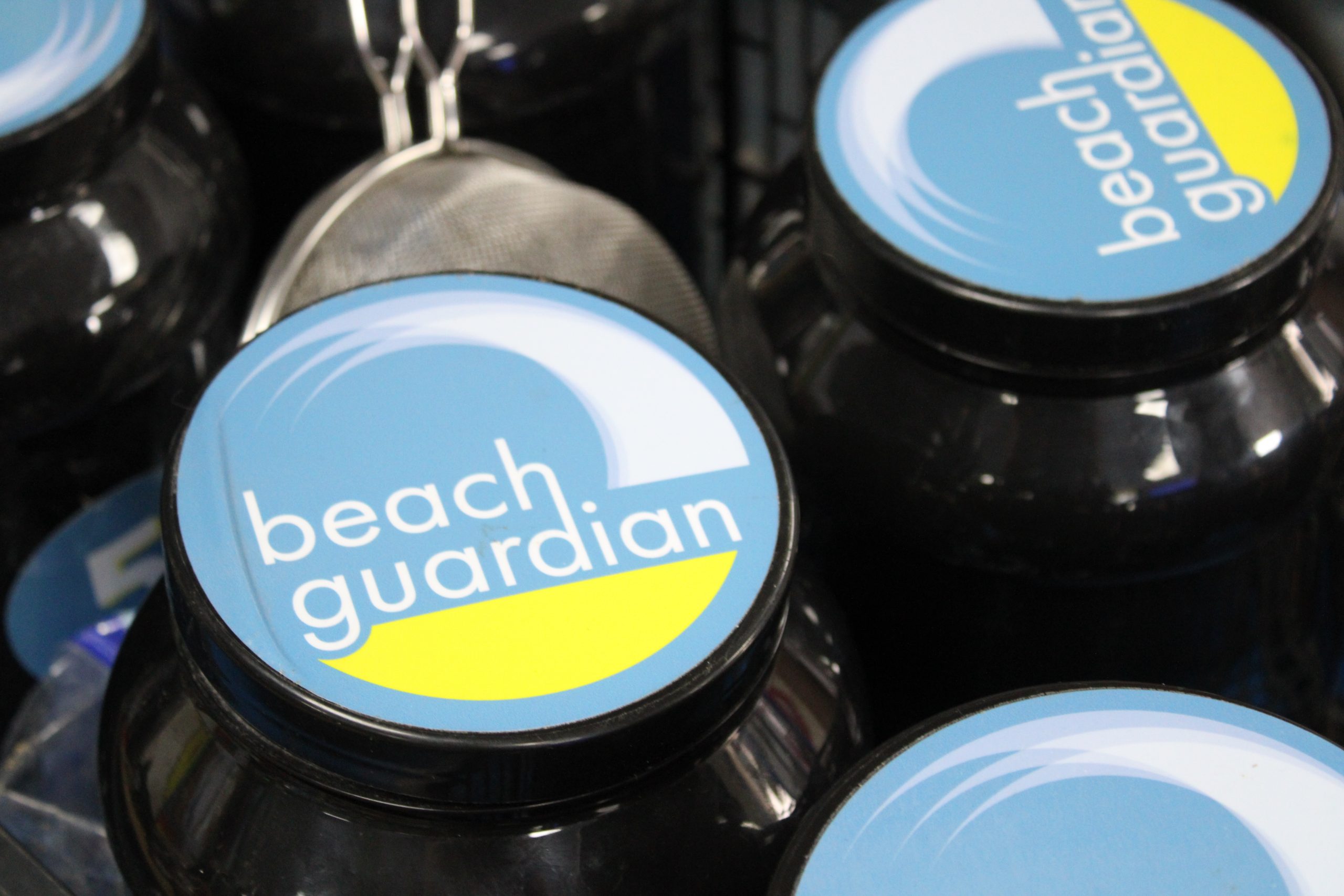

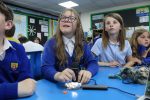
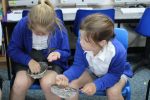
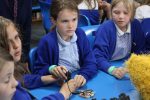
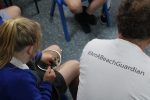
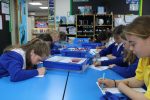
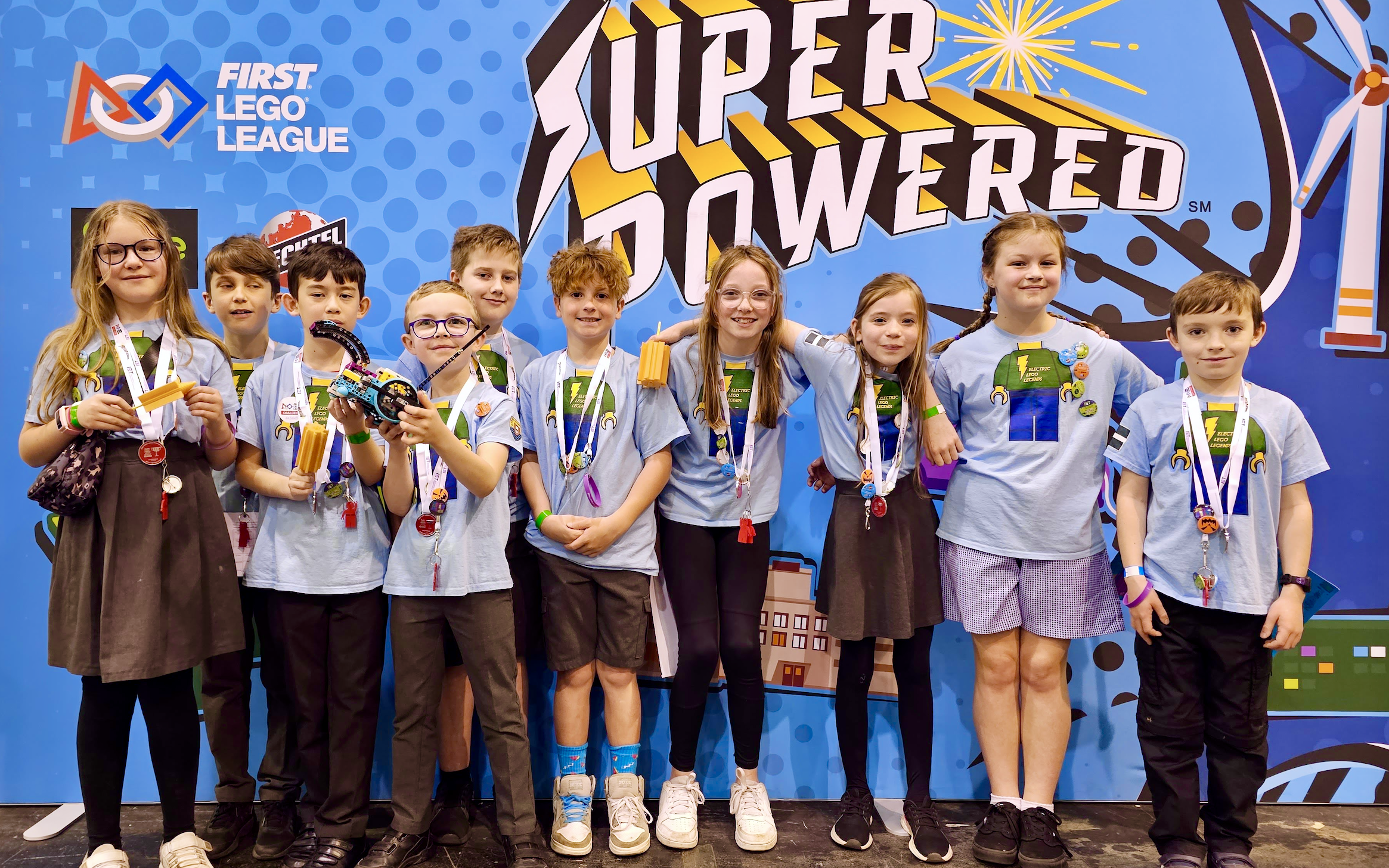

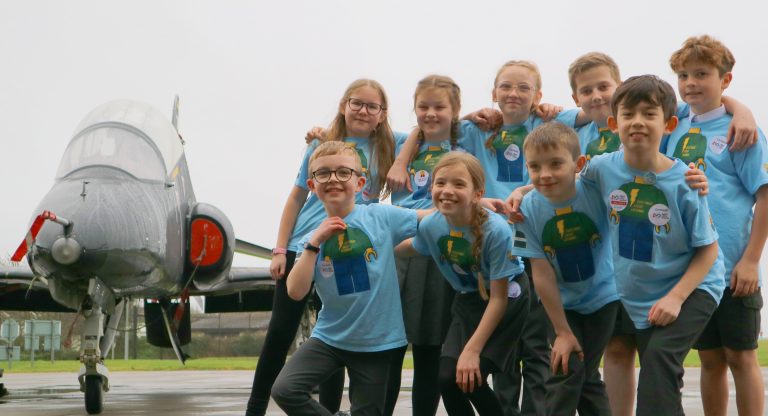

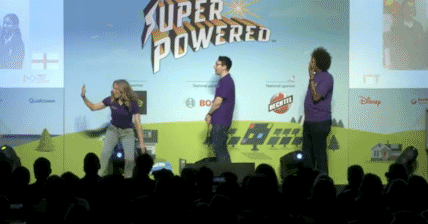
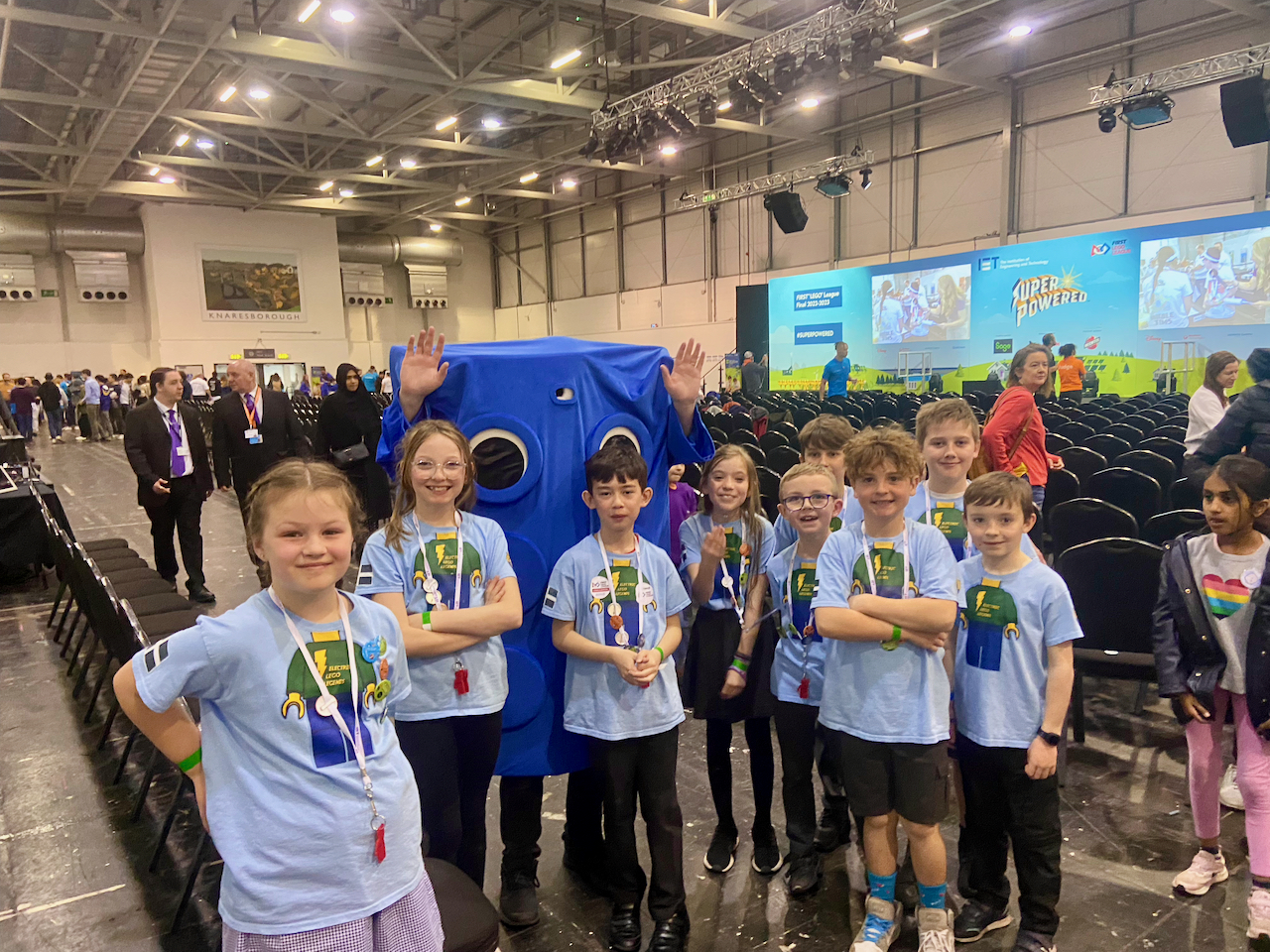
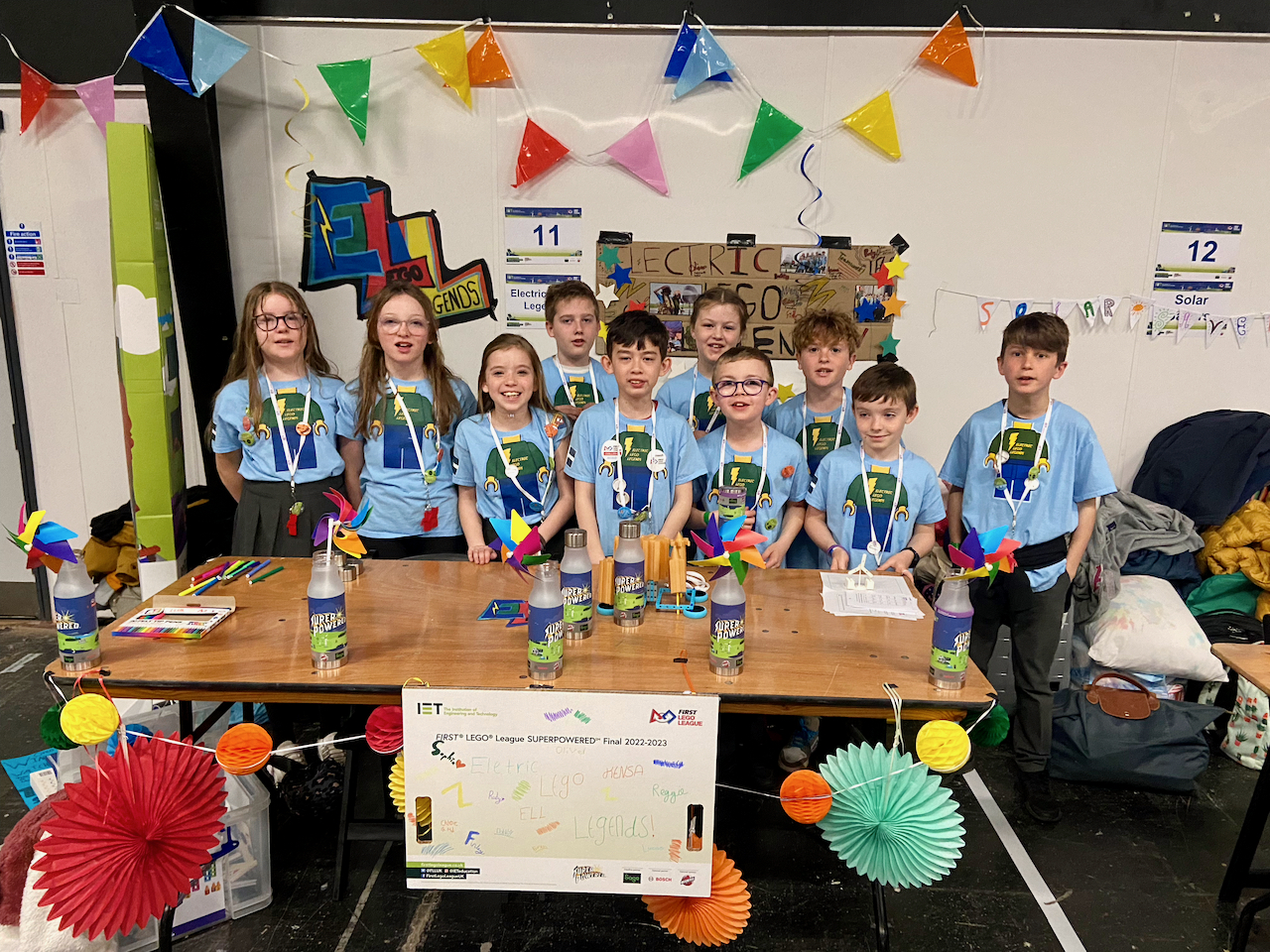
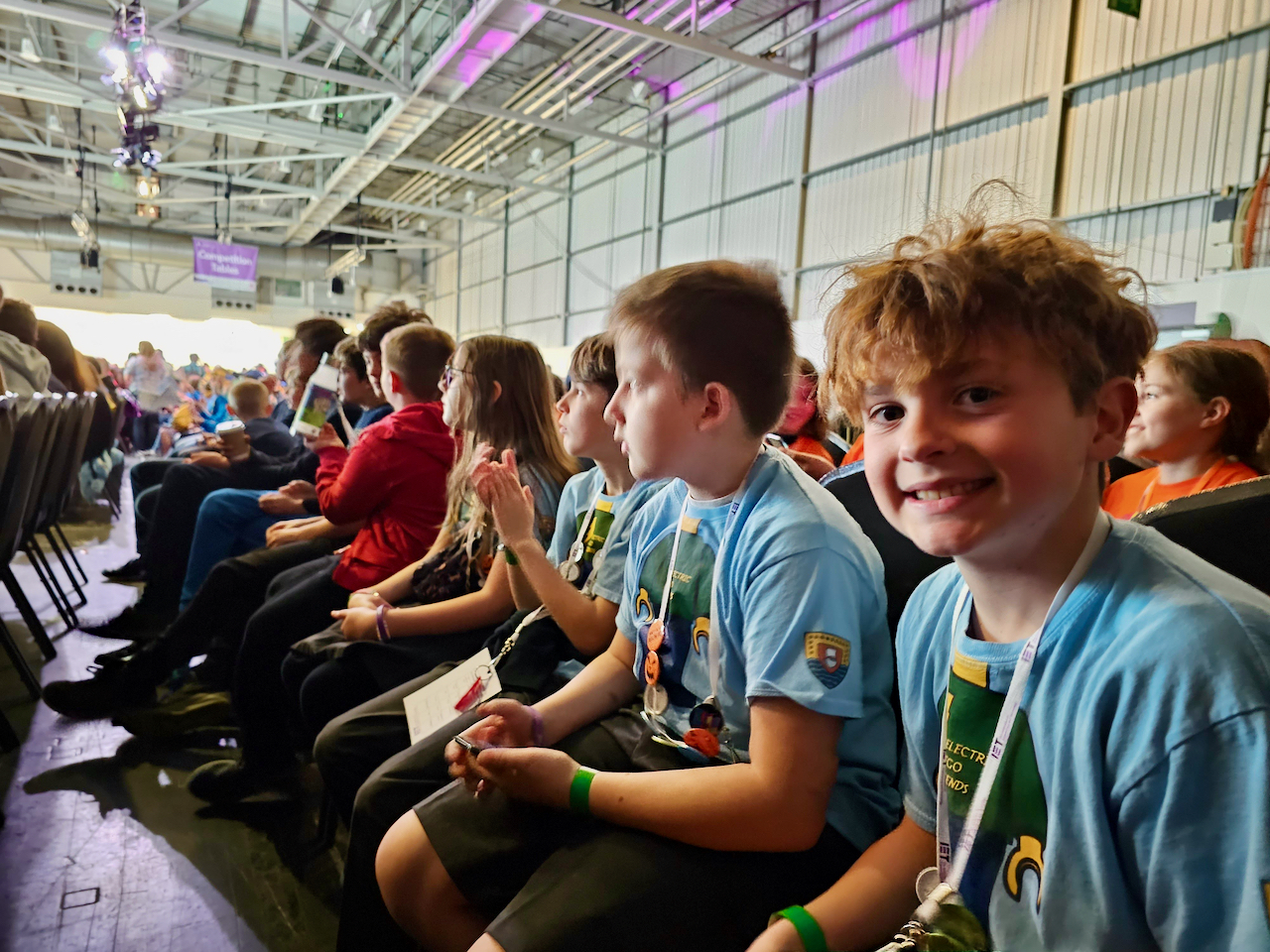

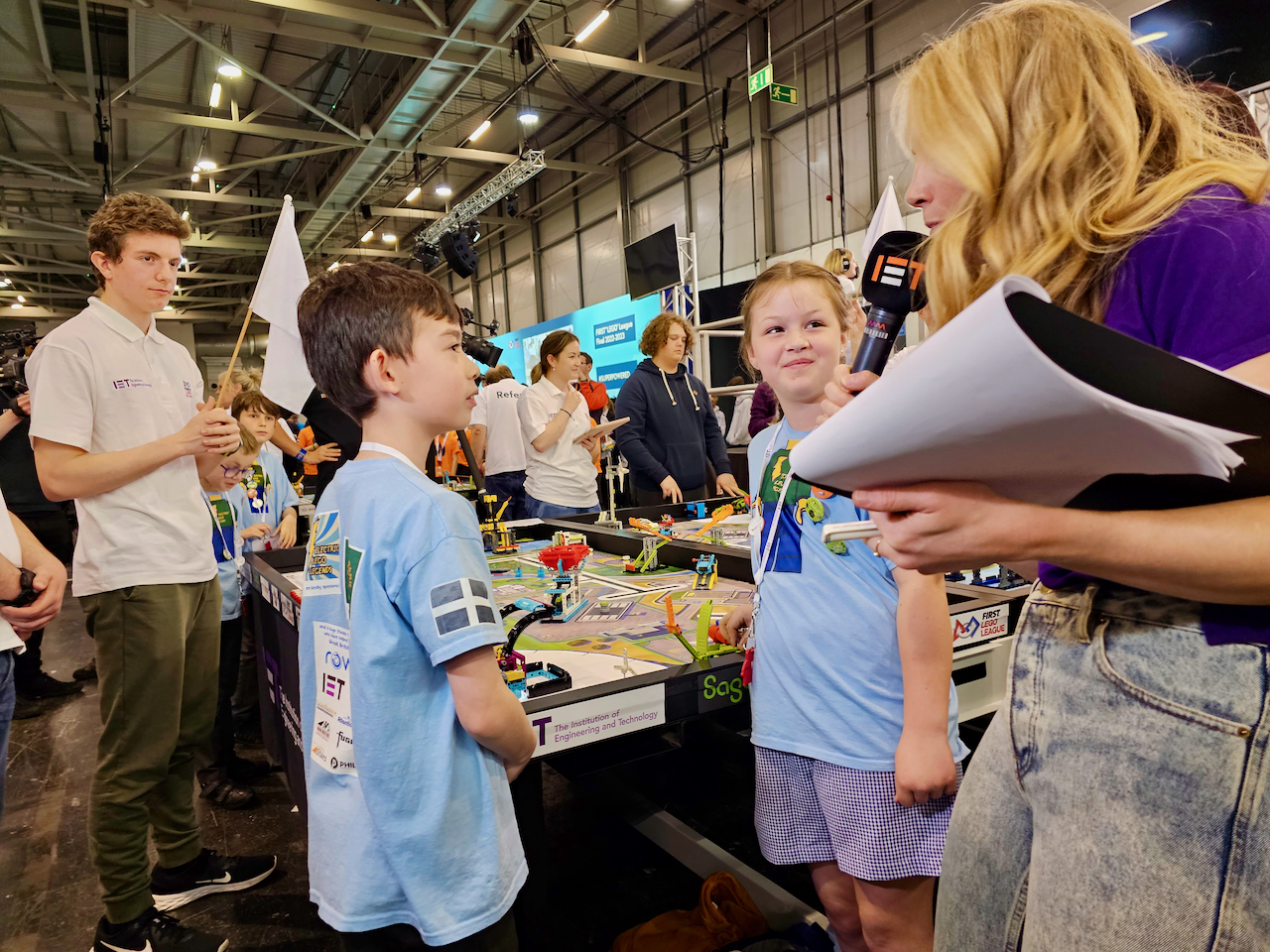
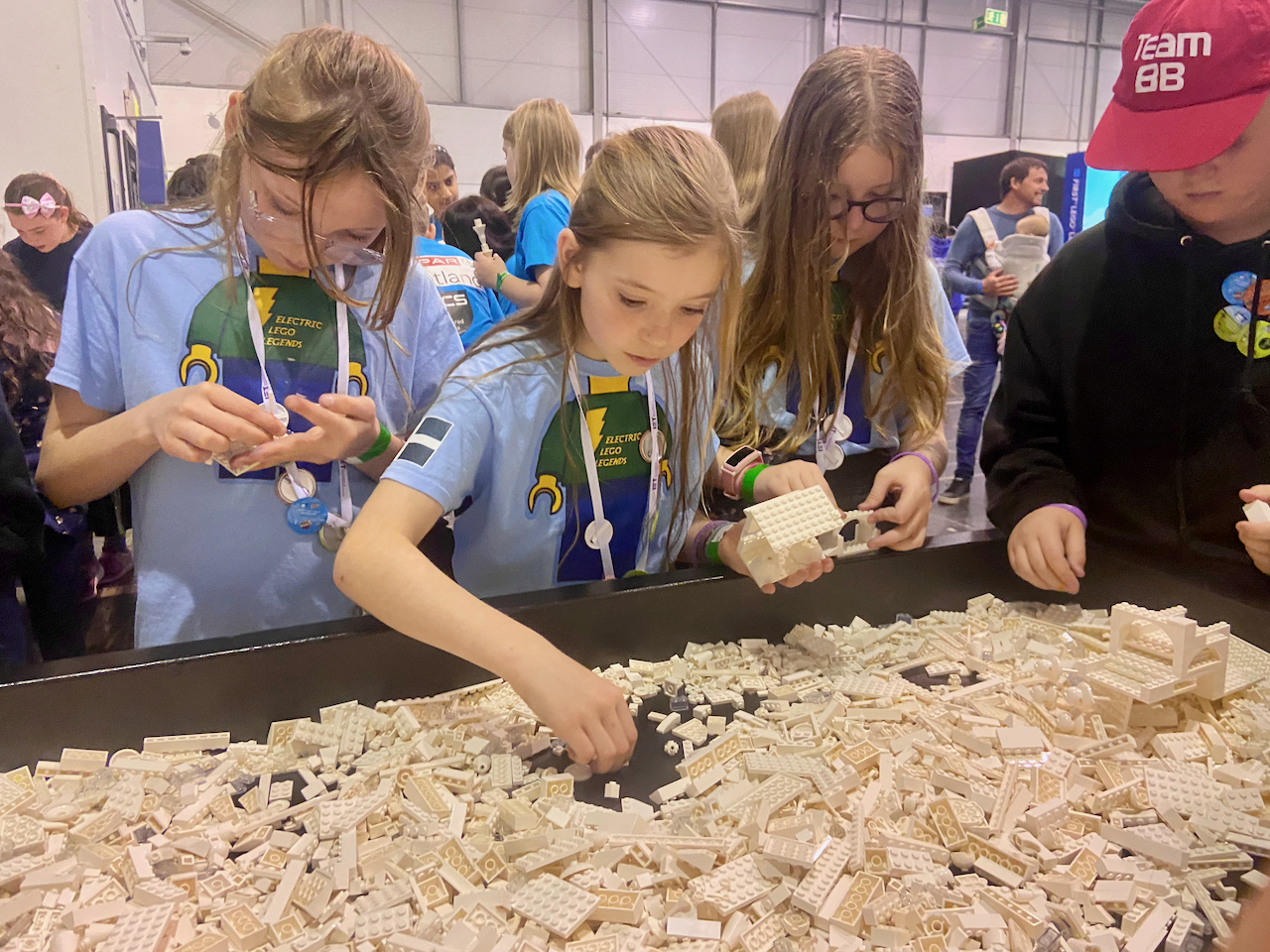

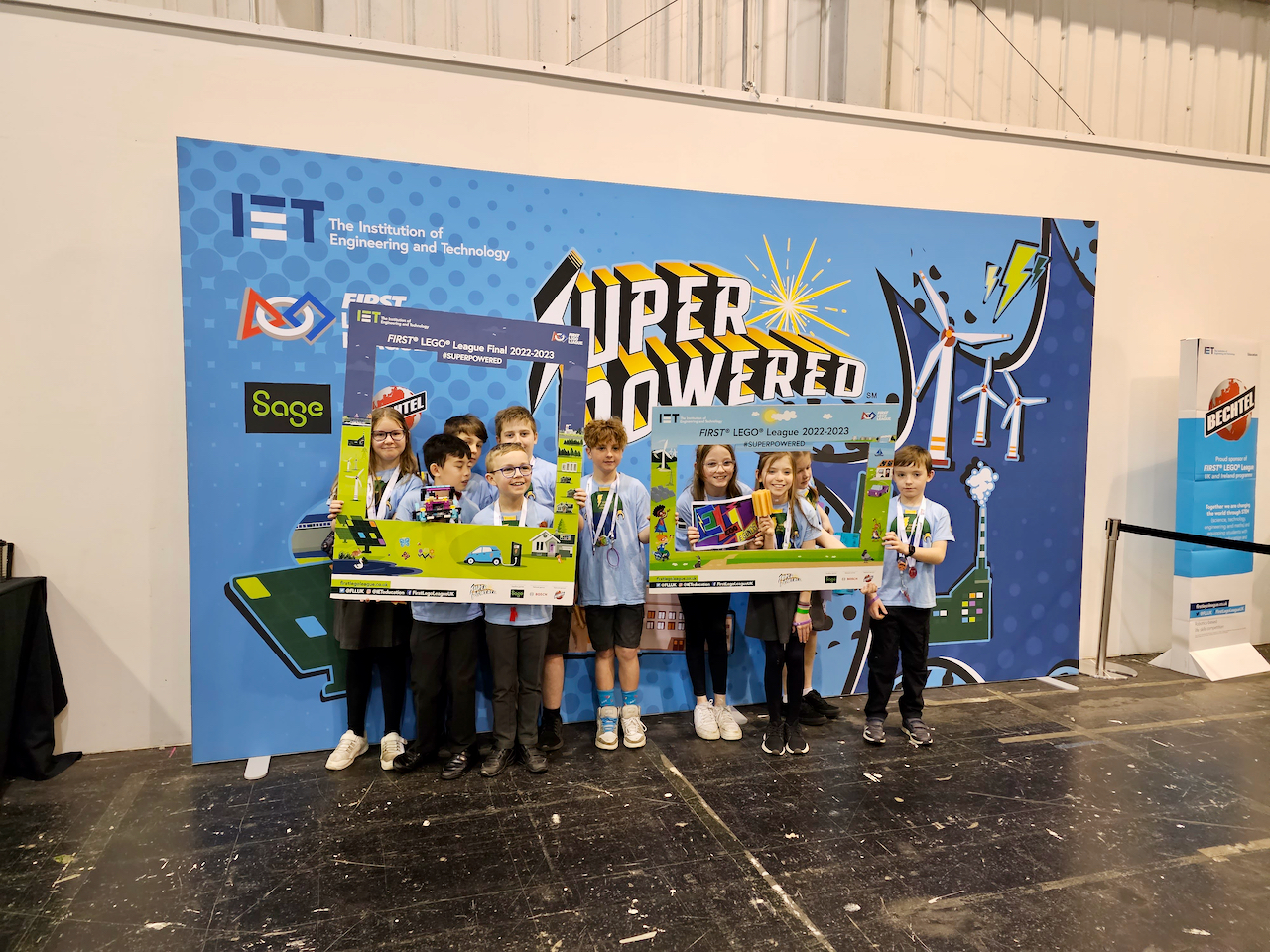
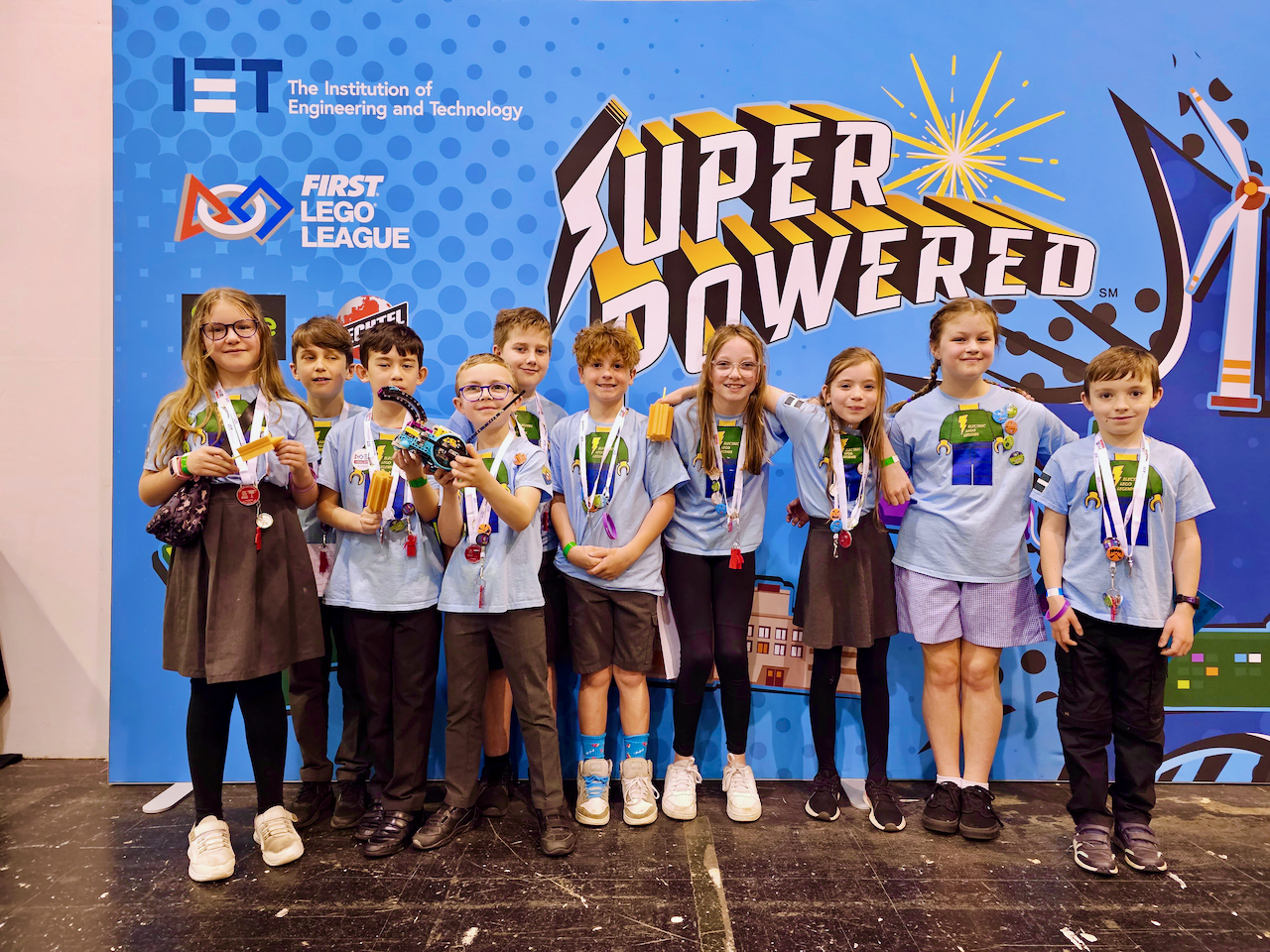
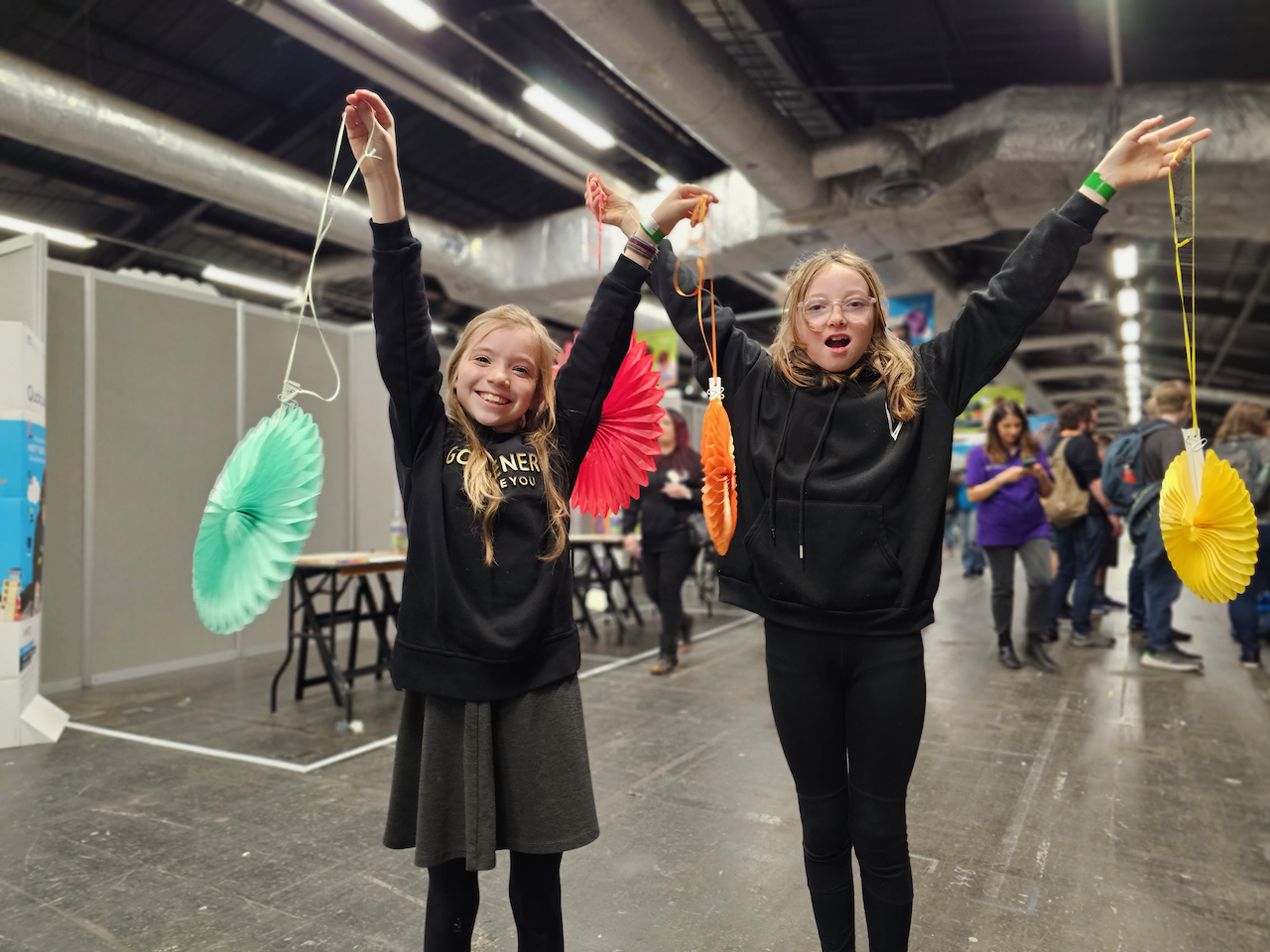

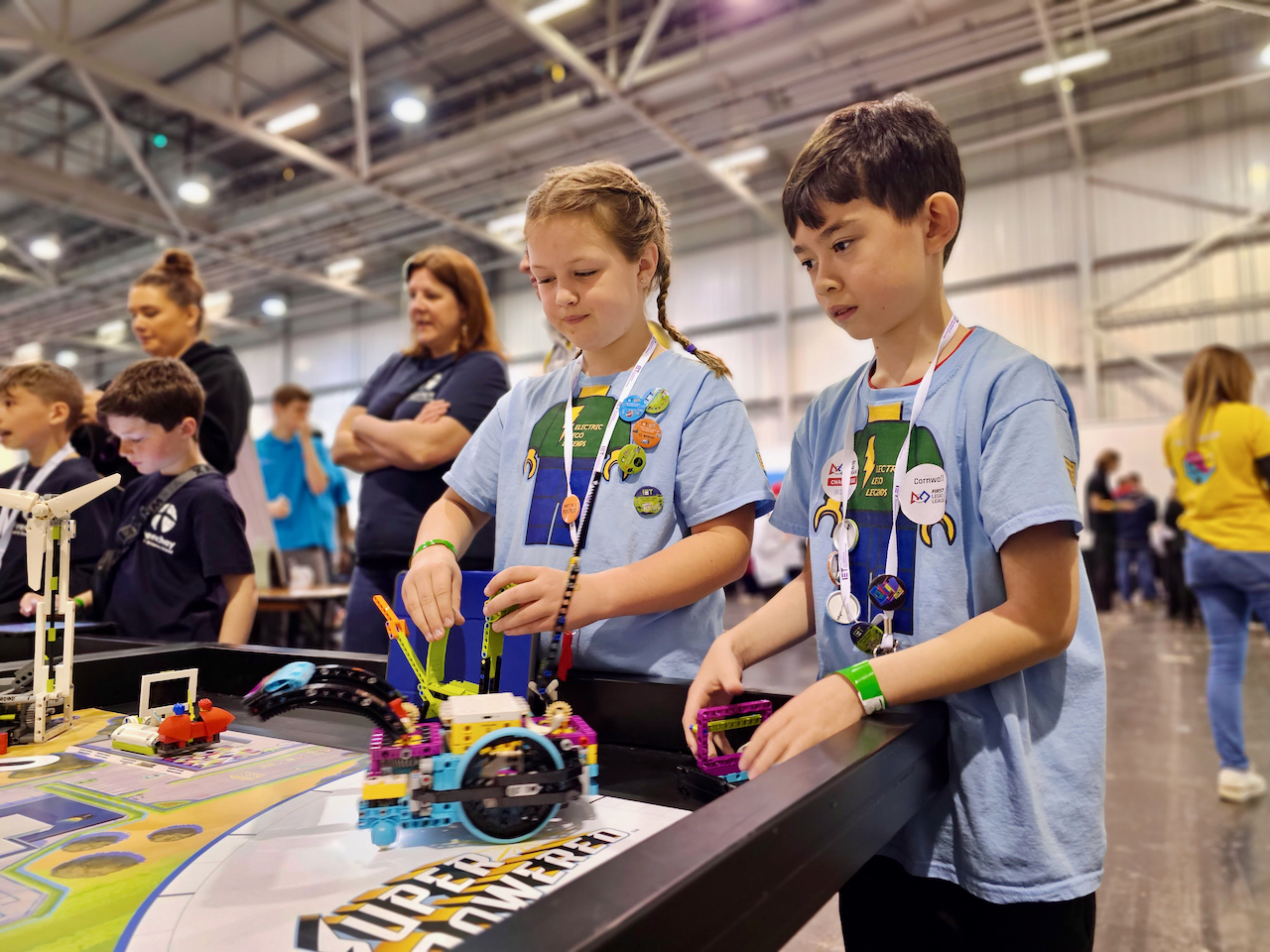
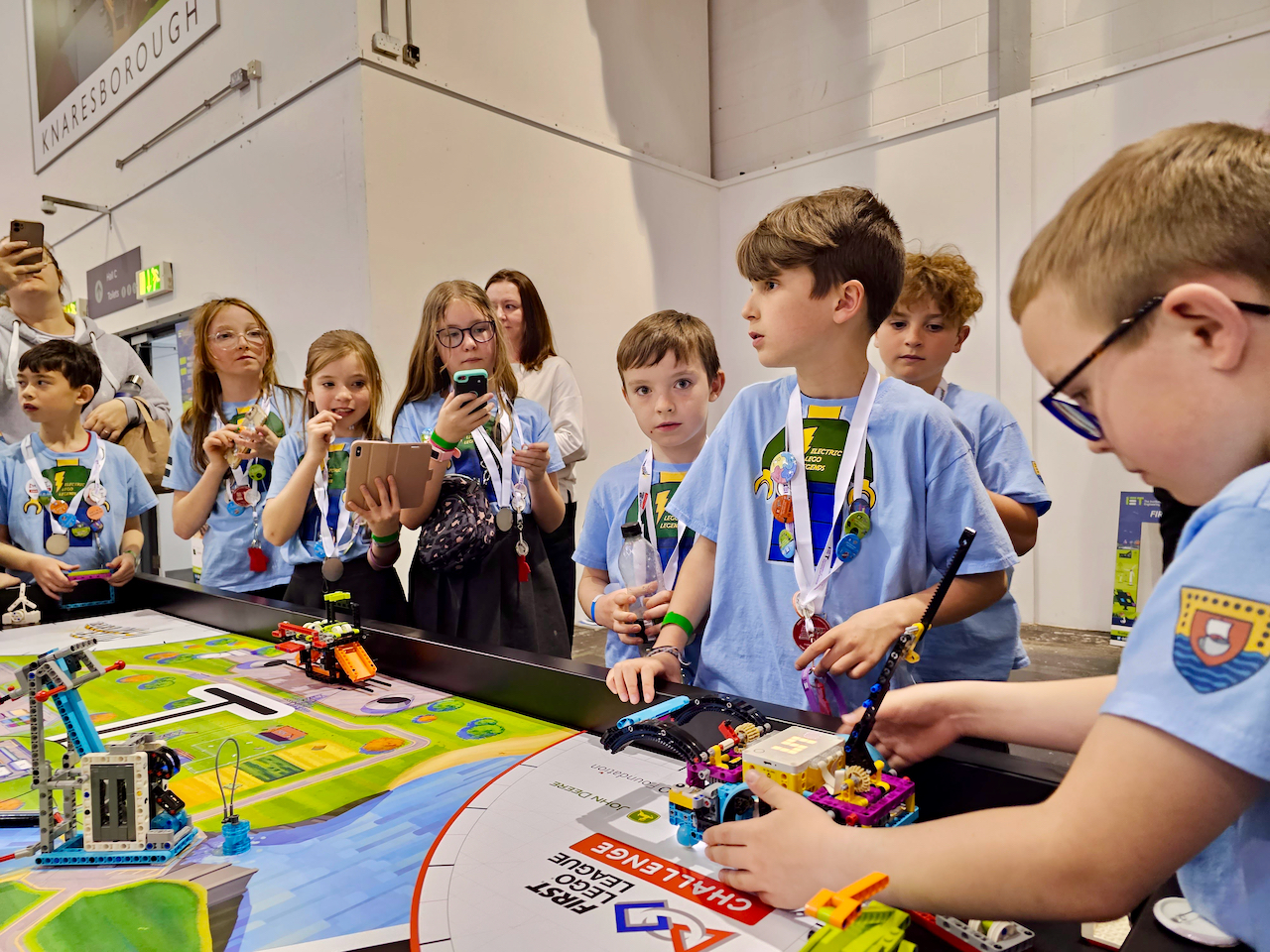
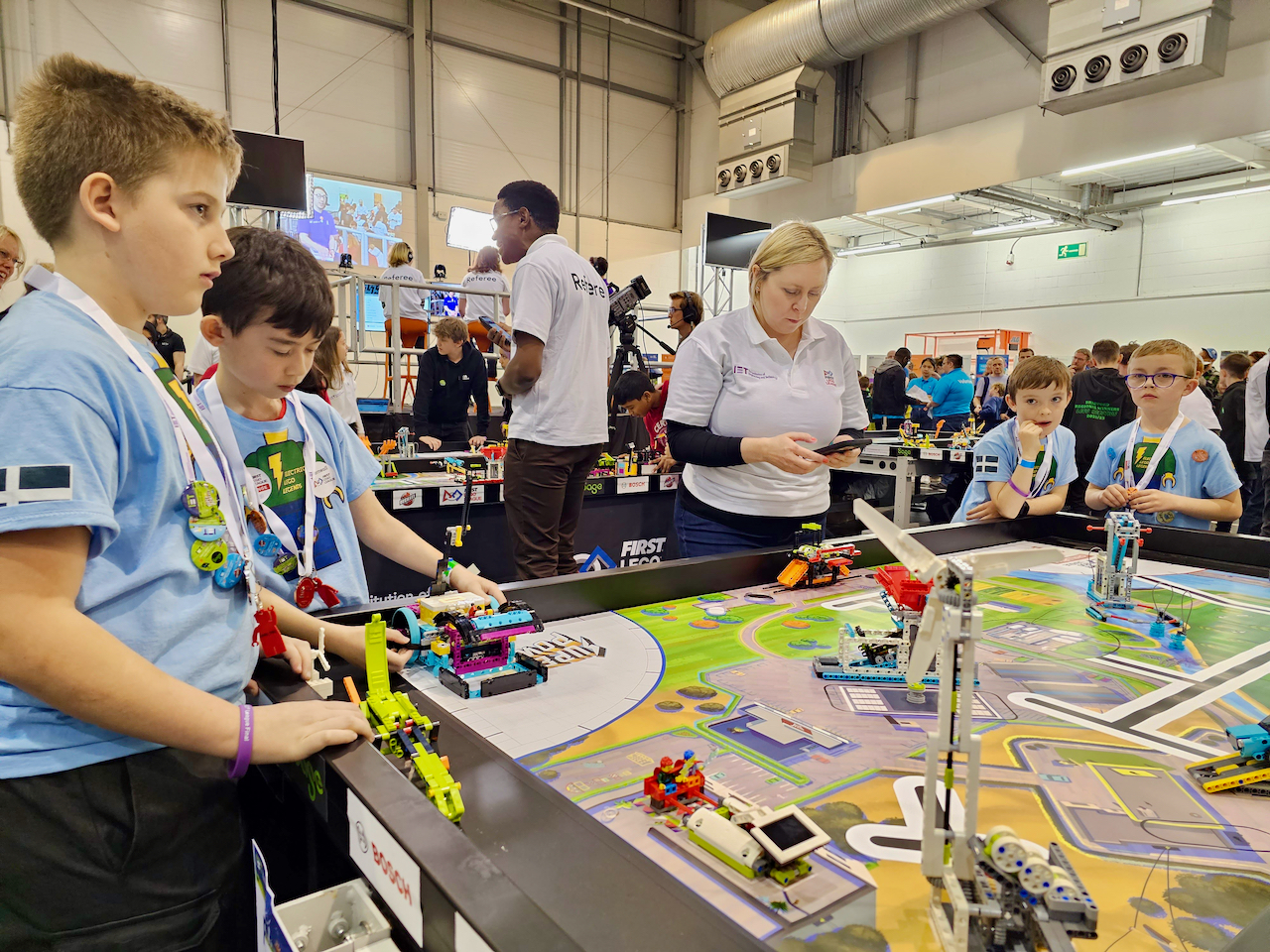
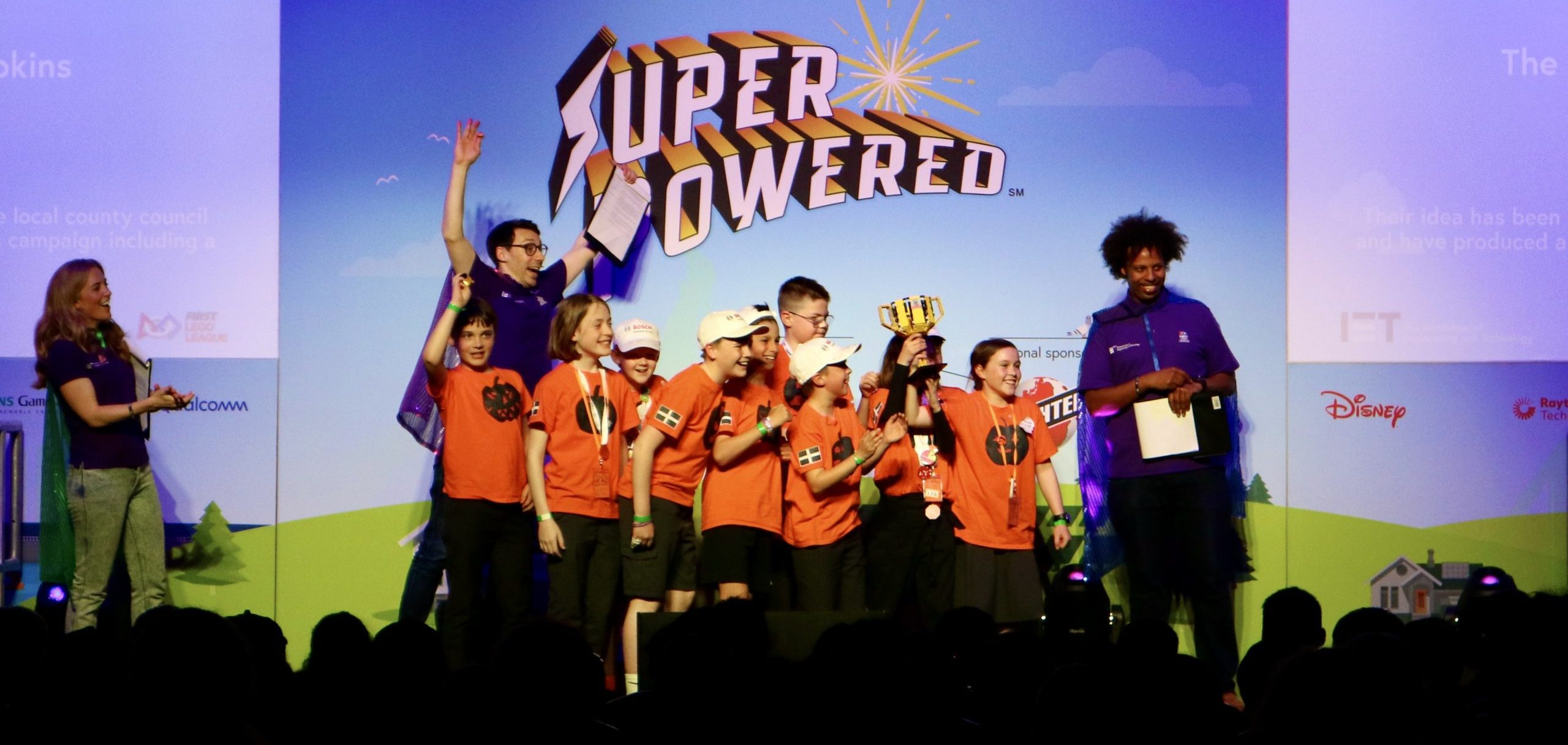

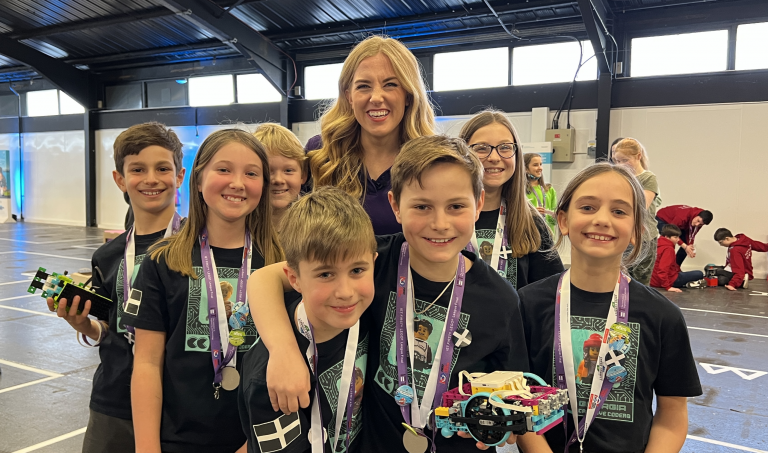
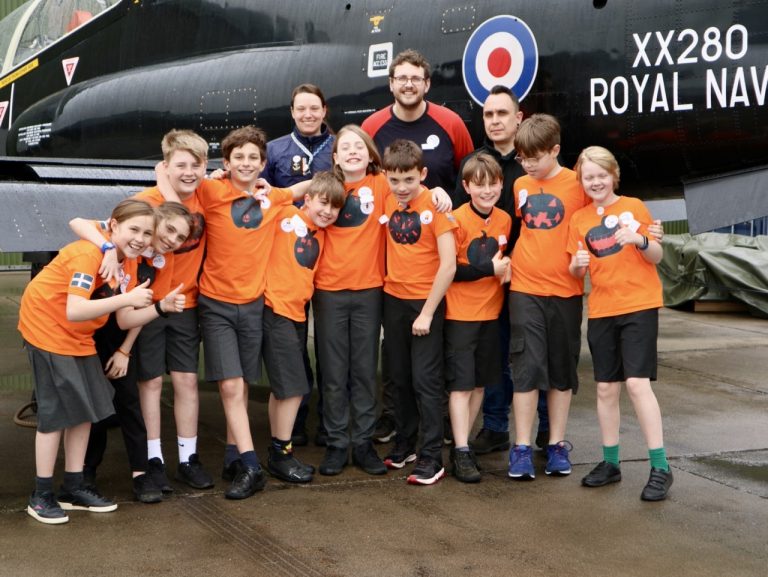


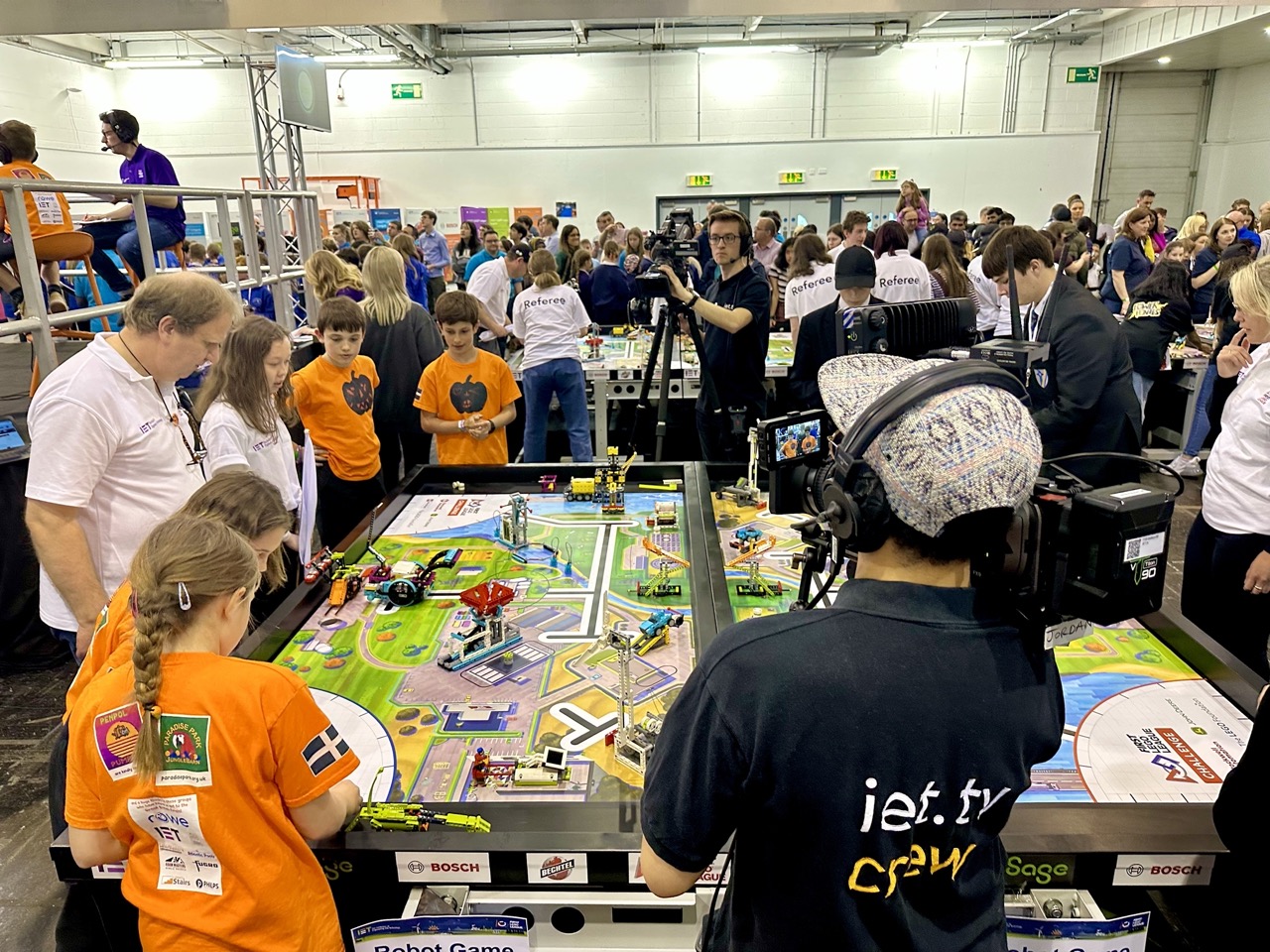
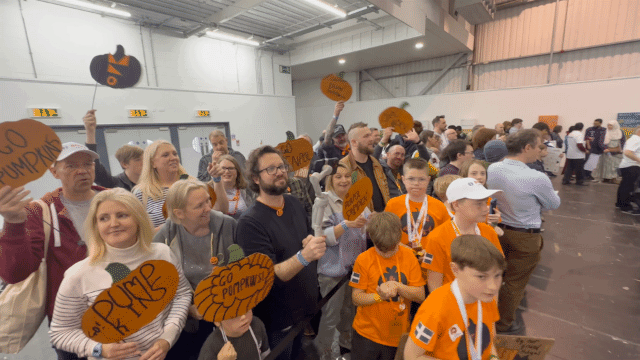
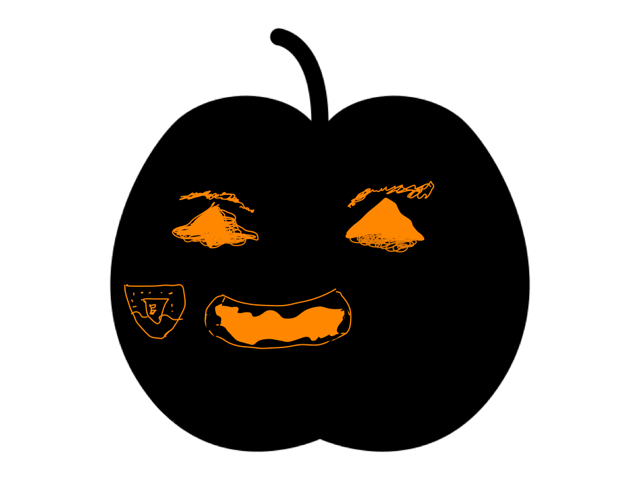
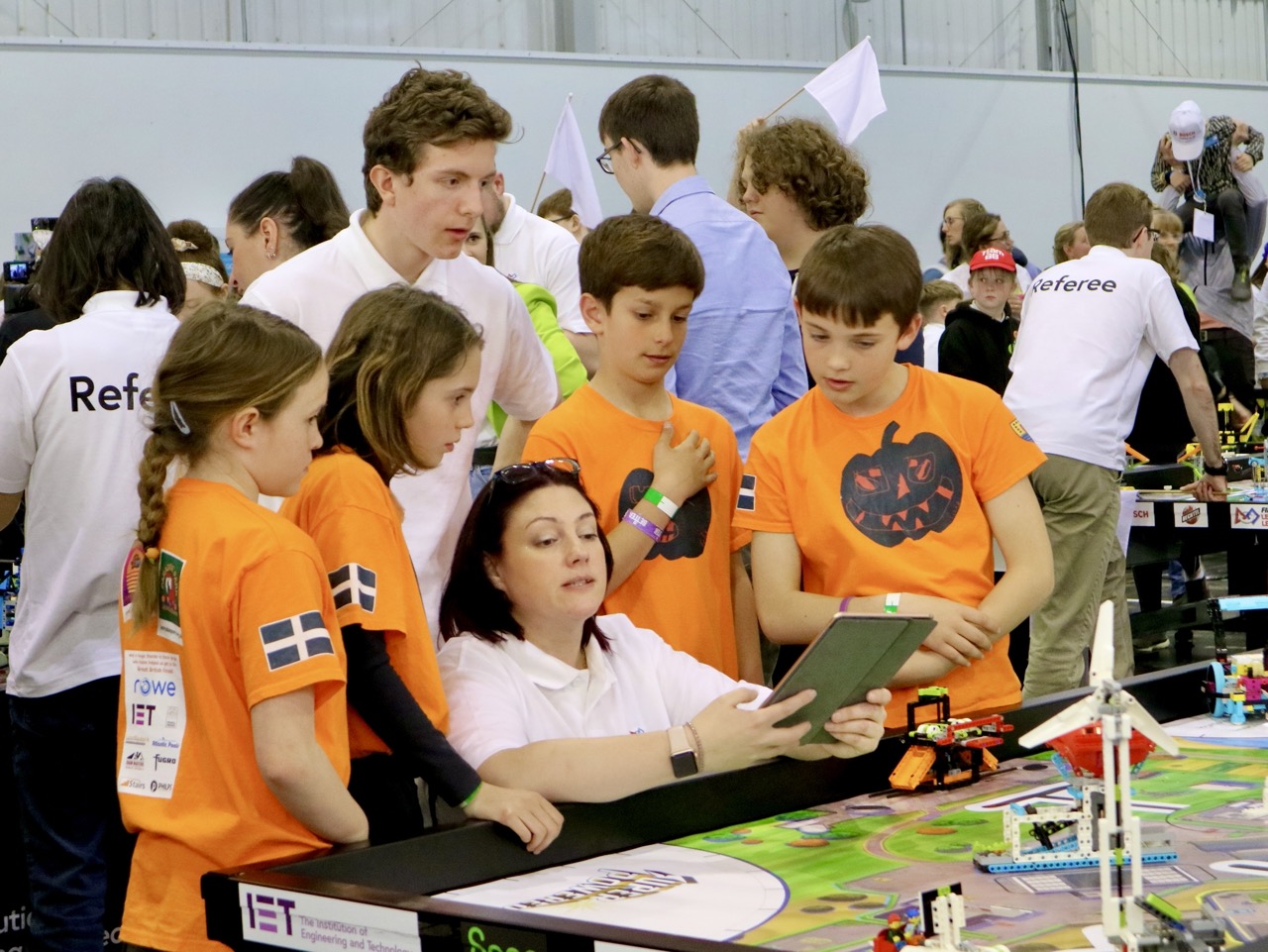
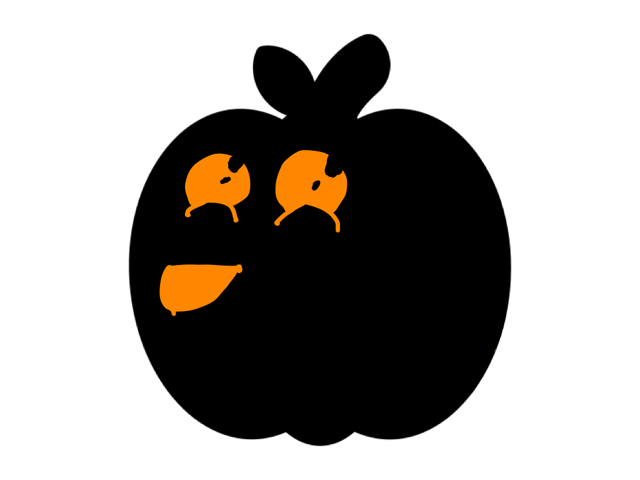

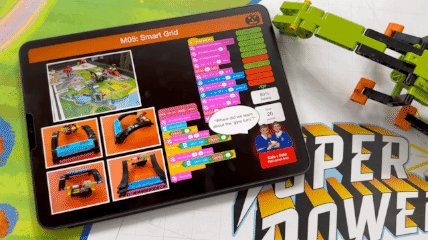
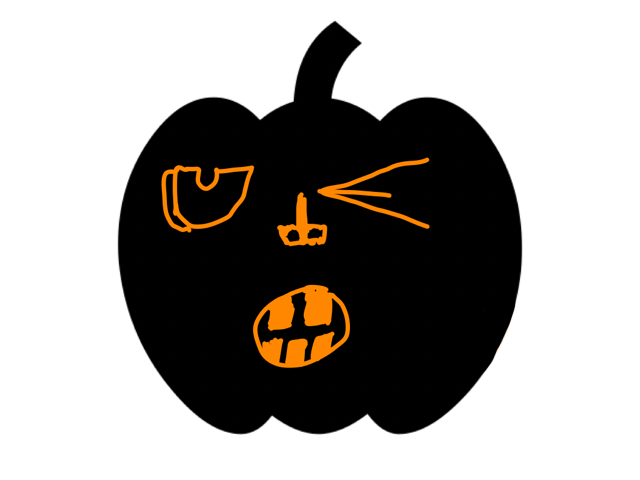
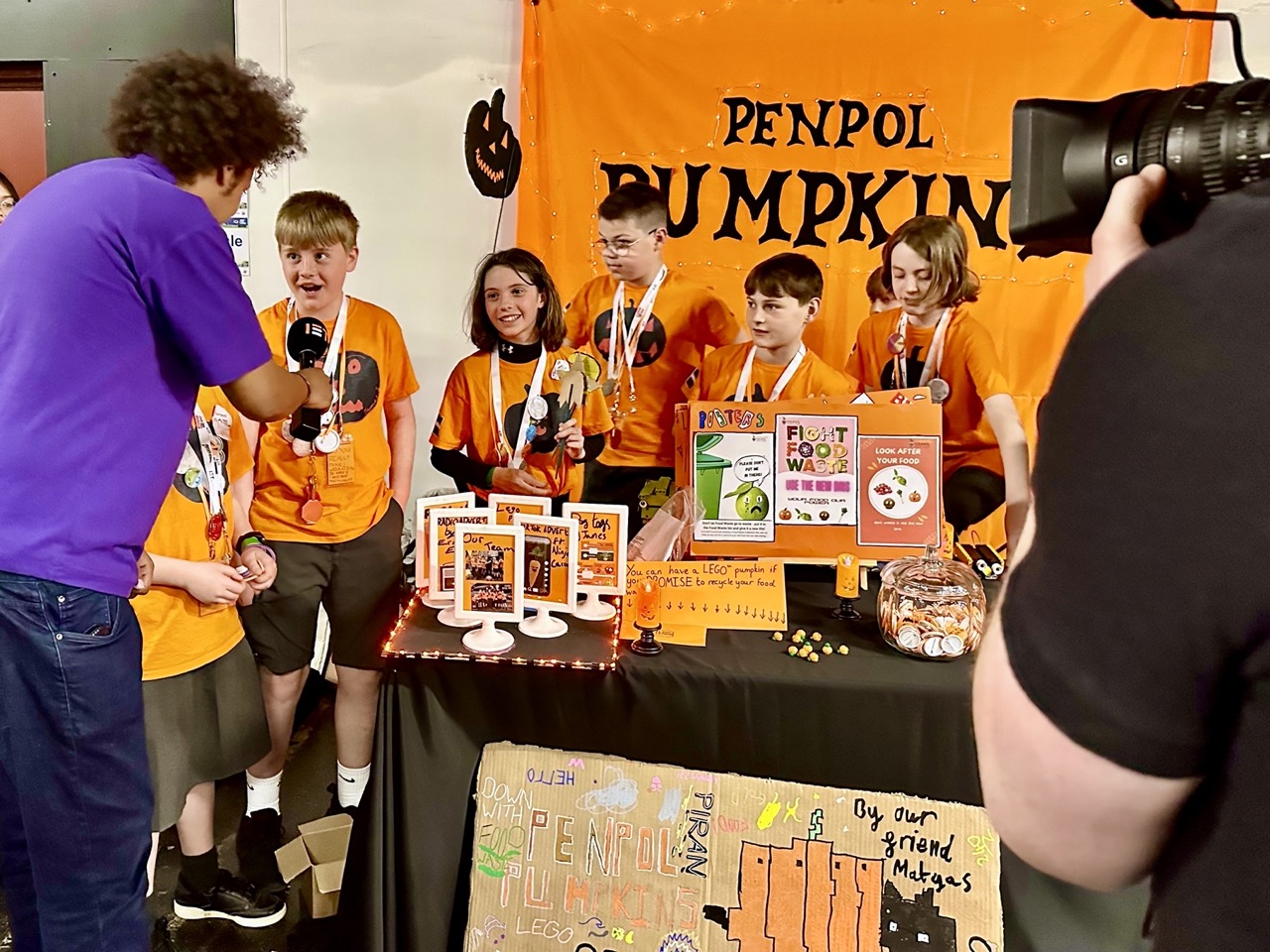


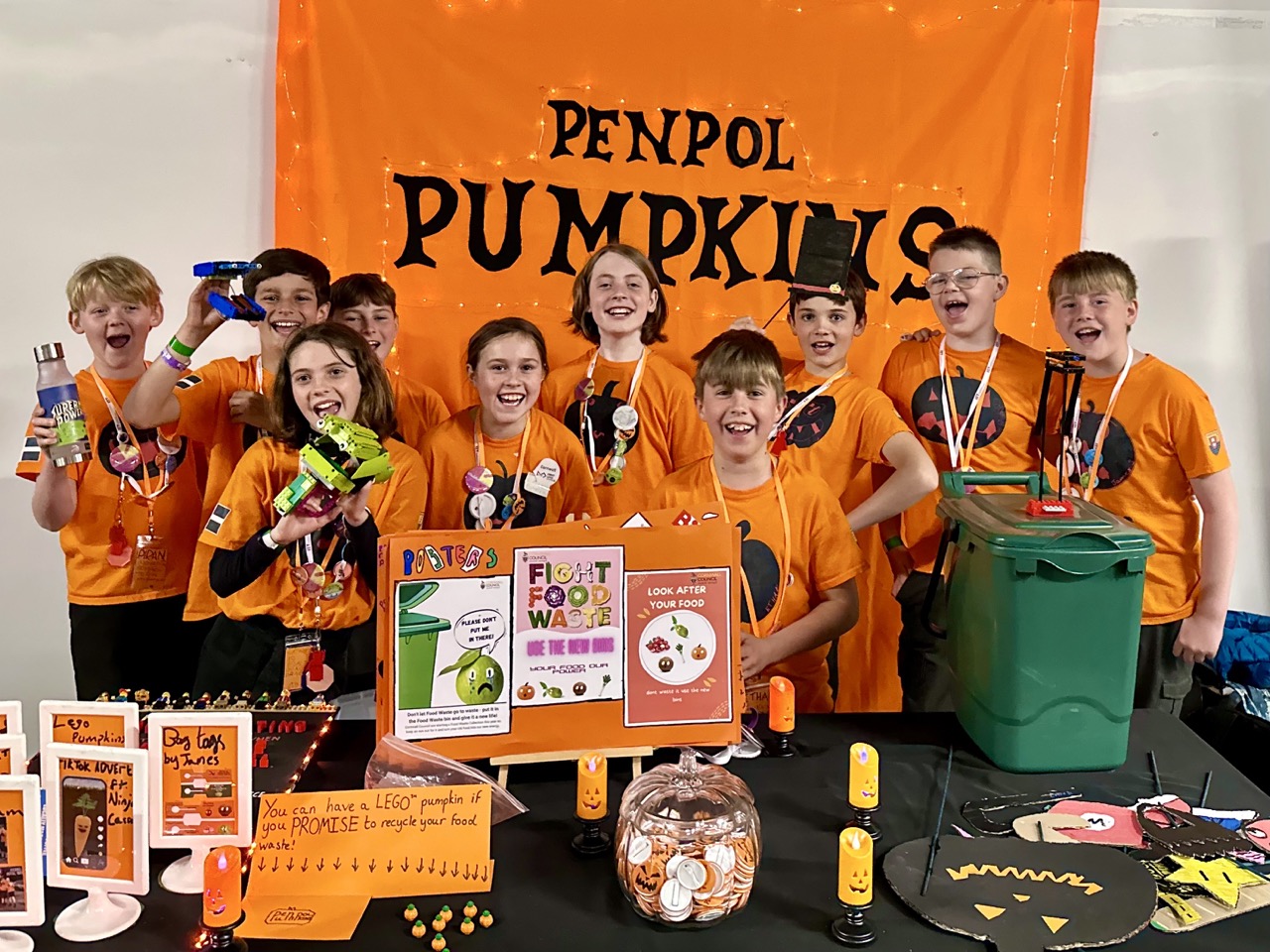
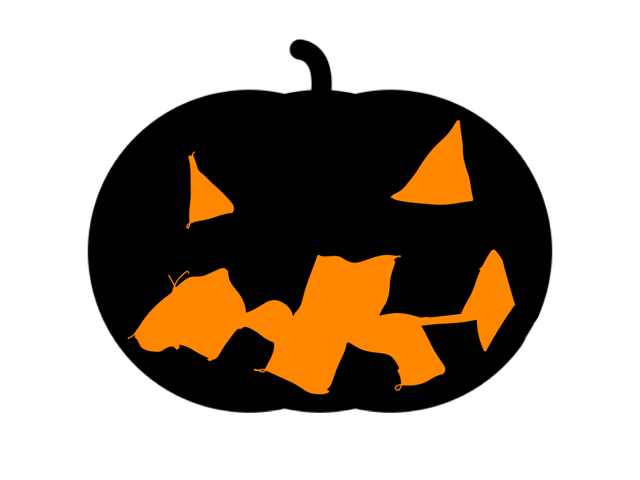
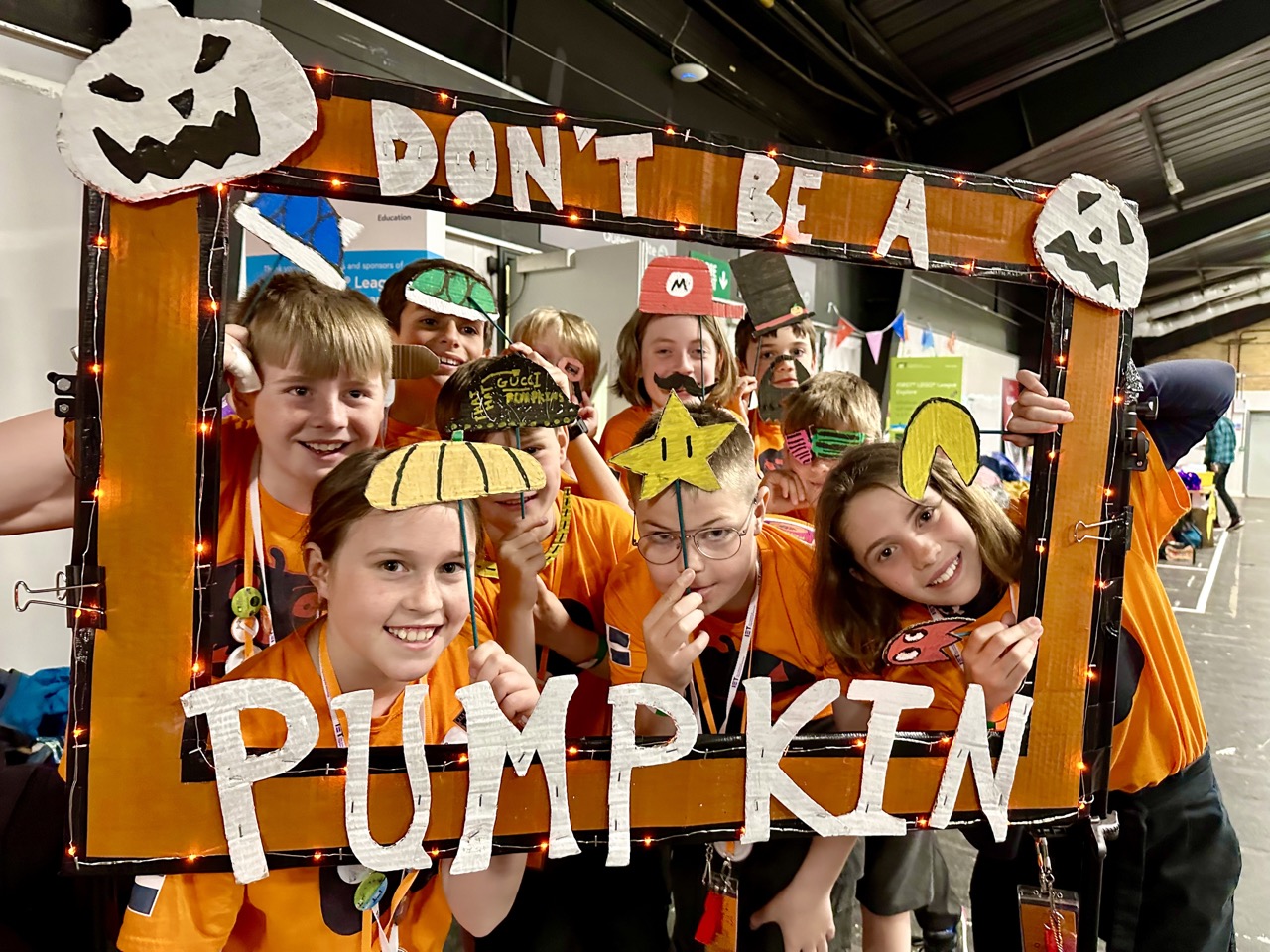

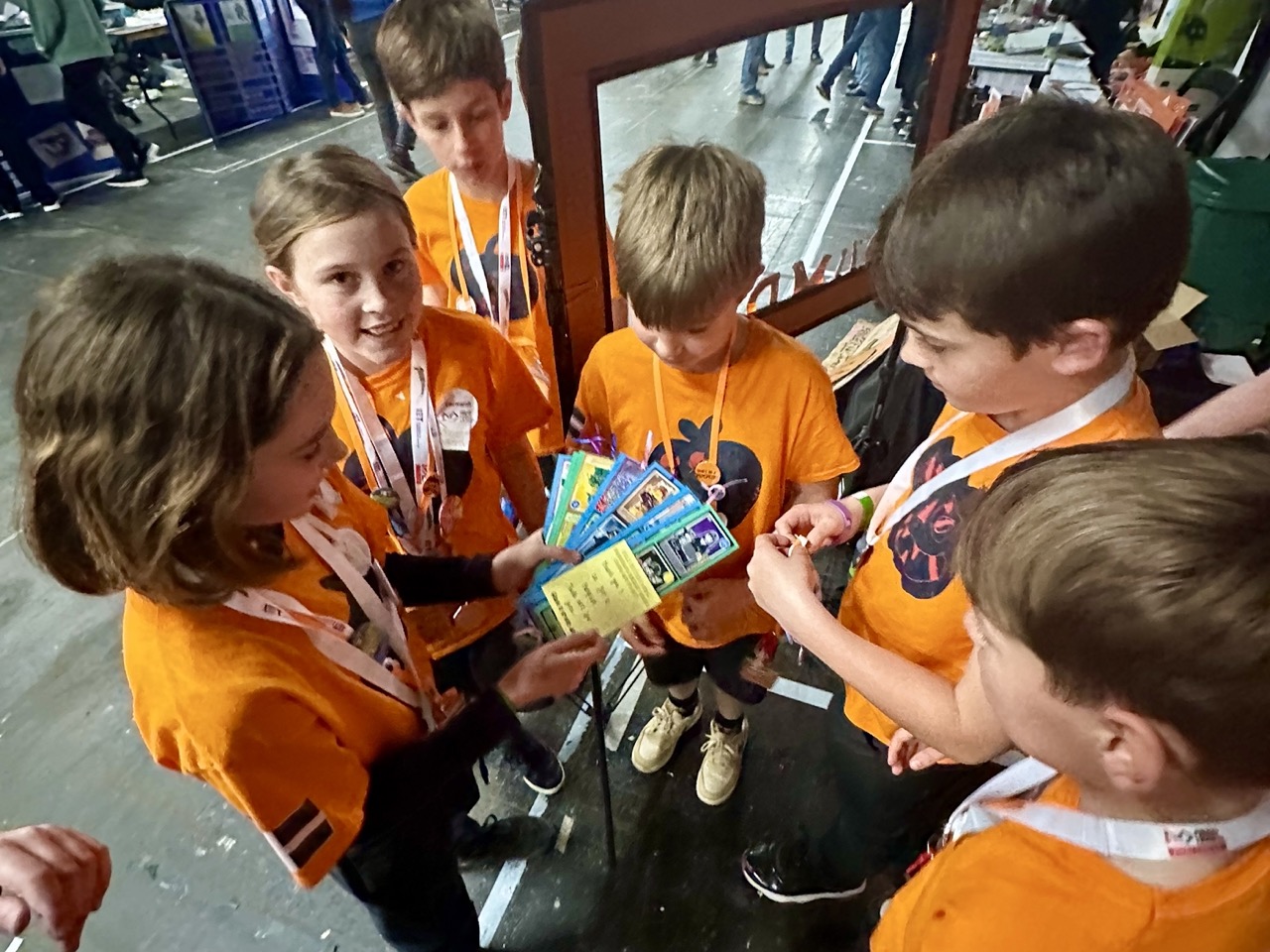

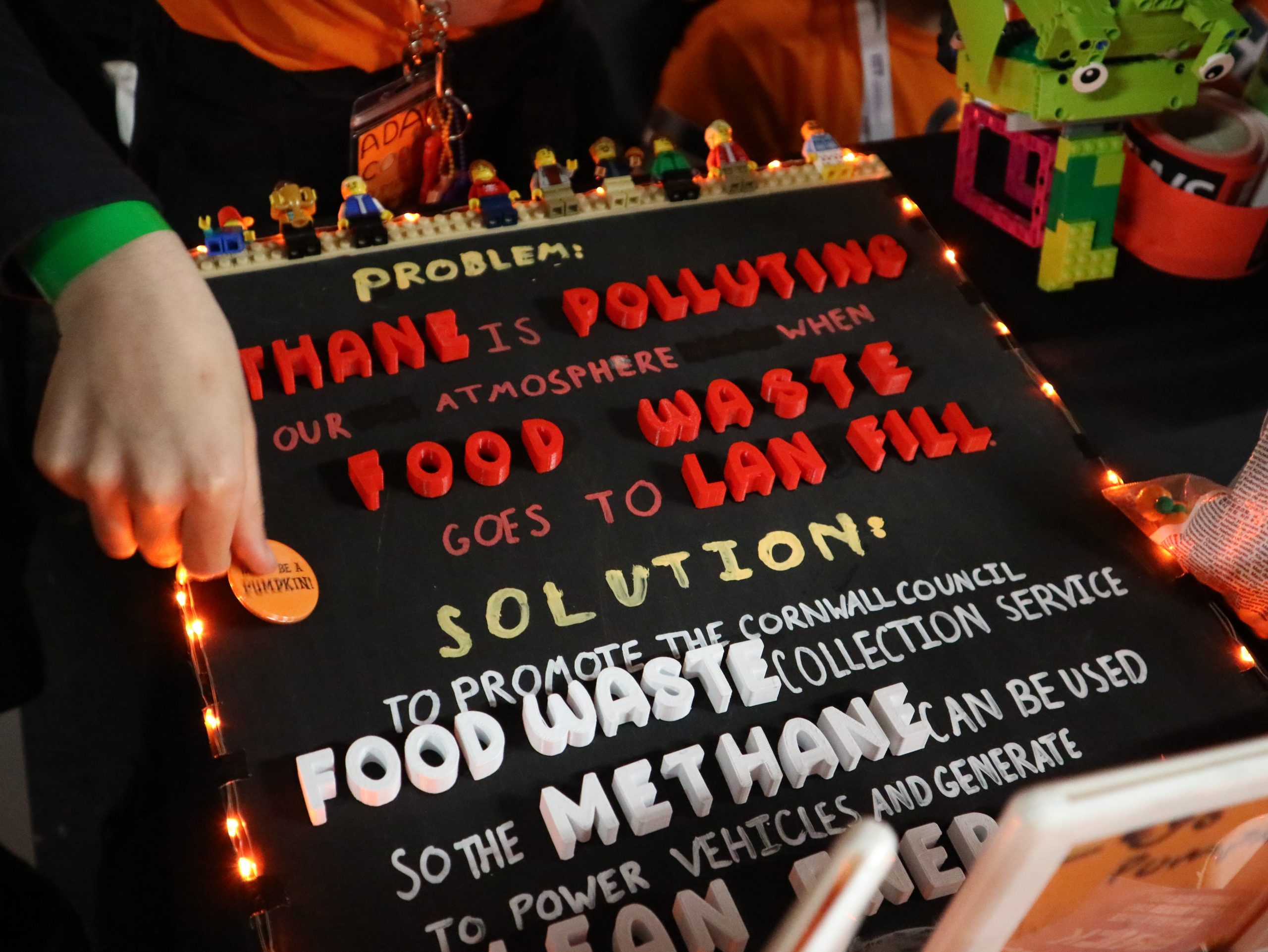

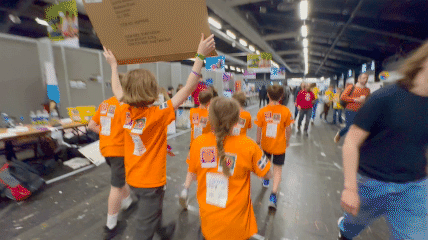

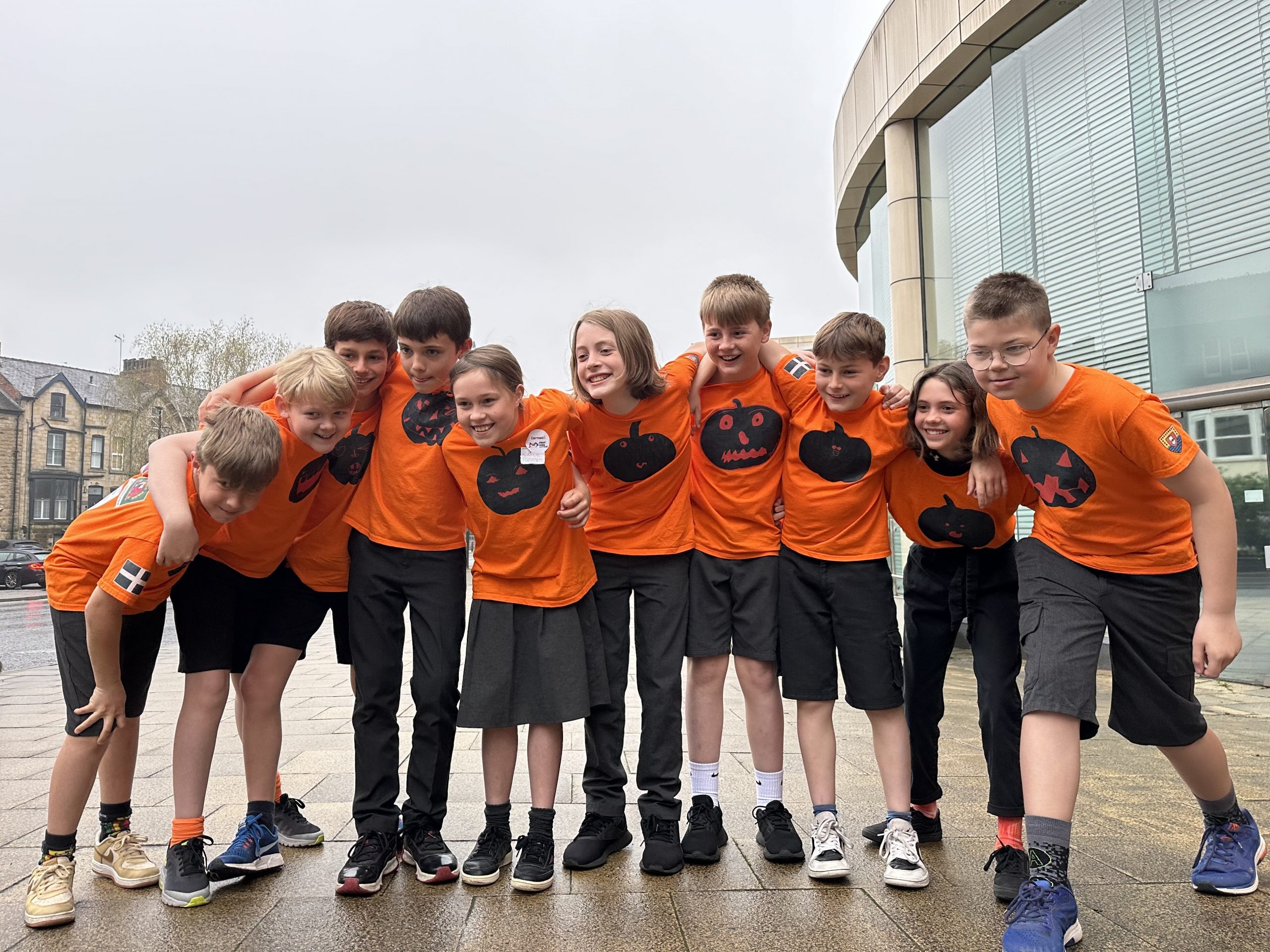
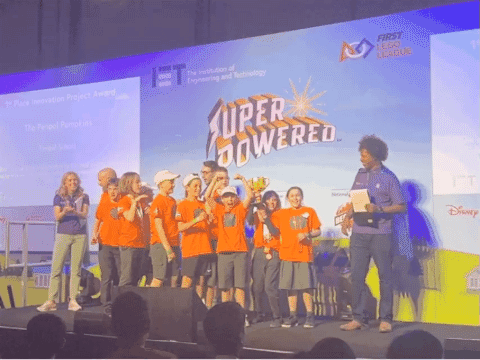

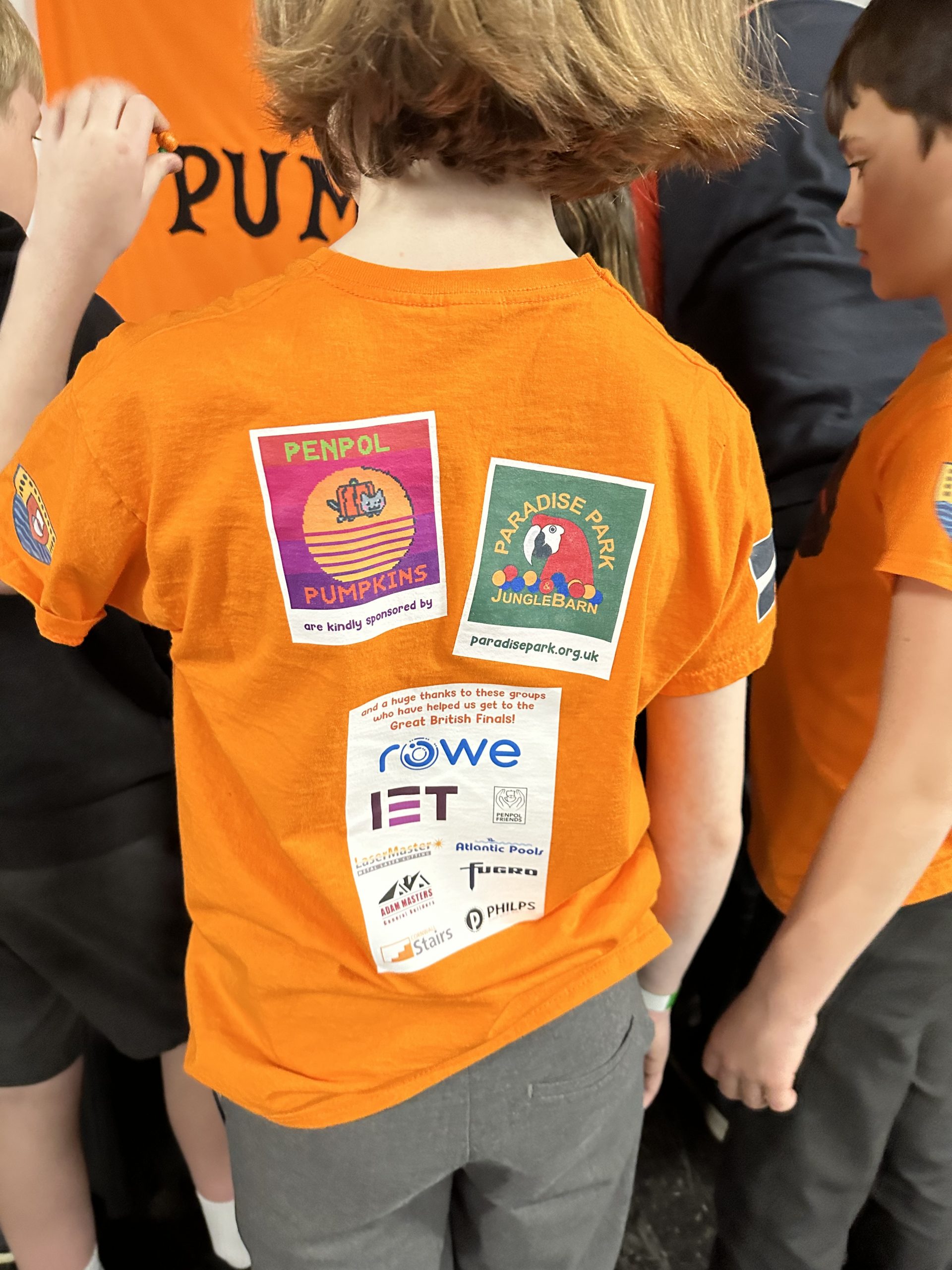
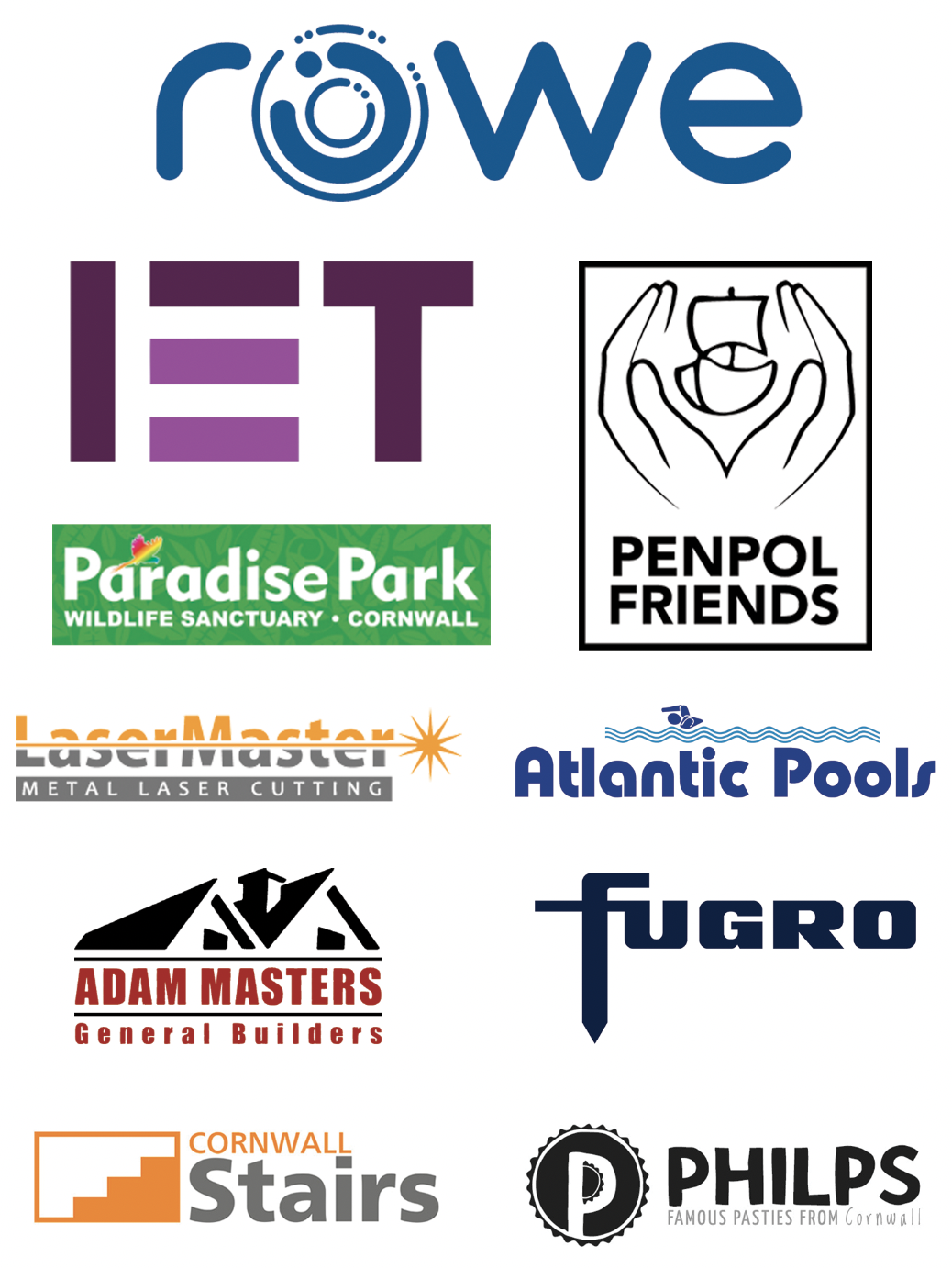
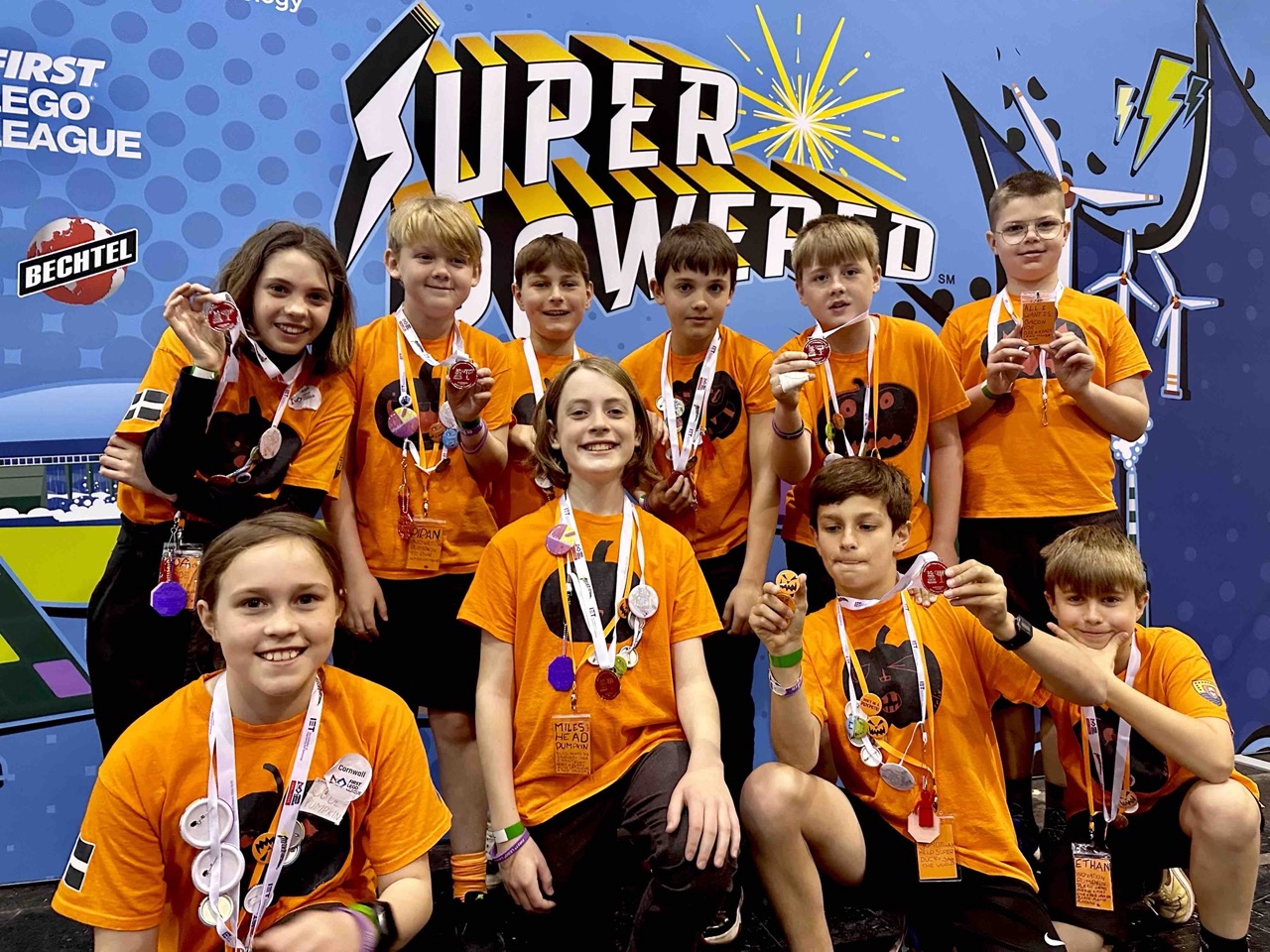
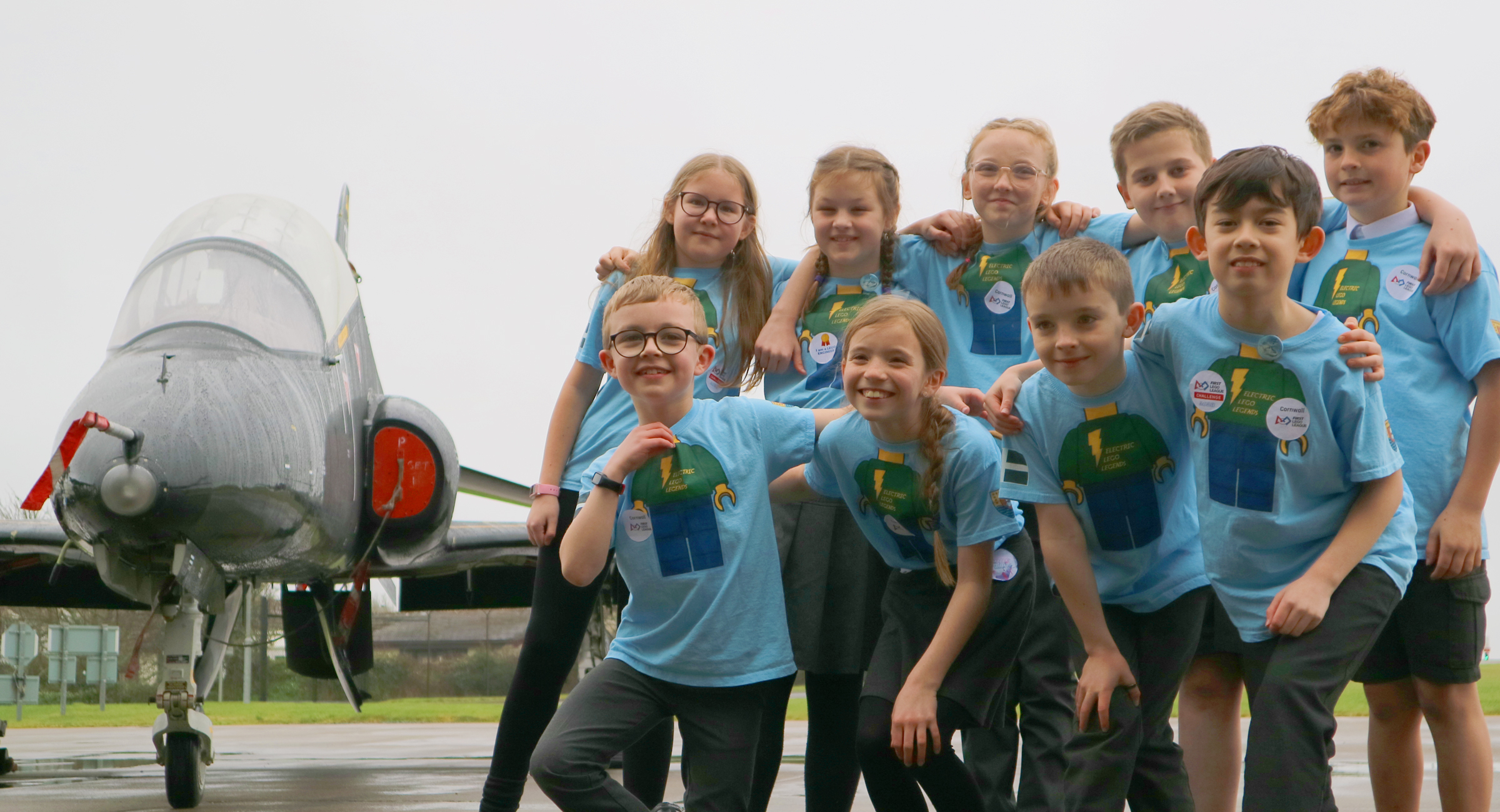
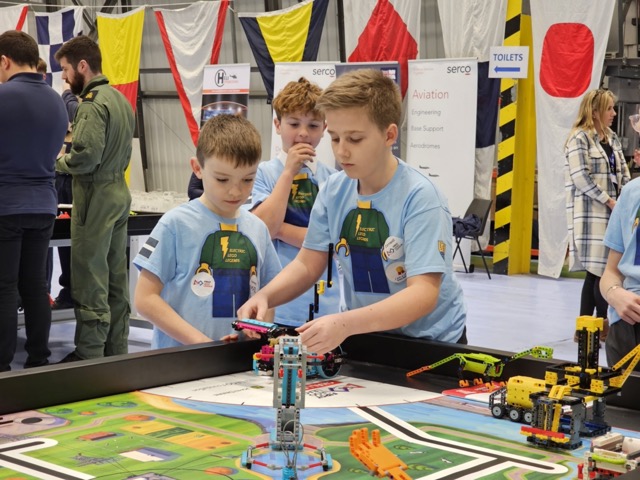
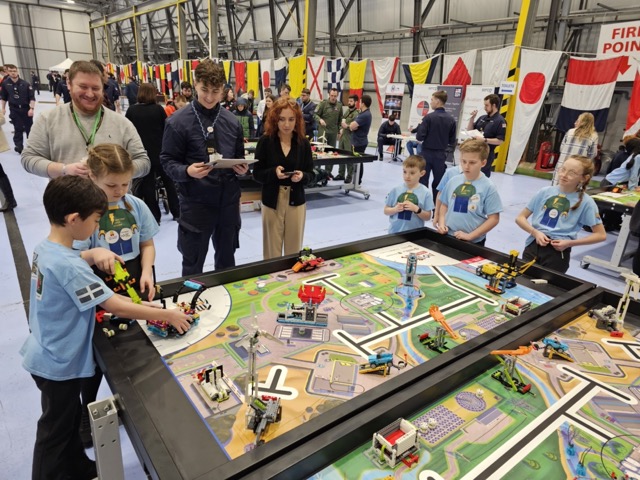
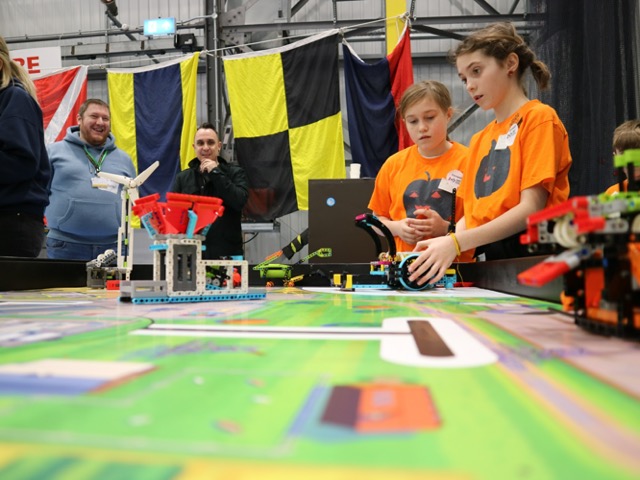
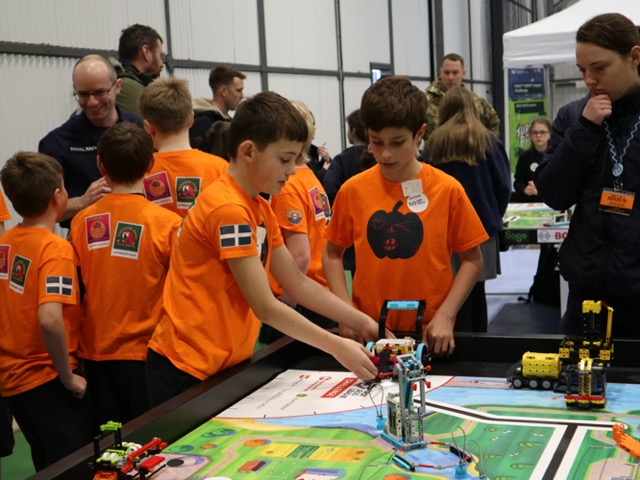
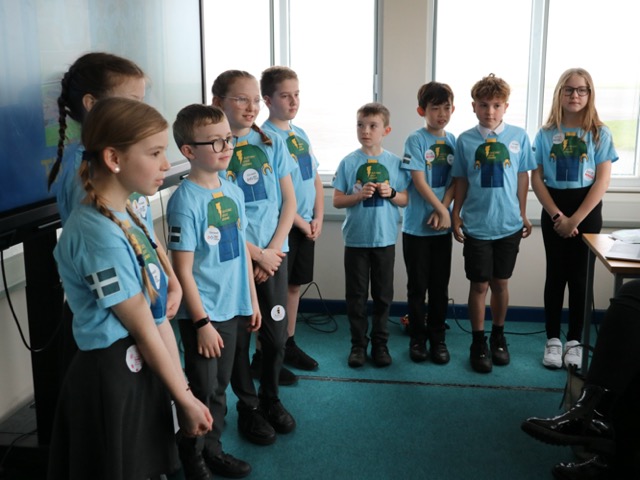
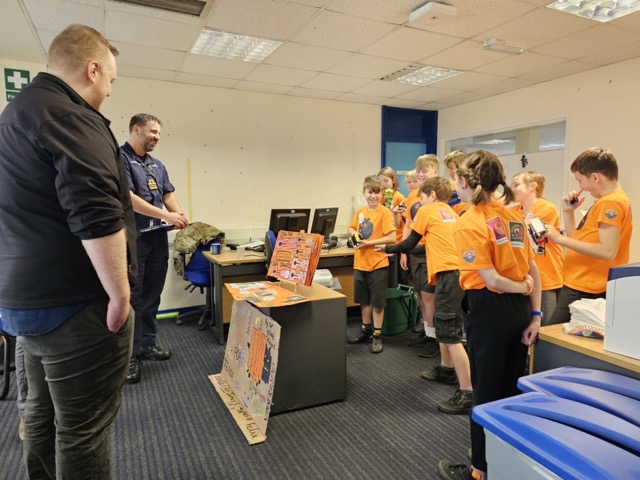
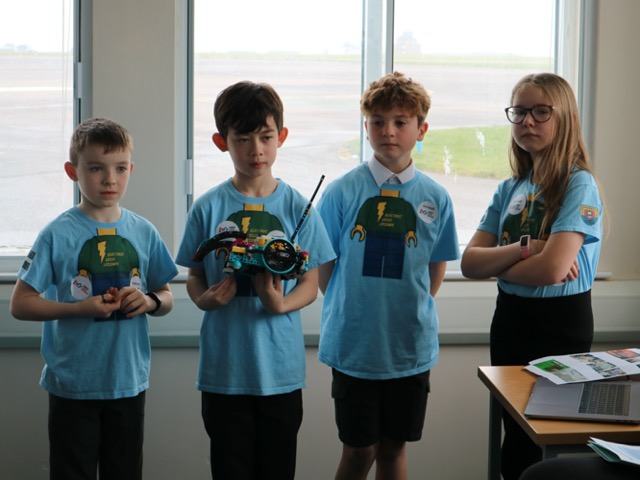
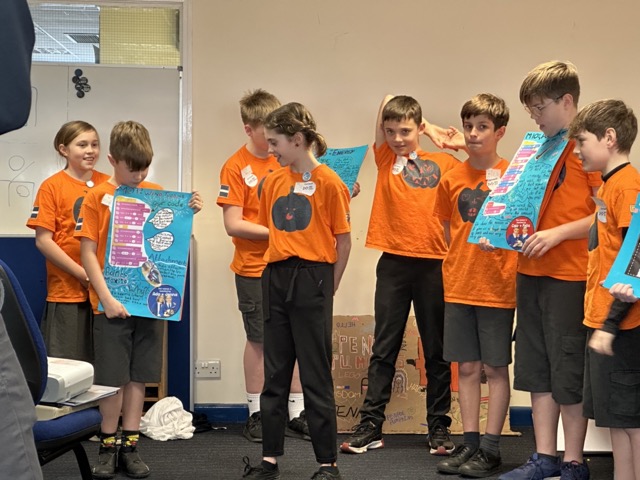
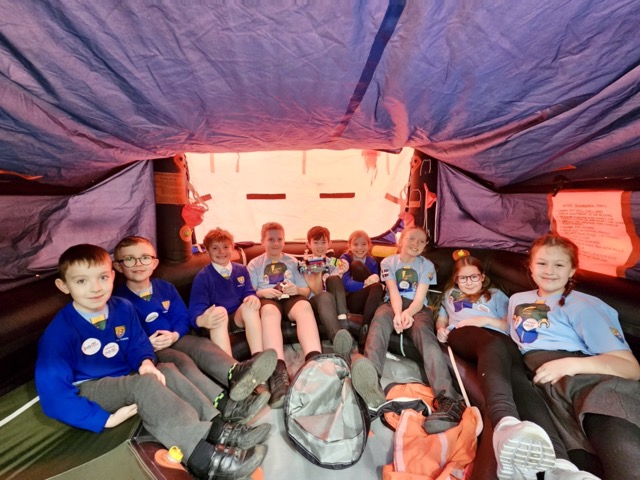
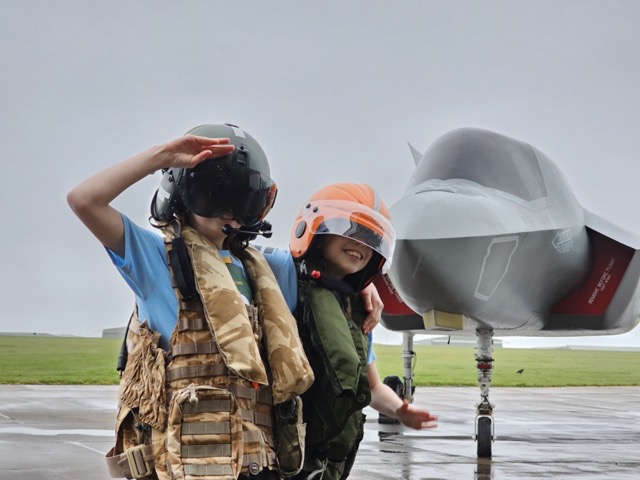
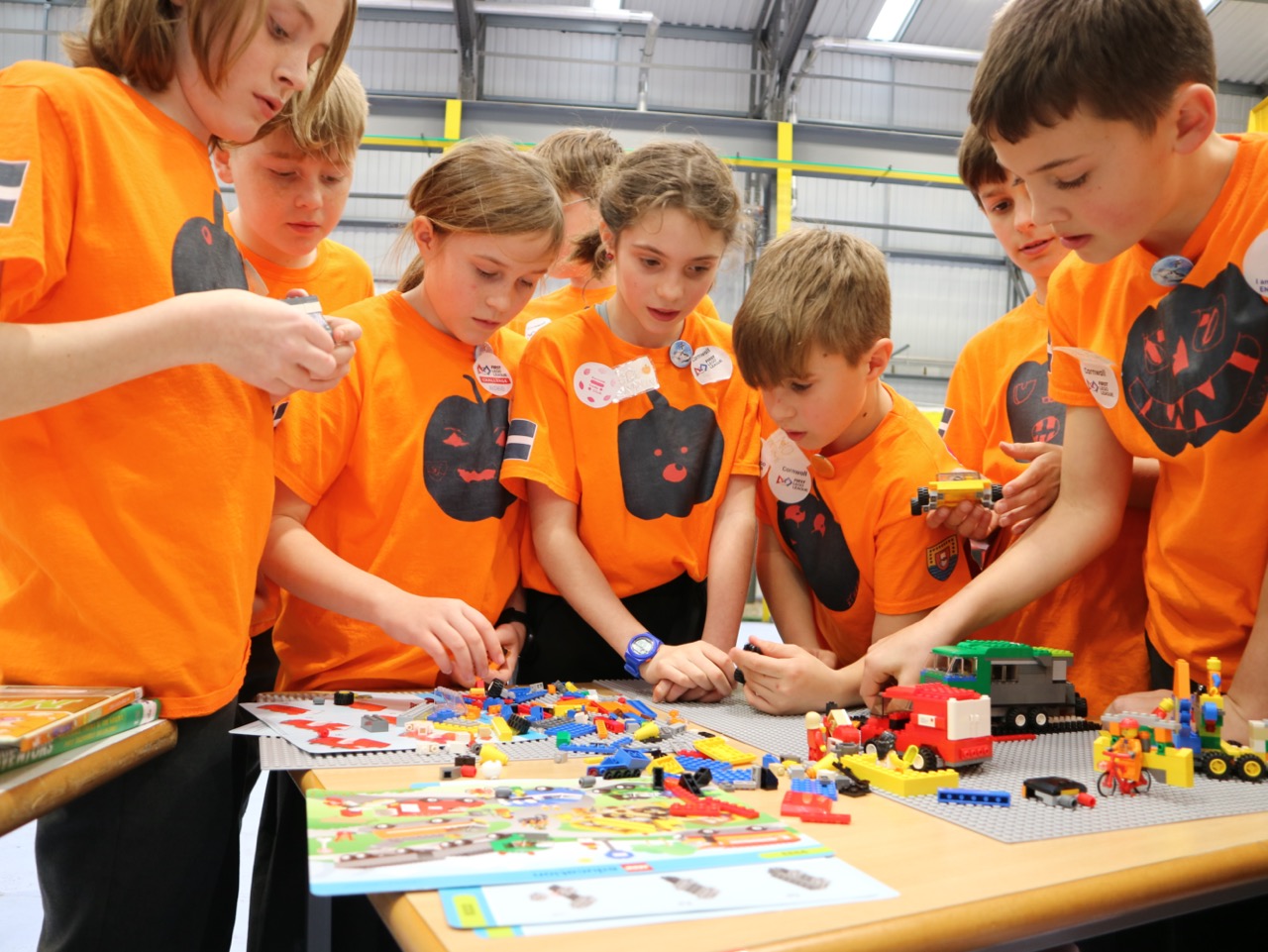
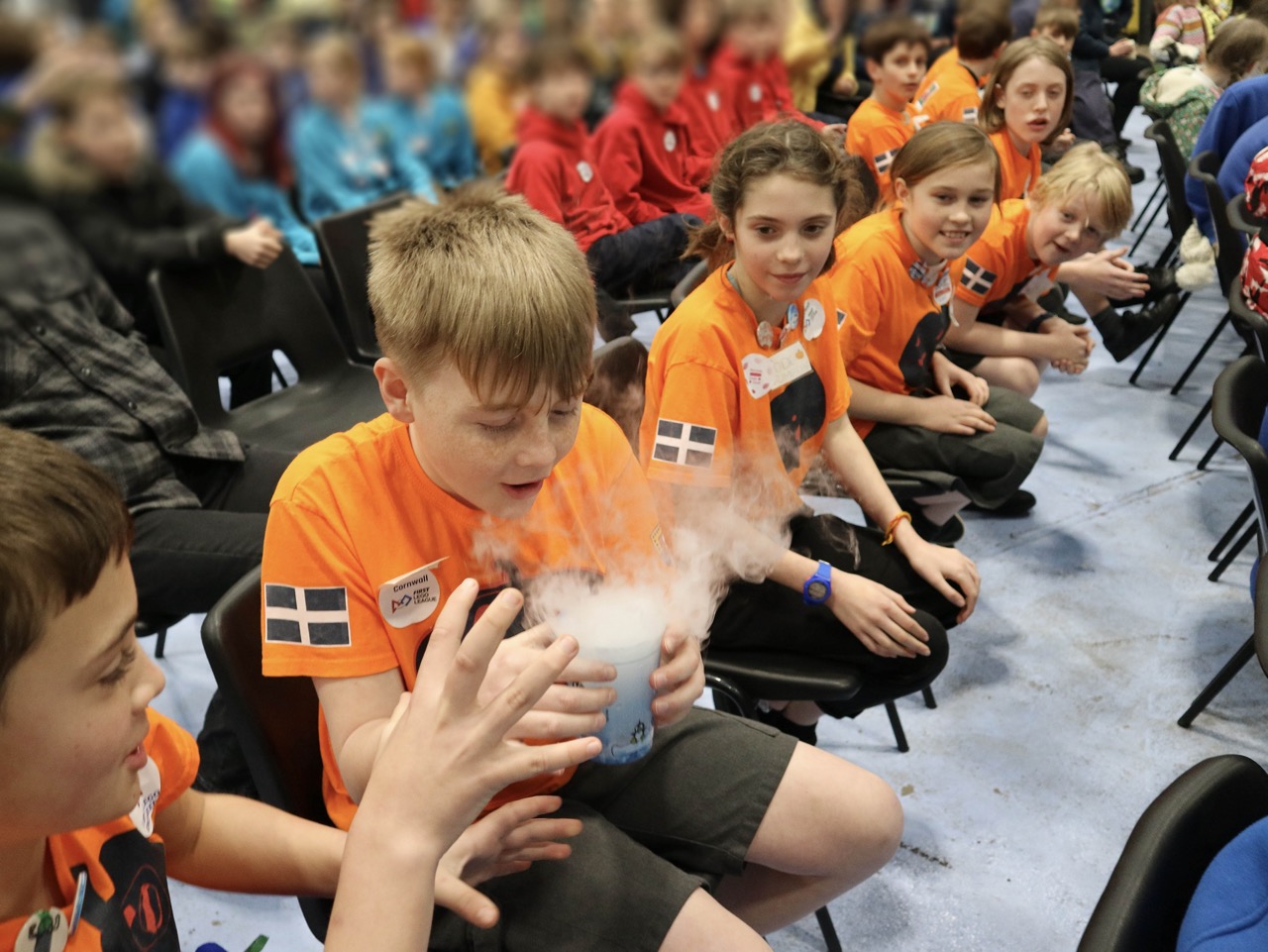

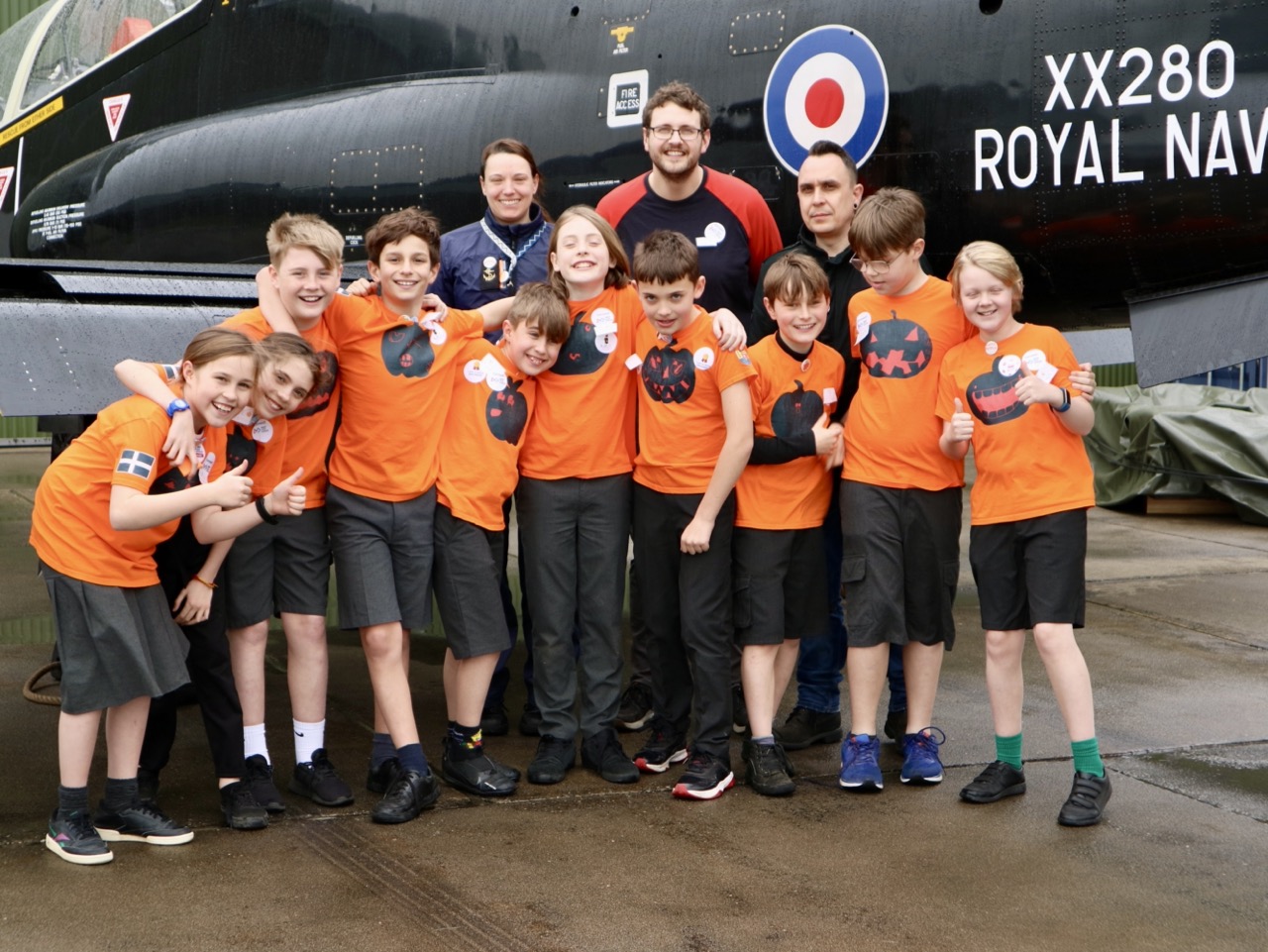
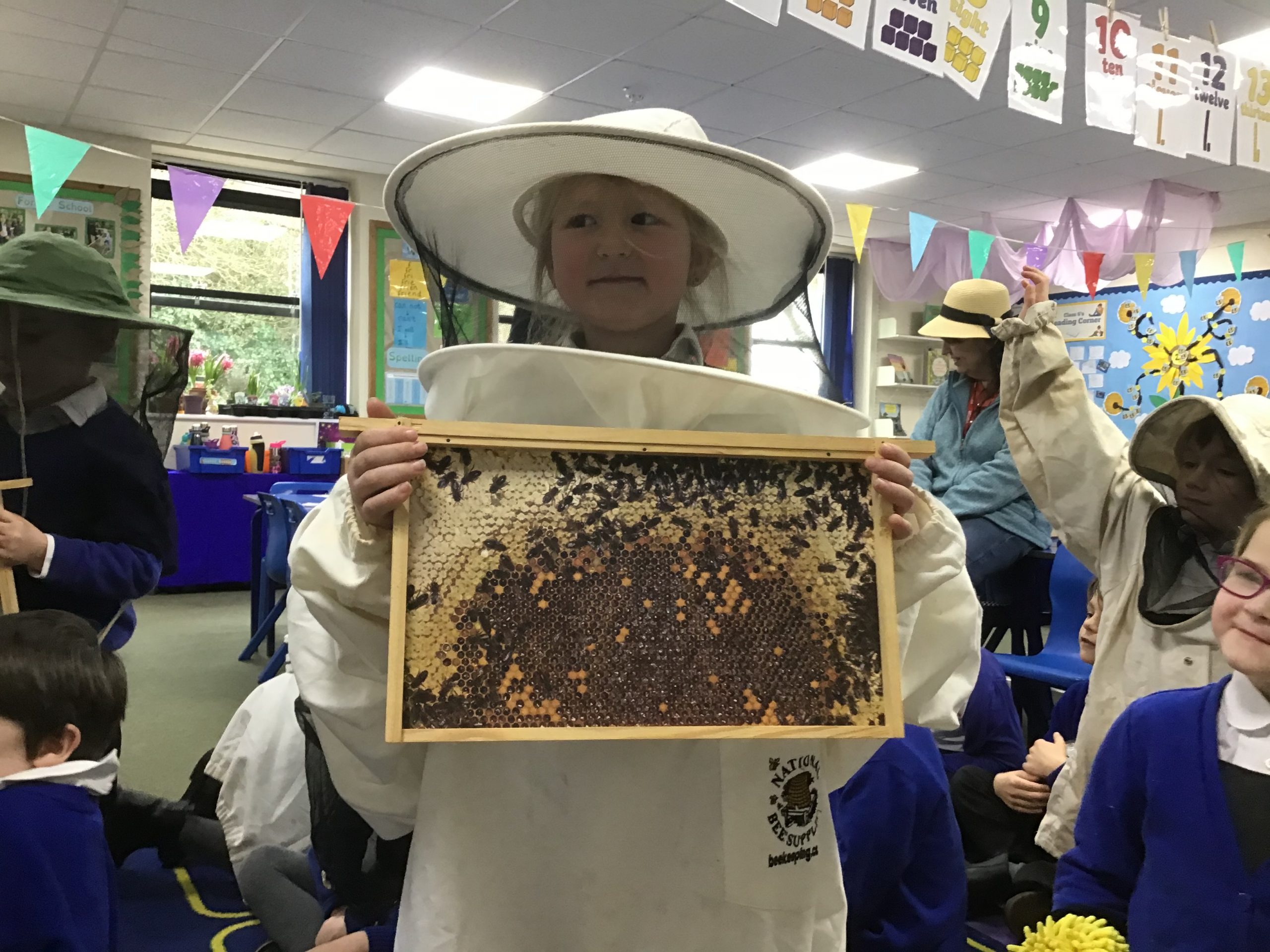
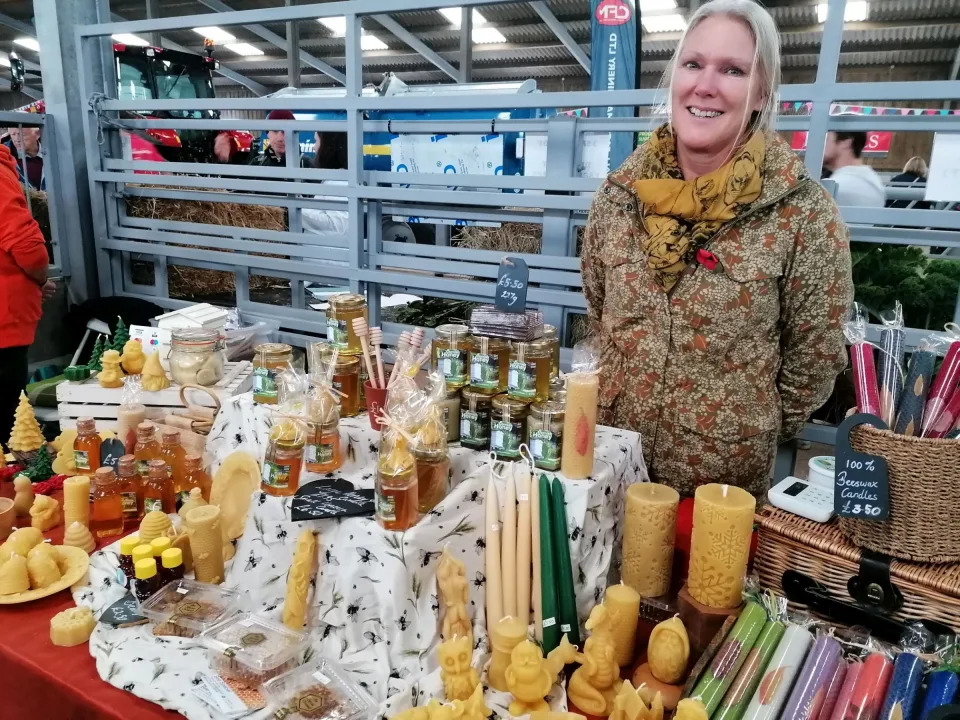 .
. 
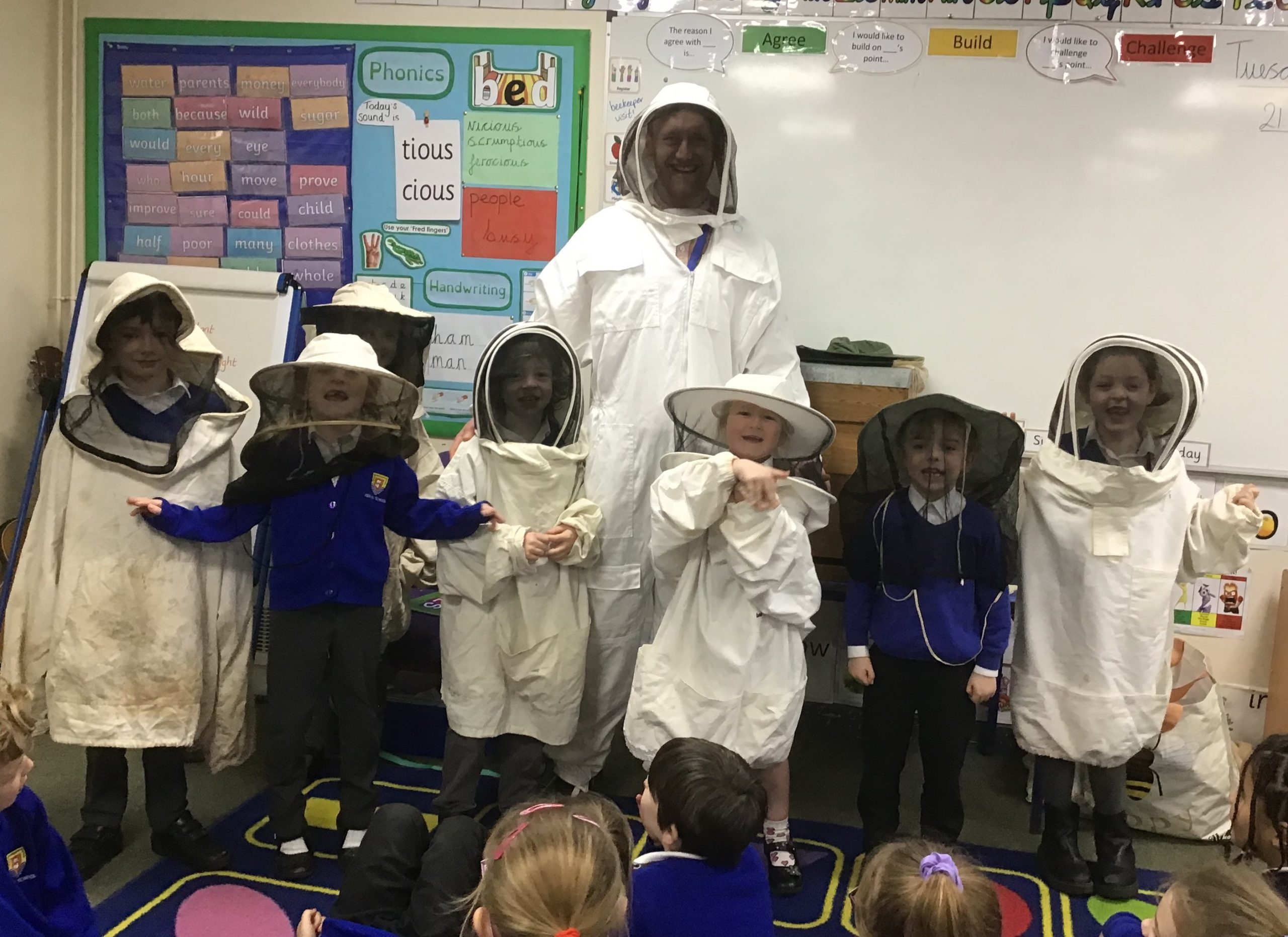 .
. 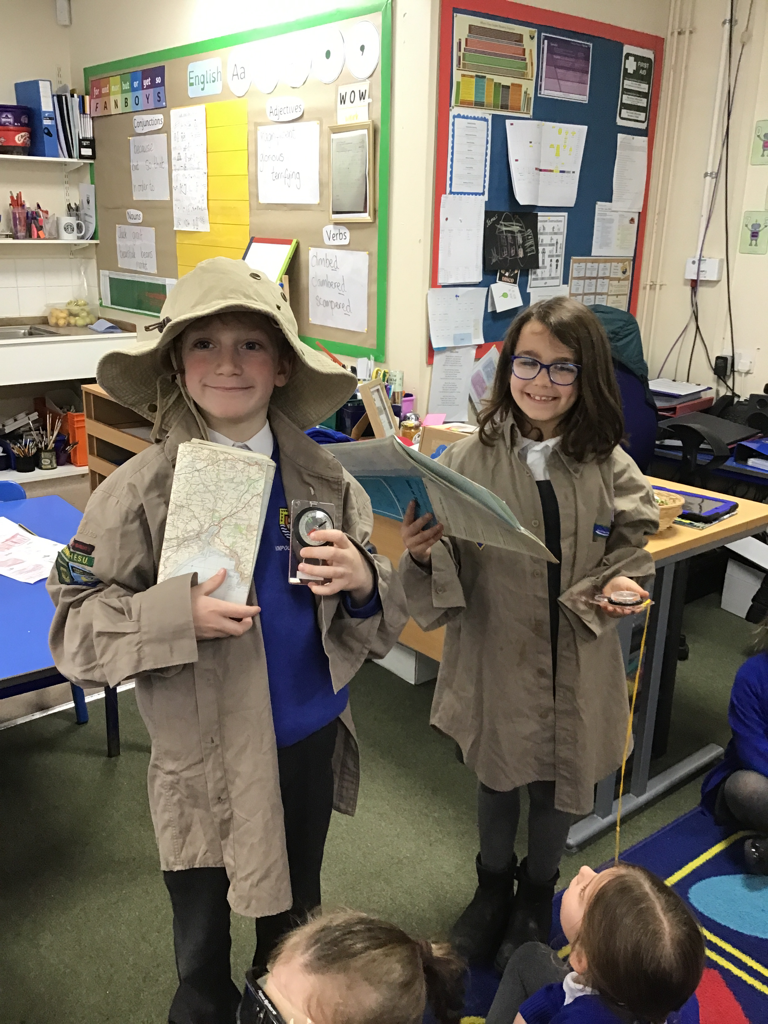 .
. 
